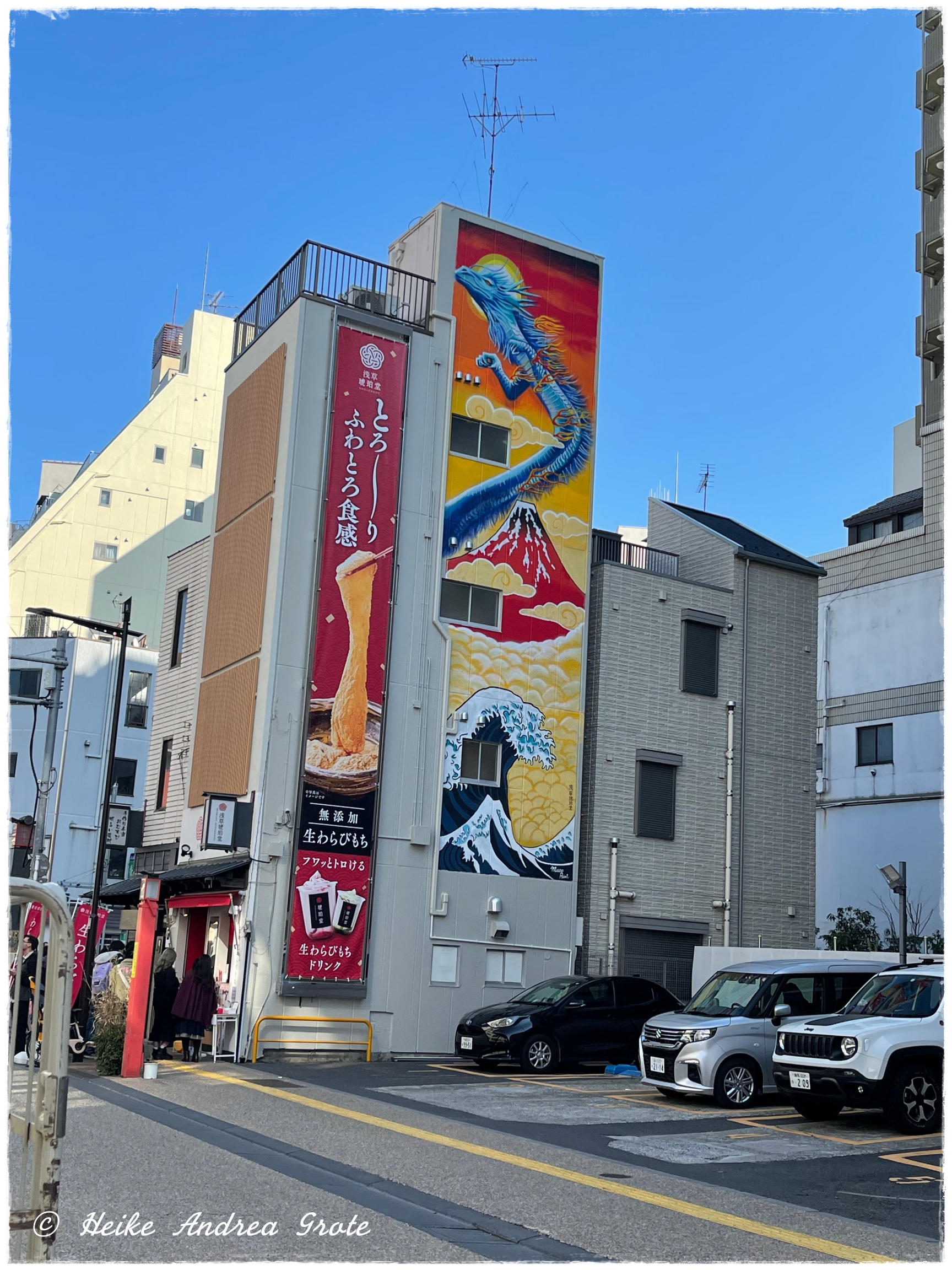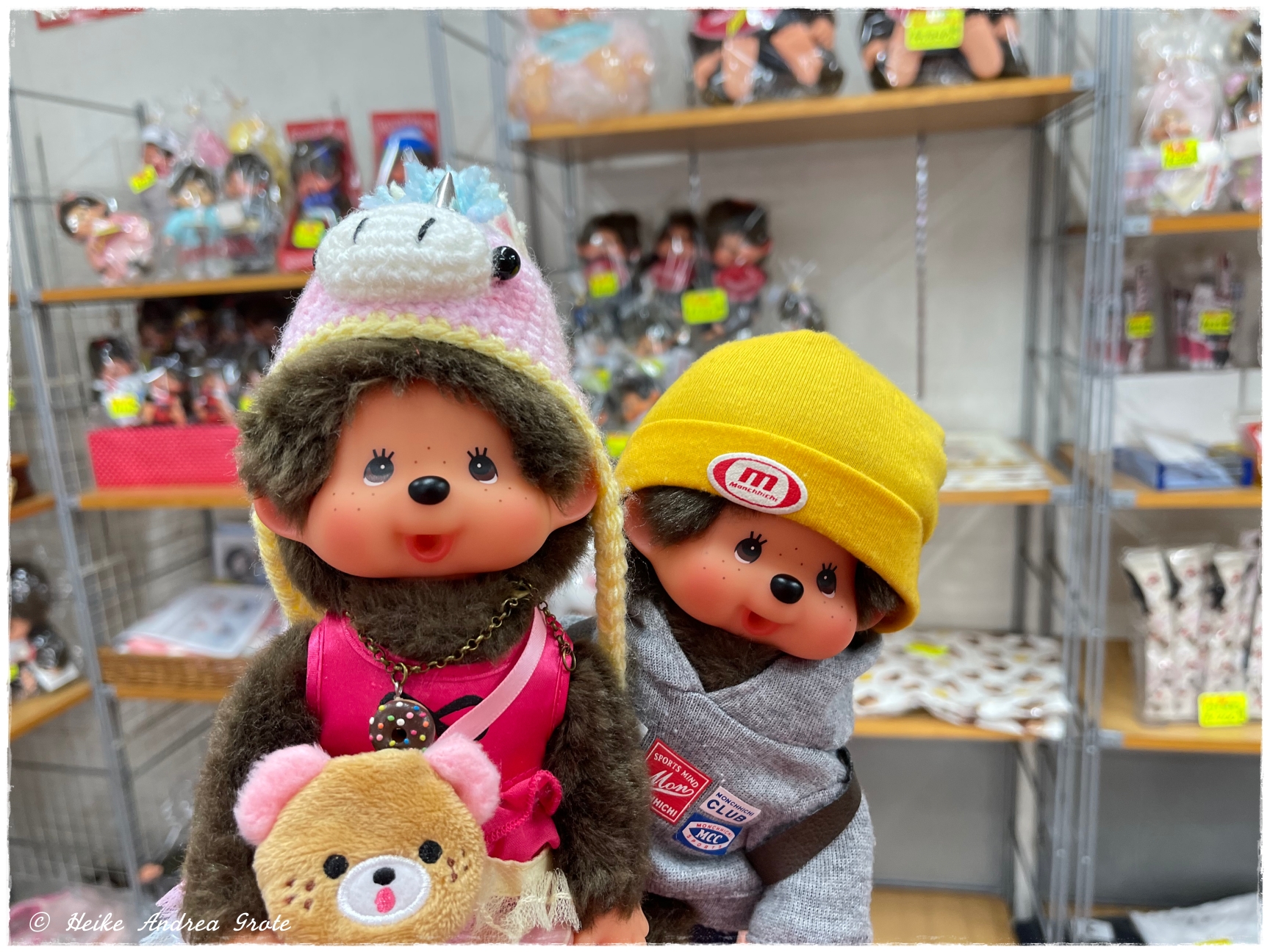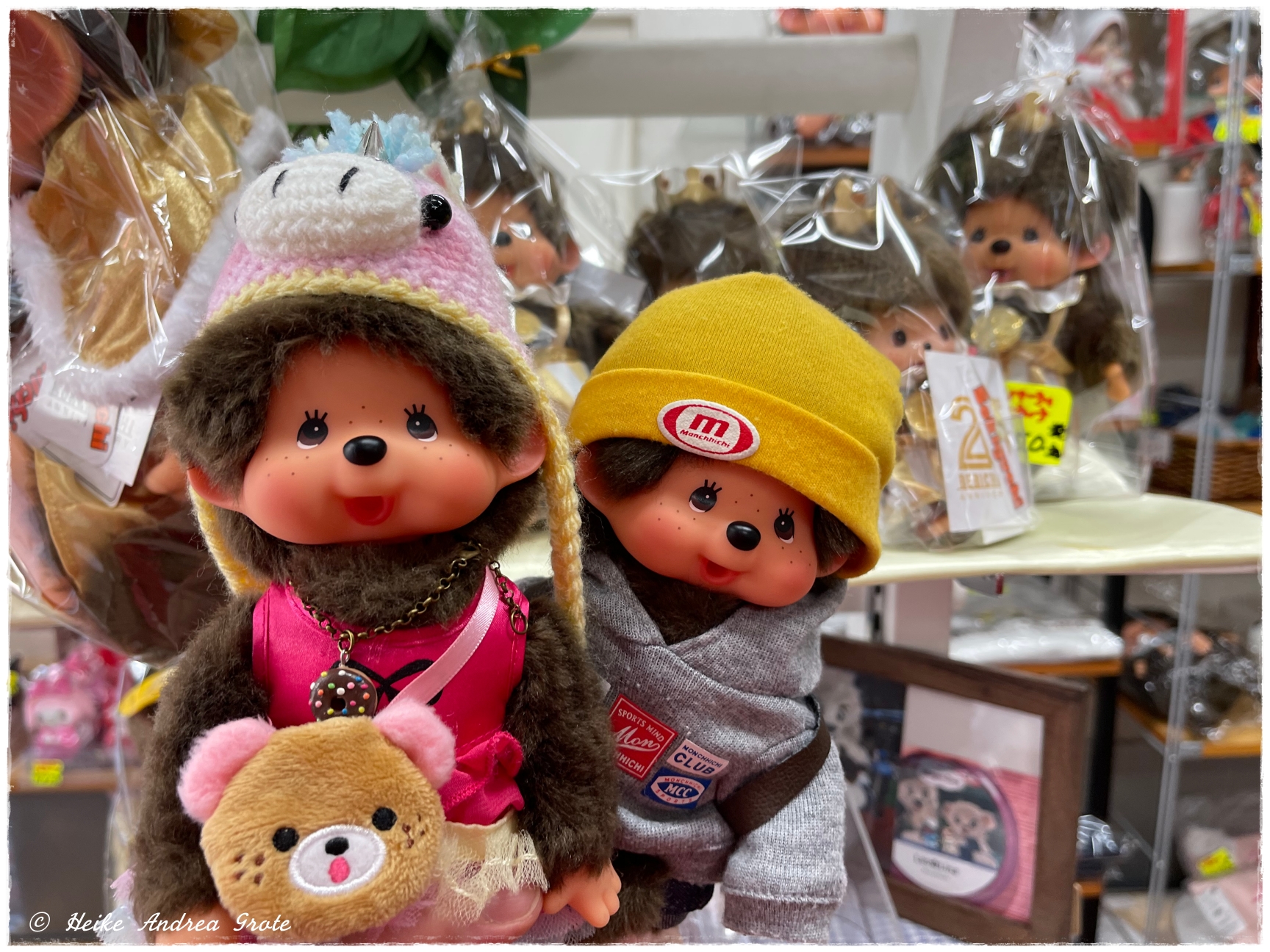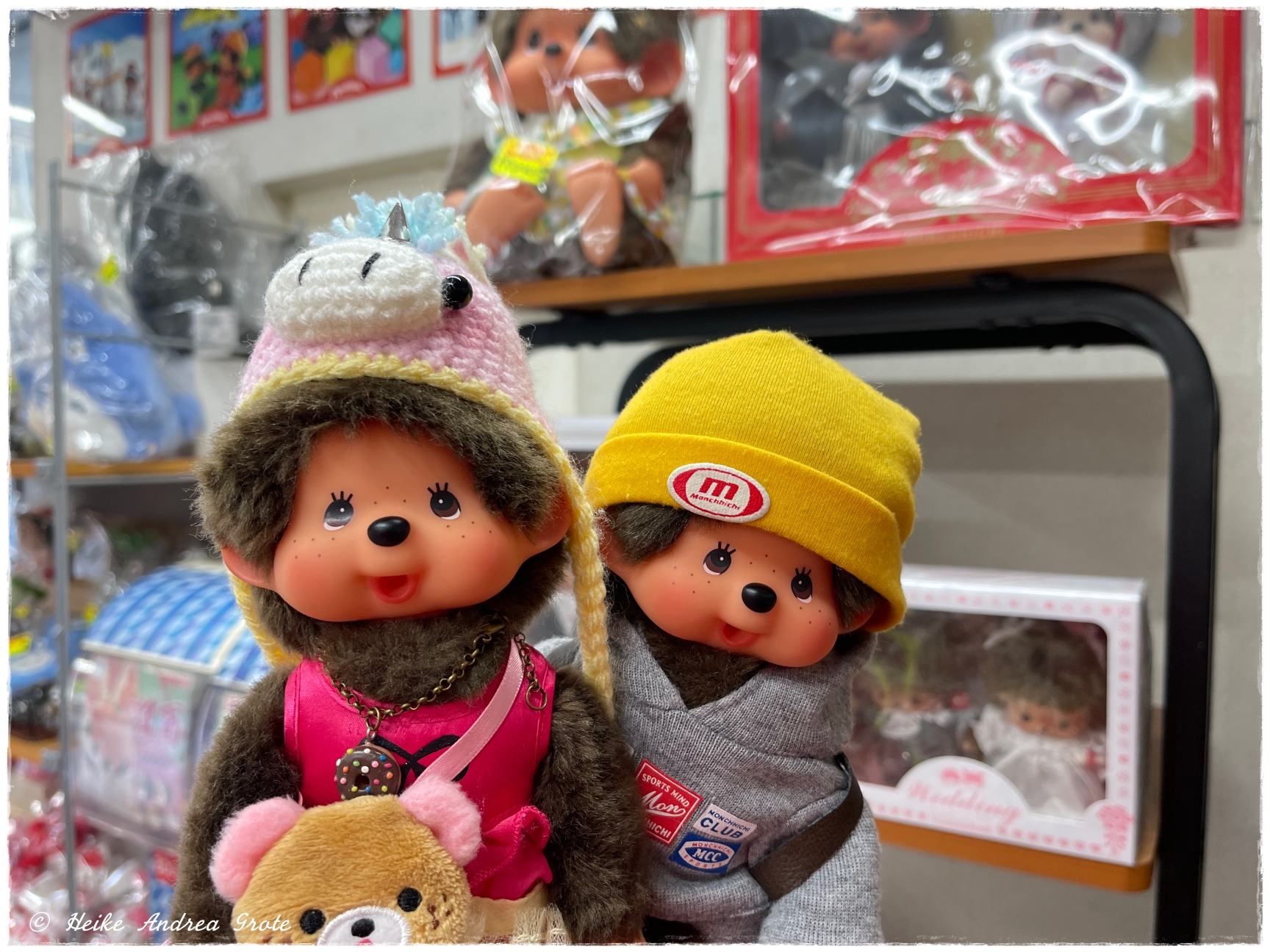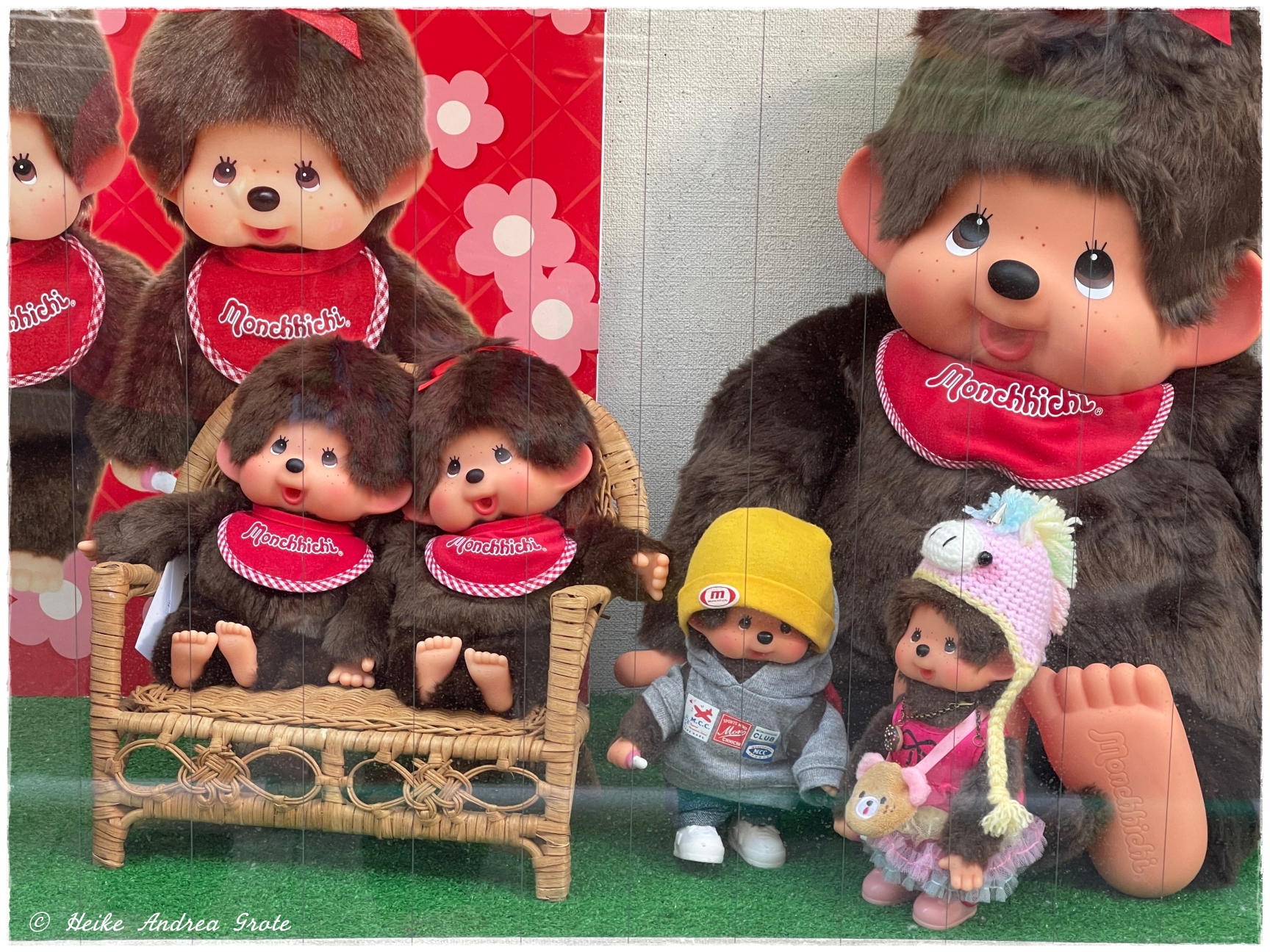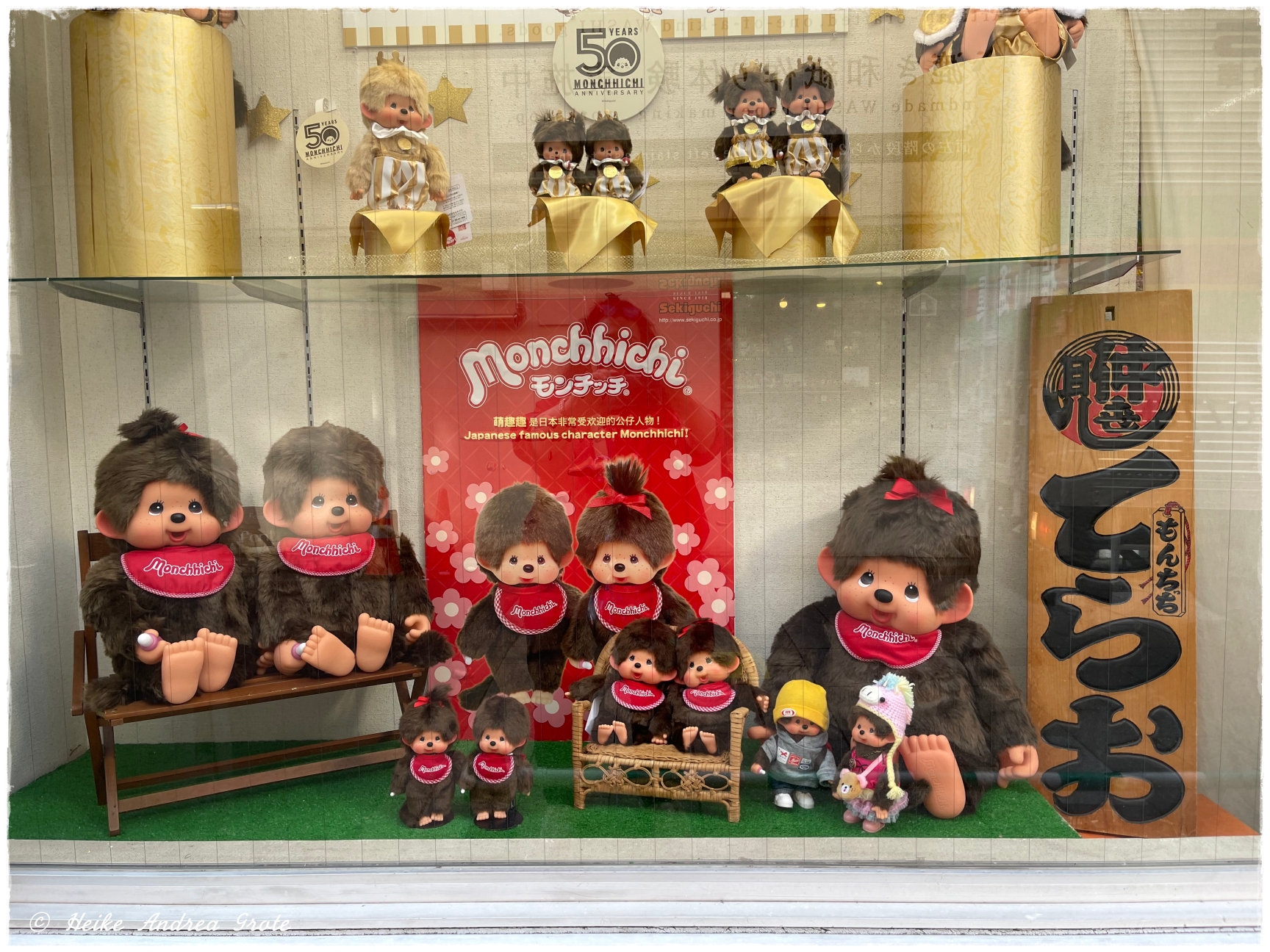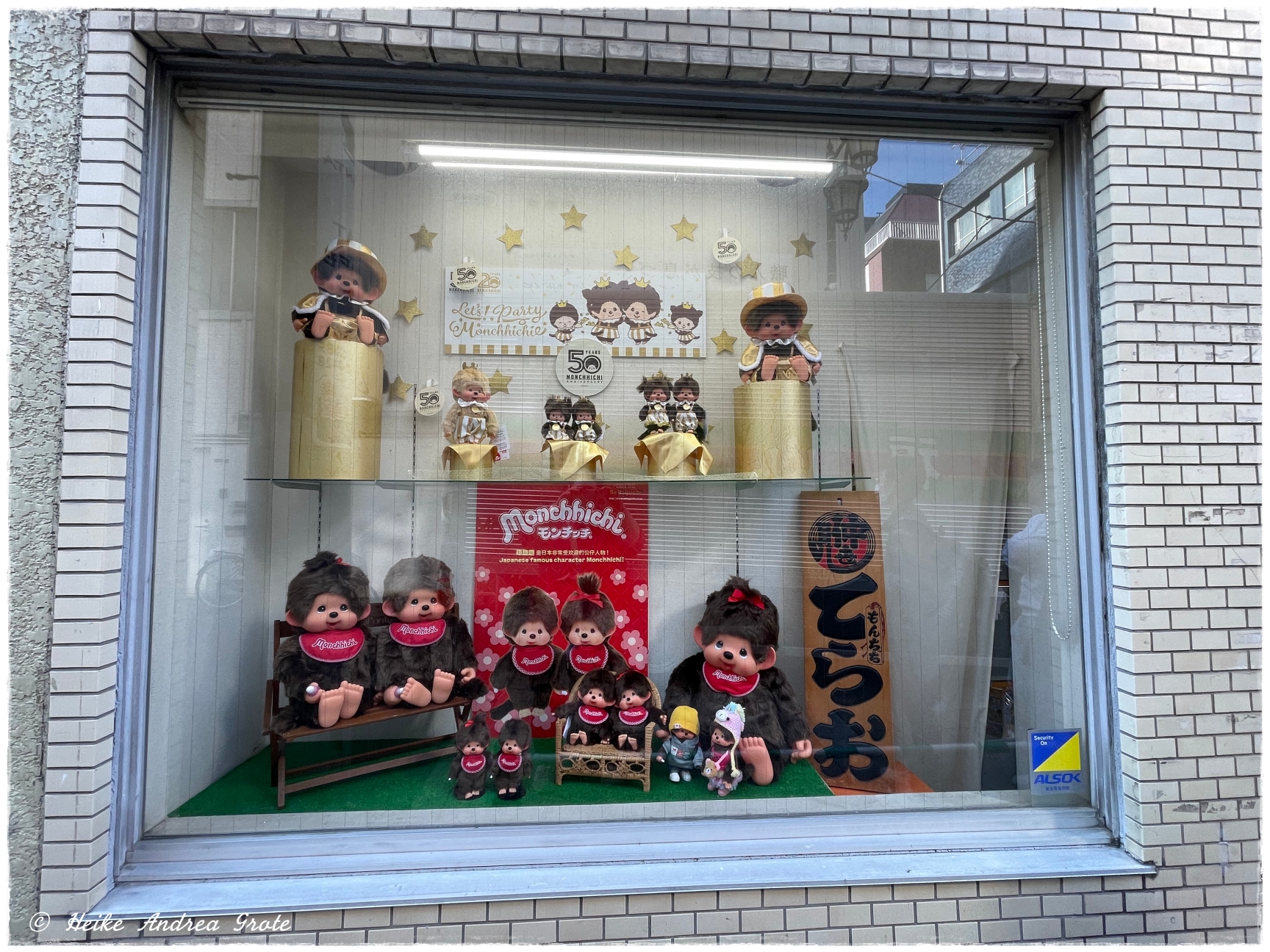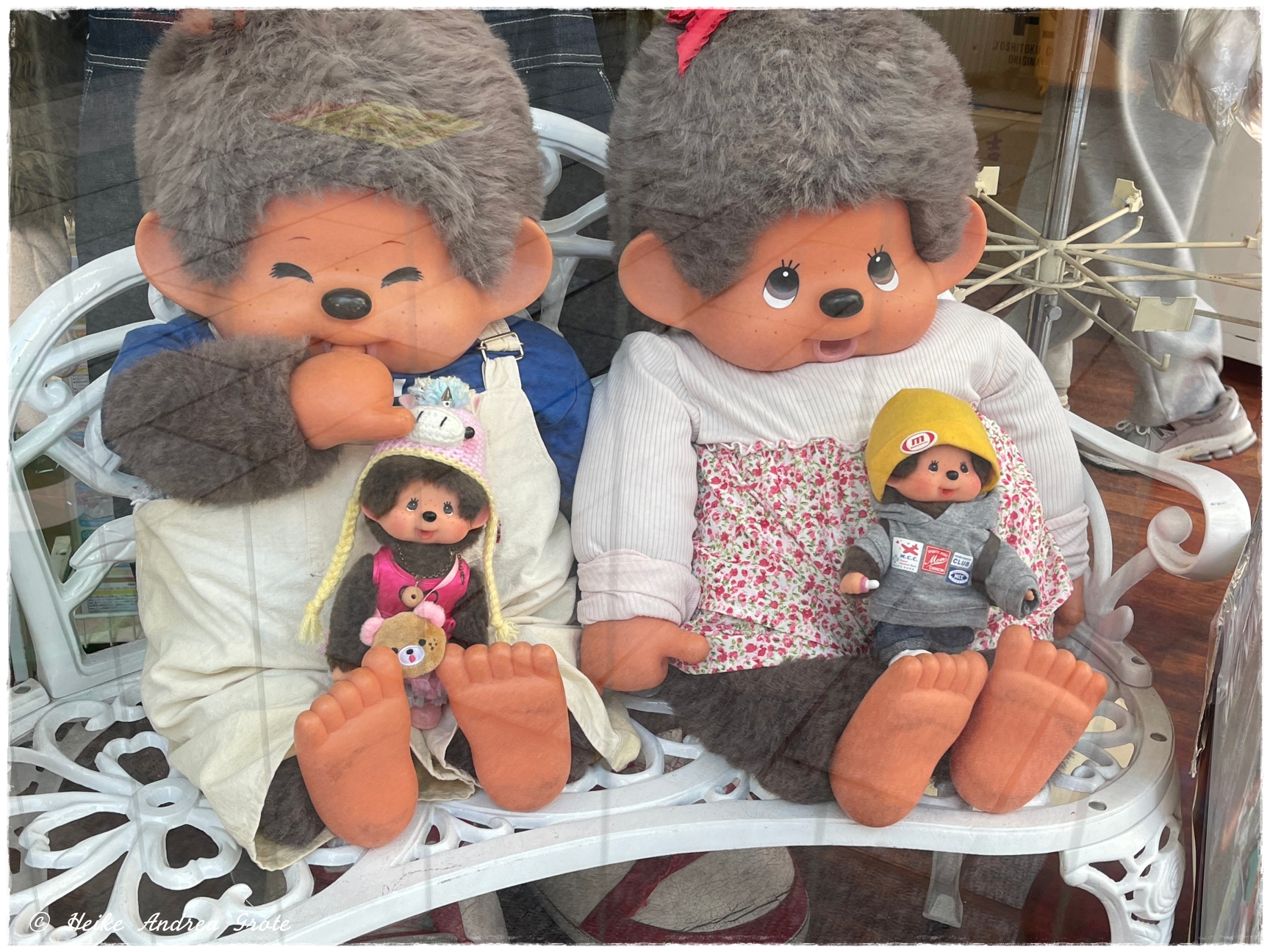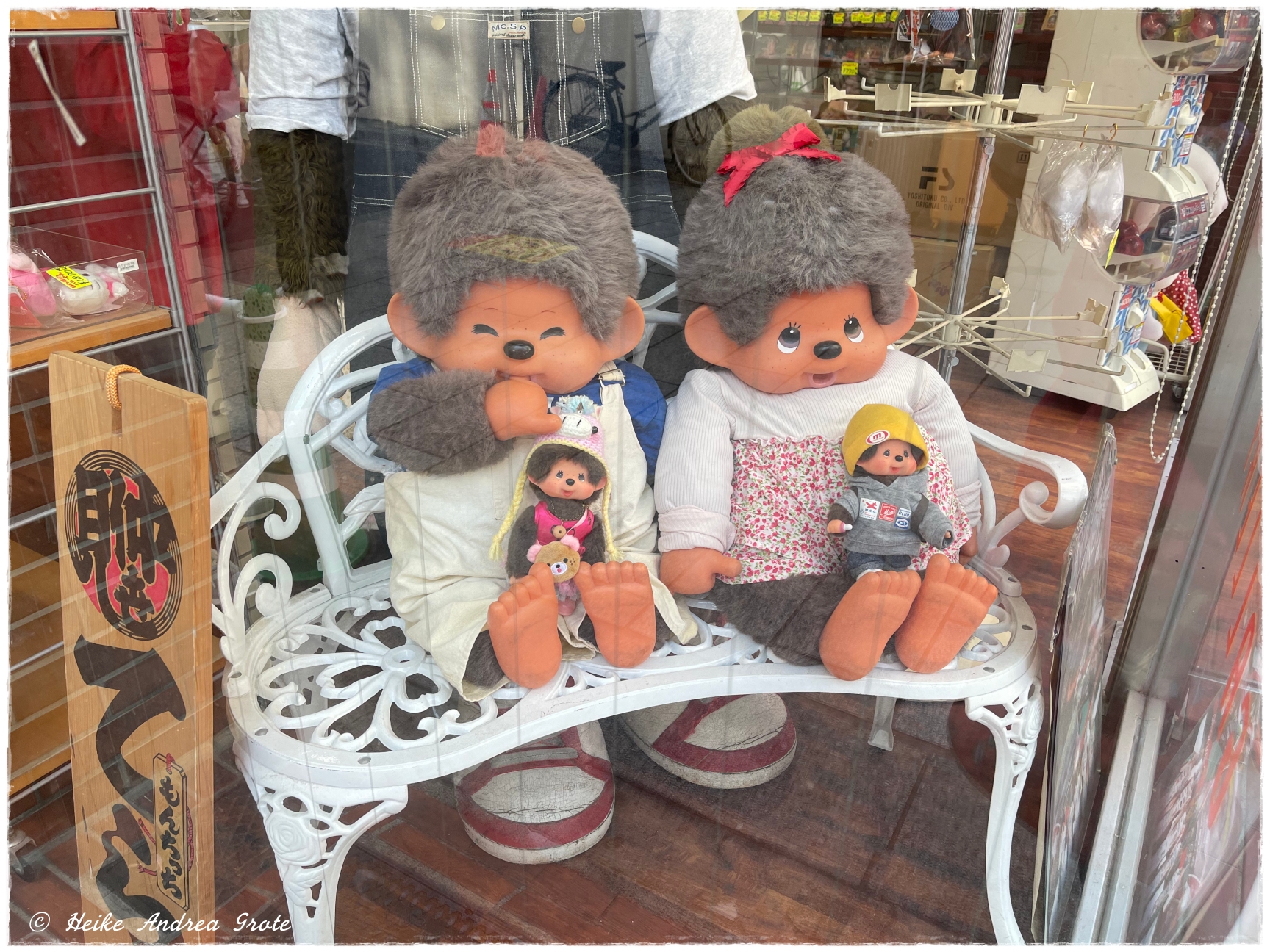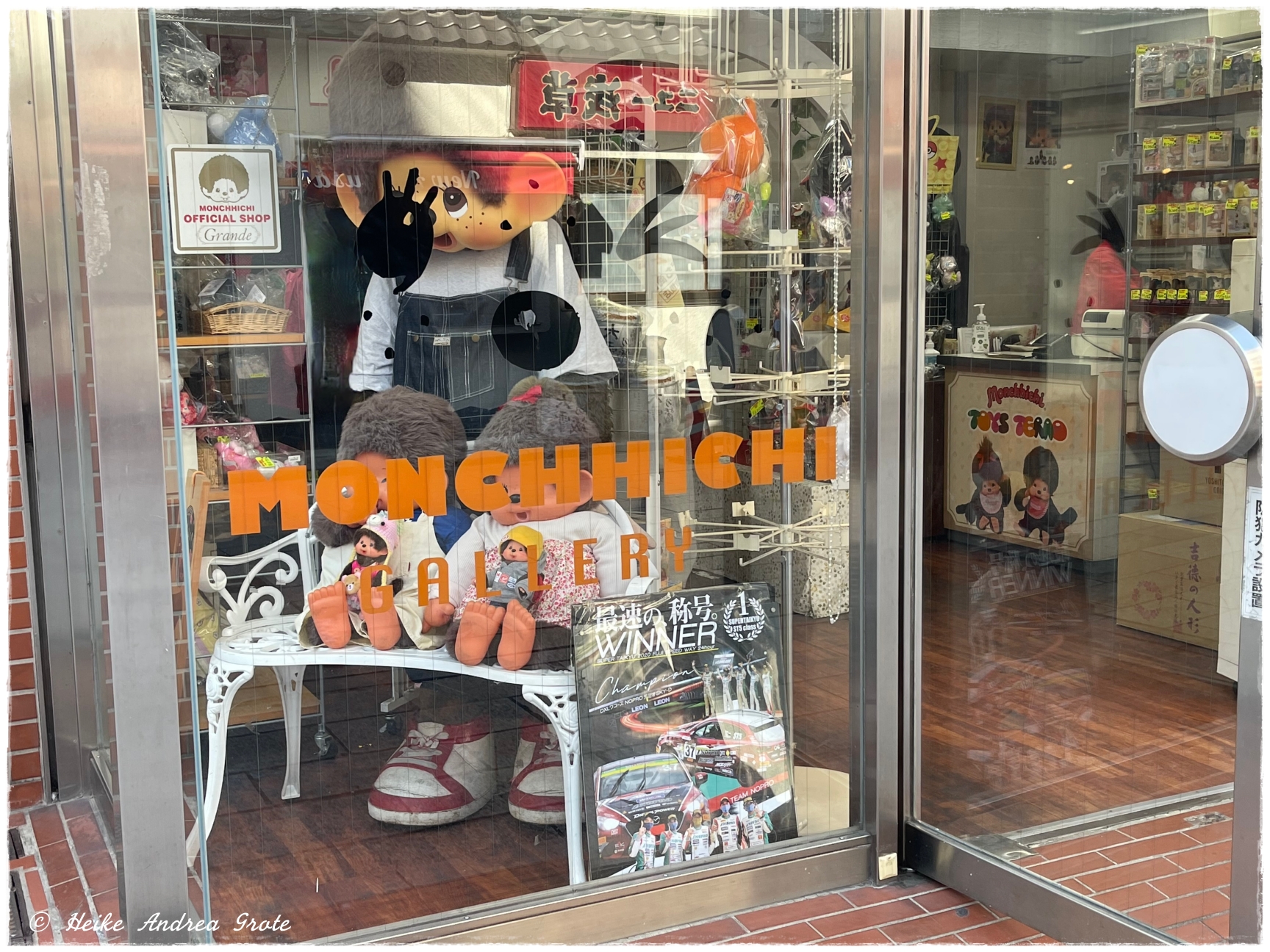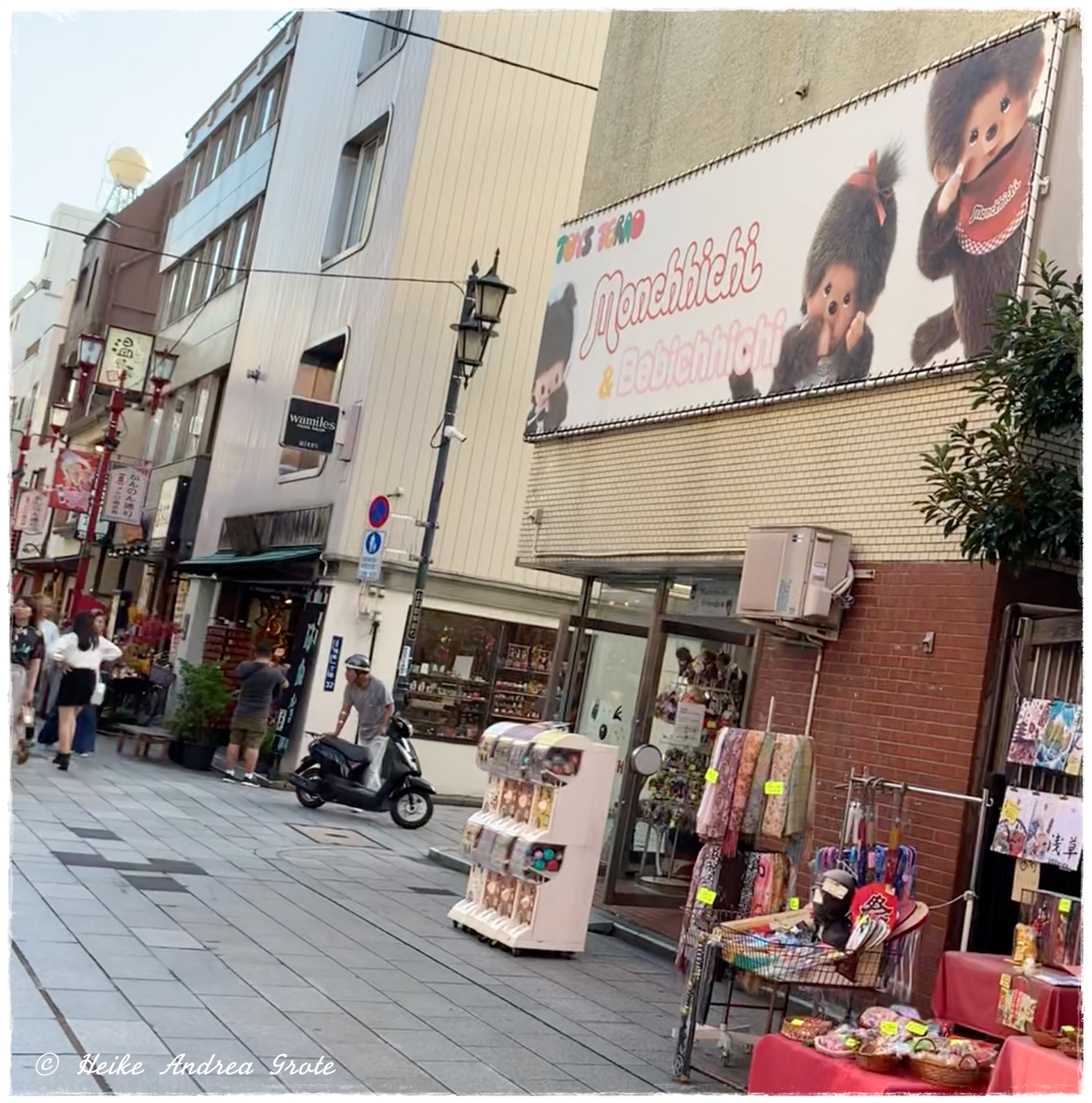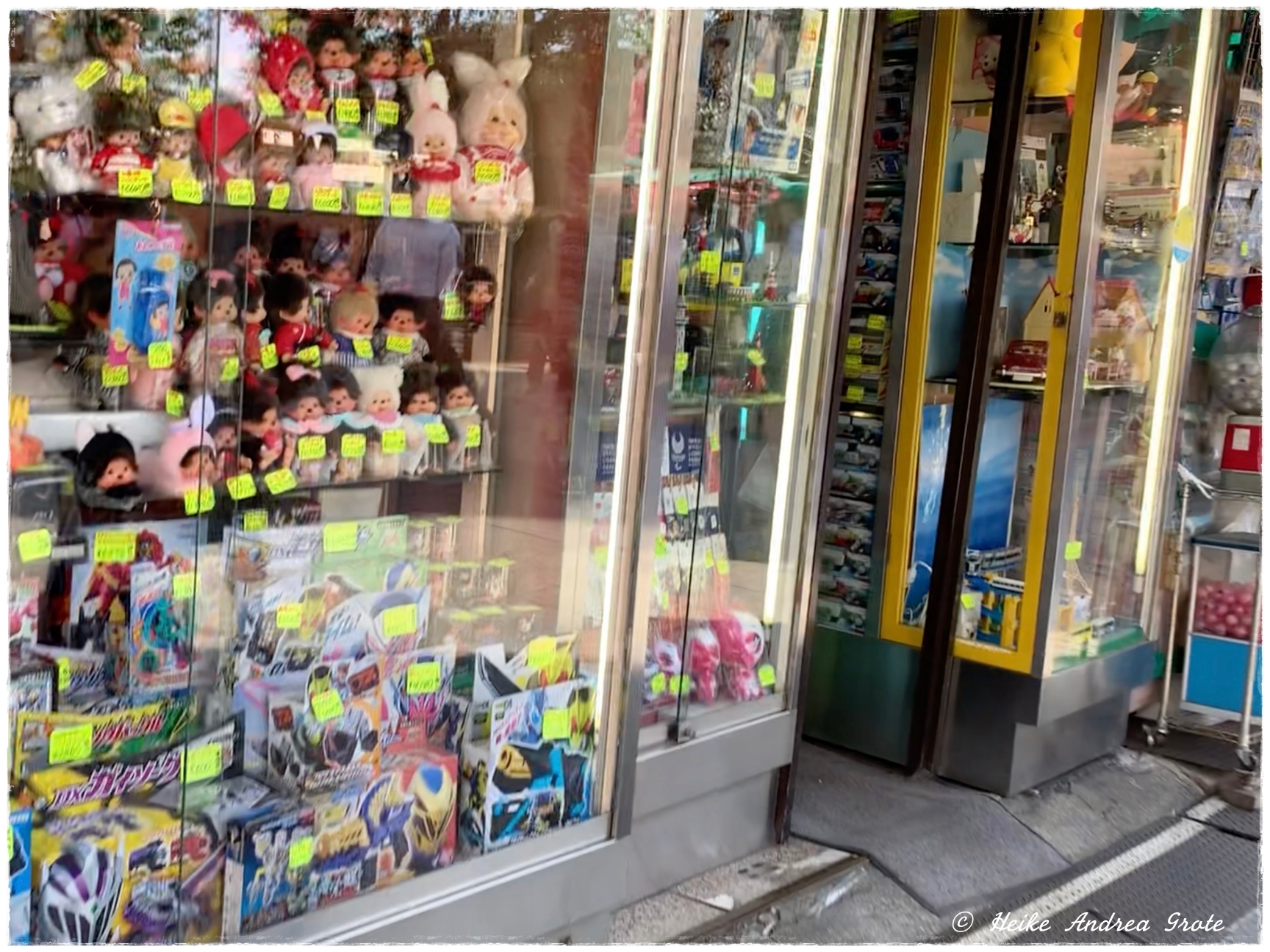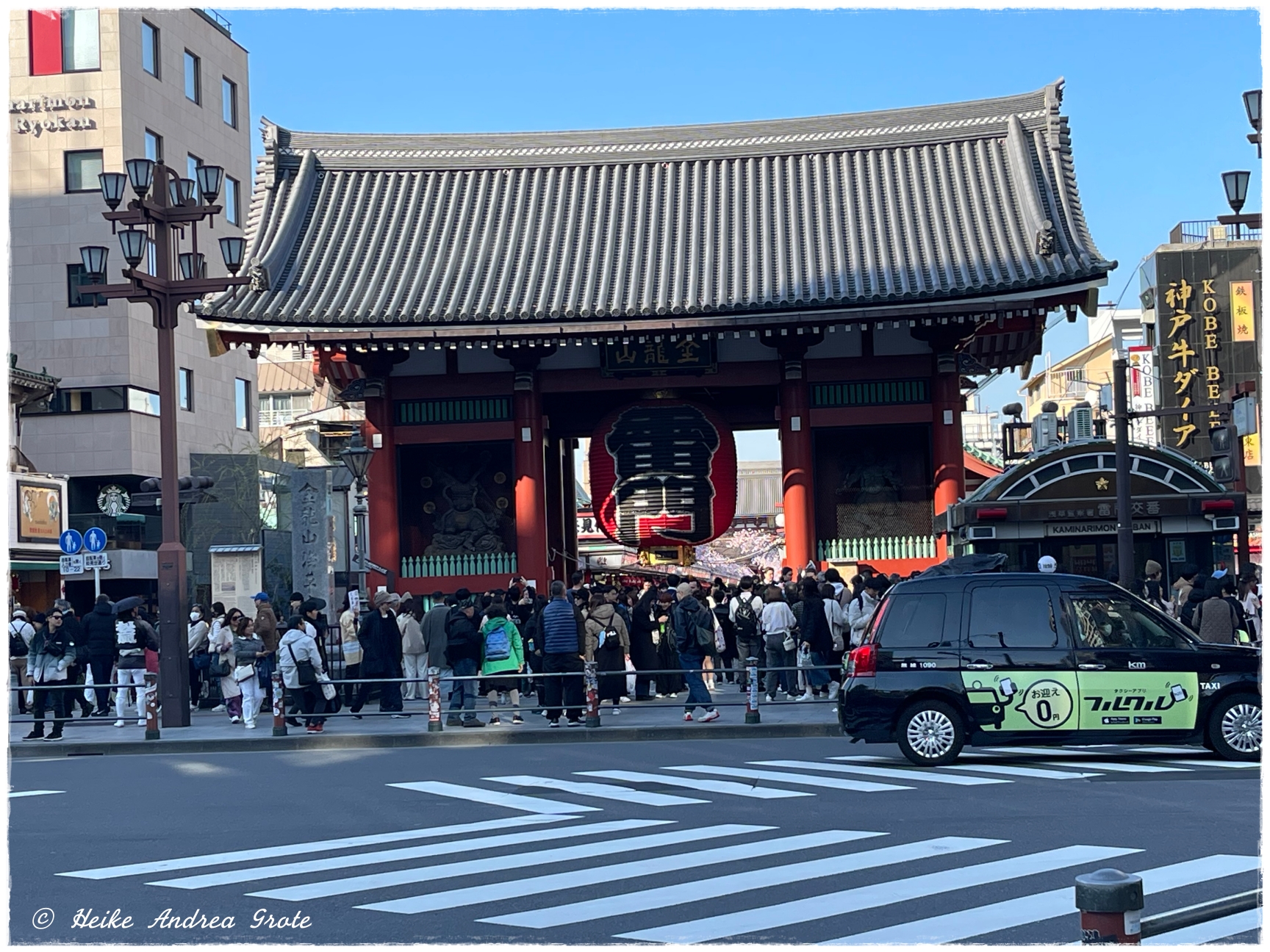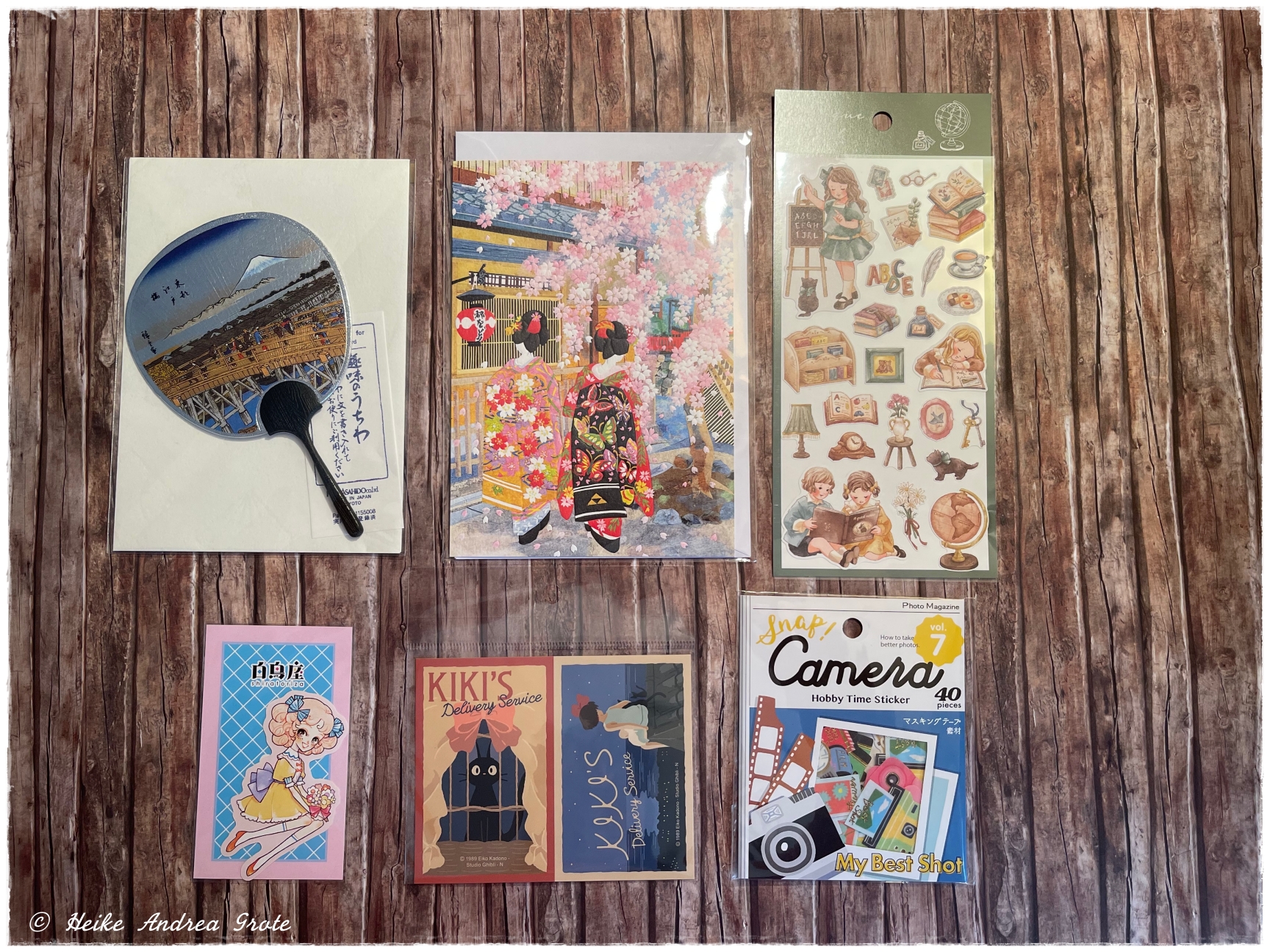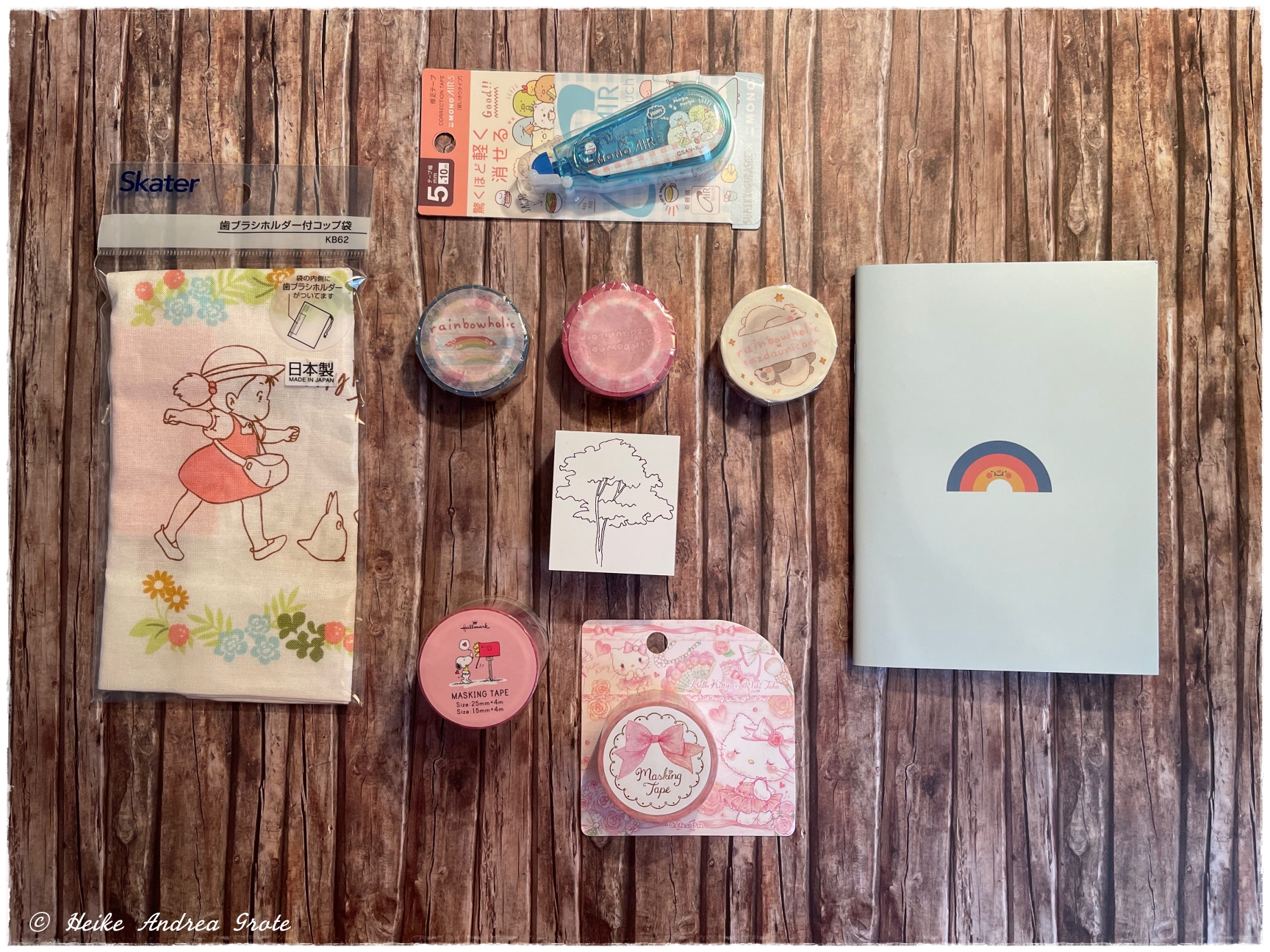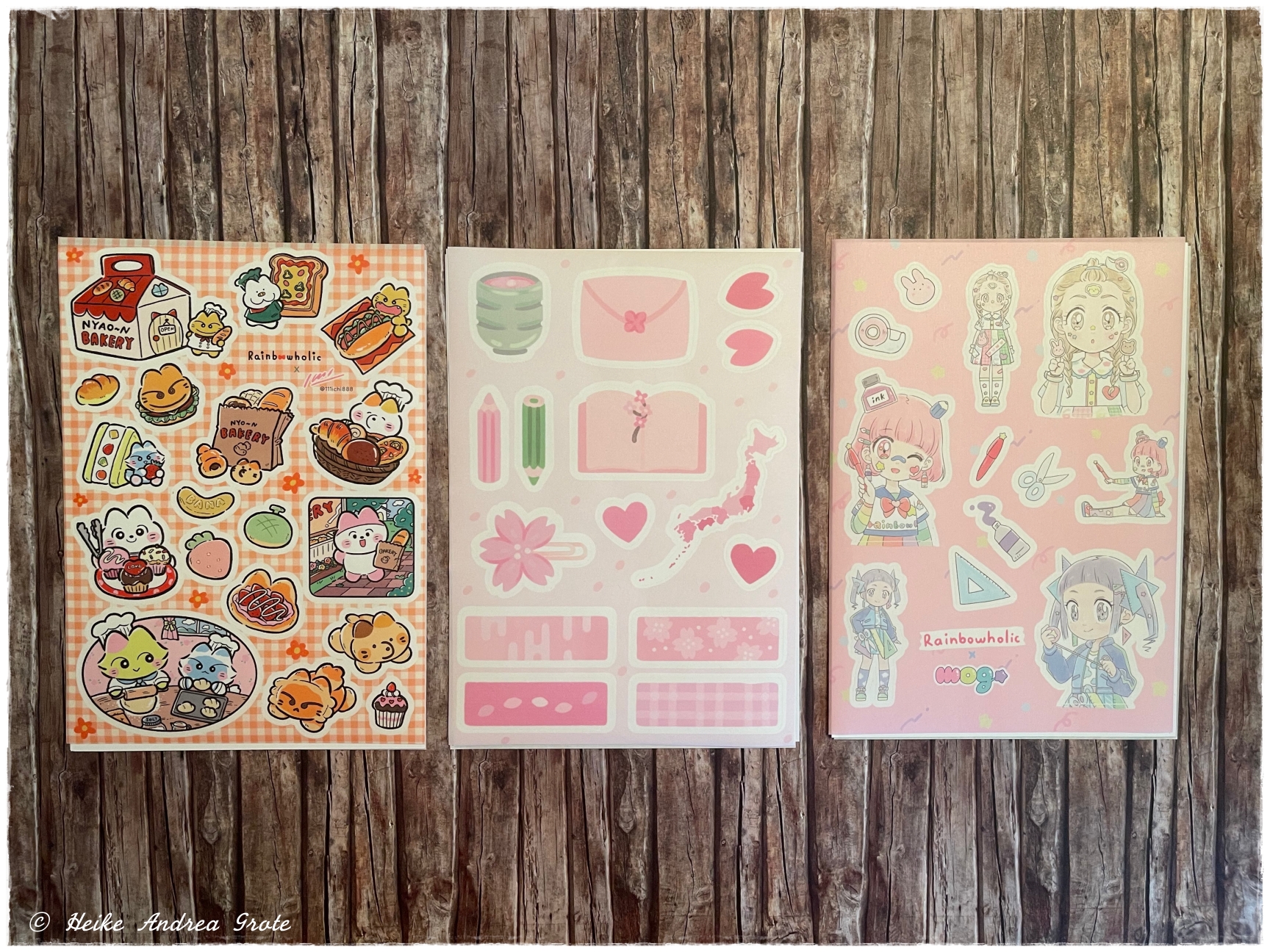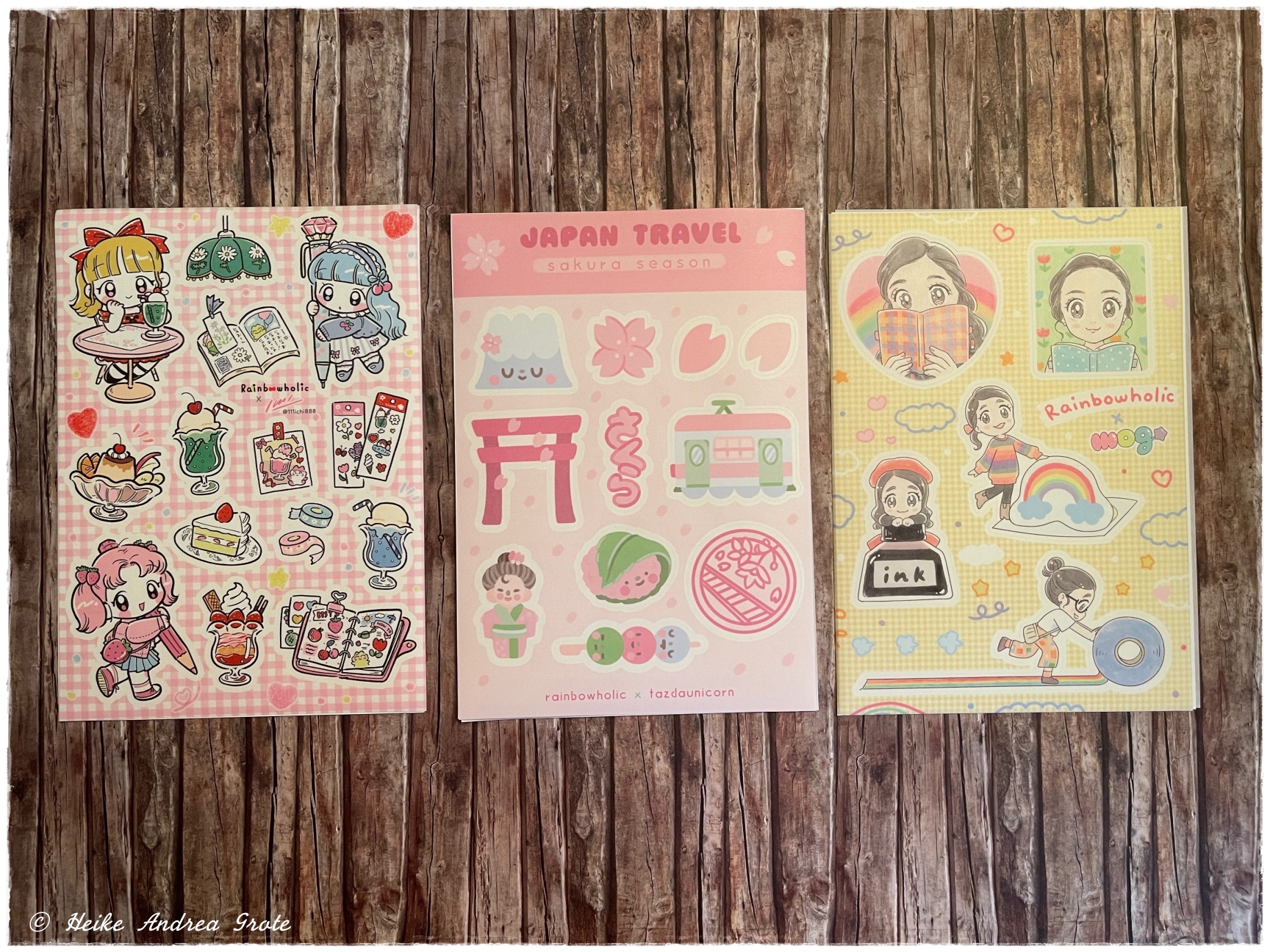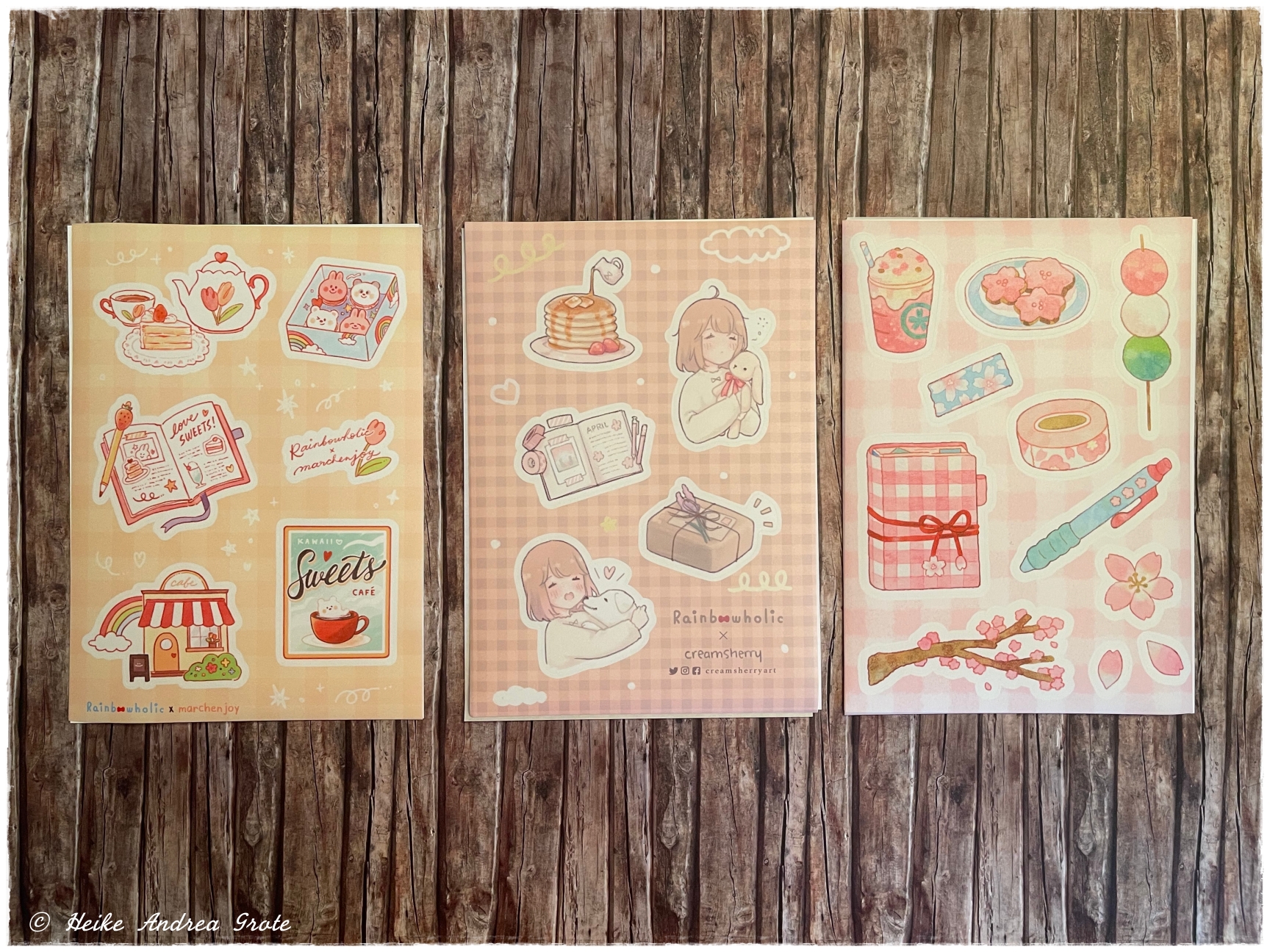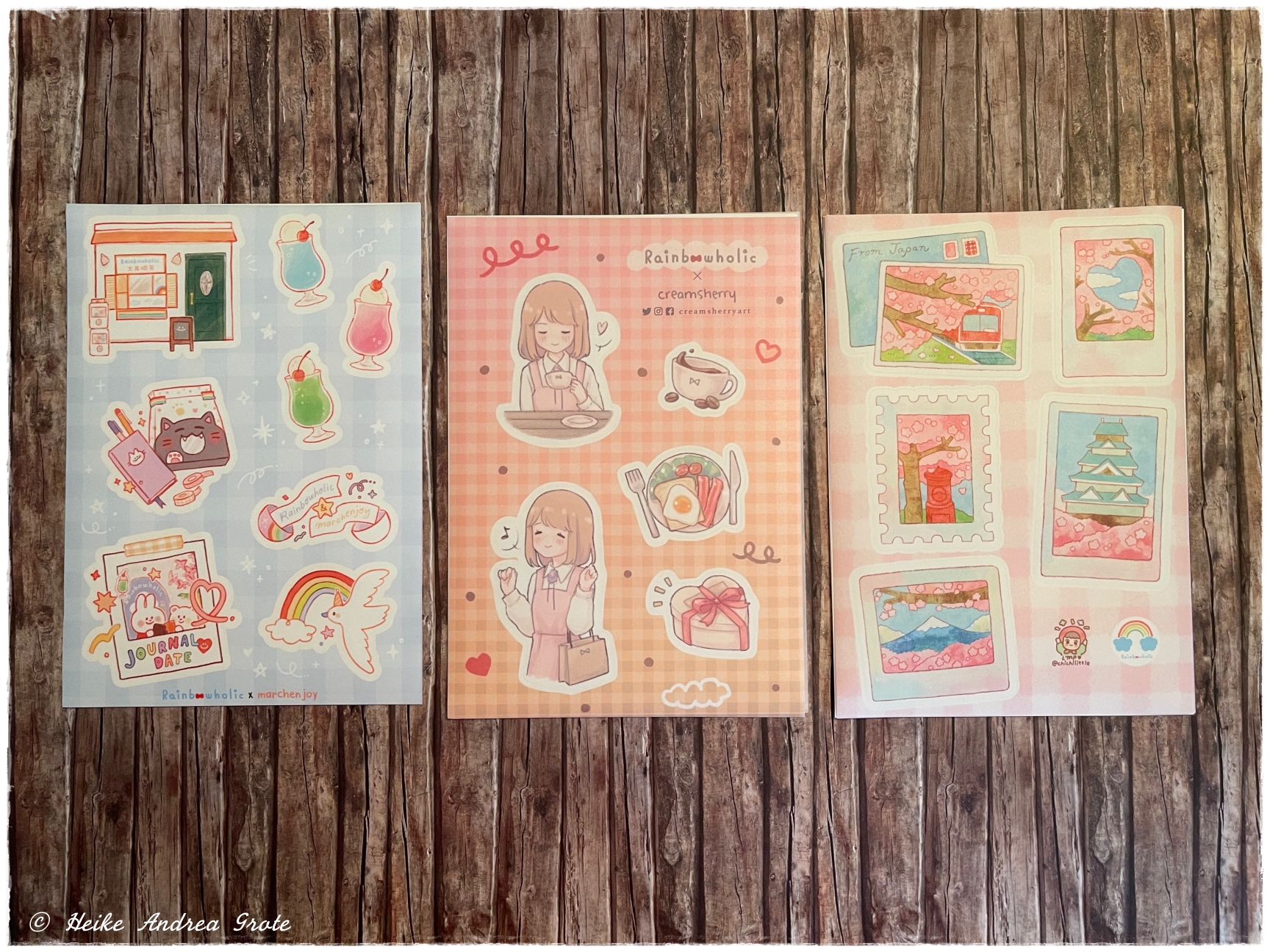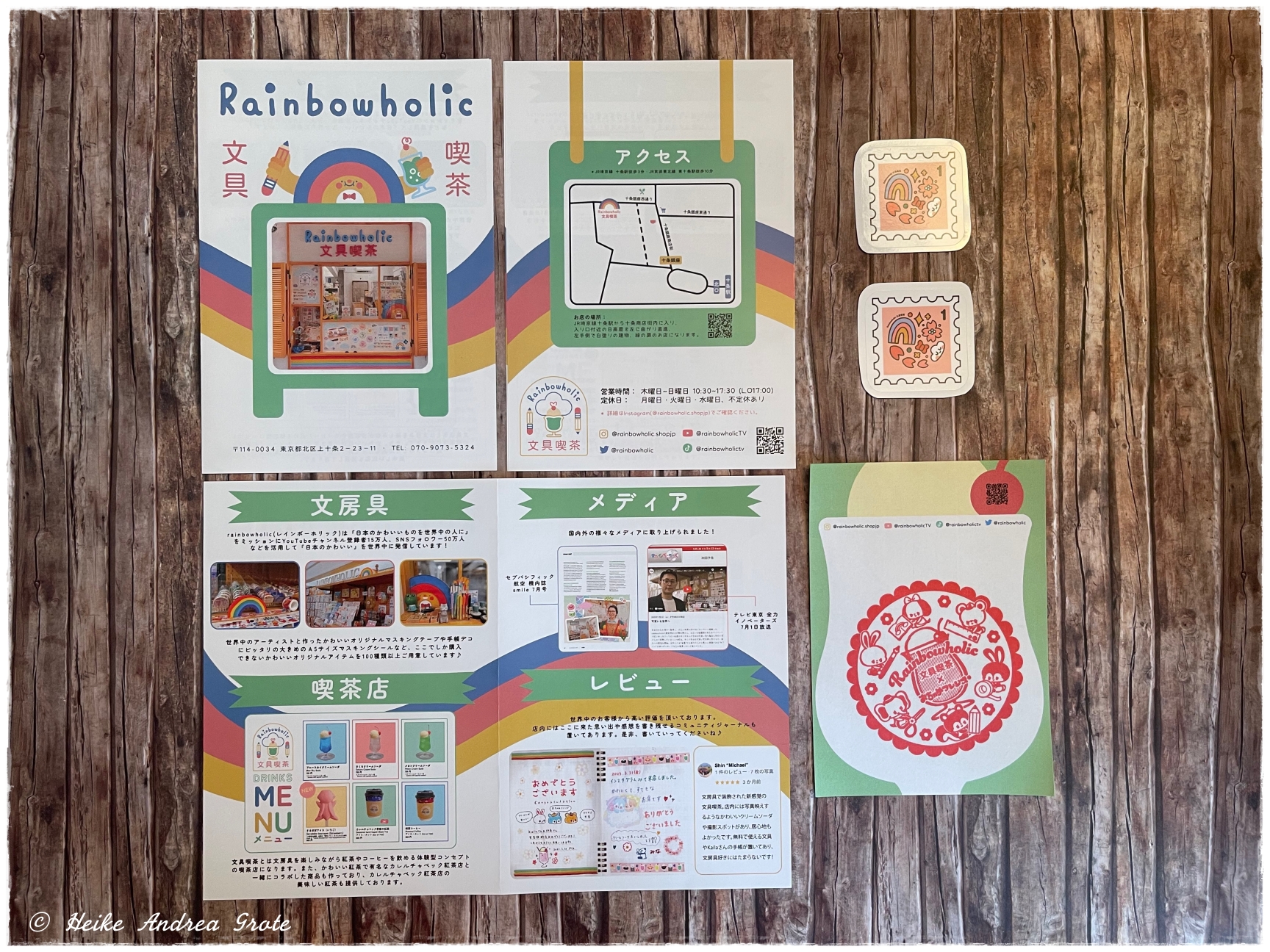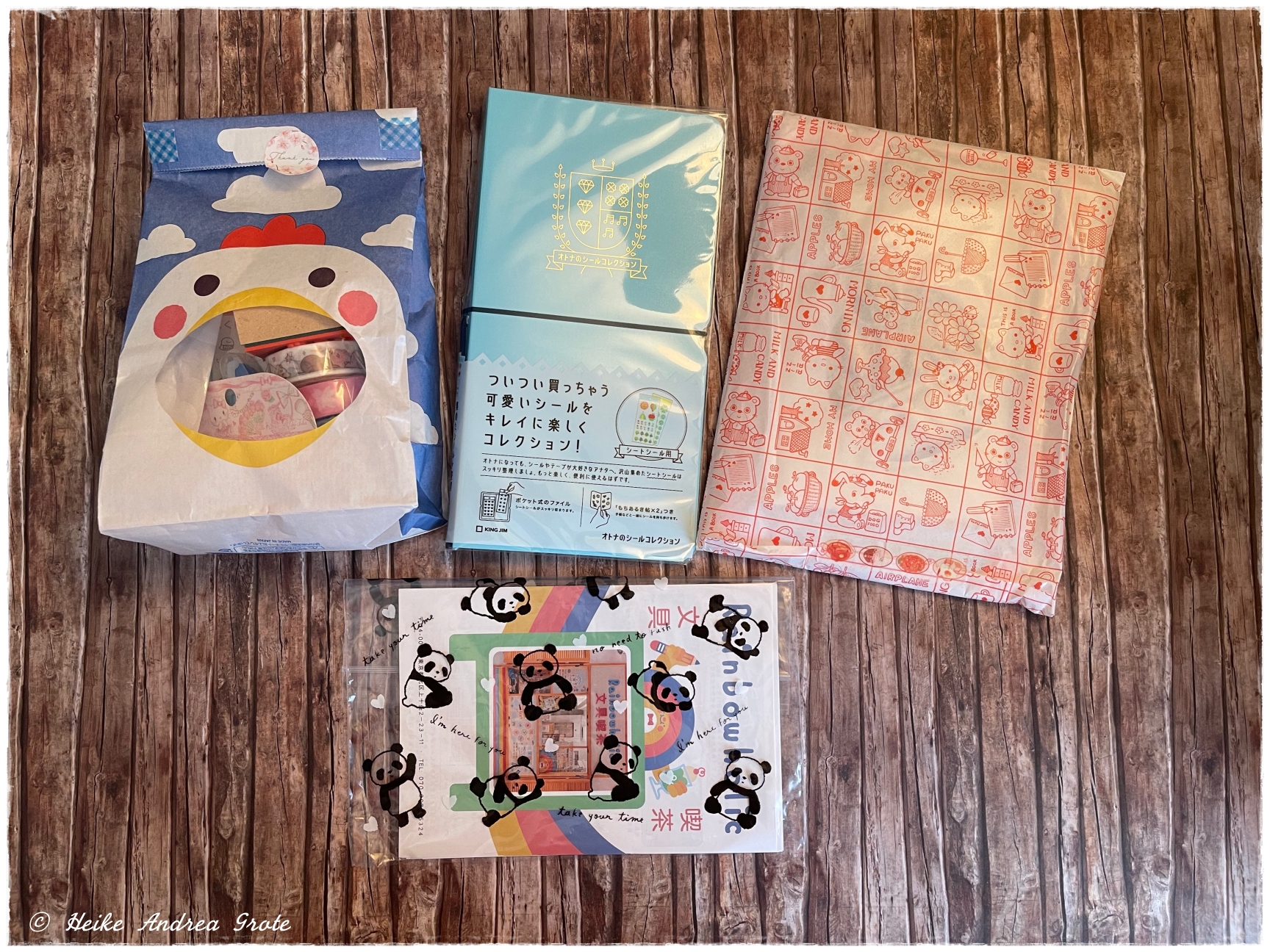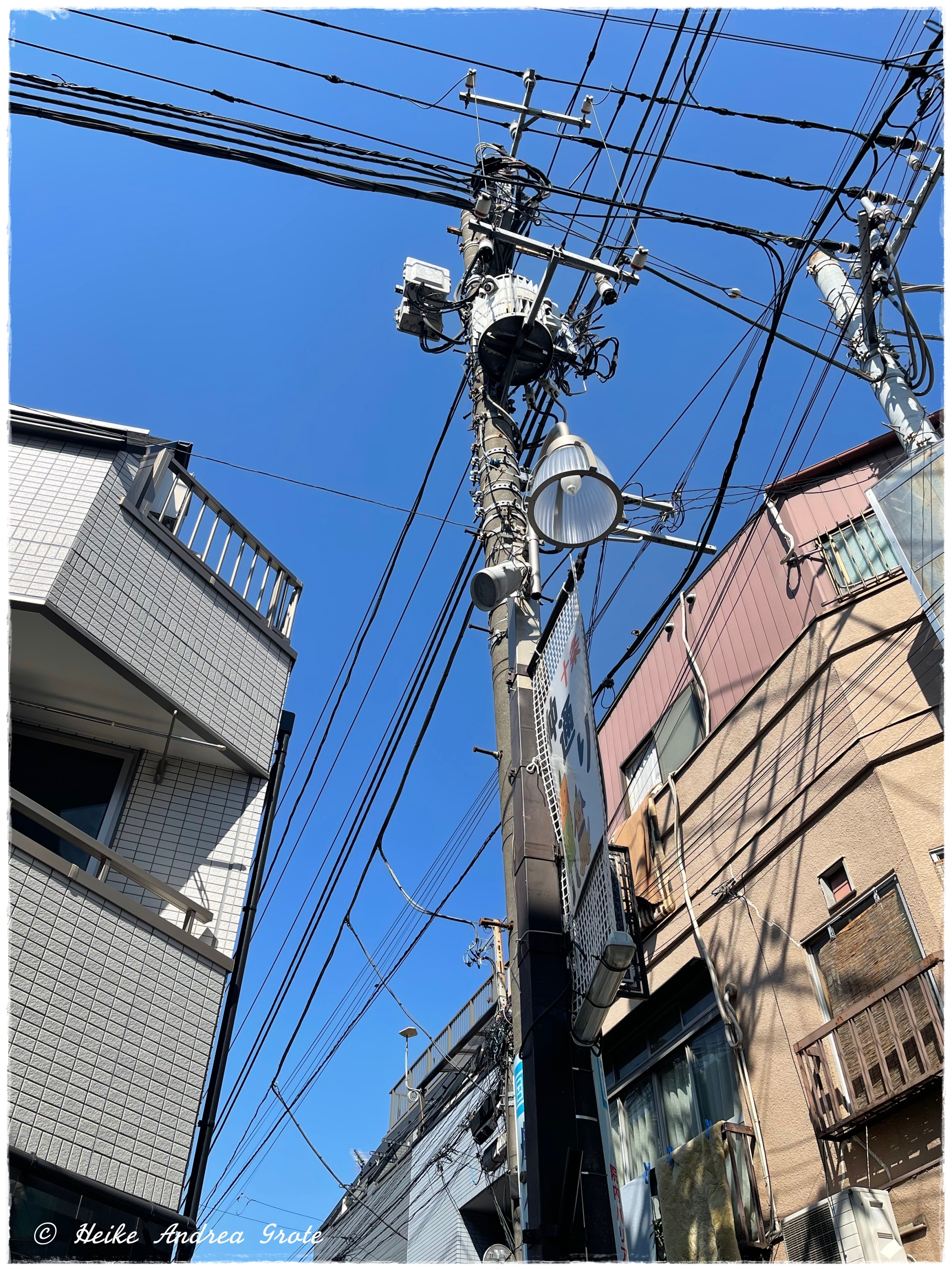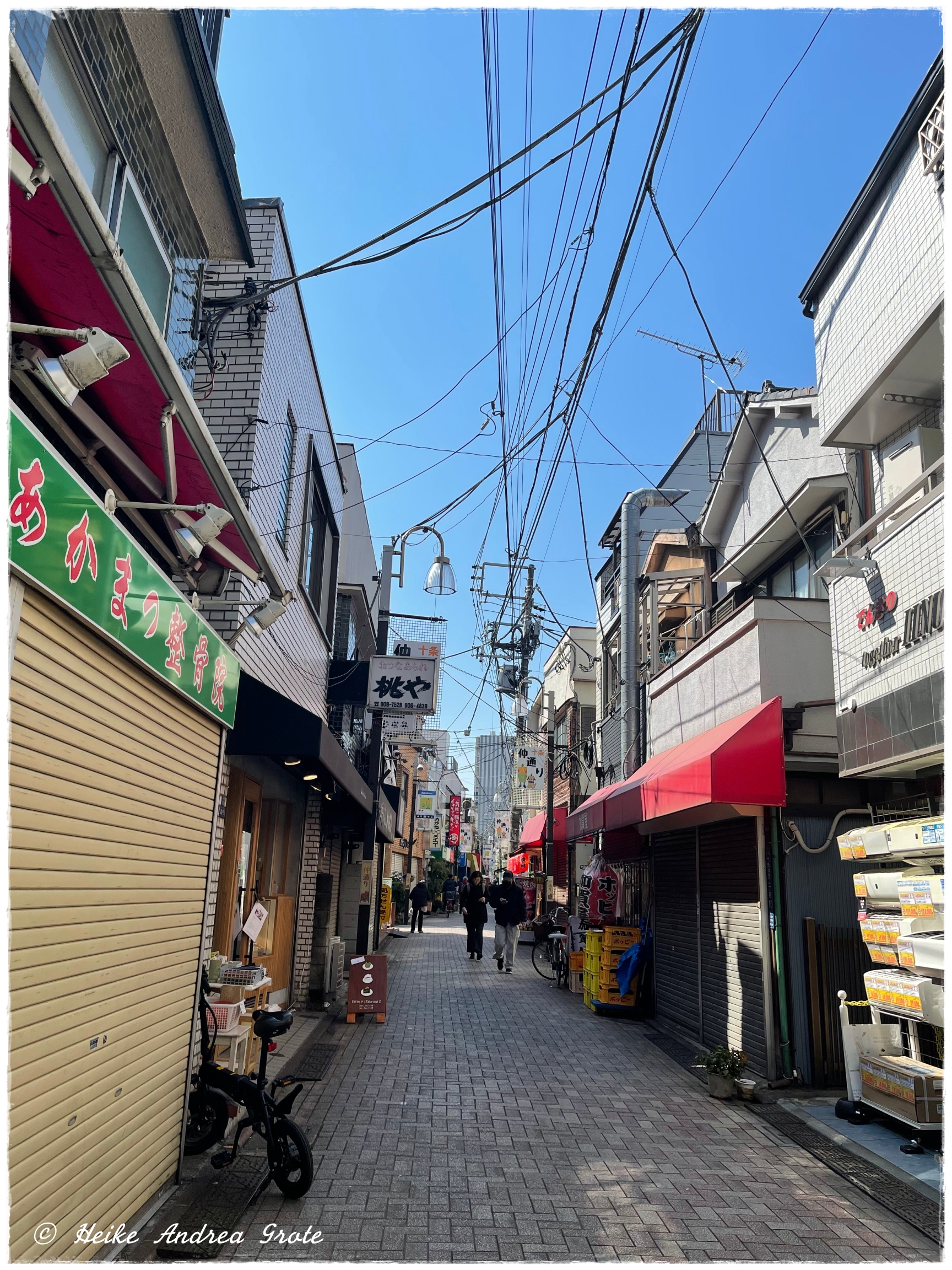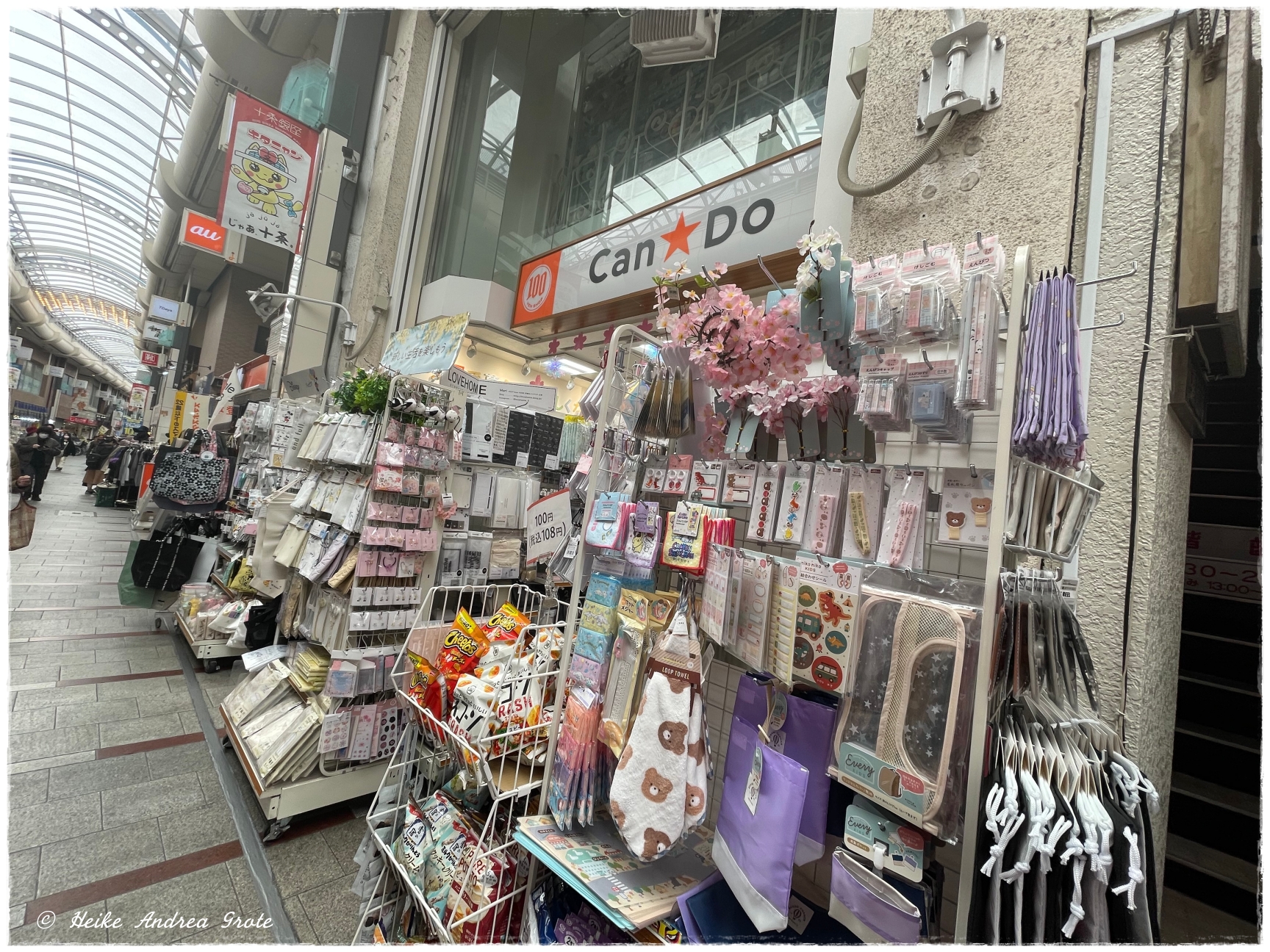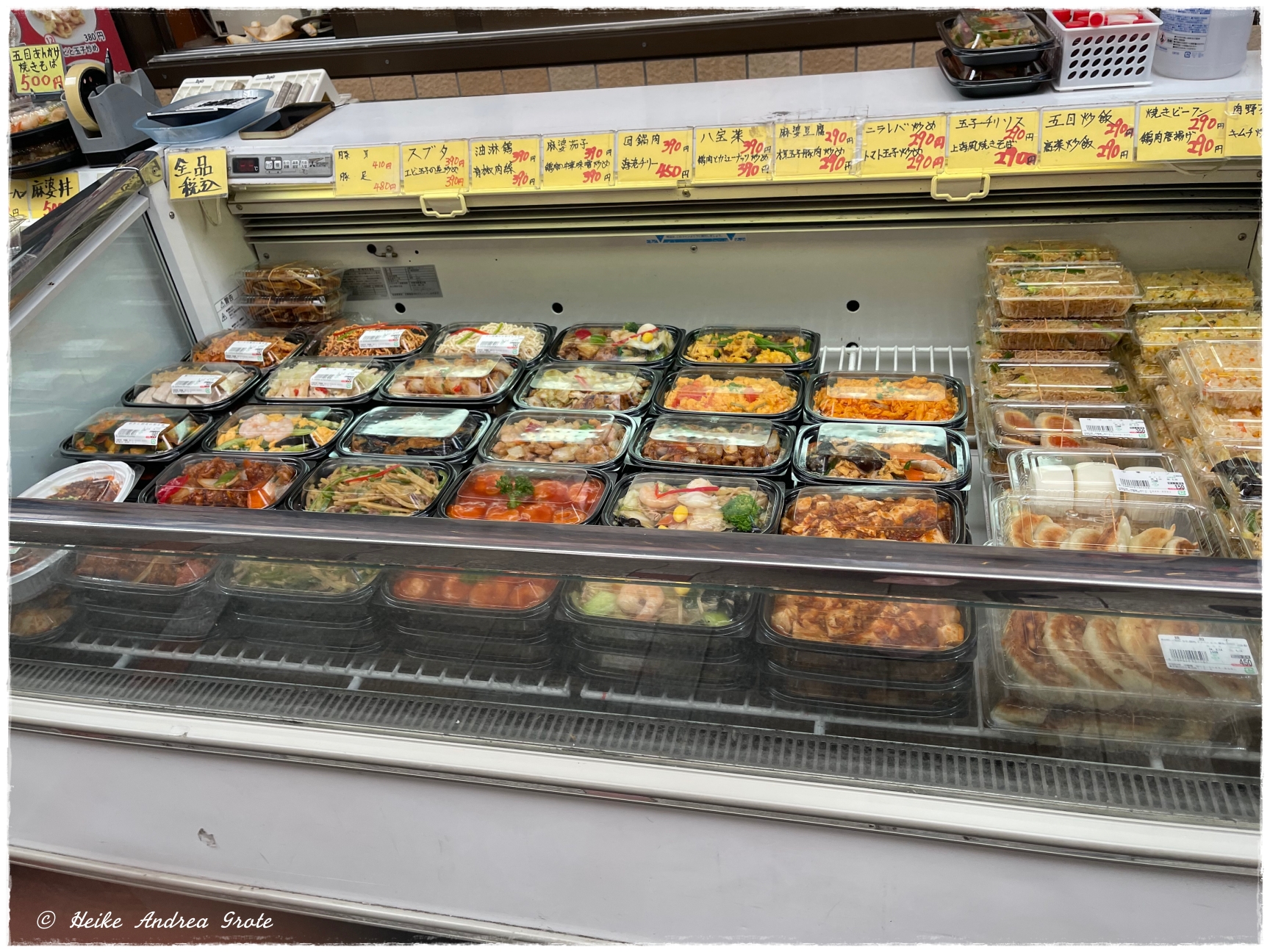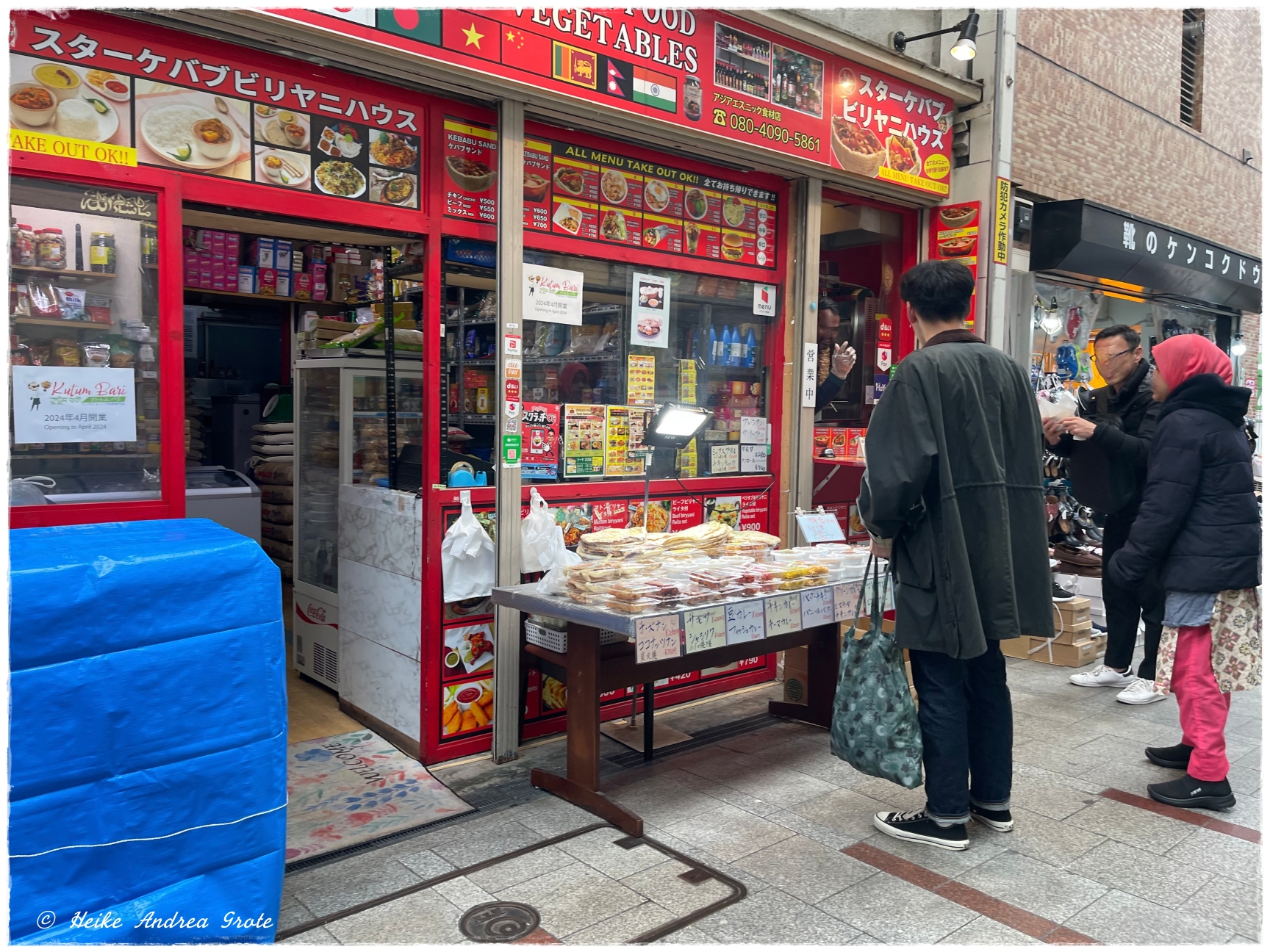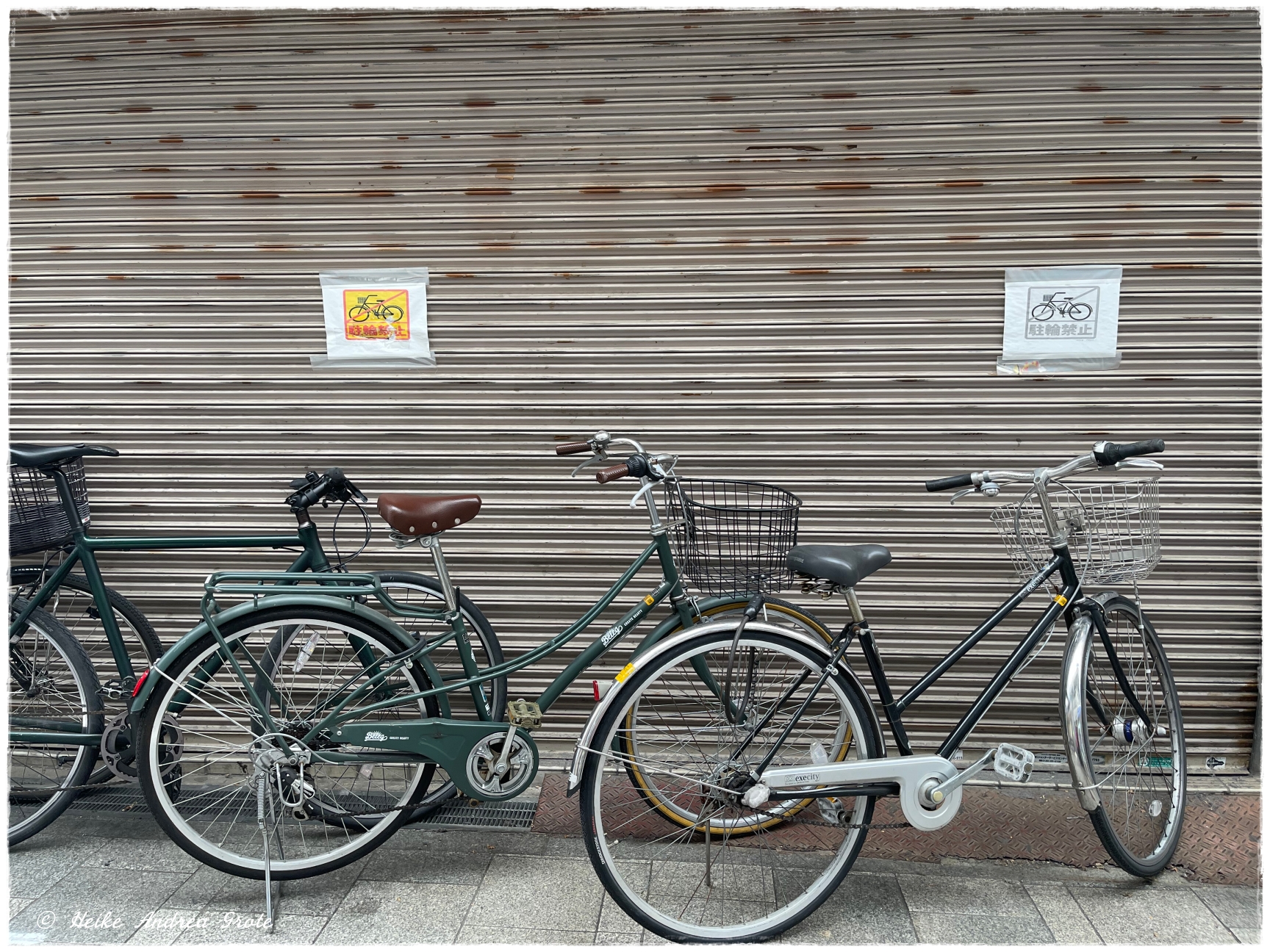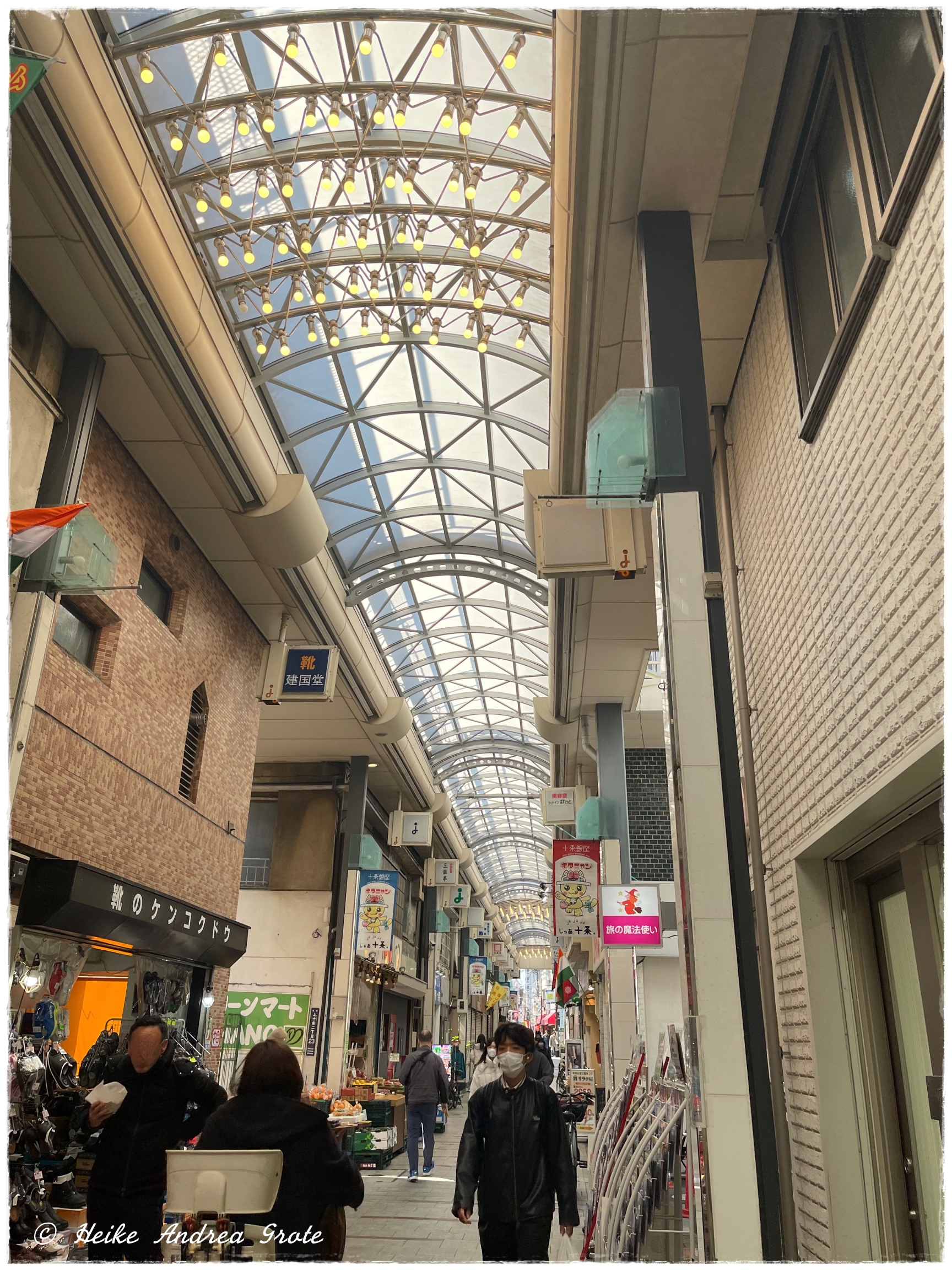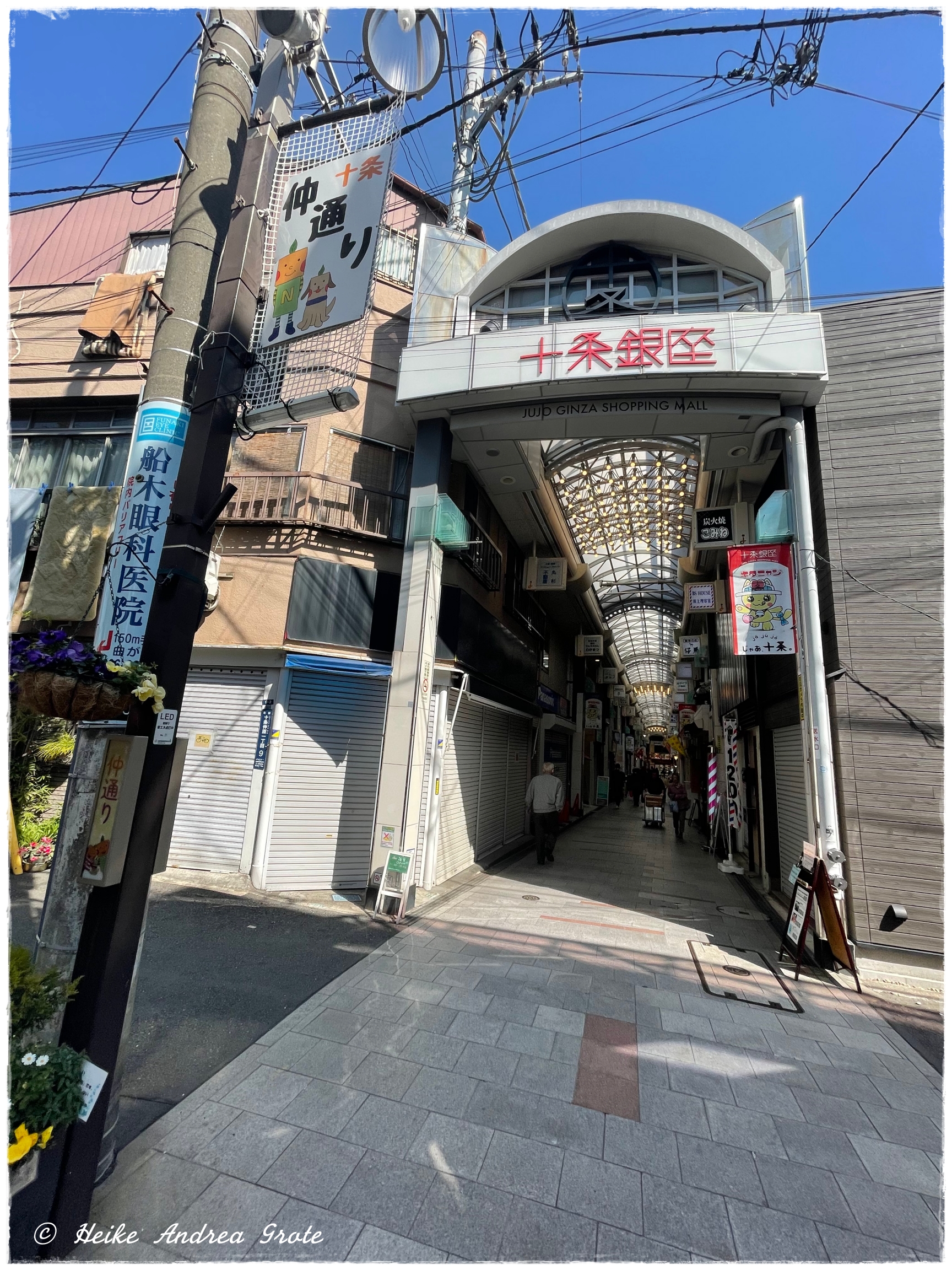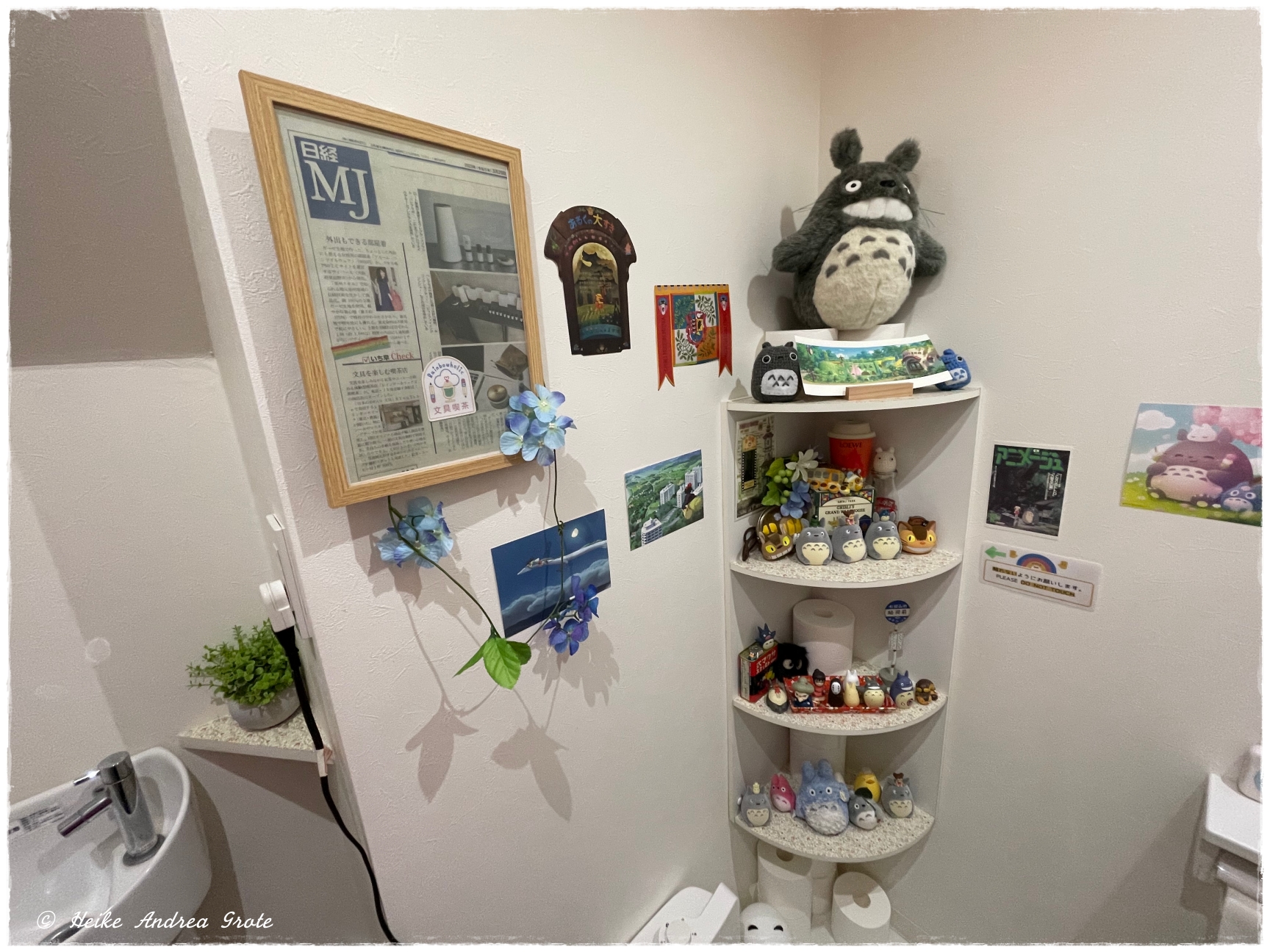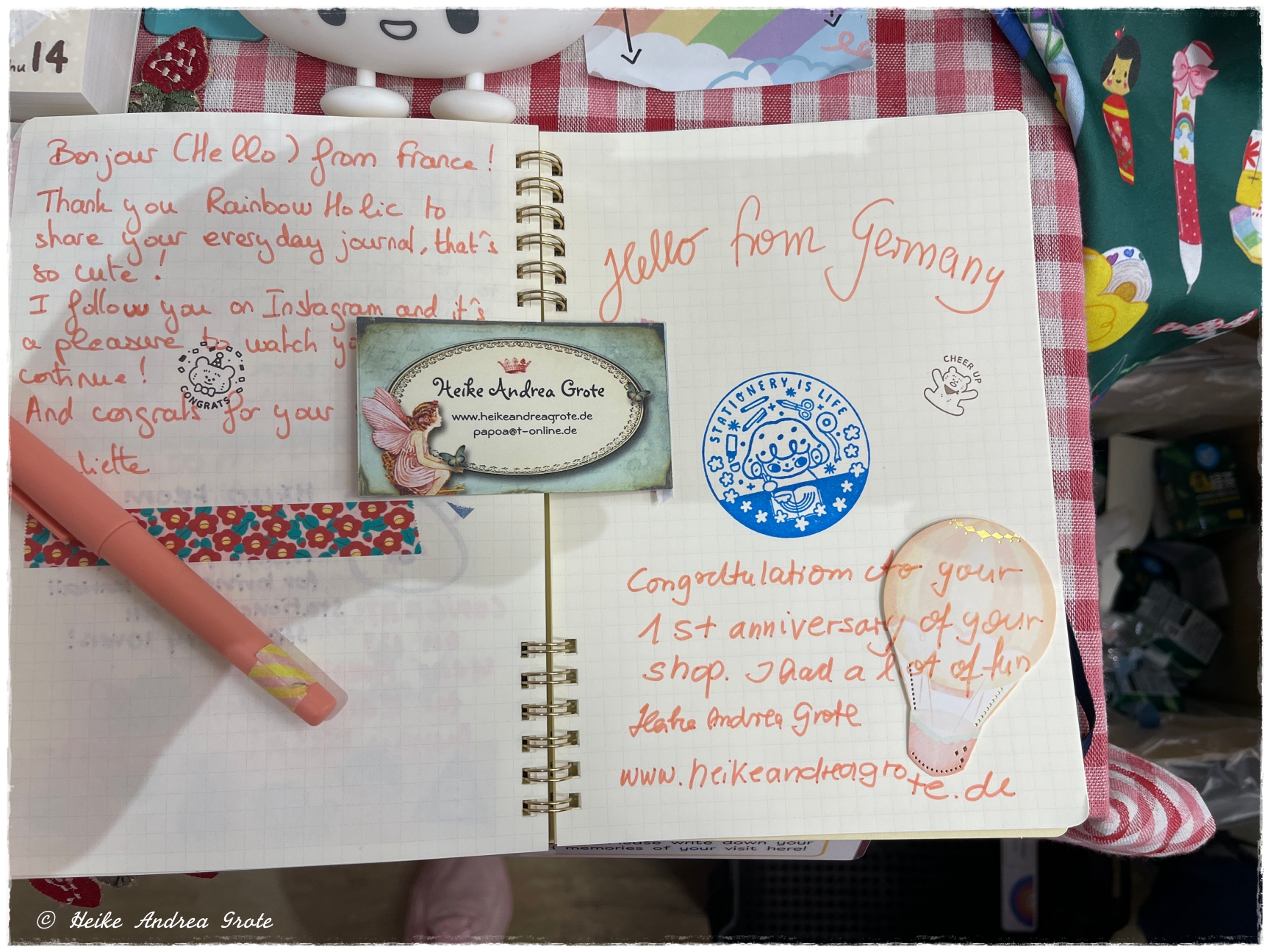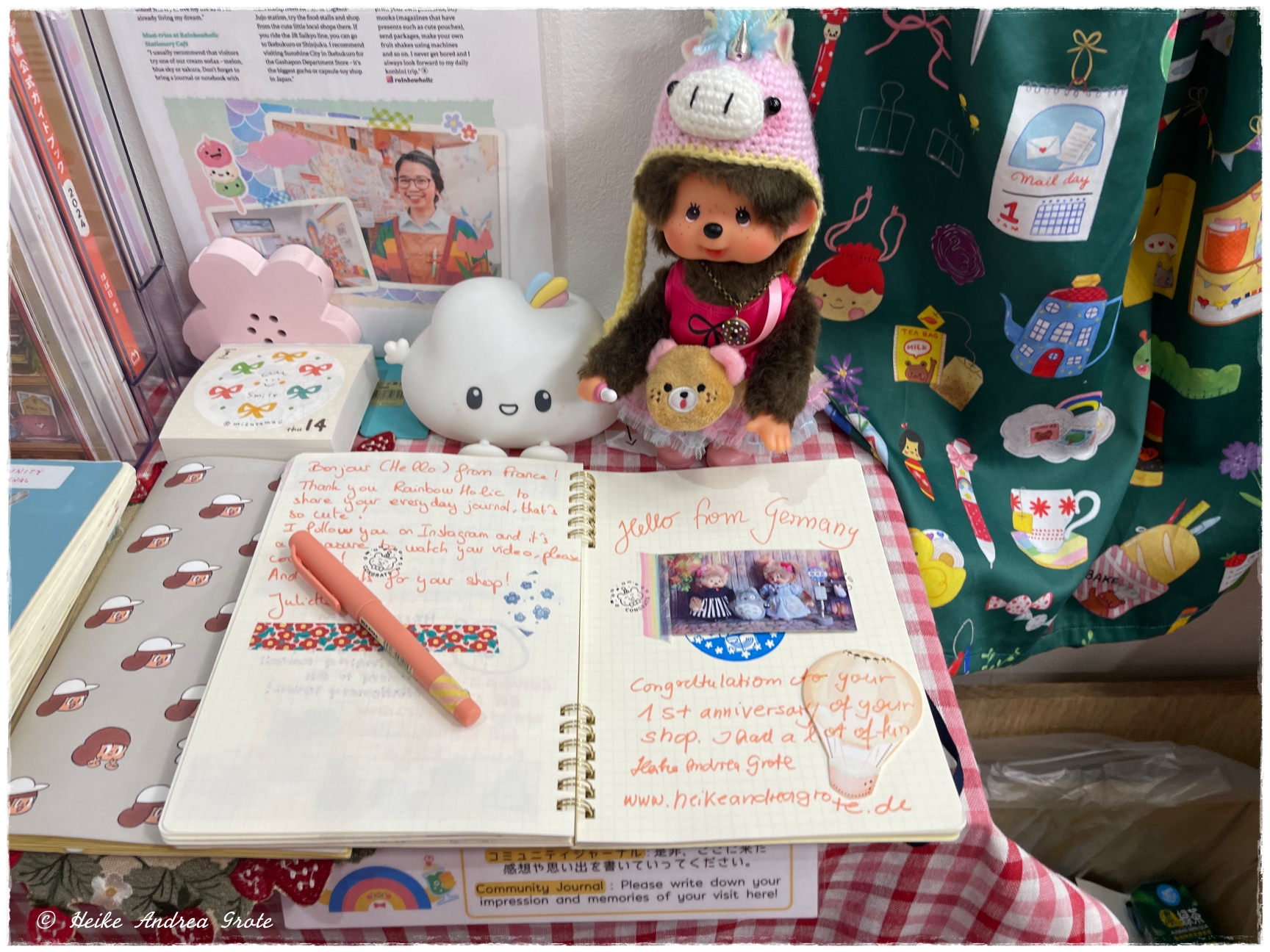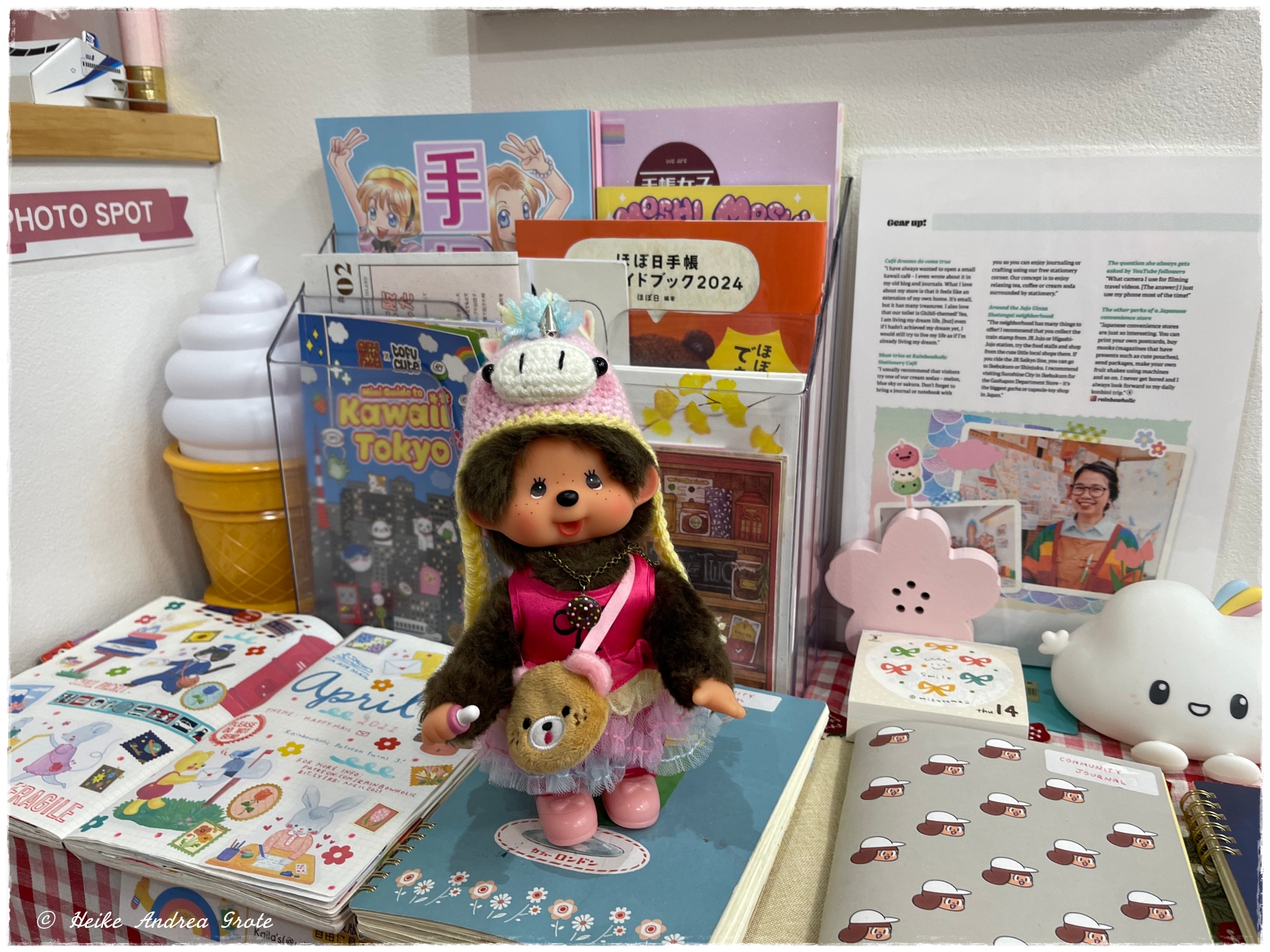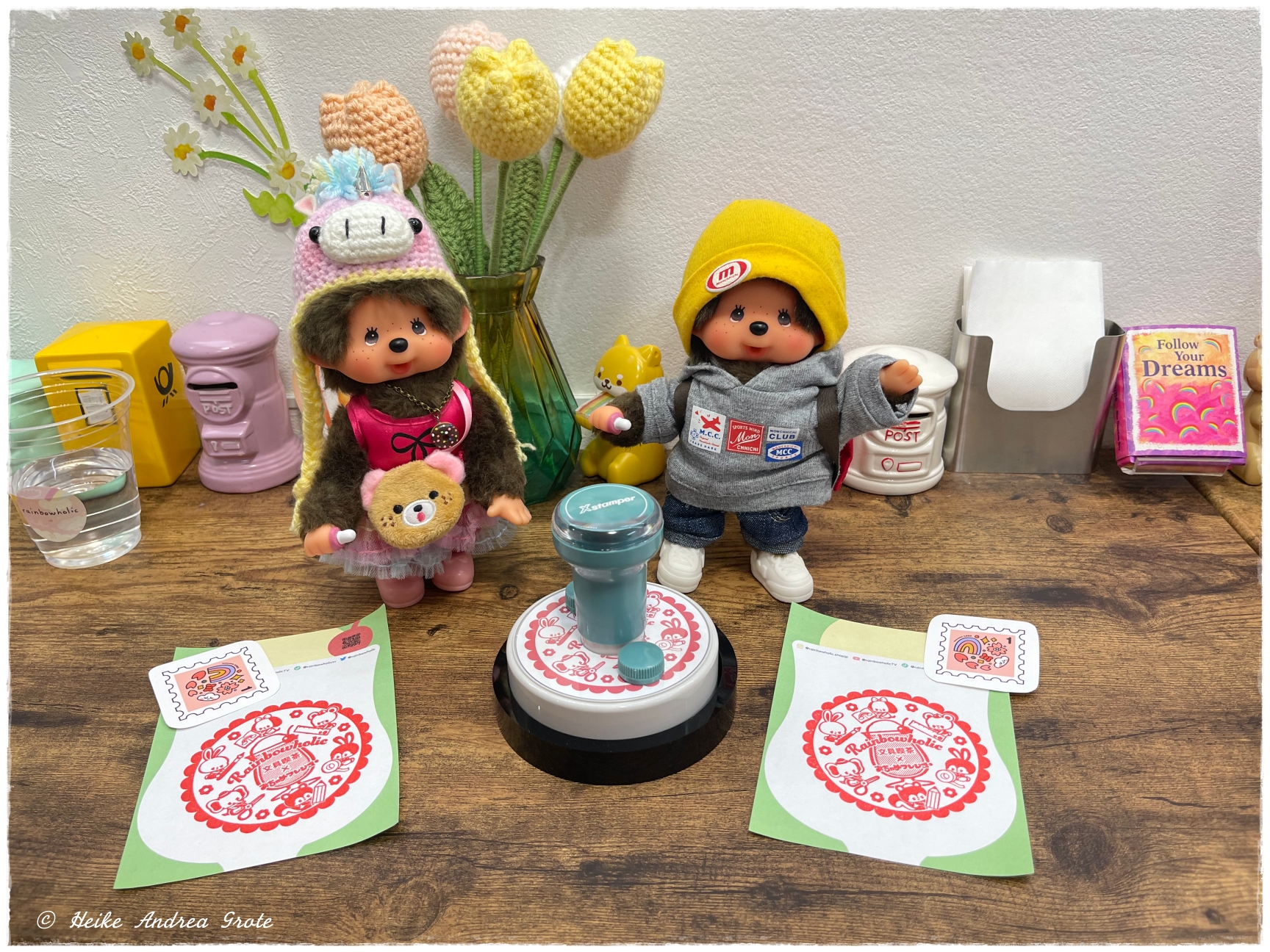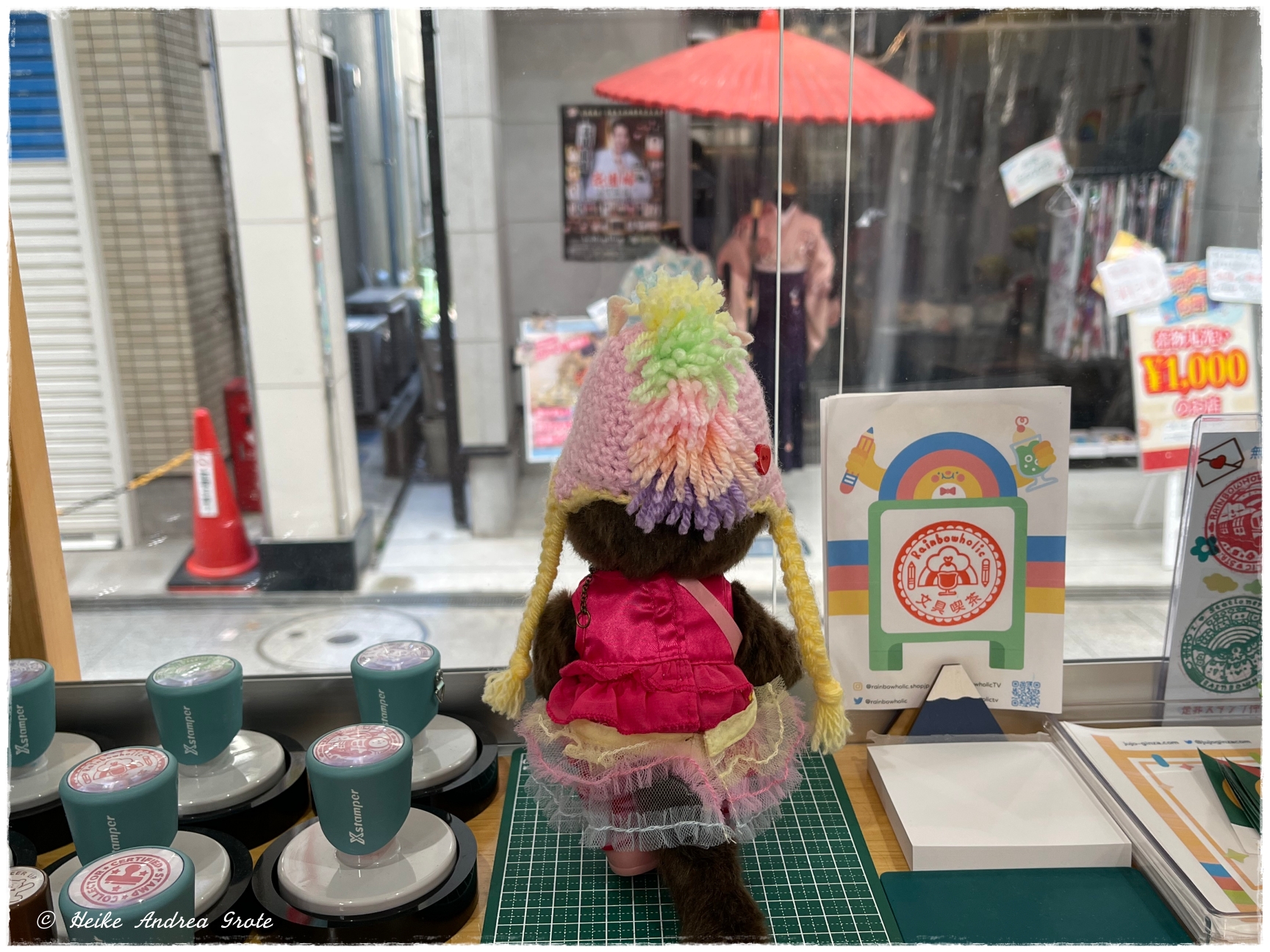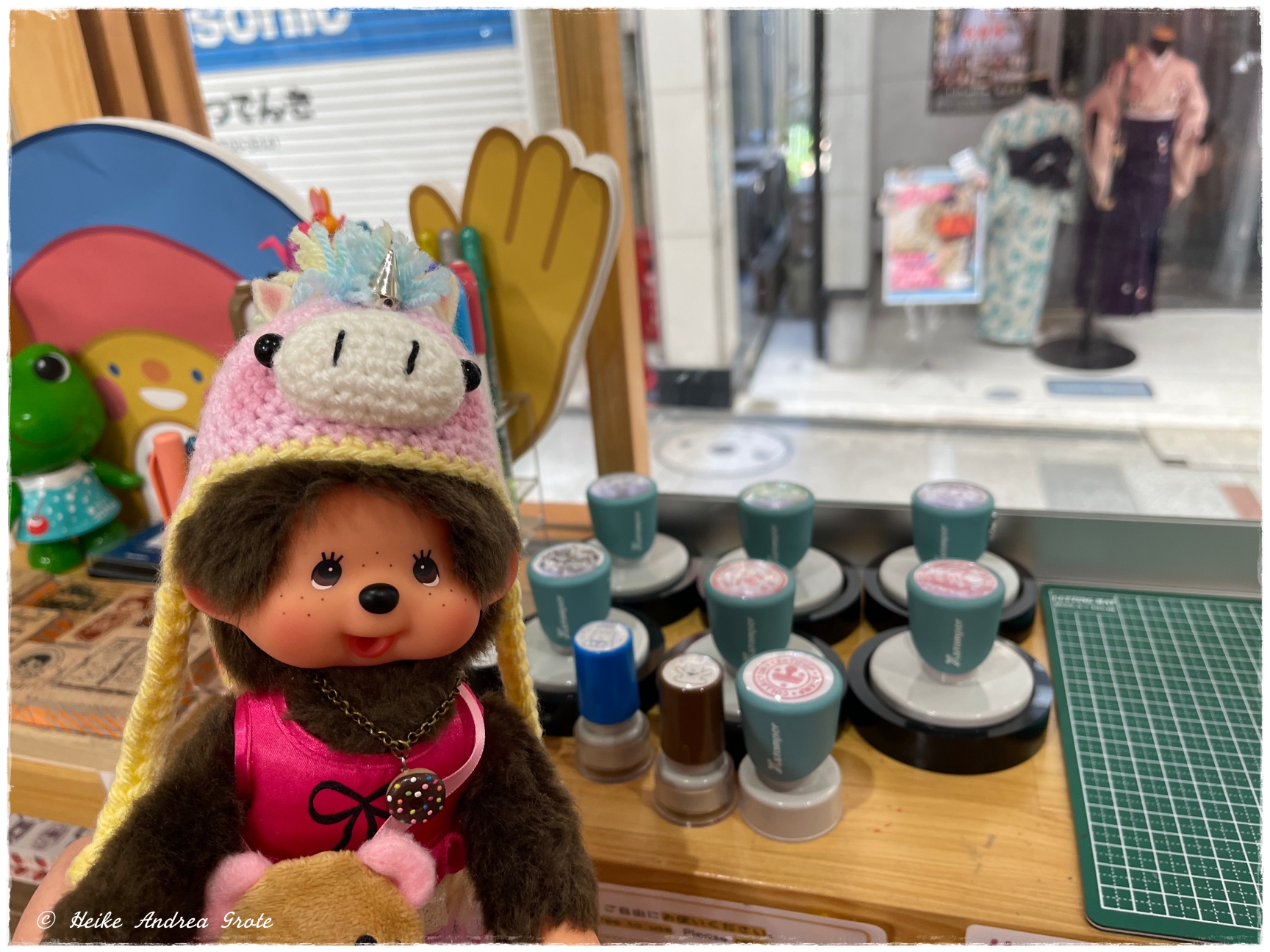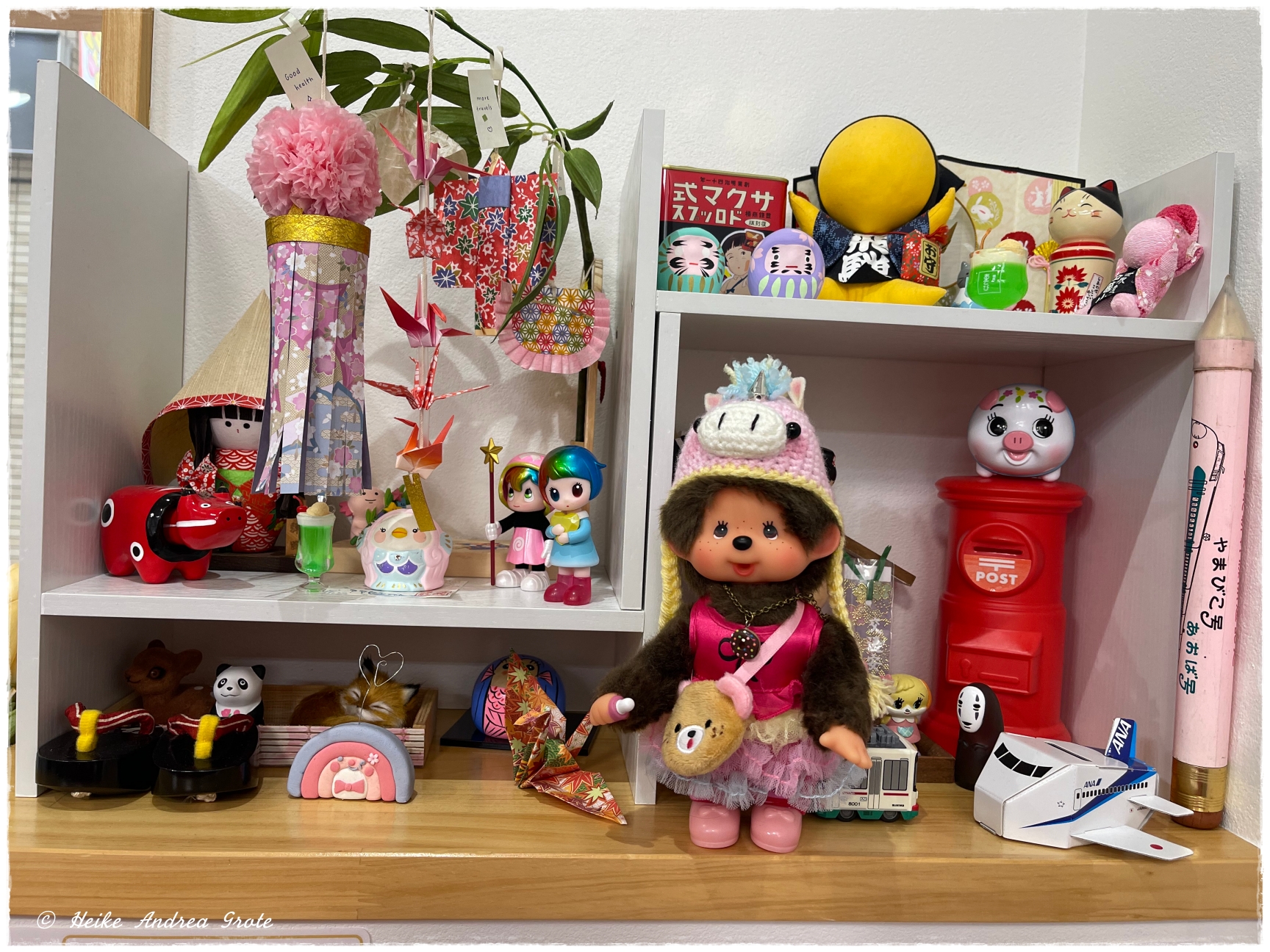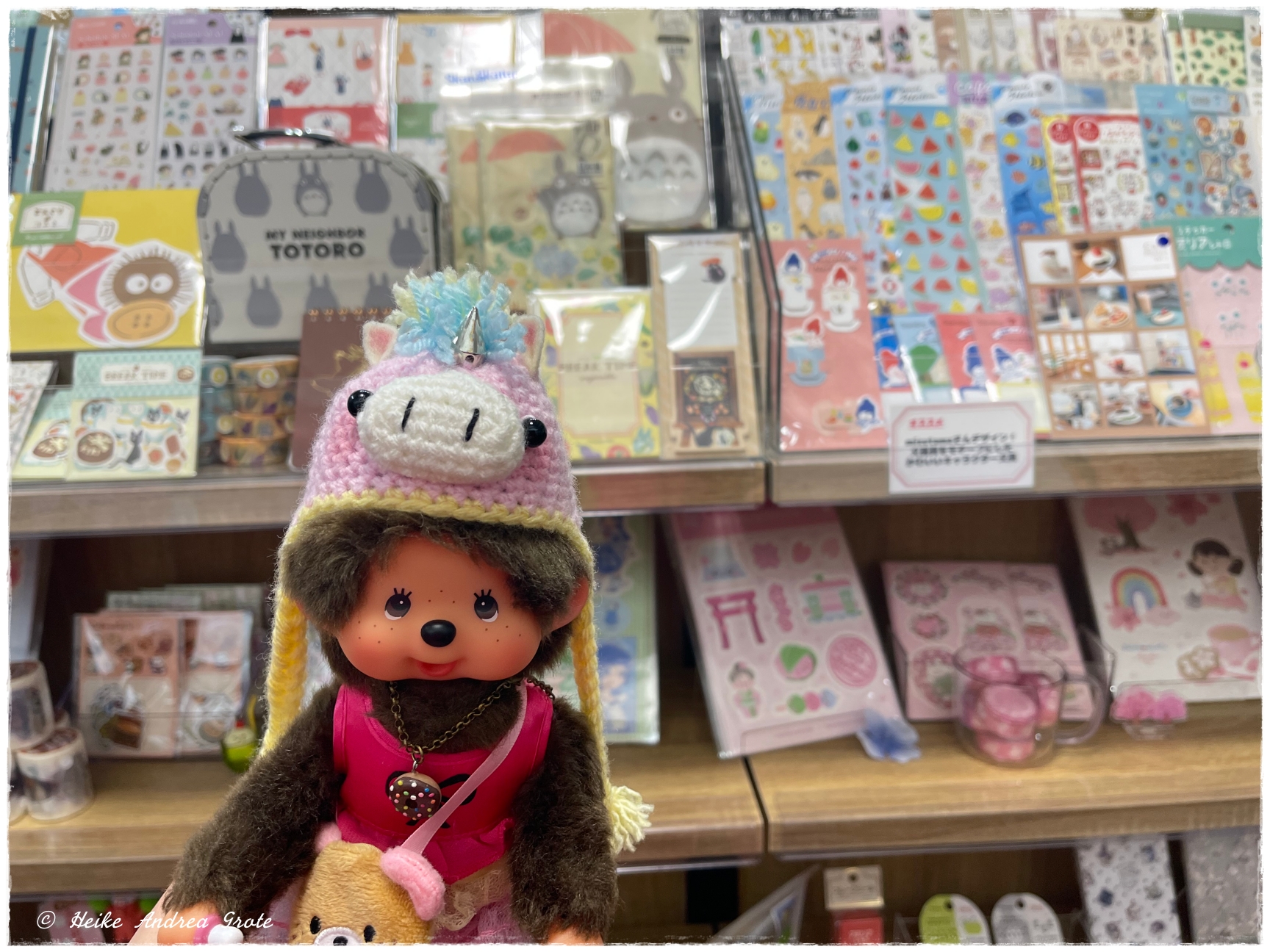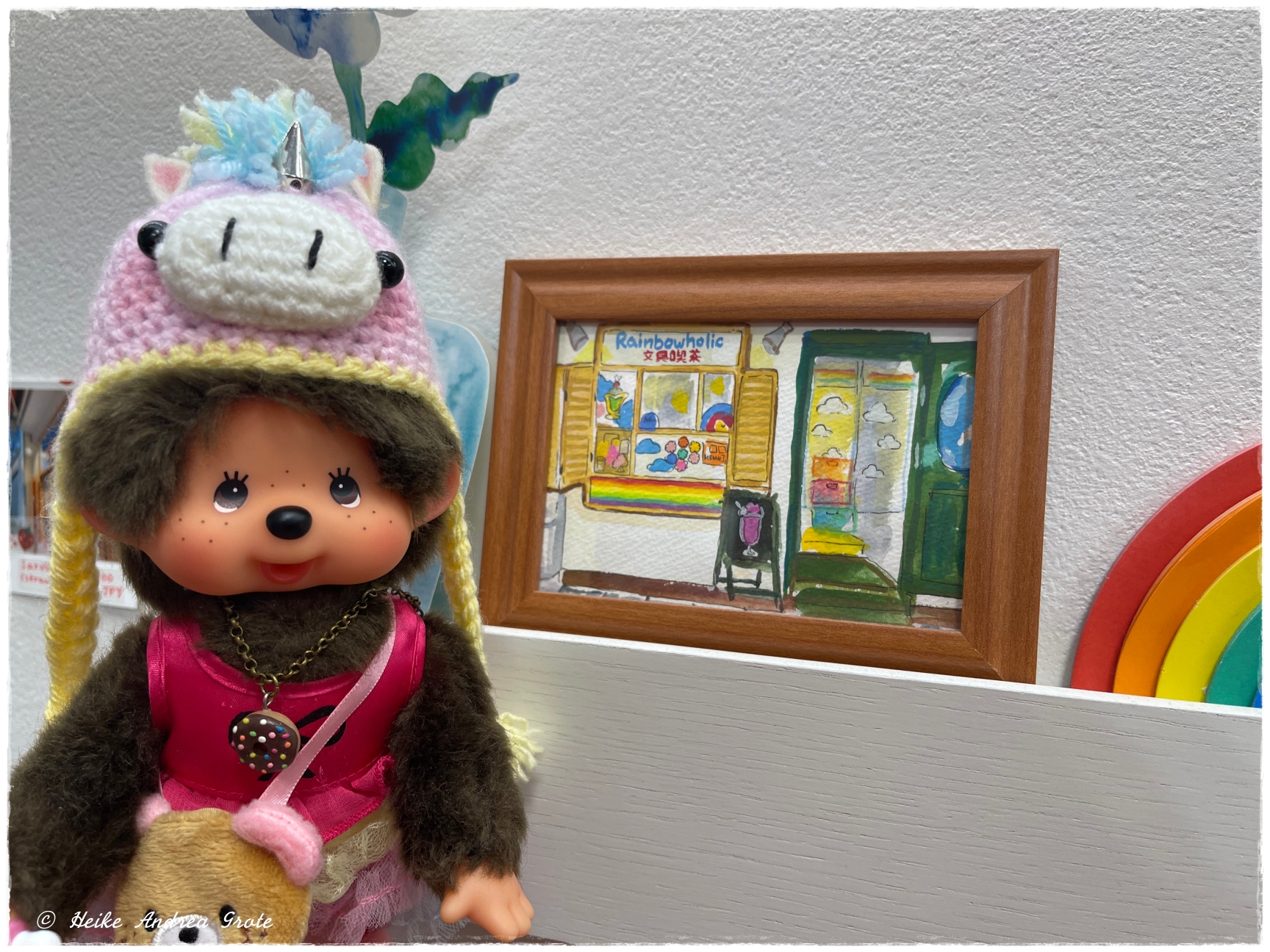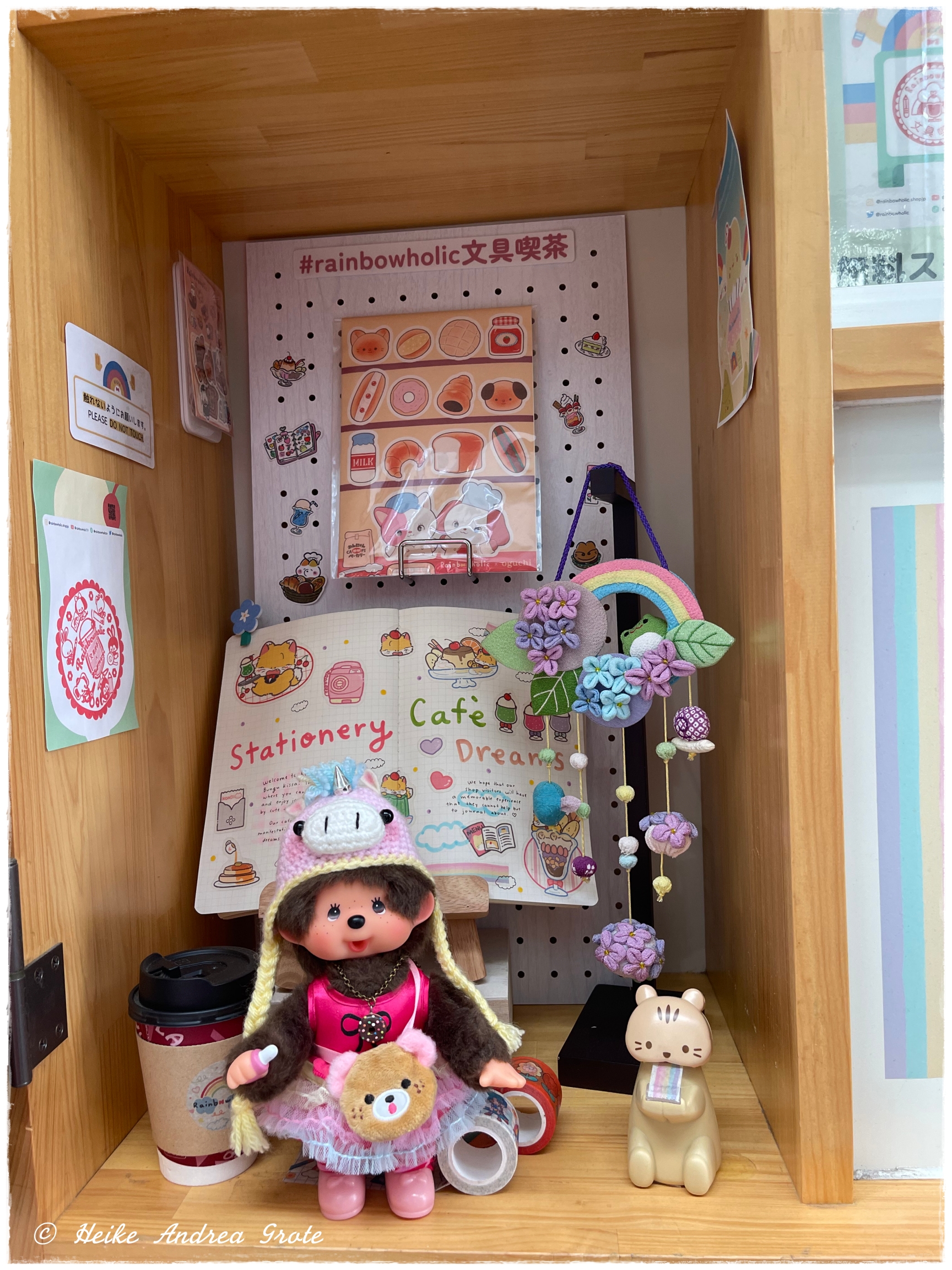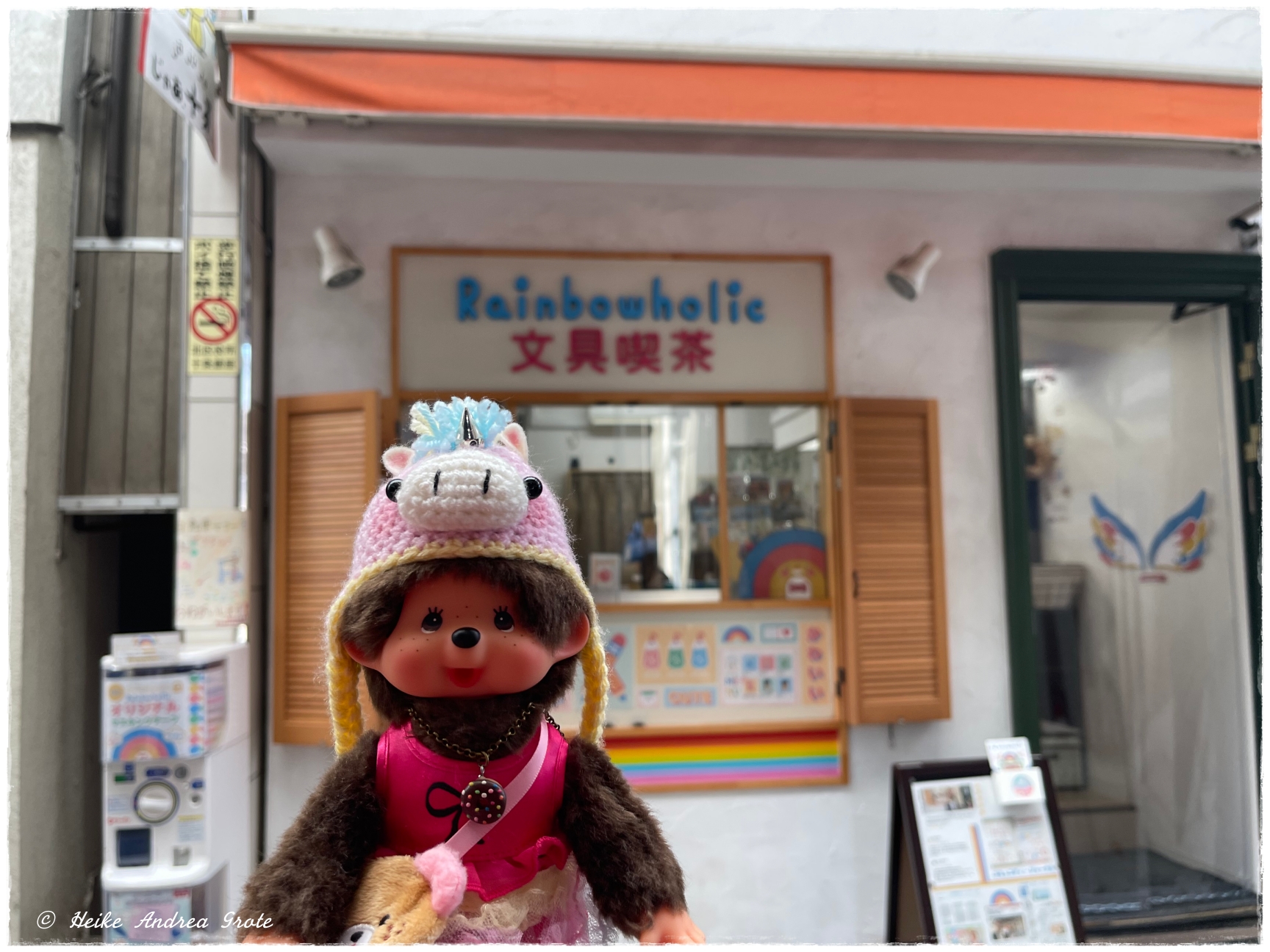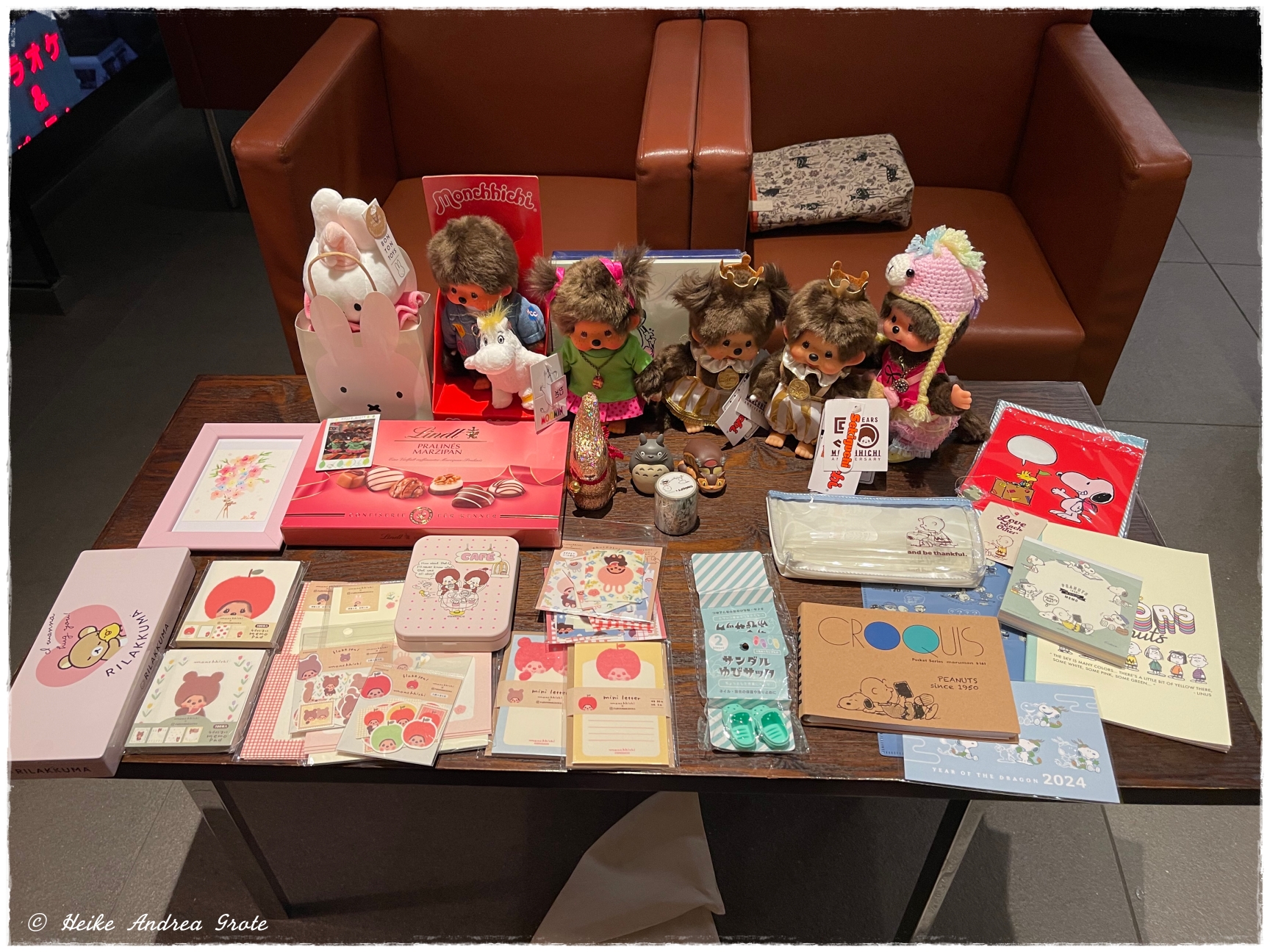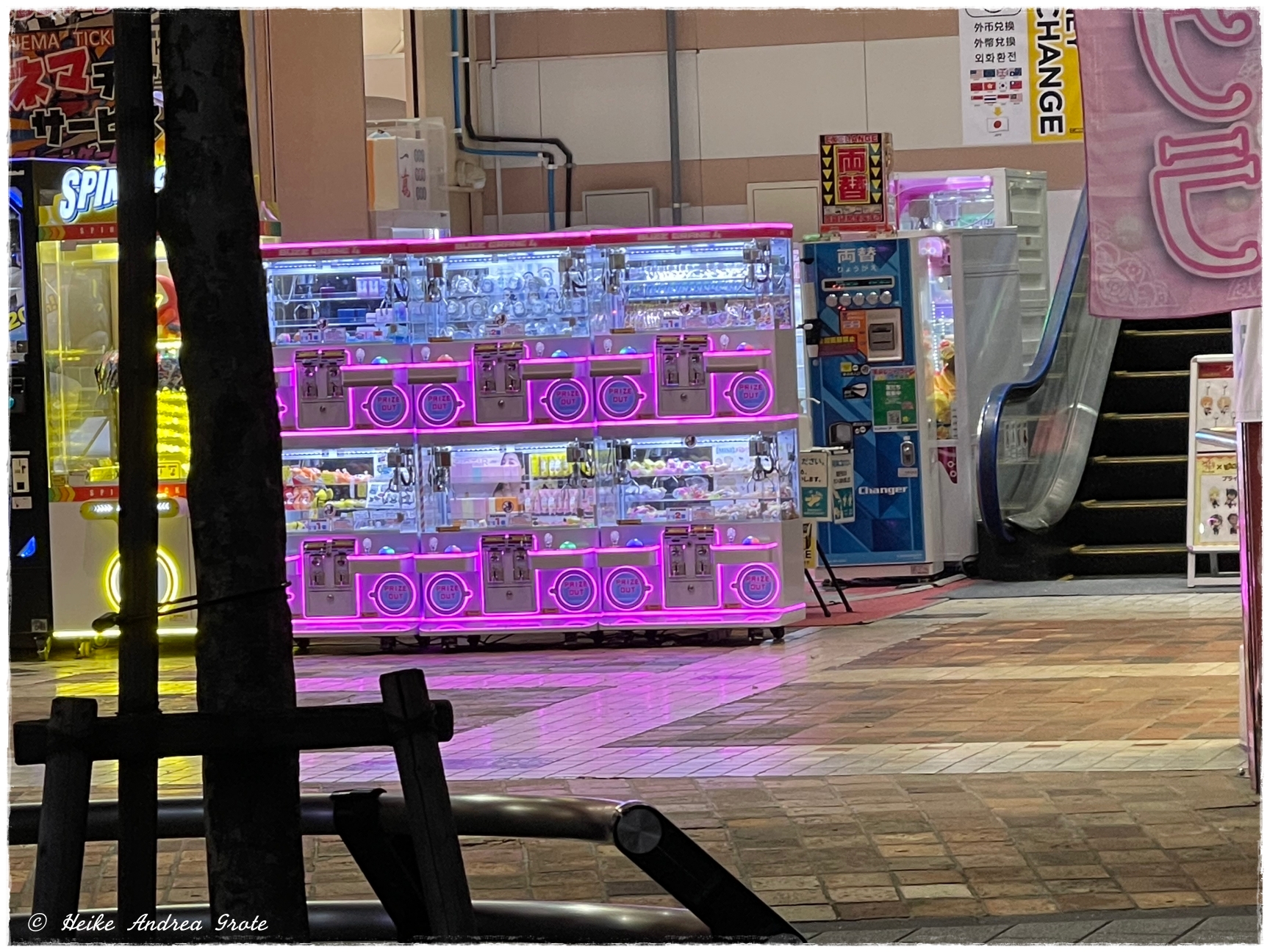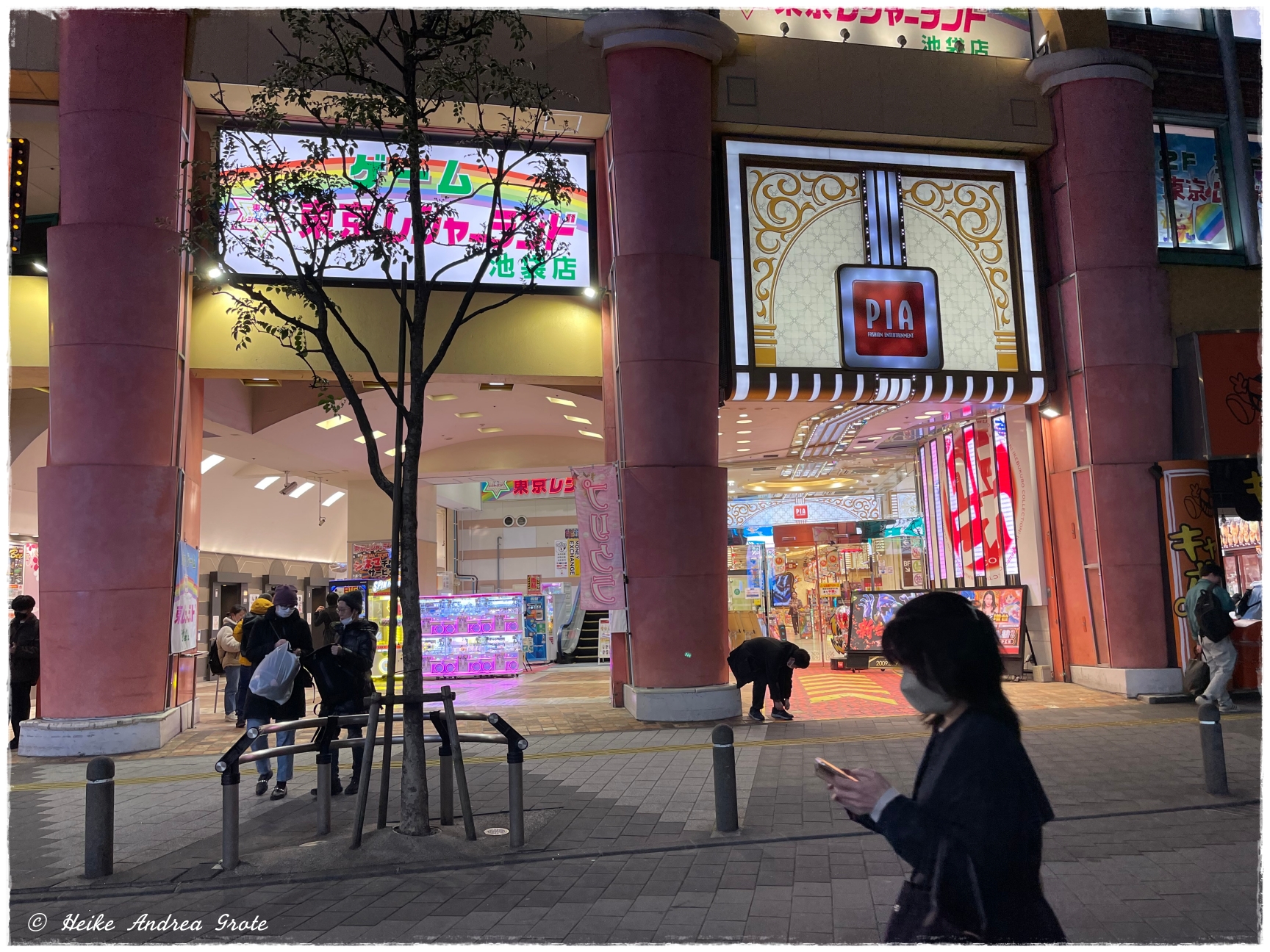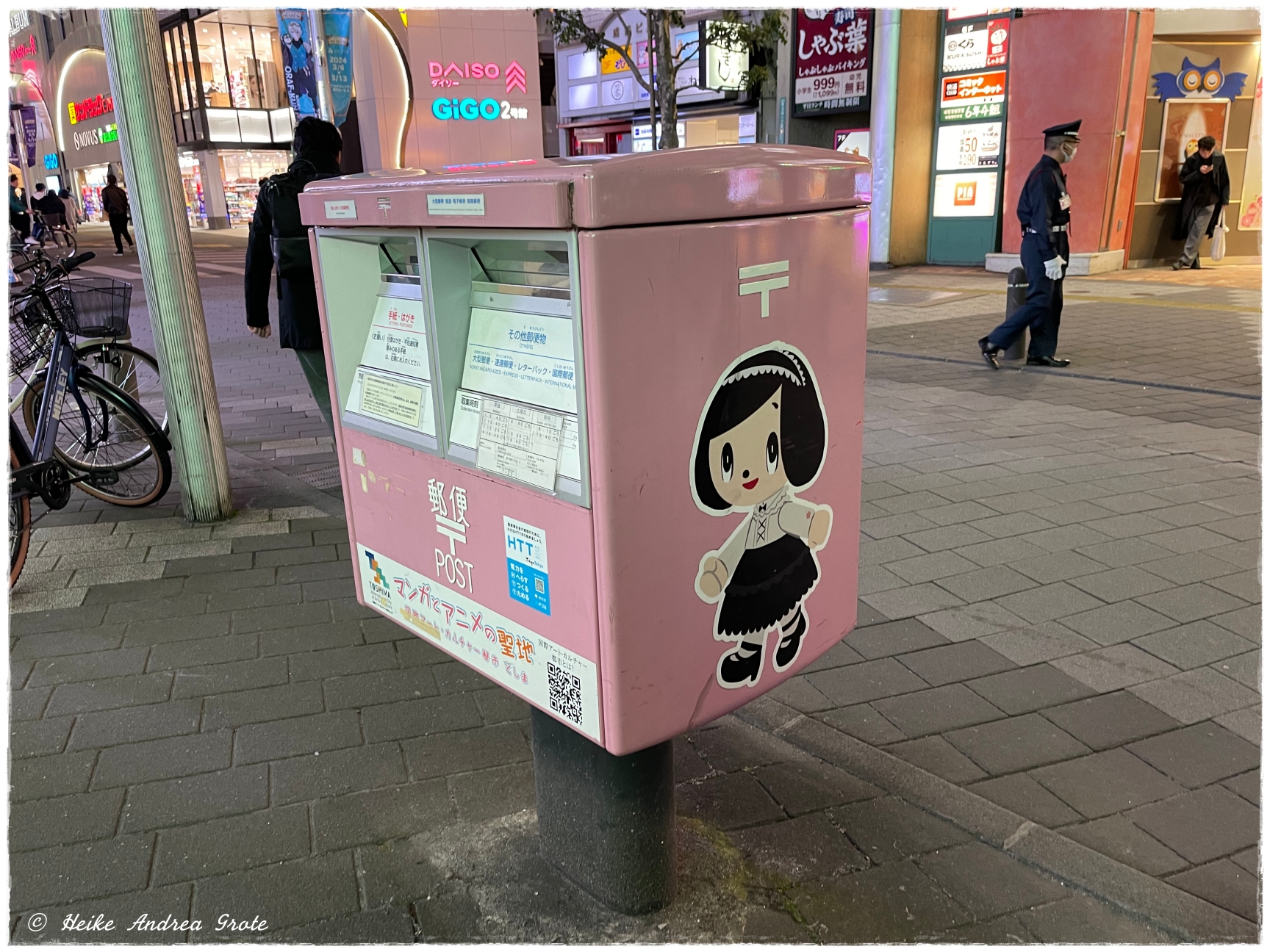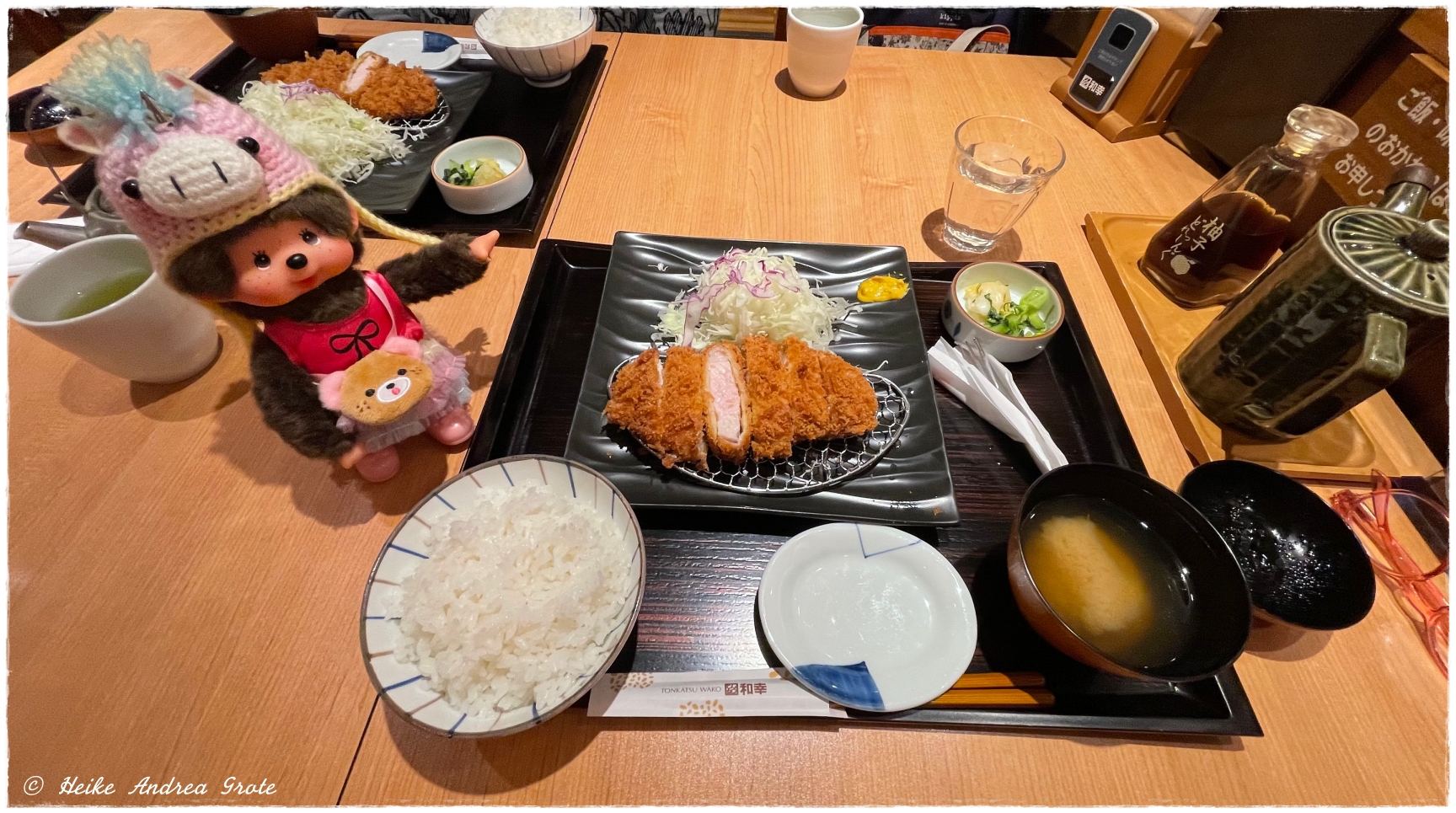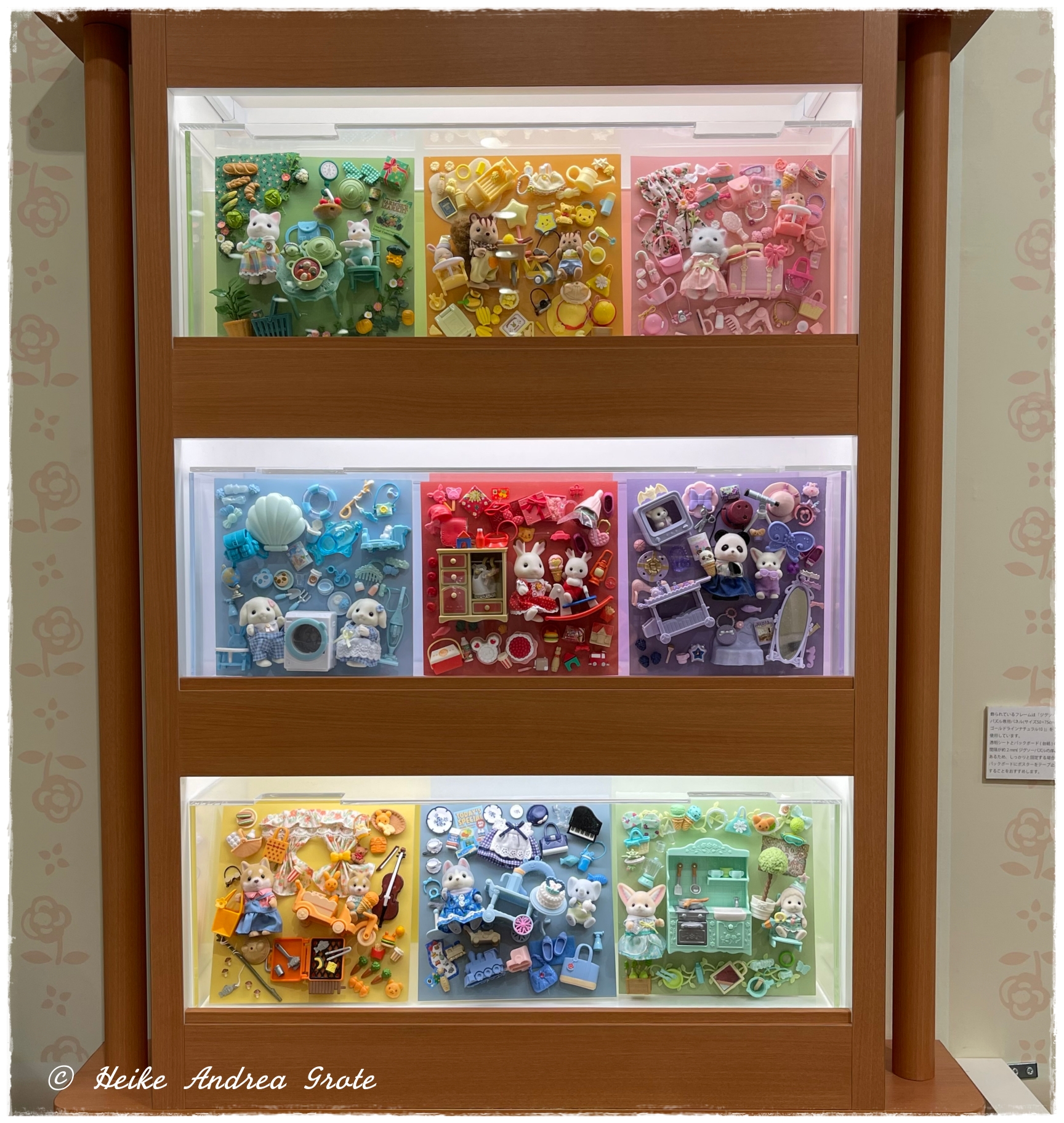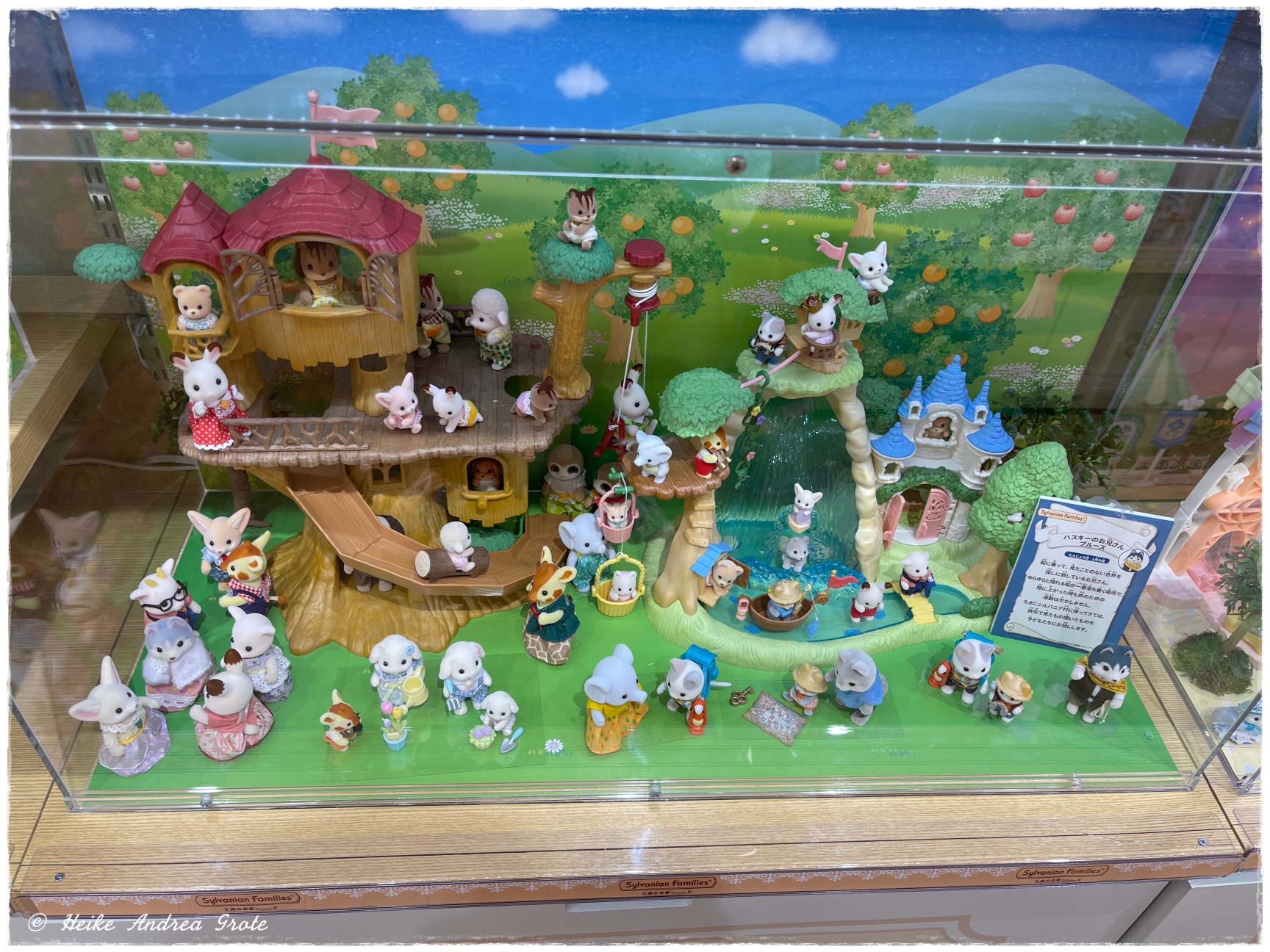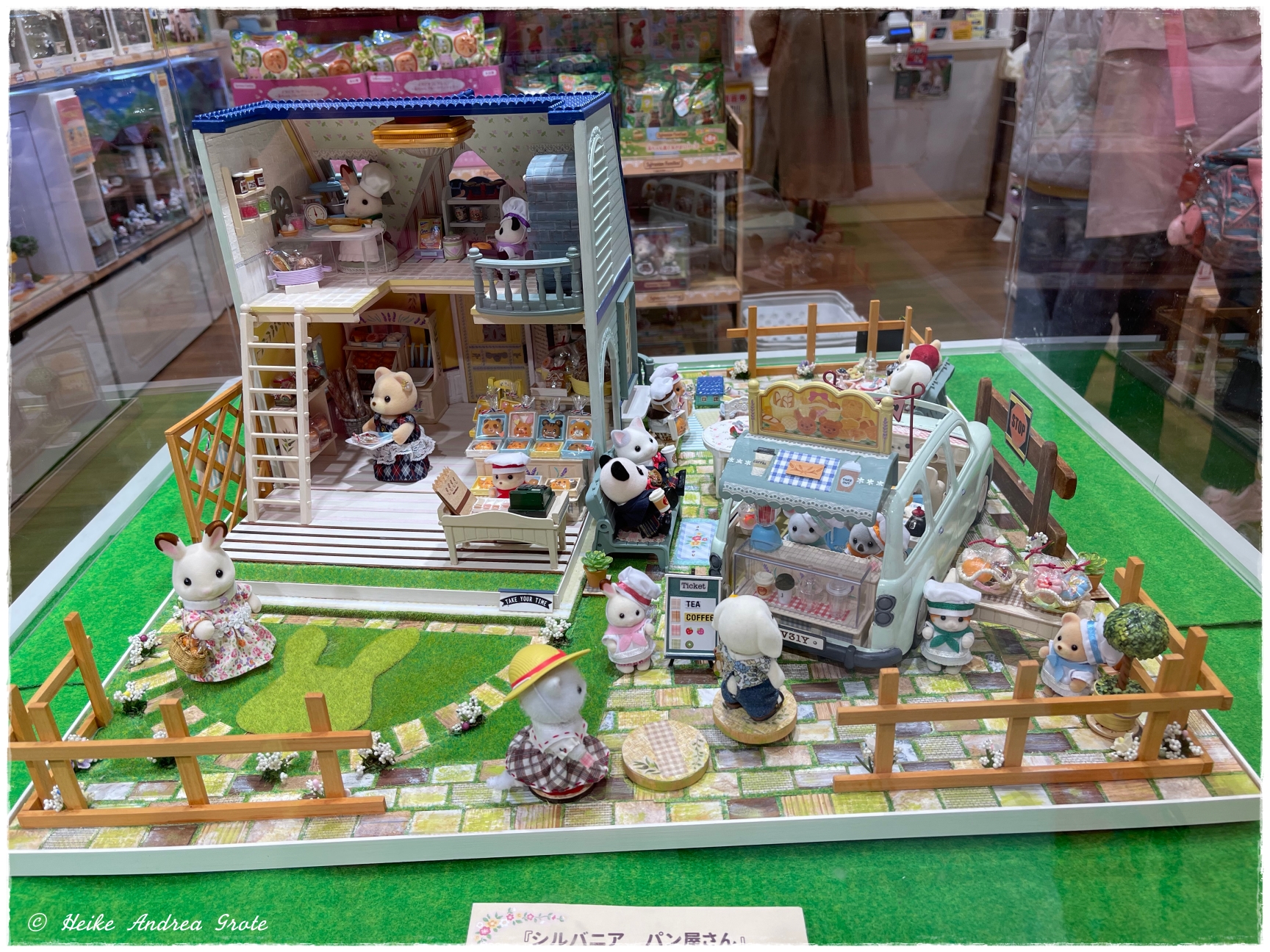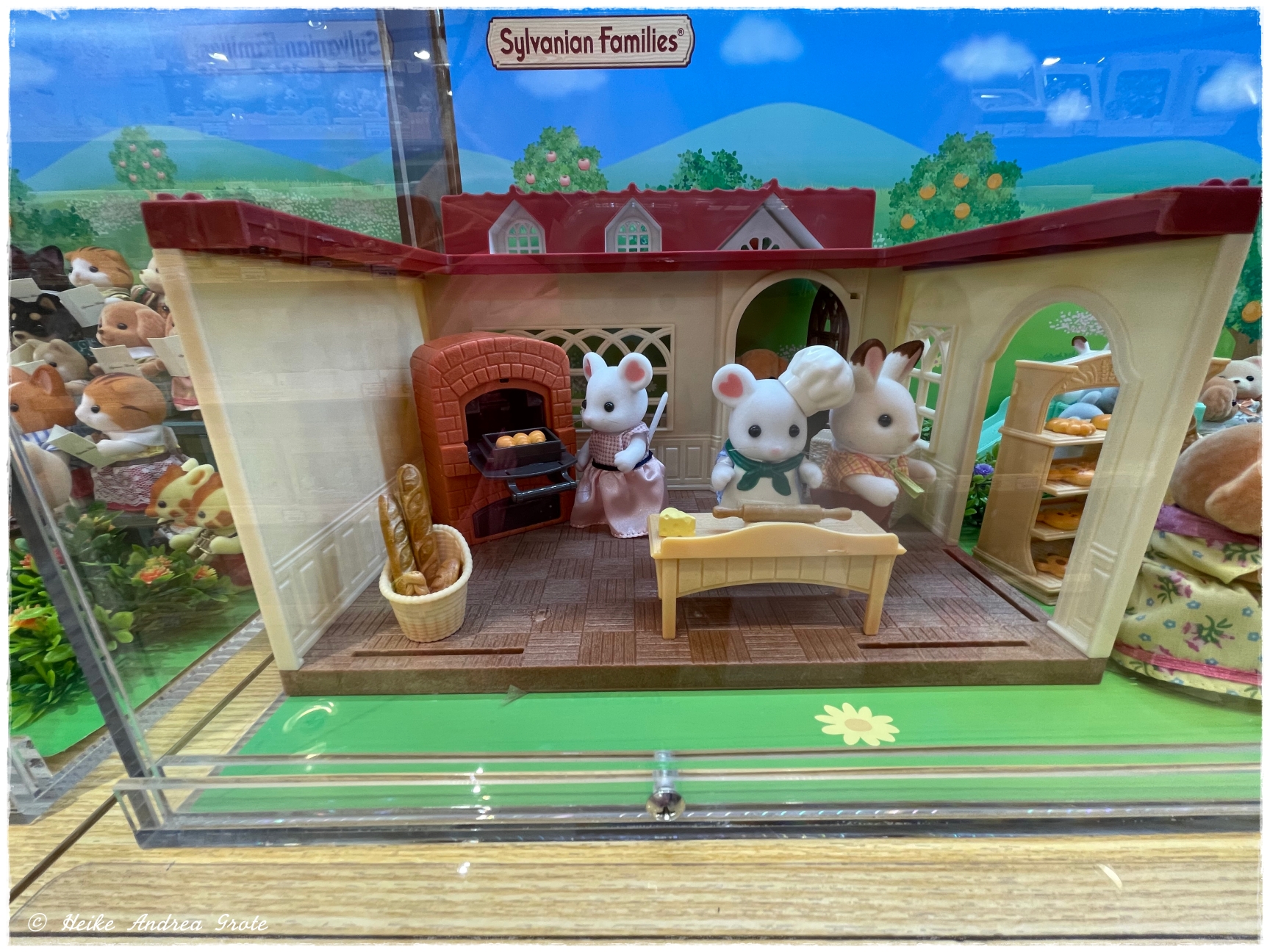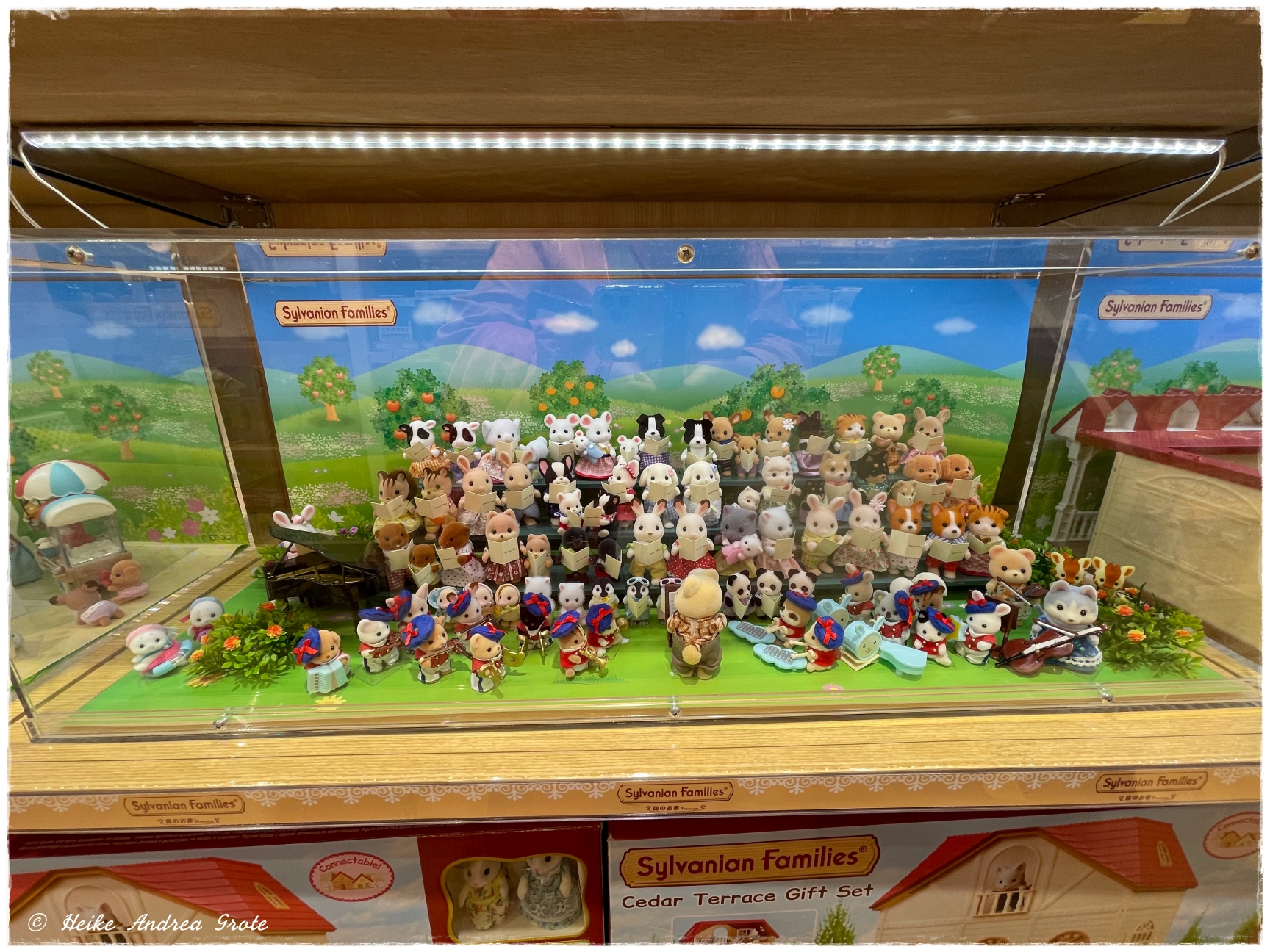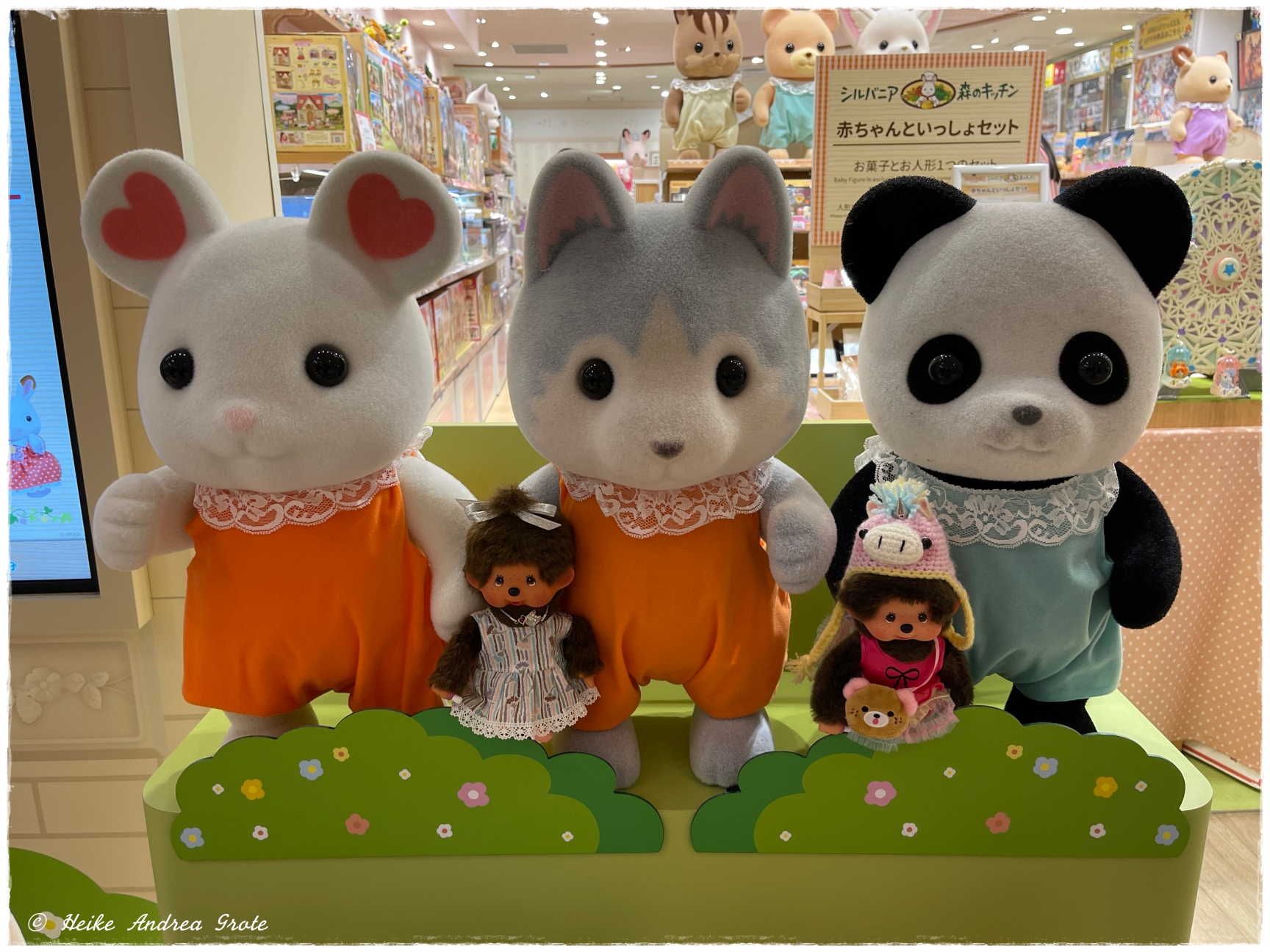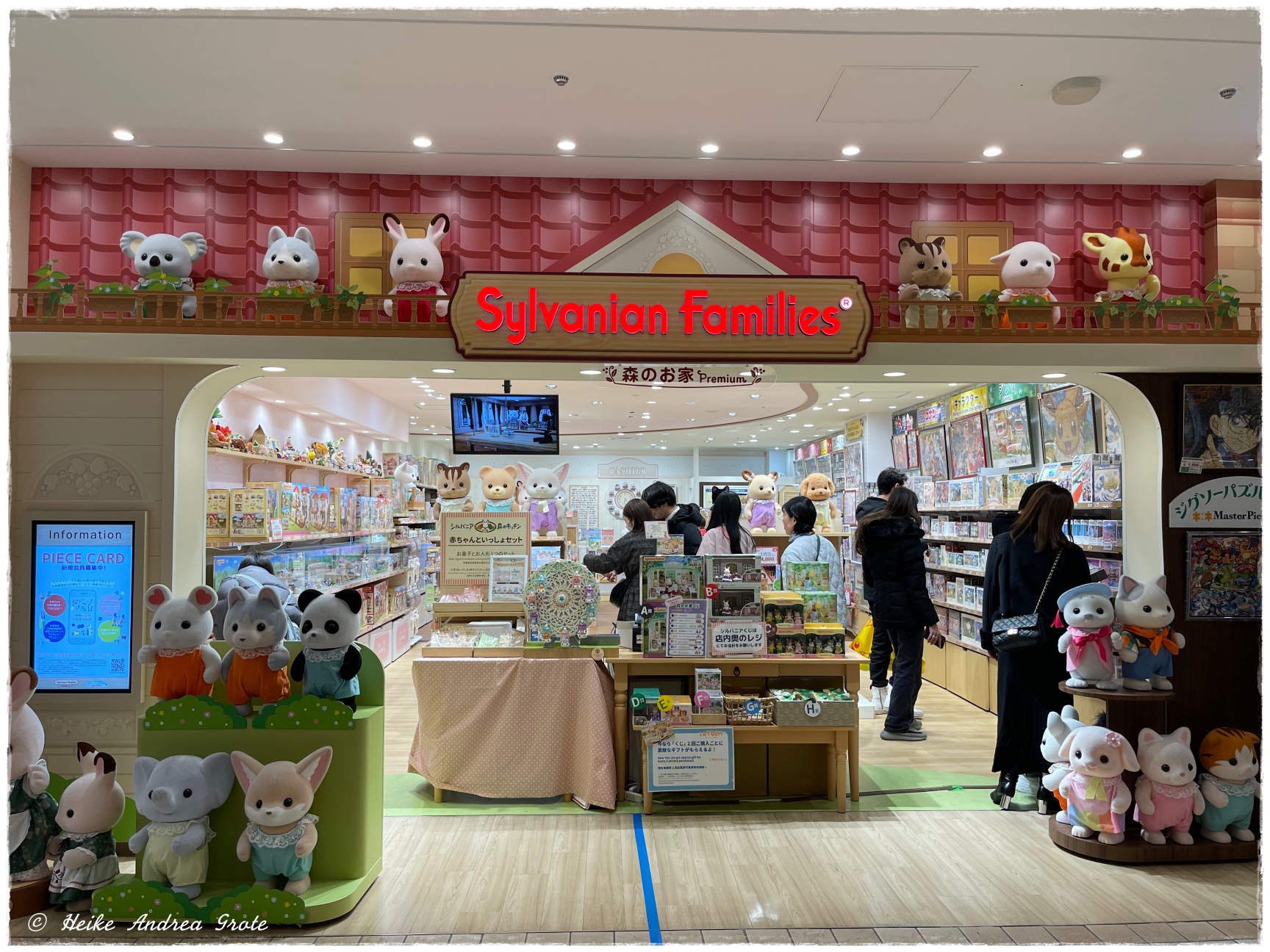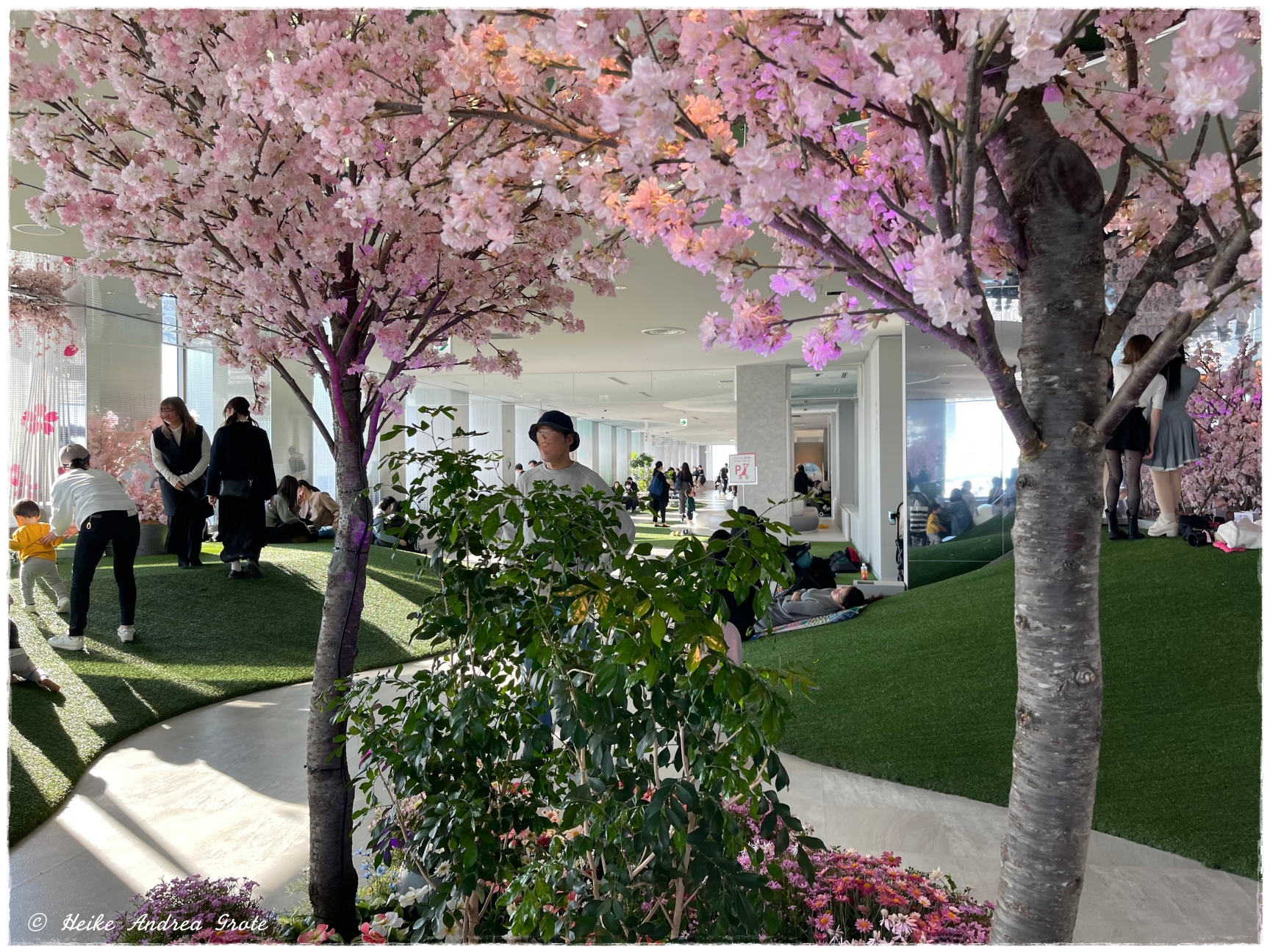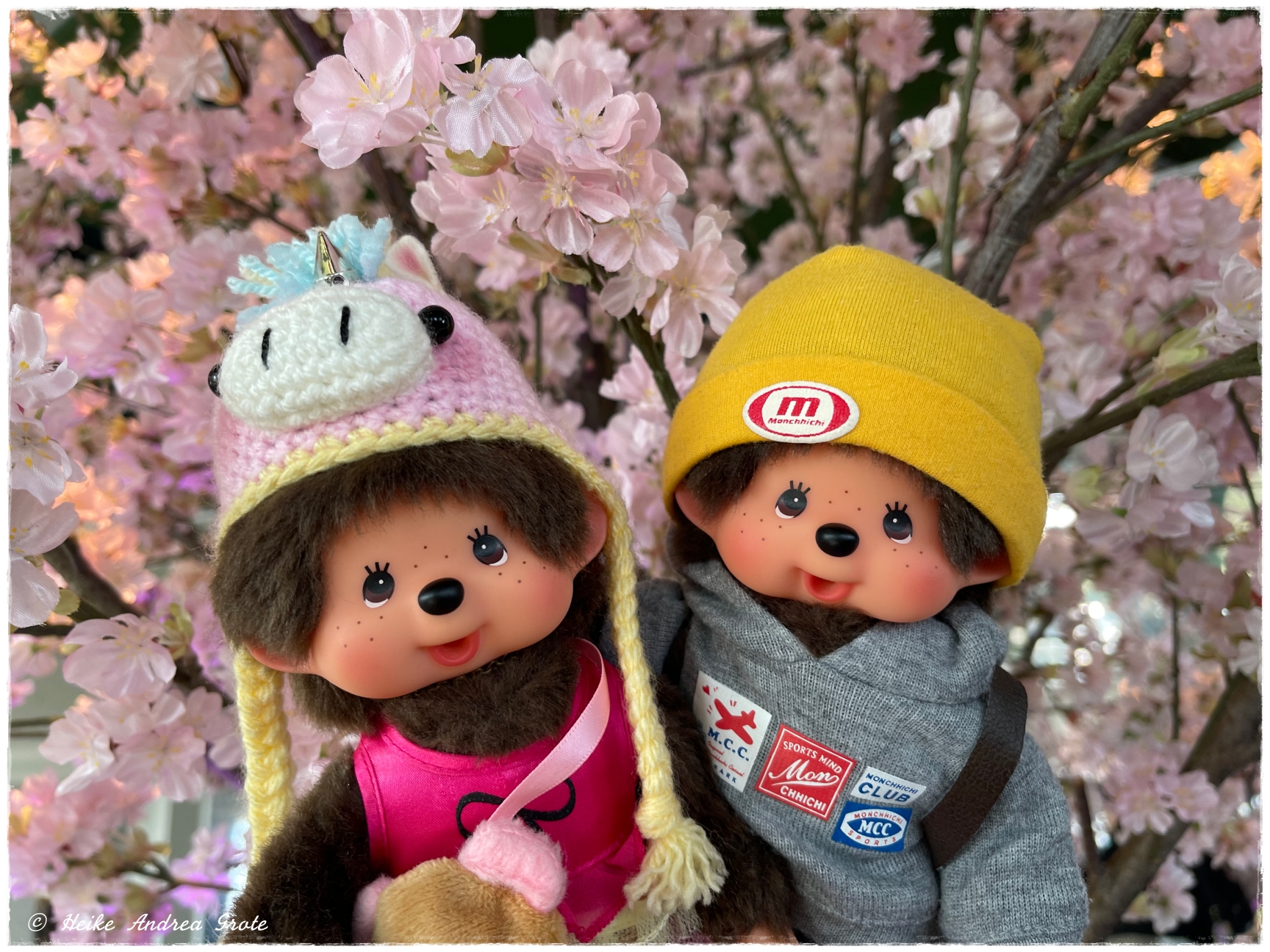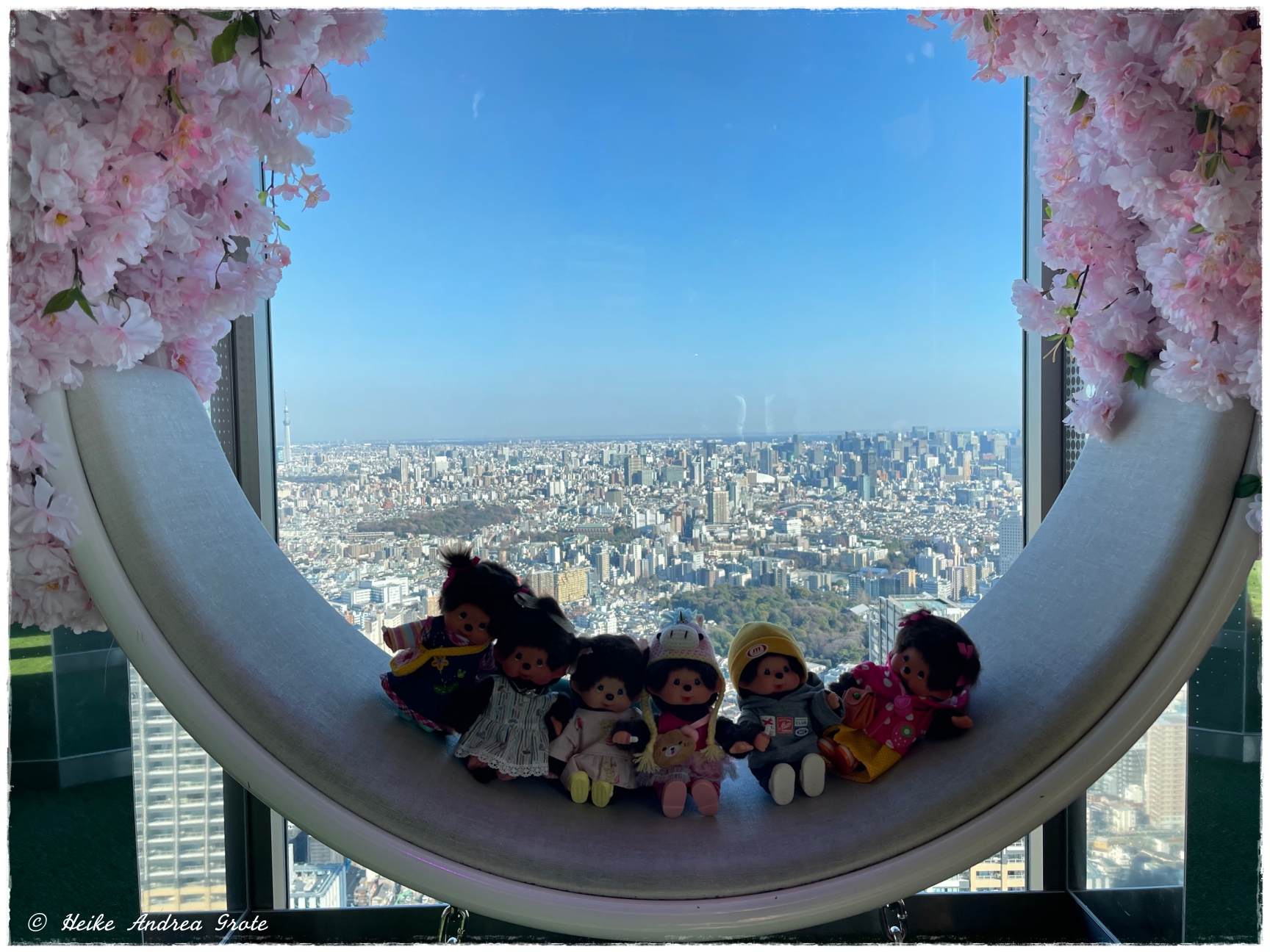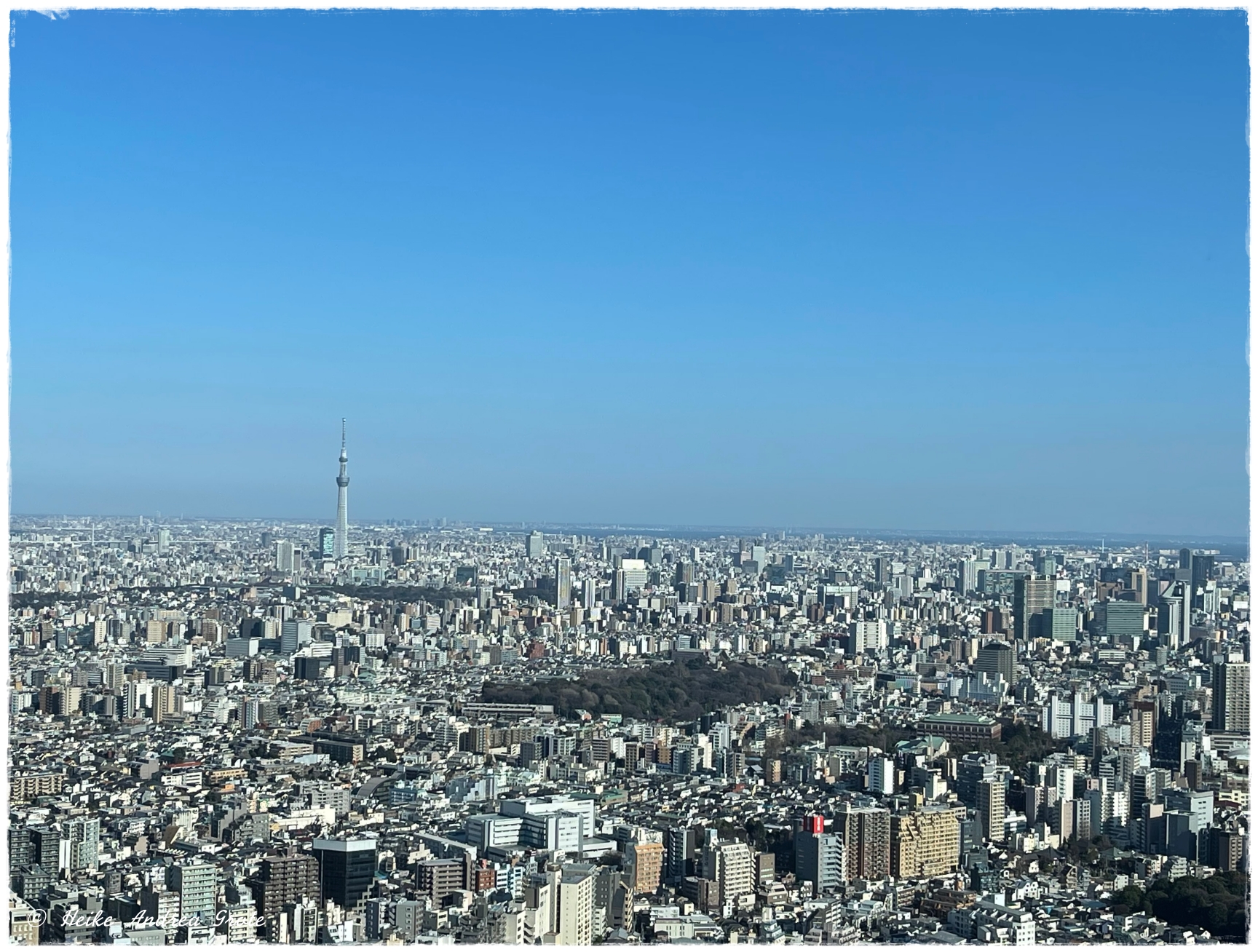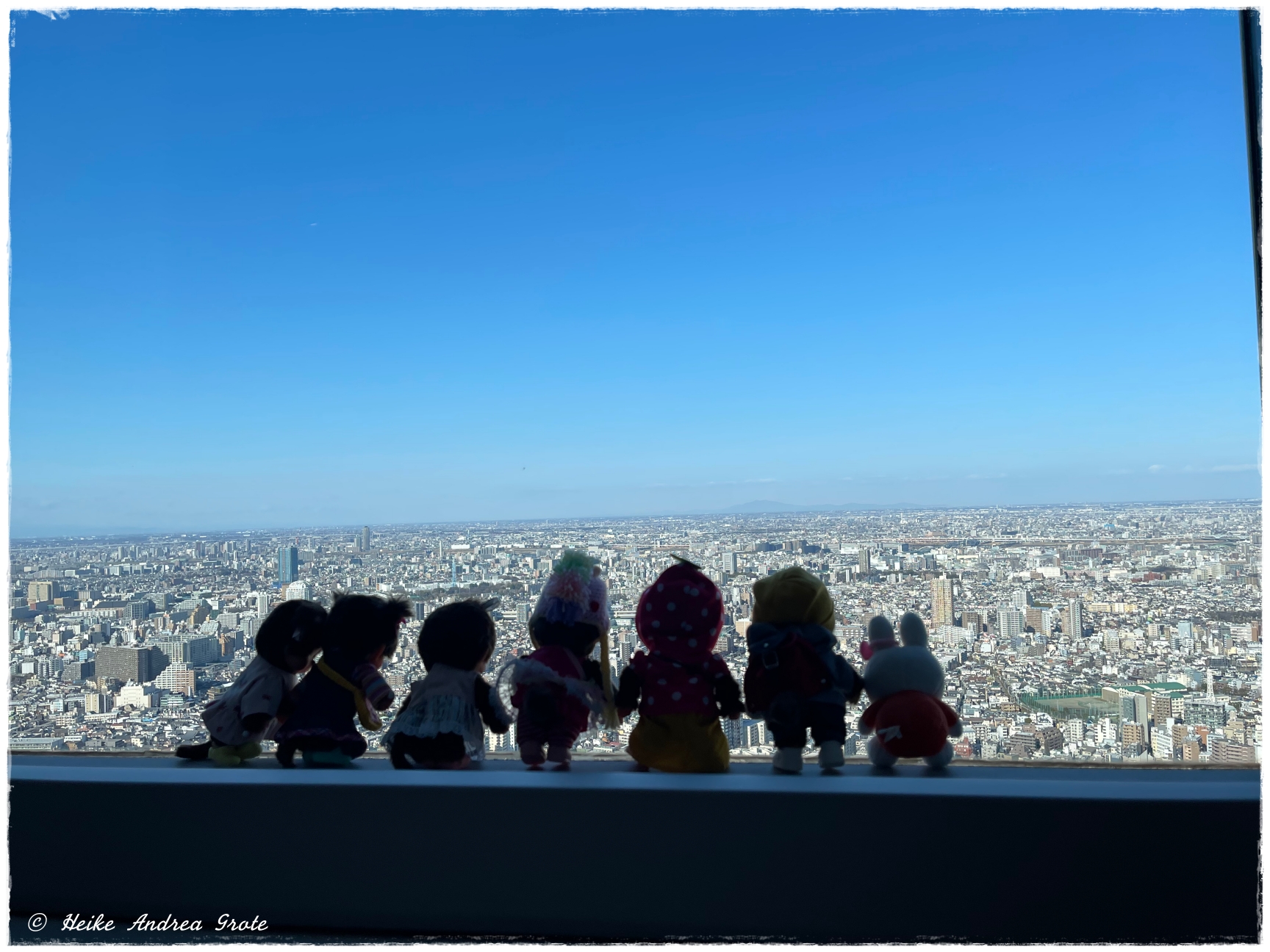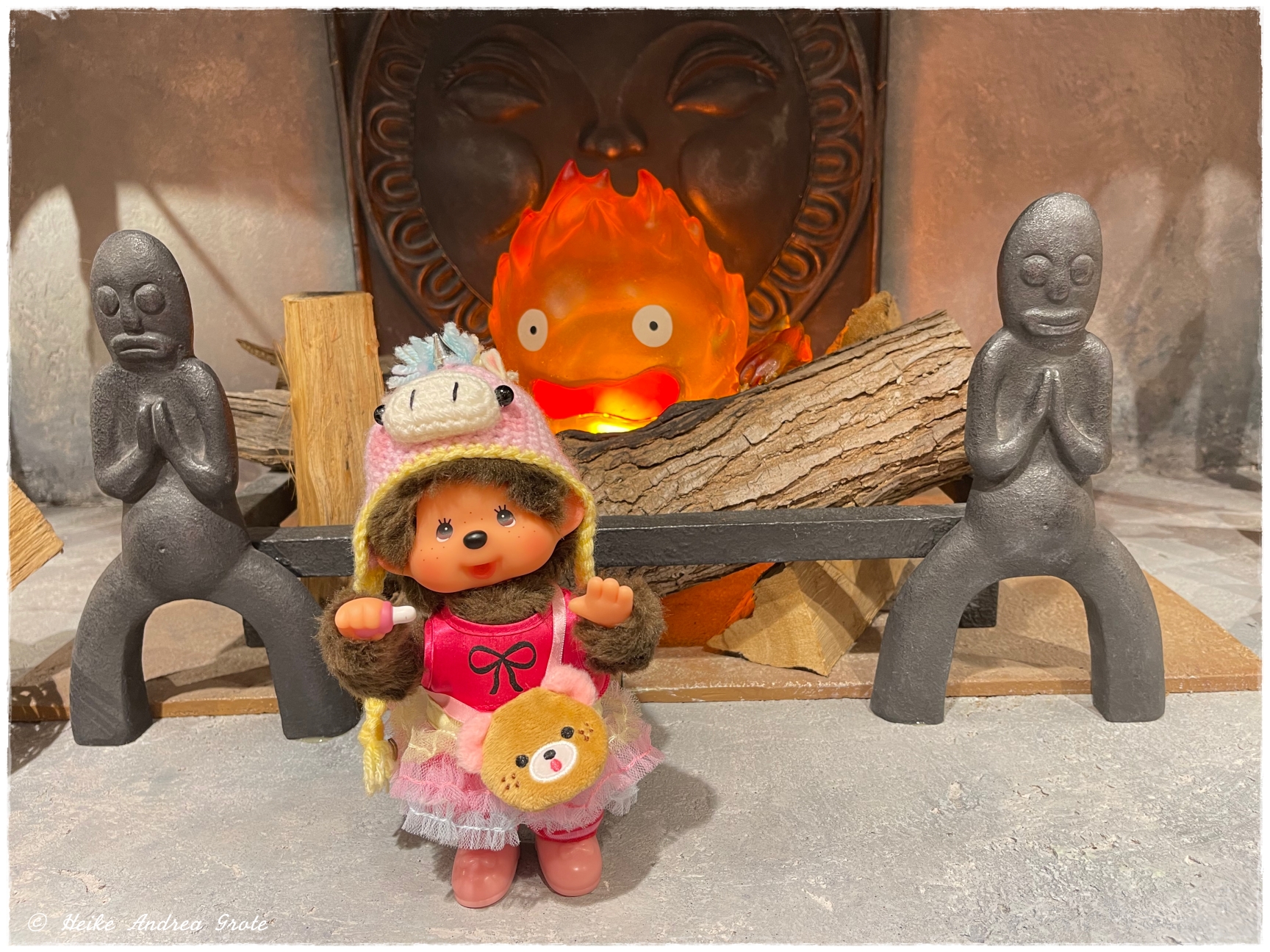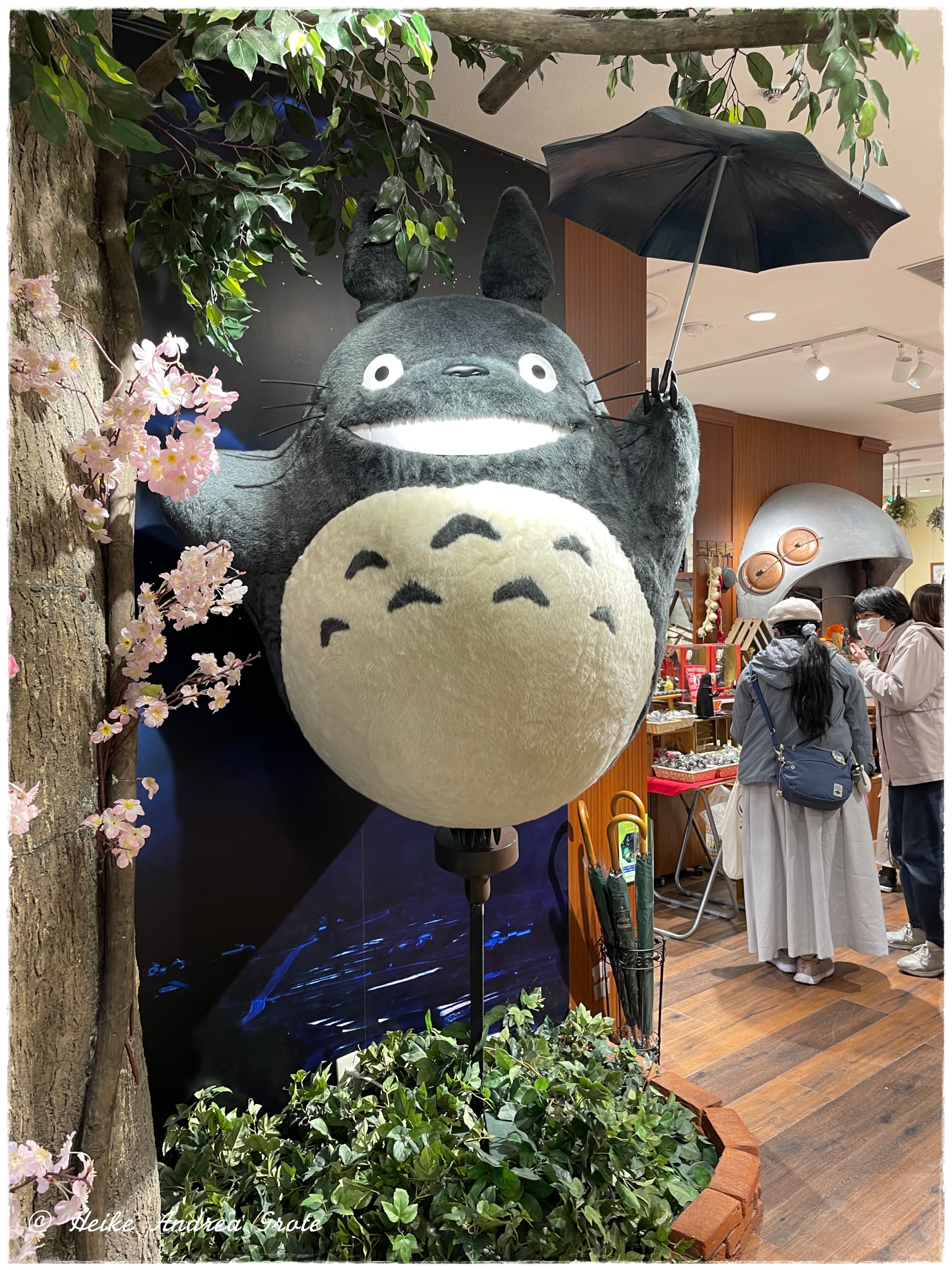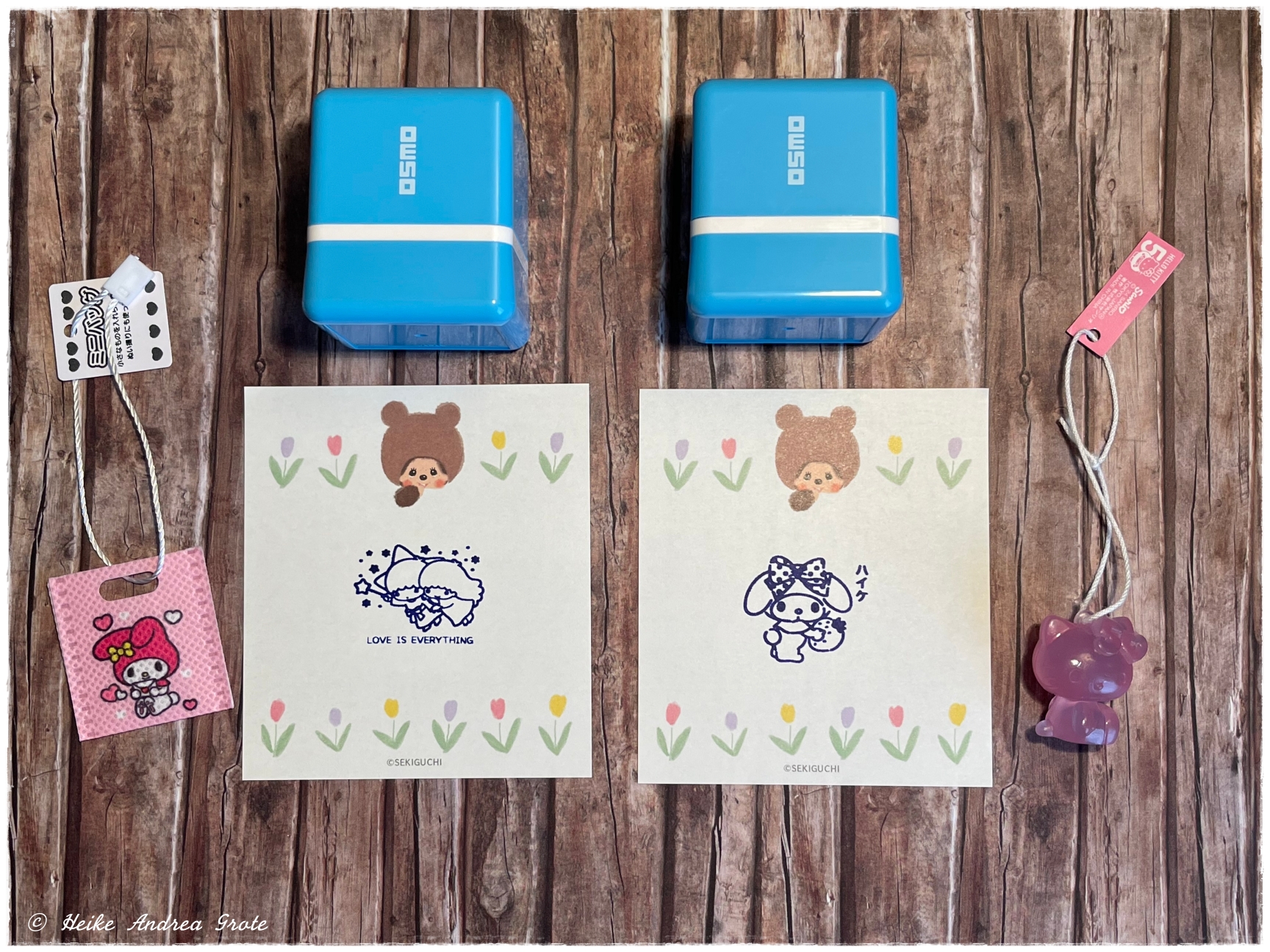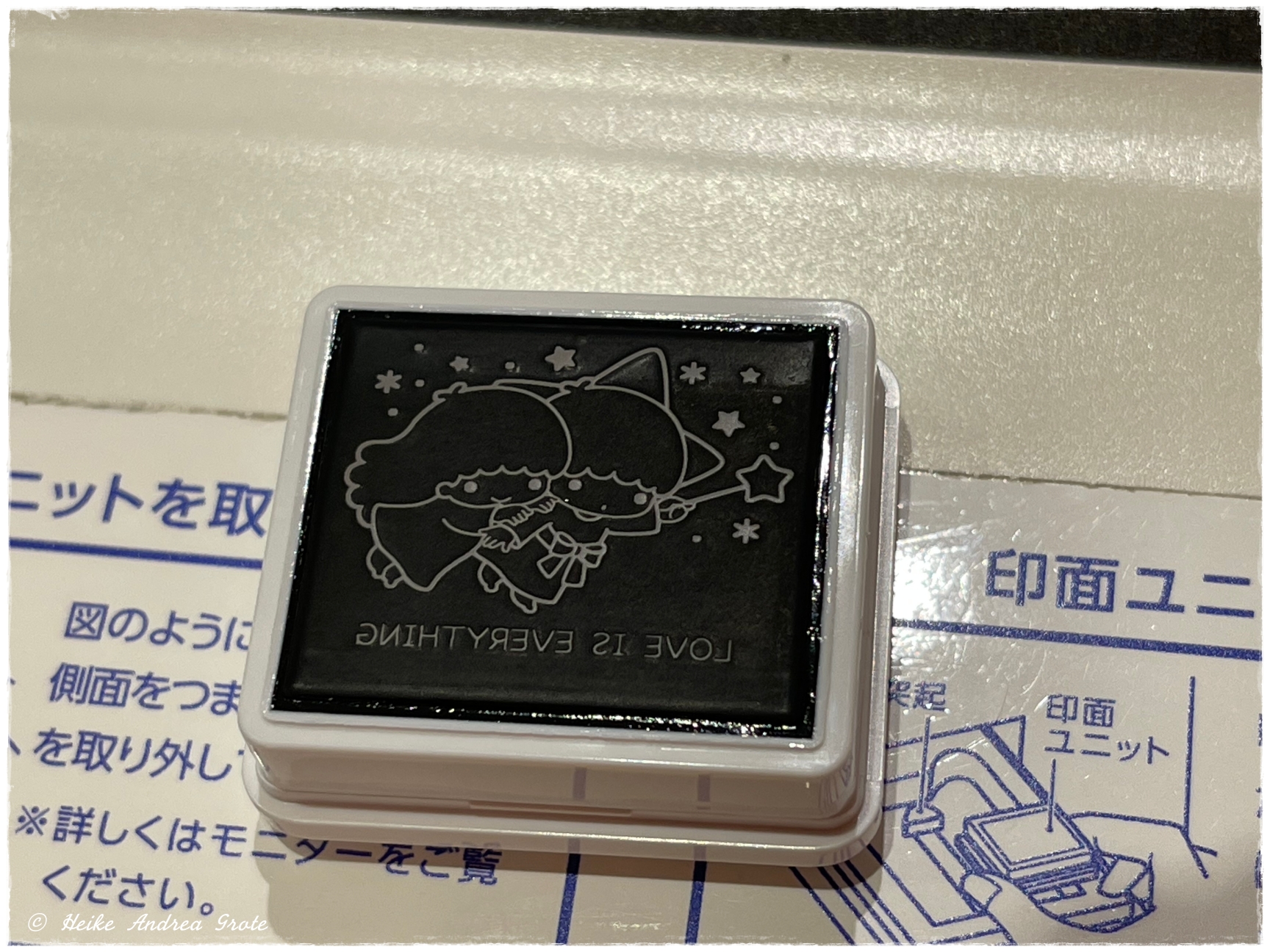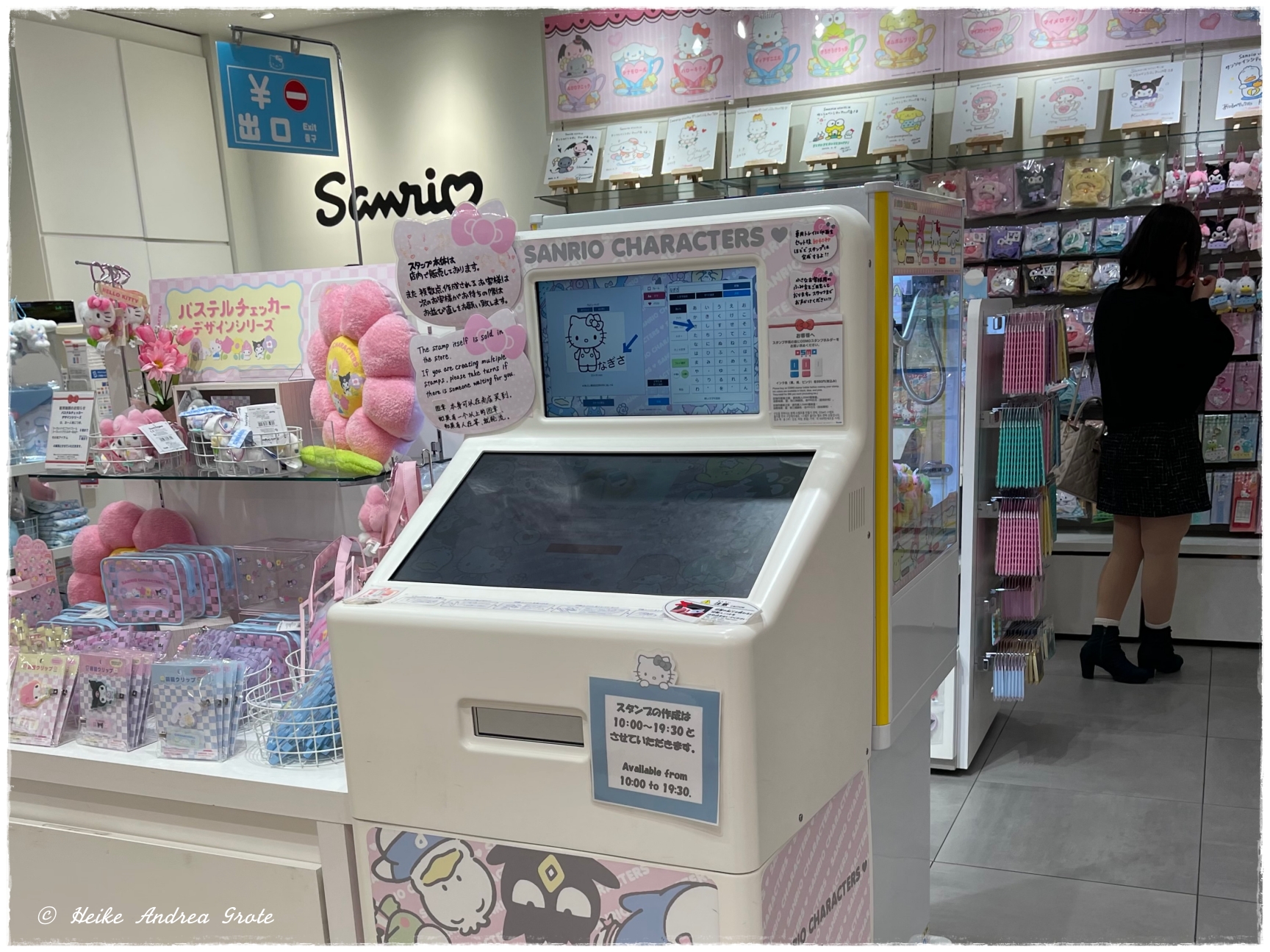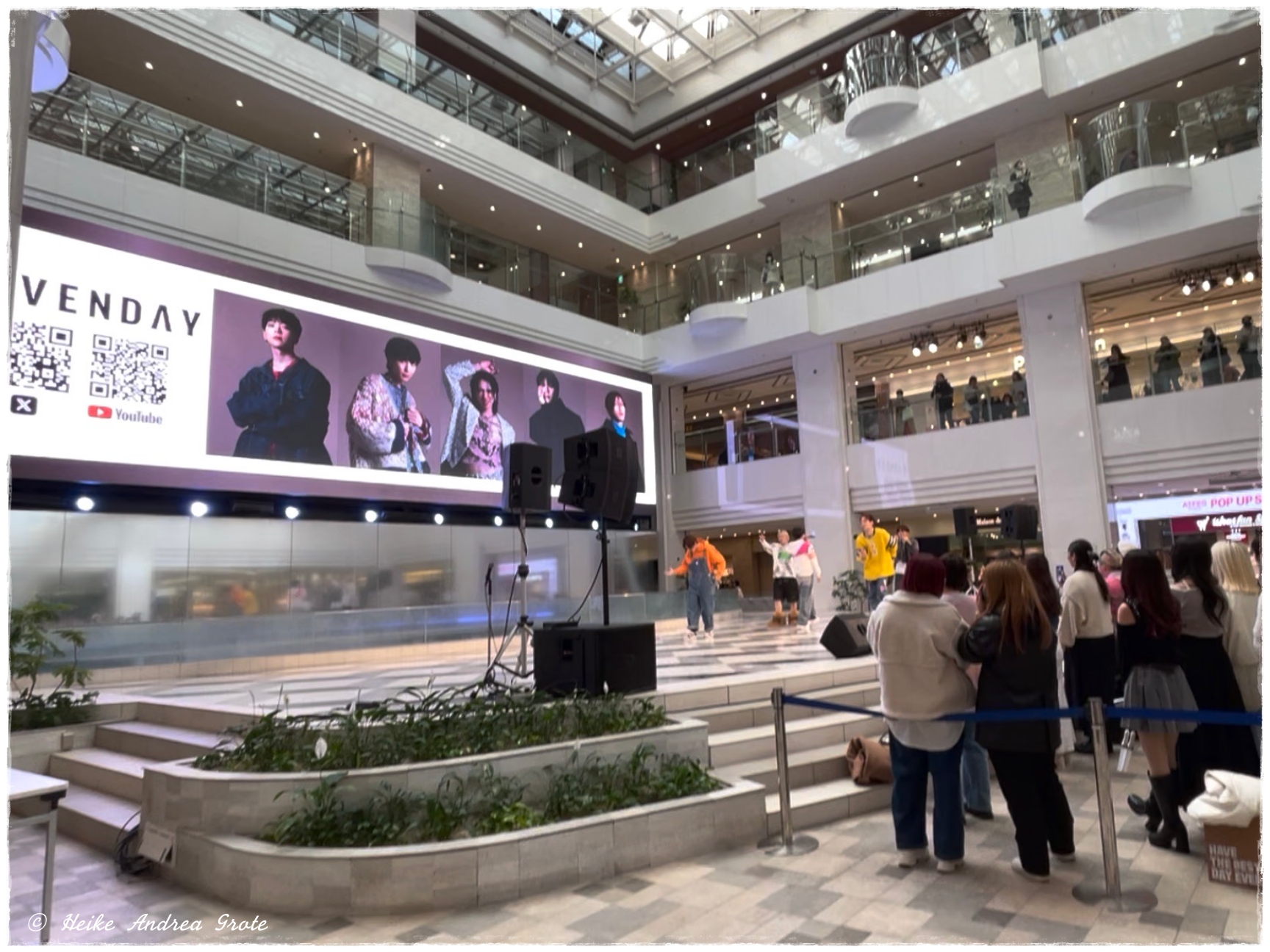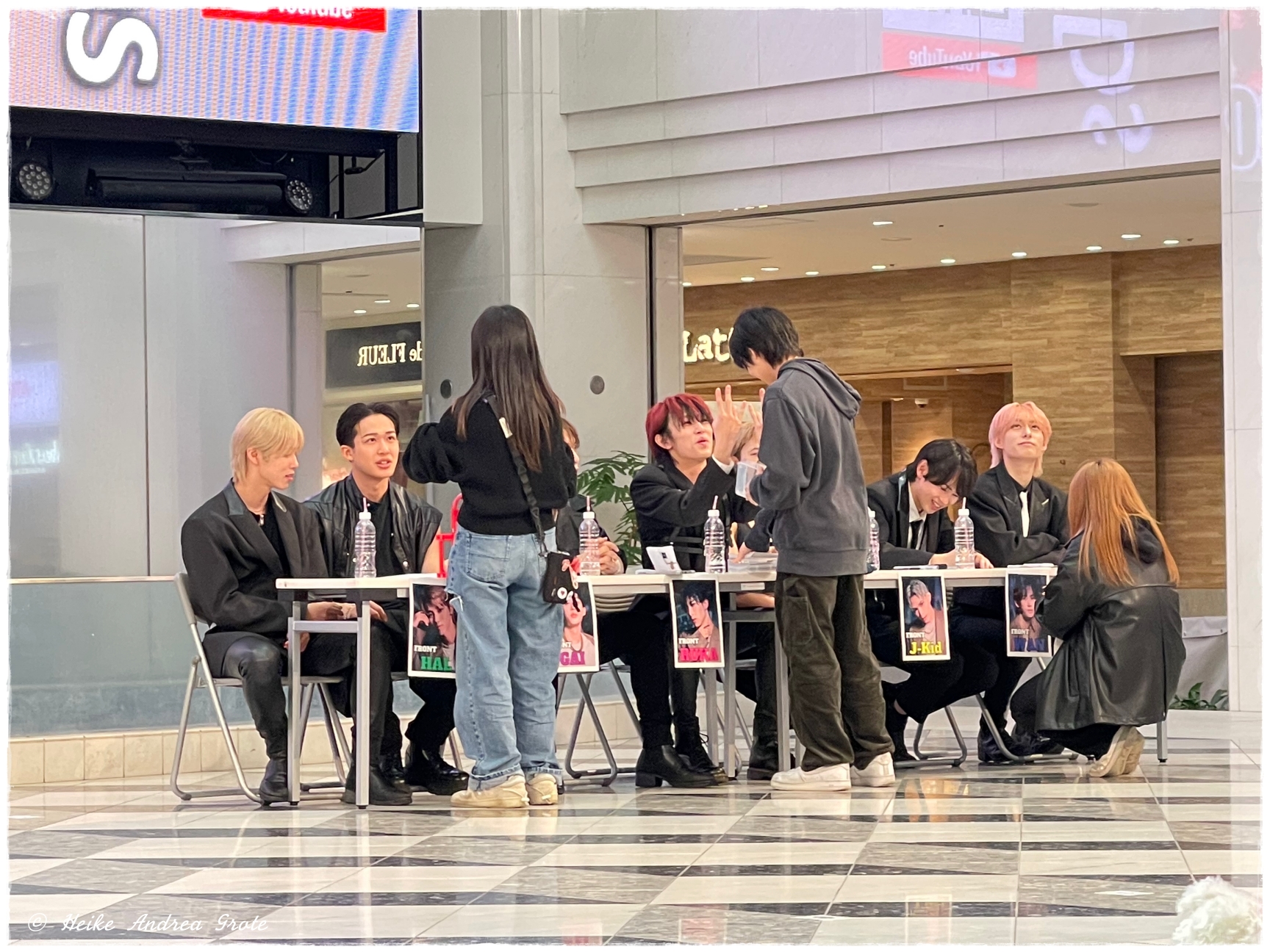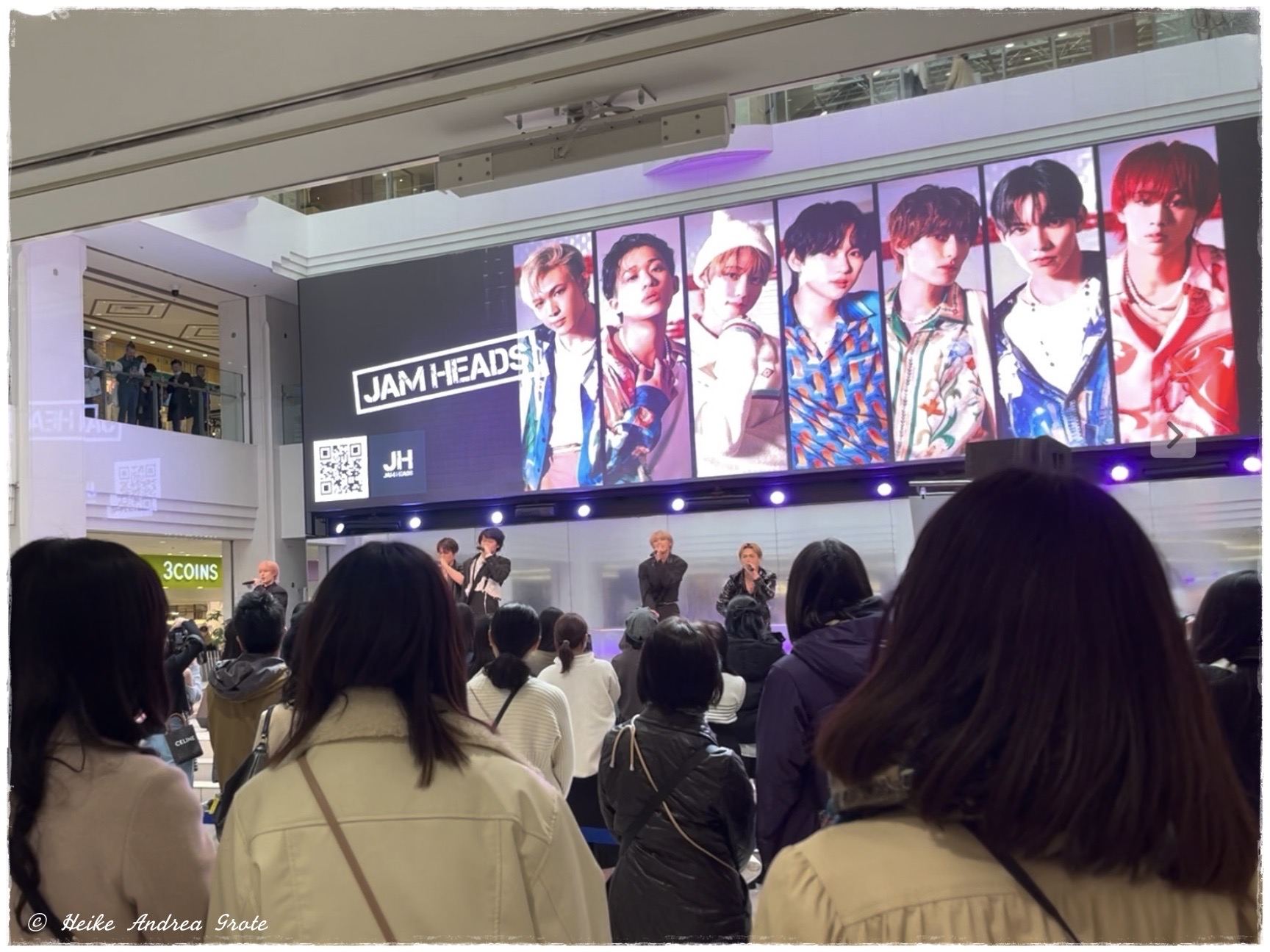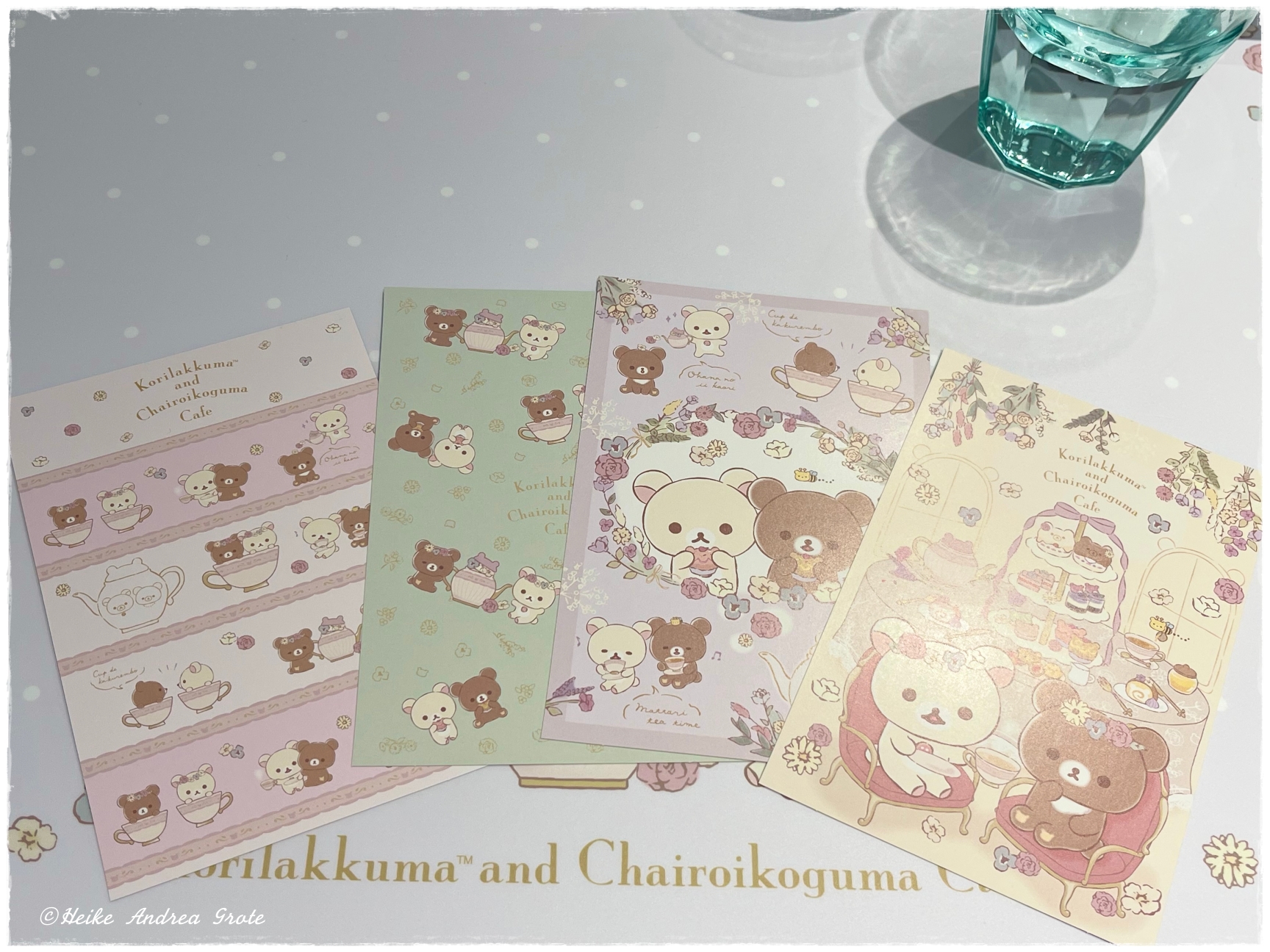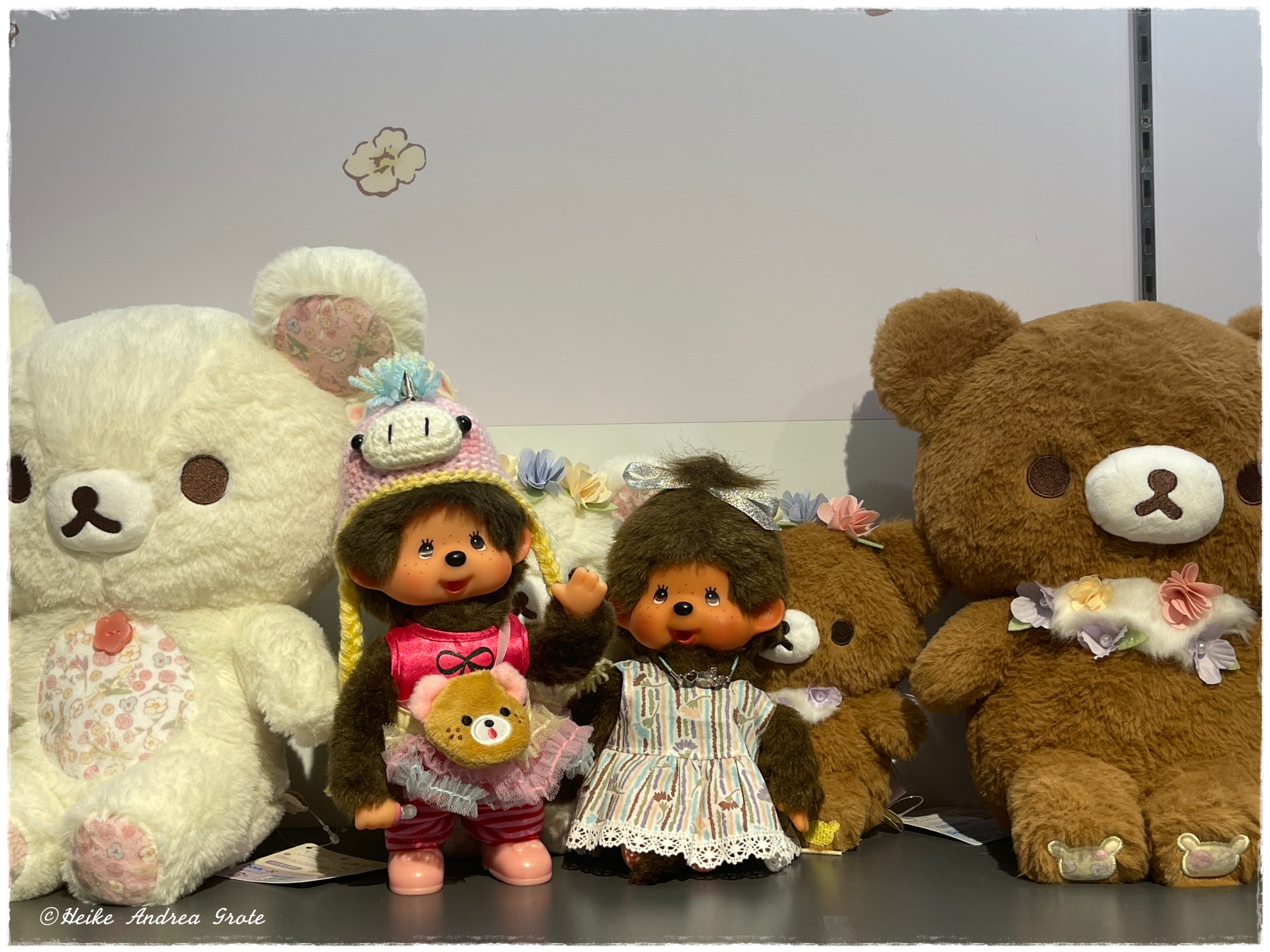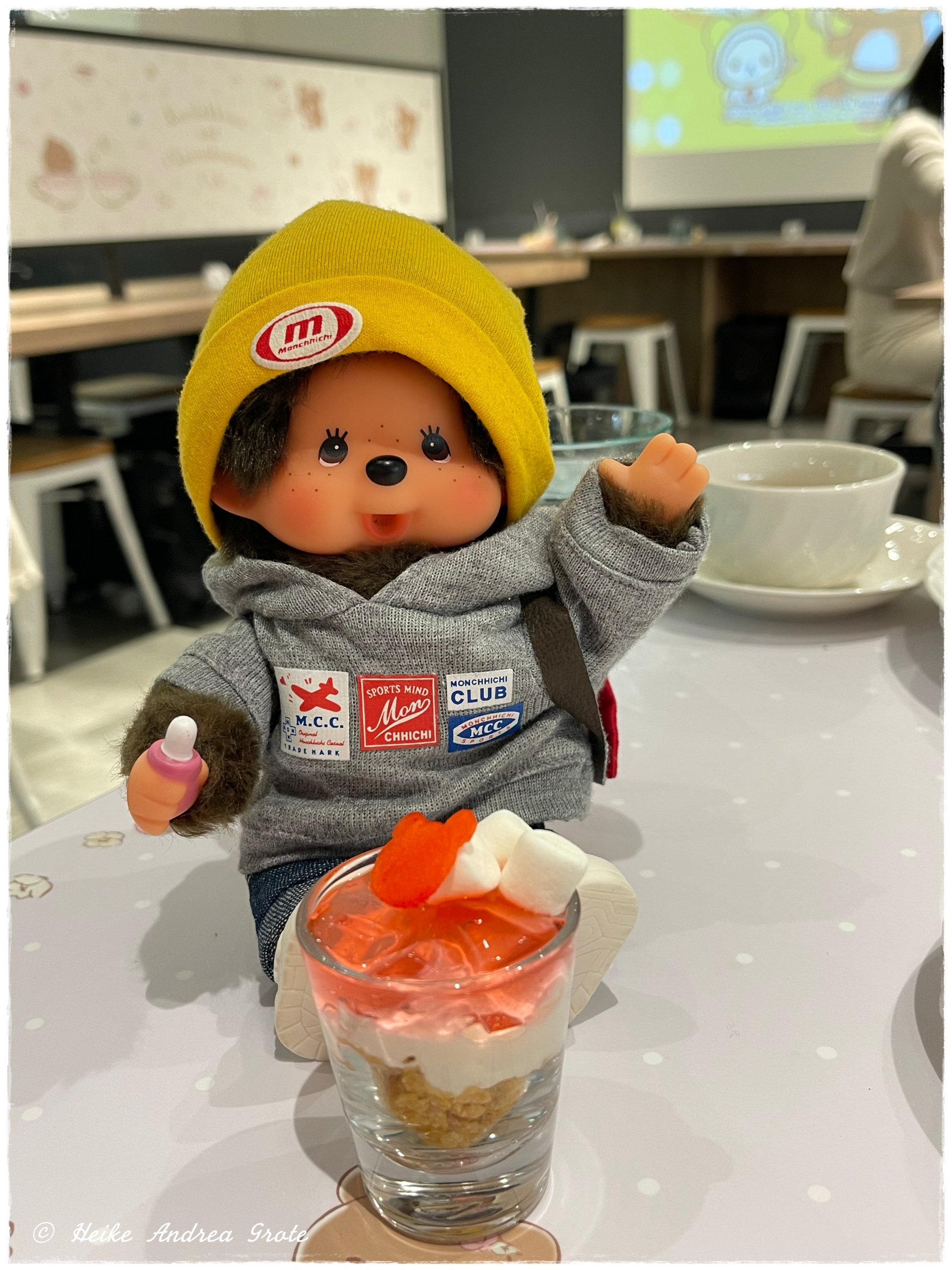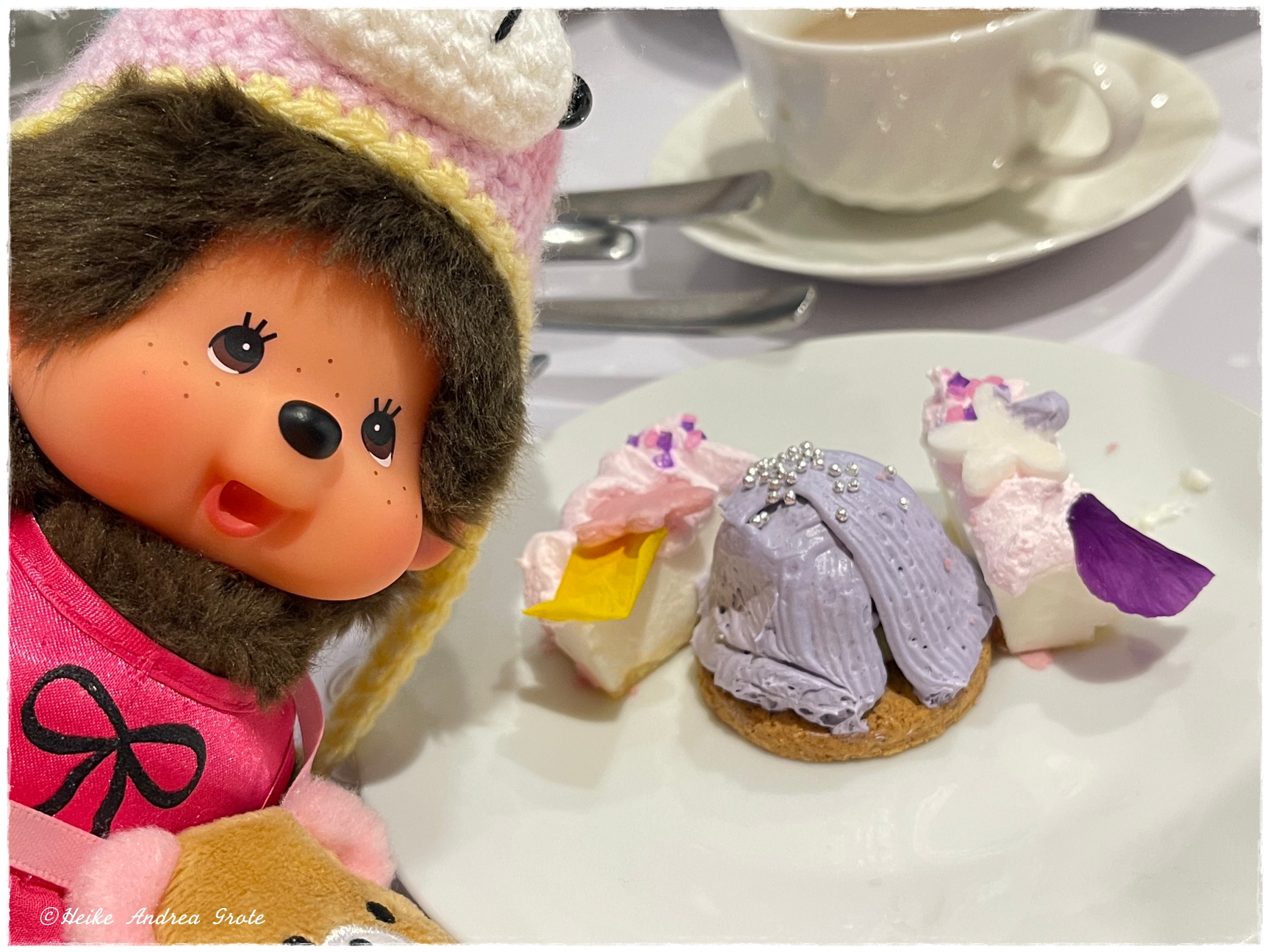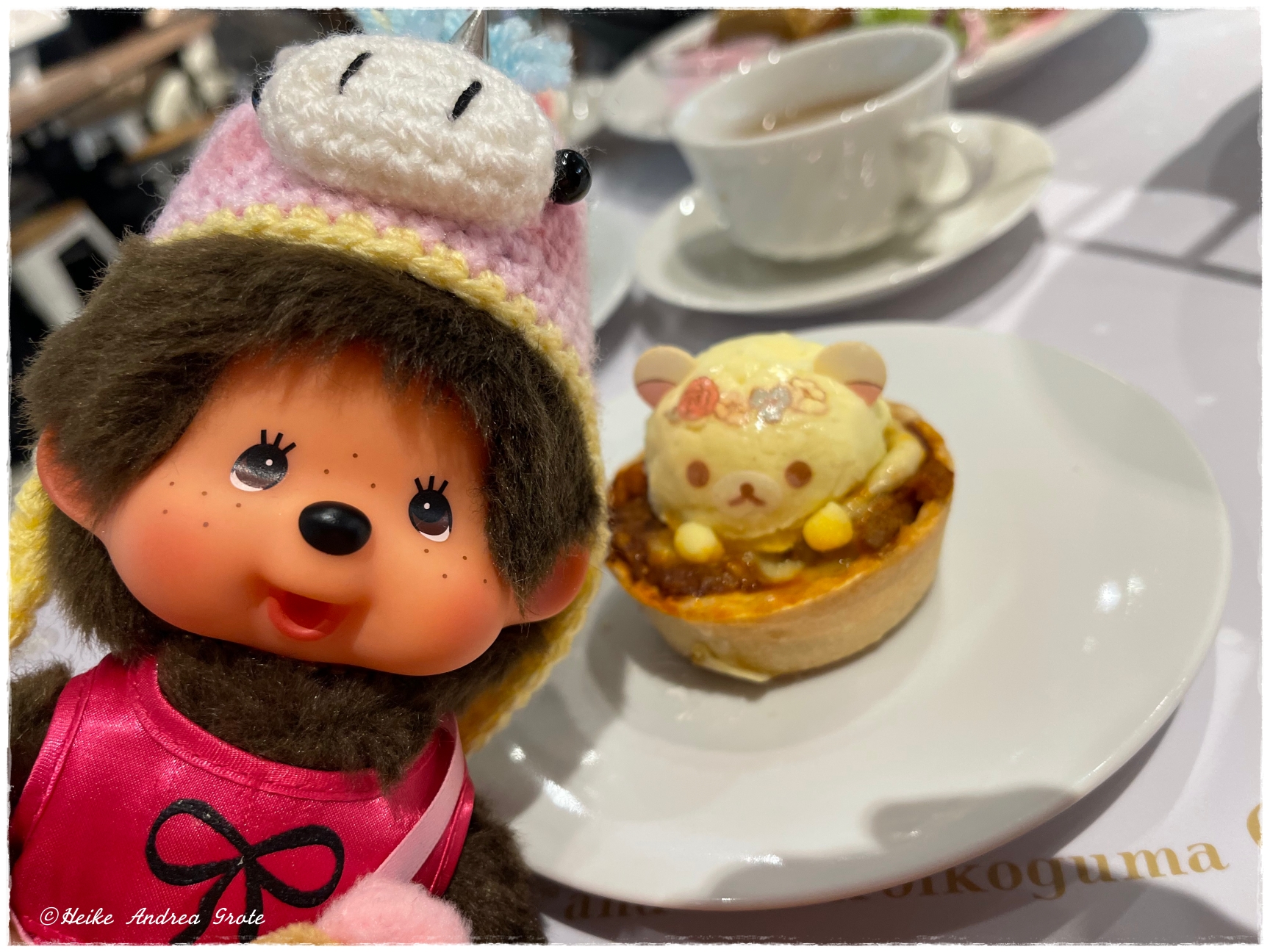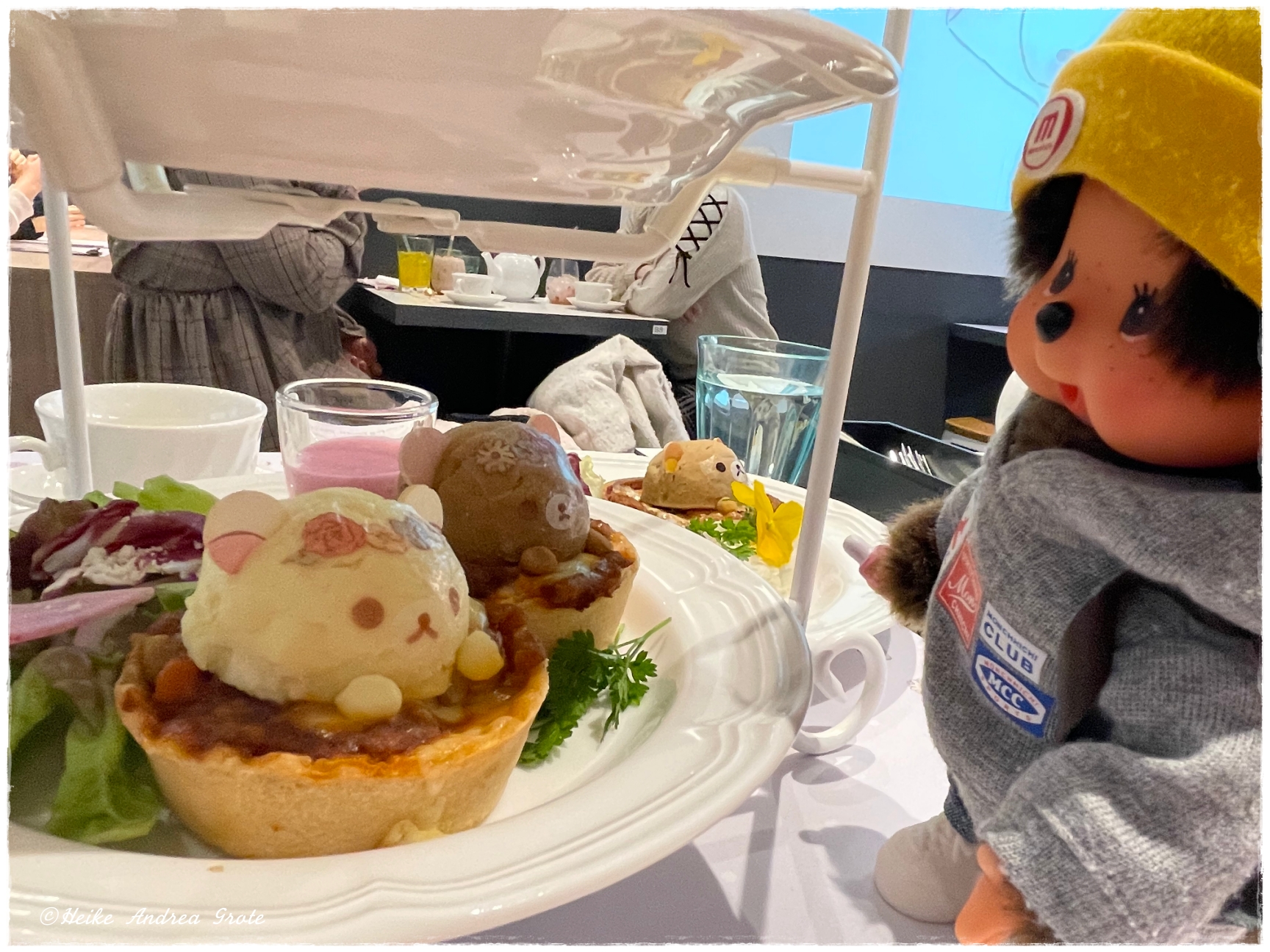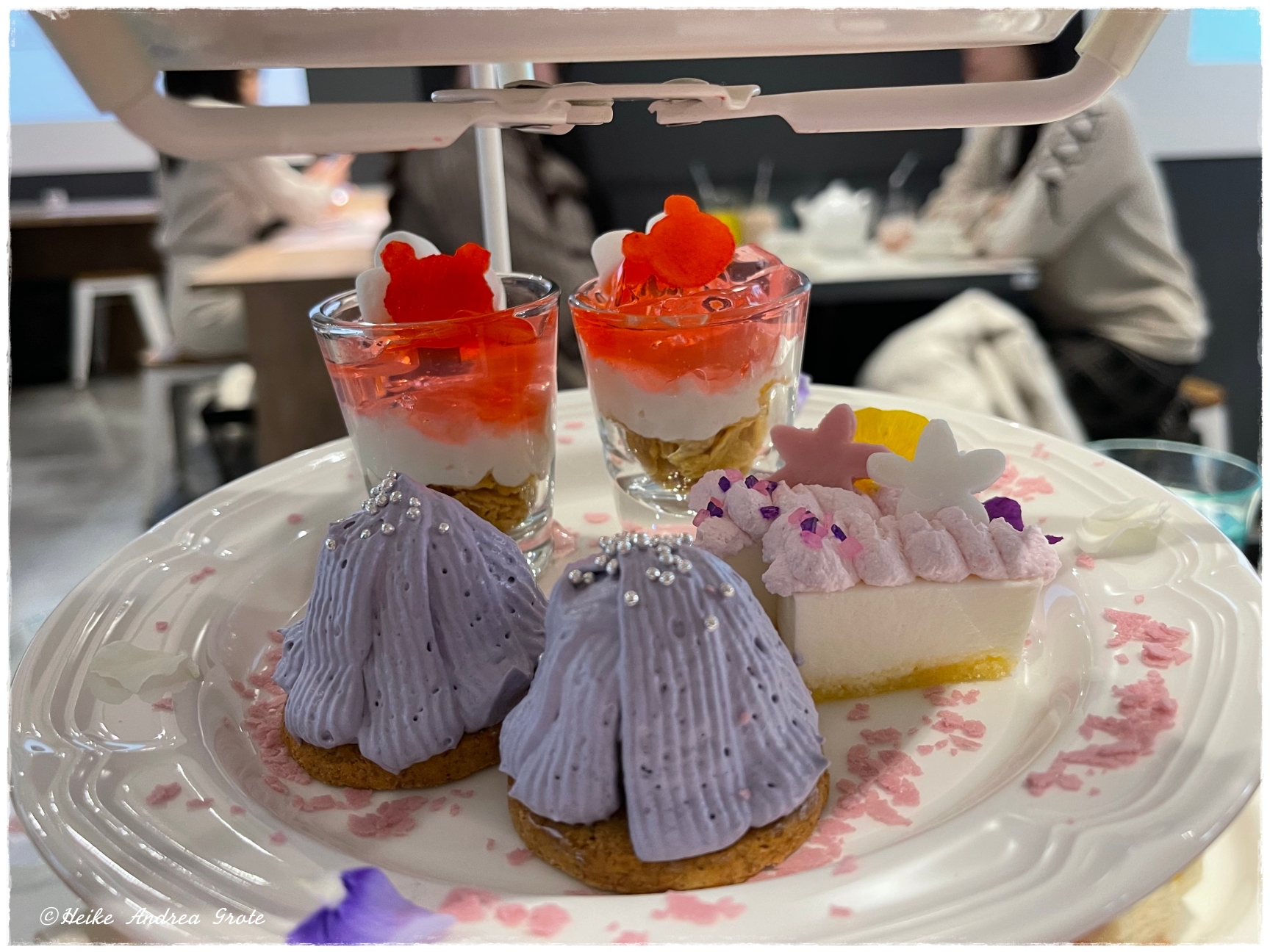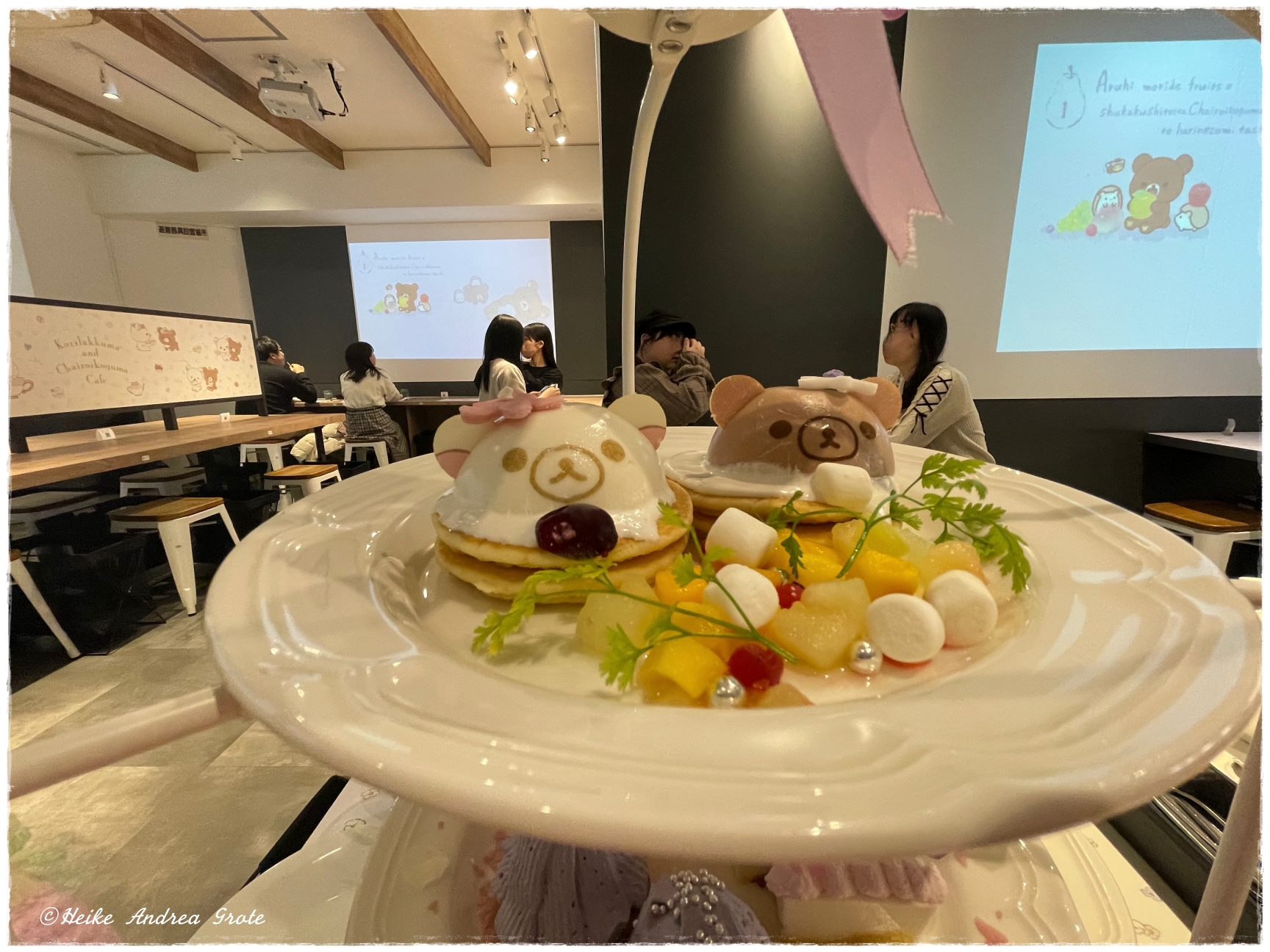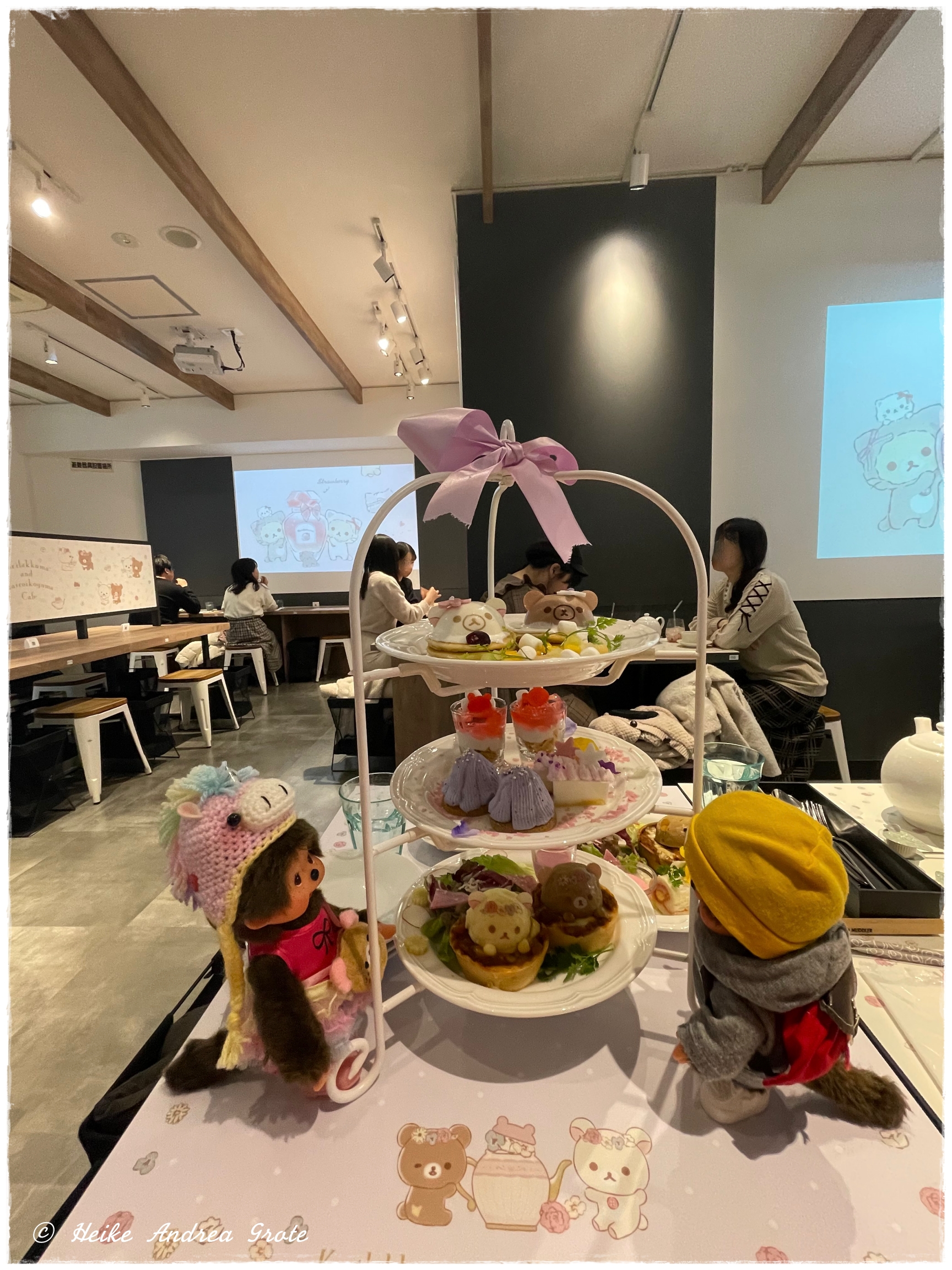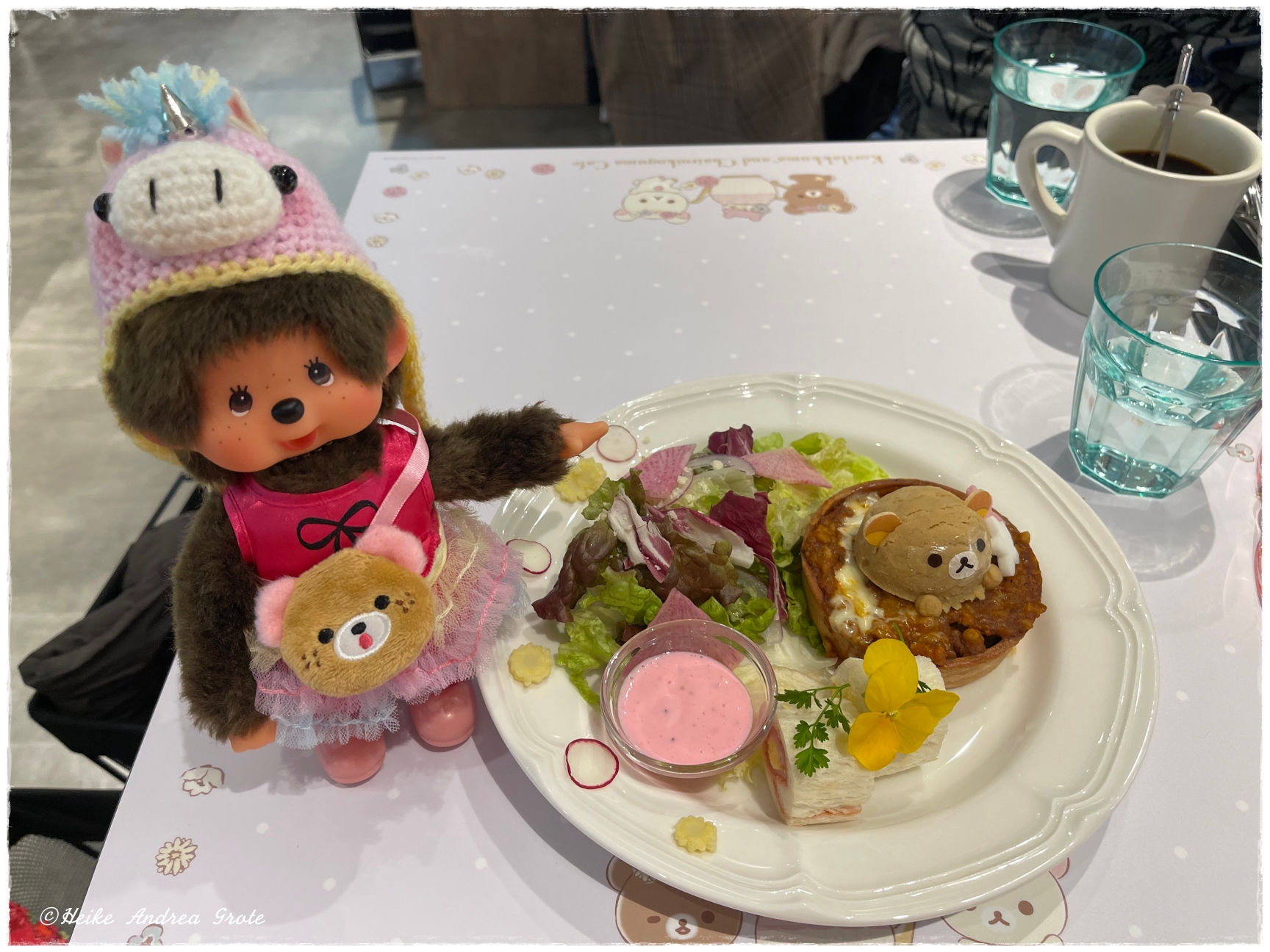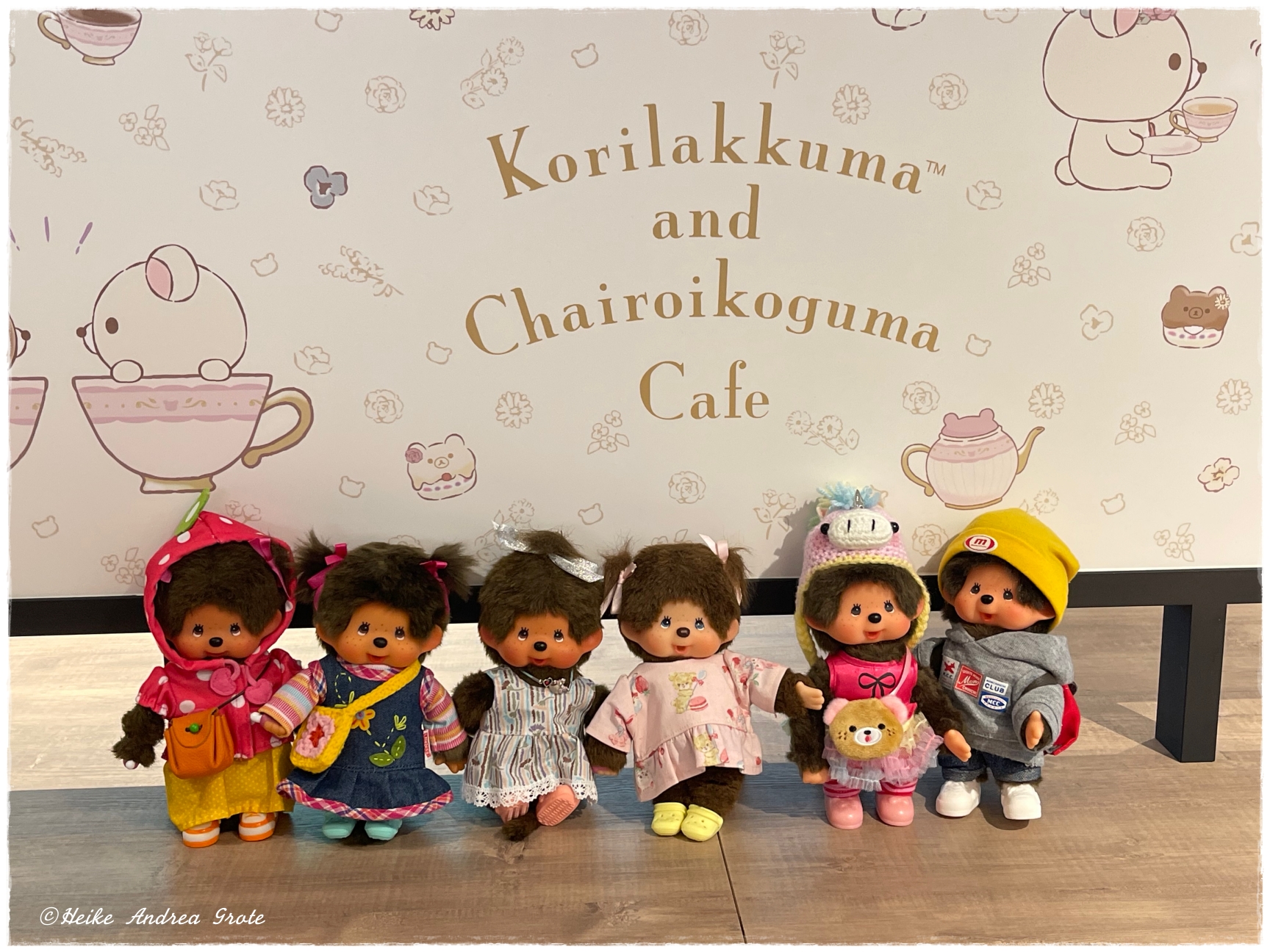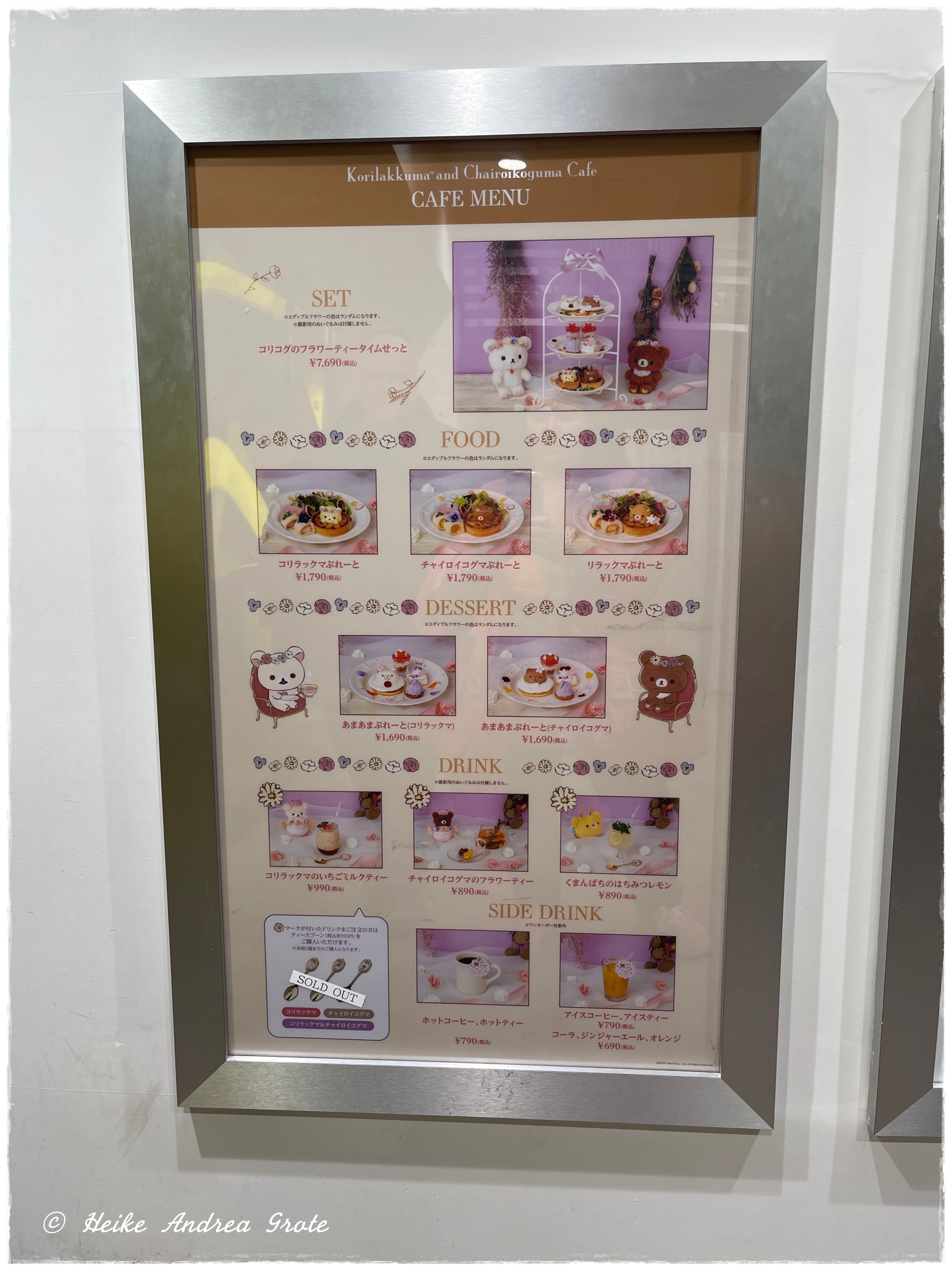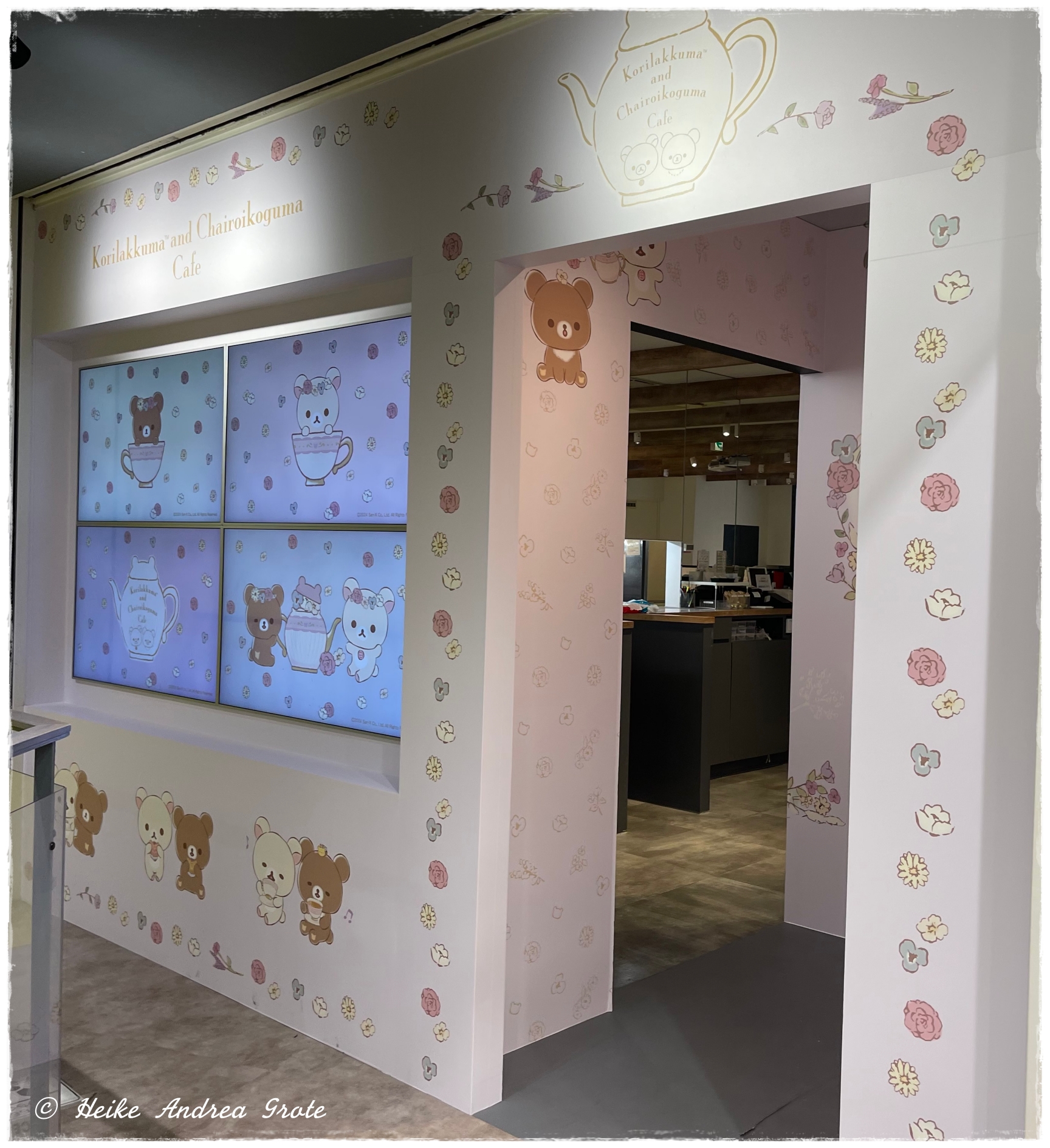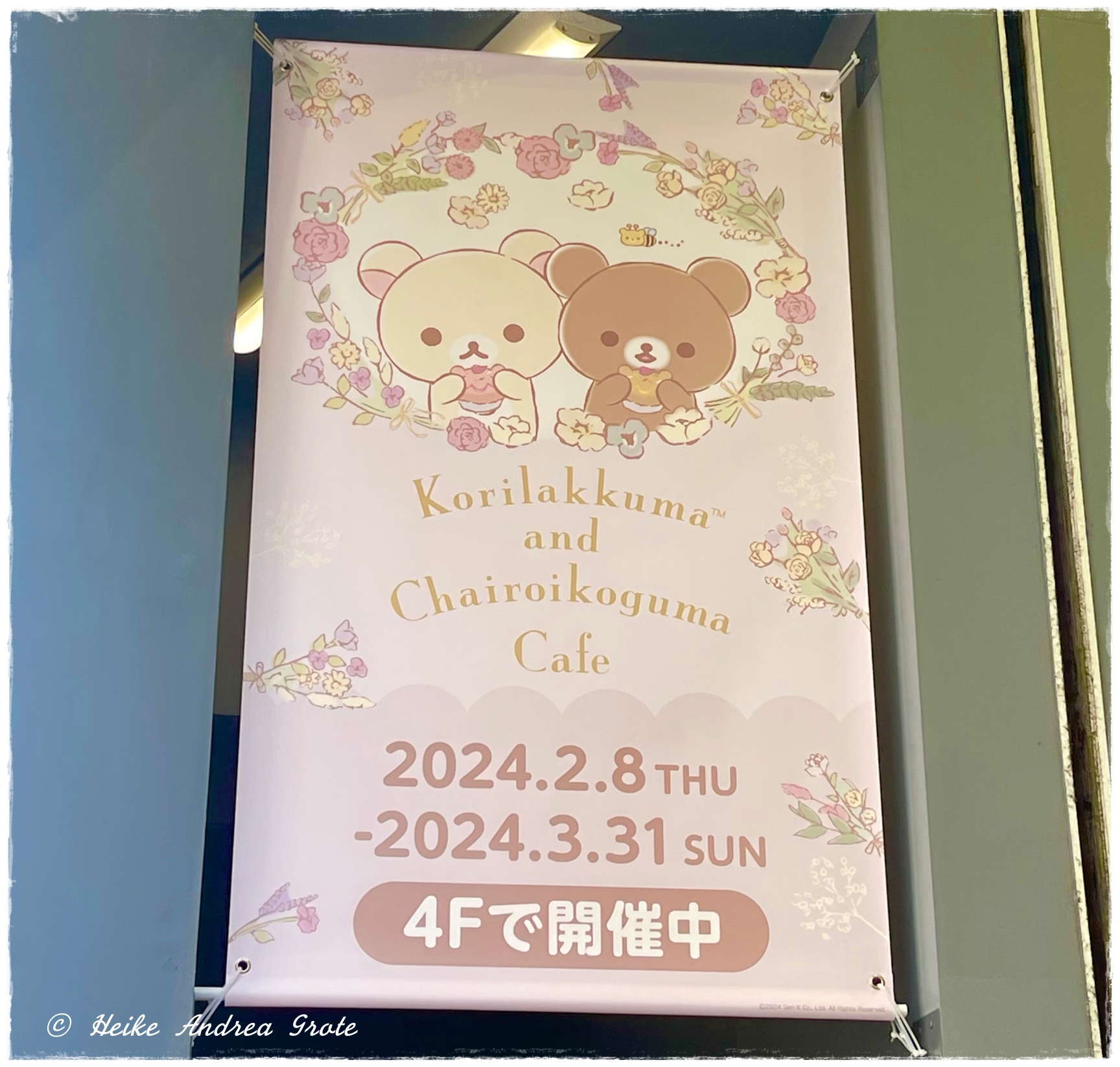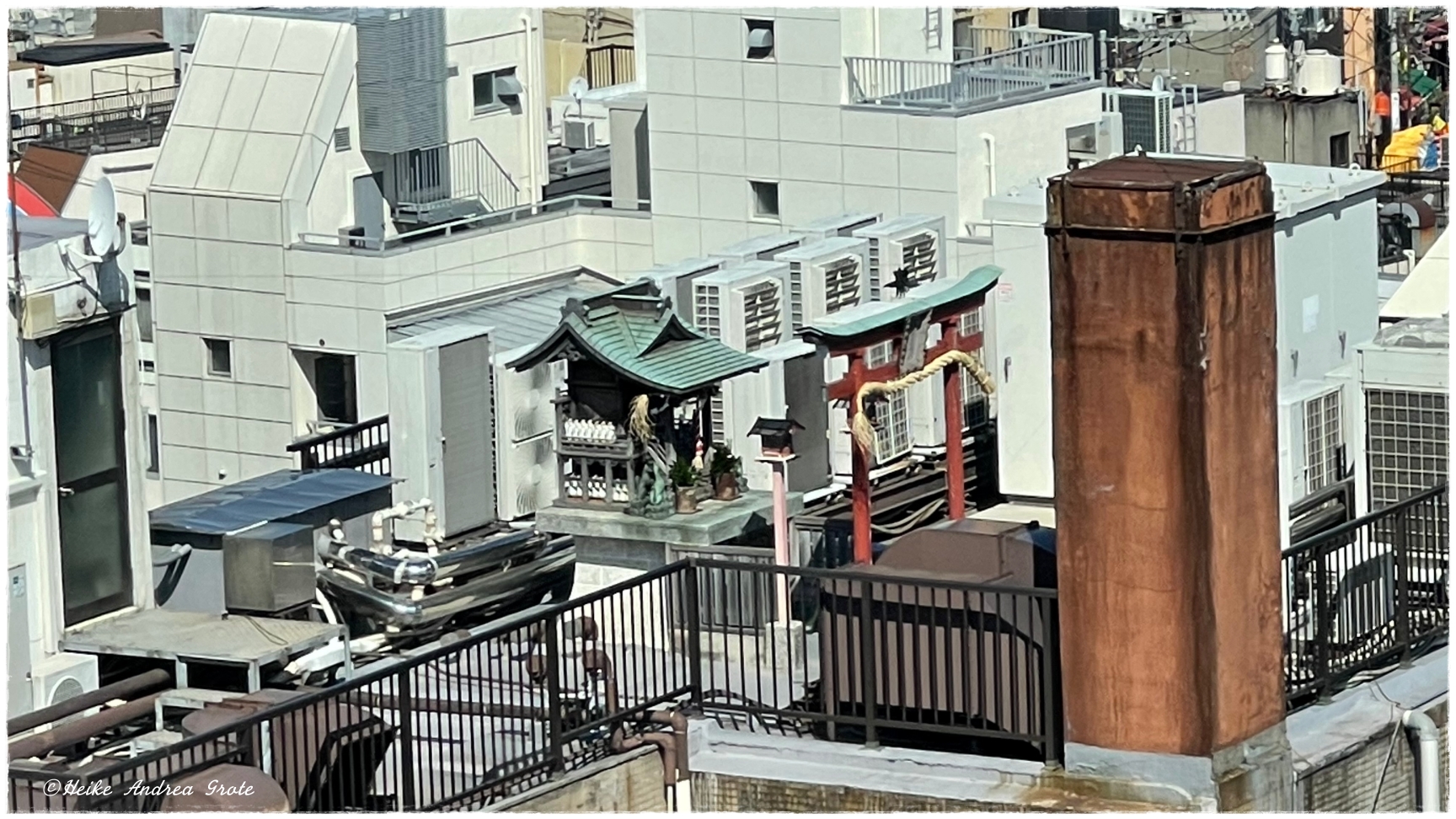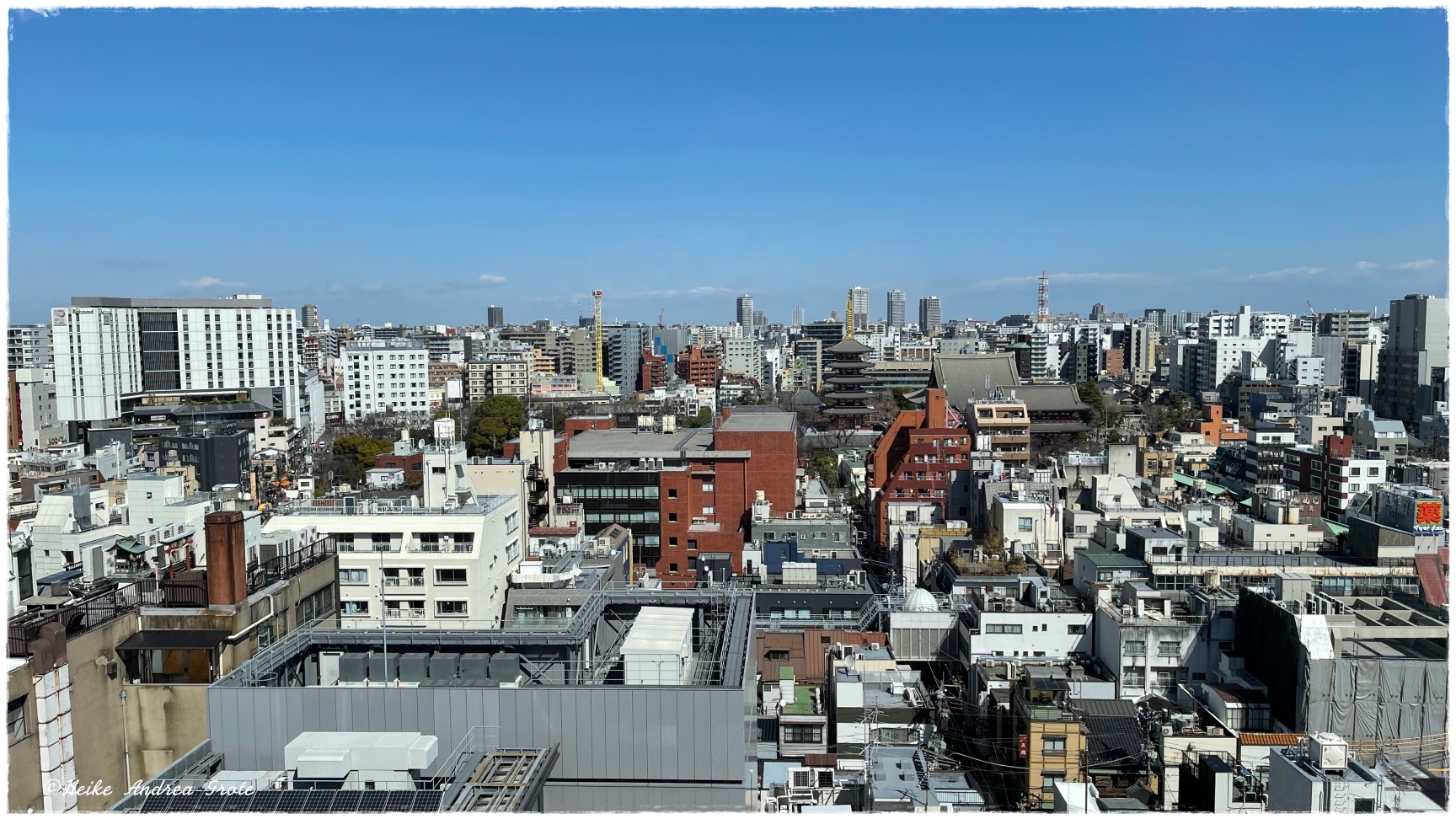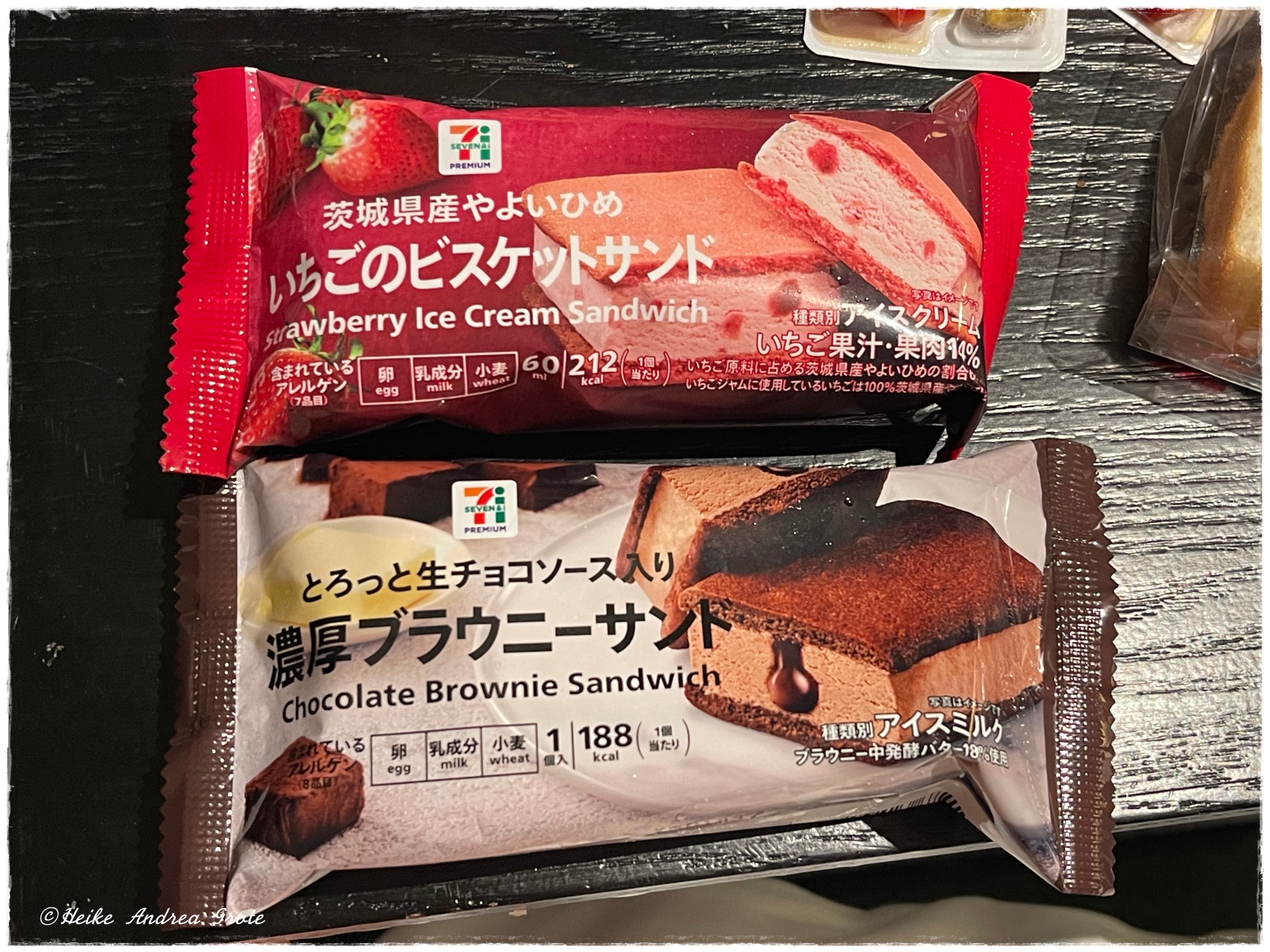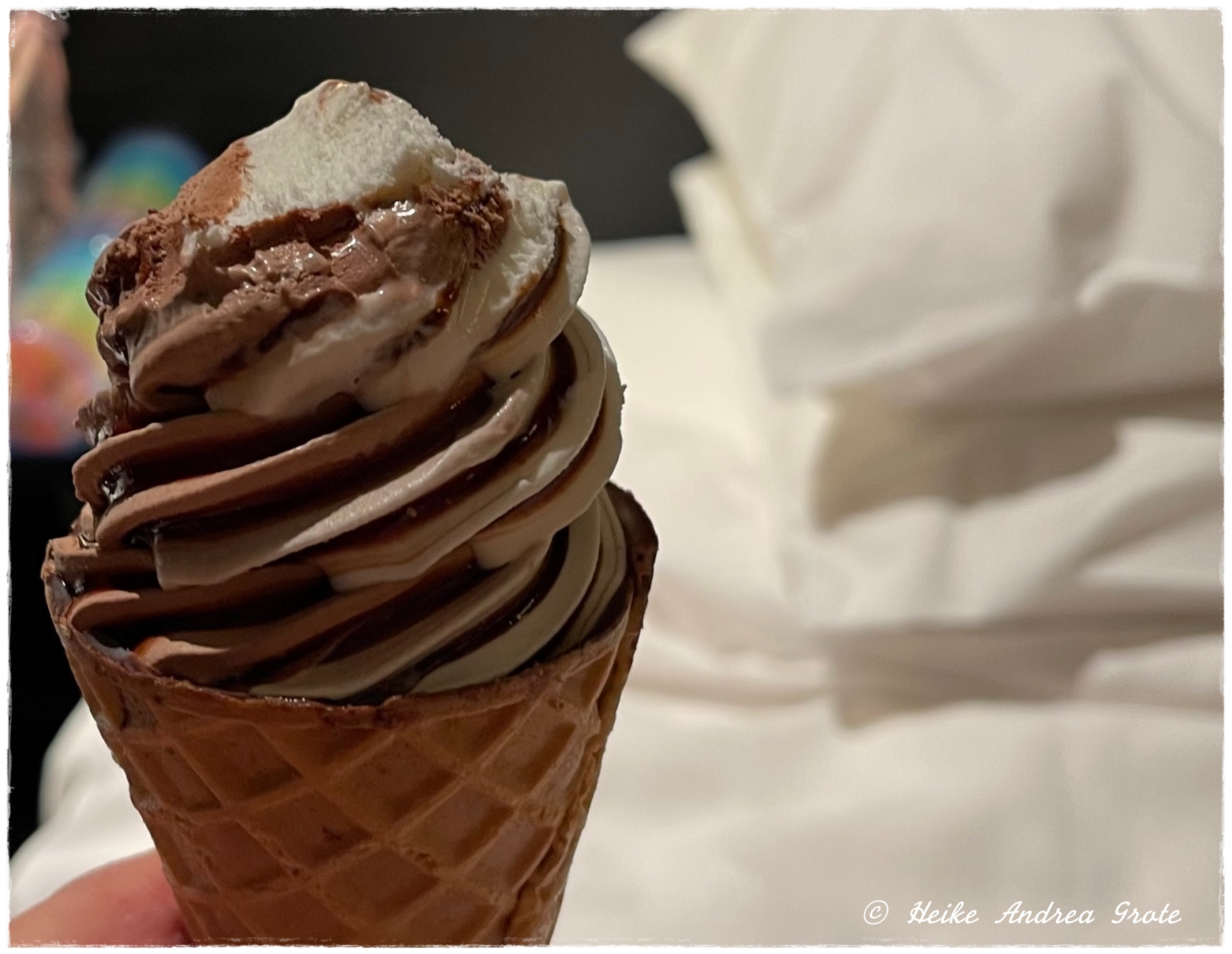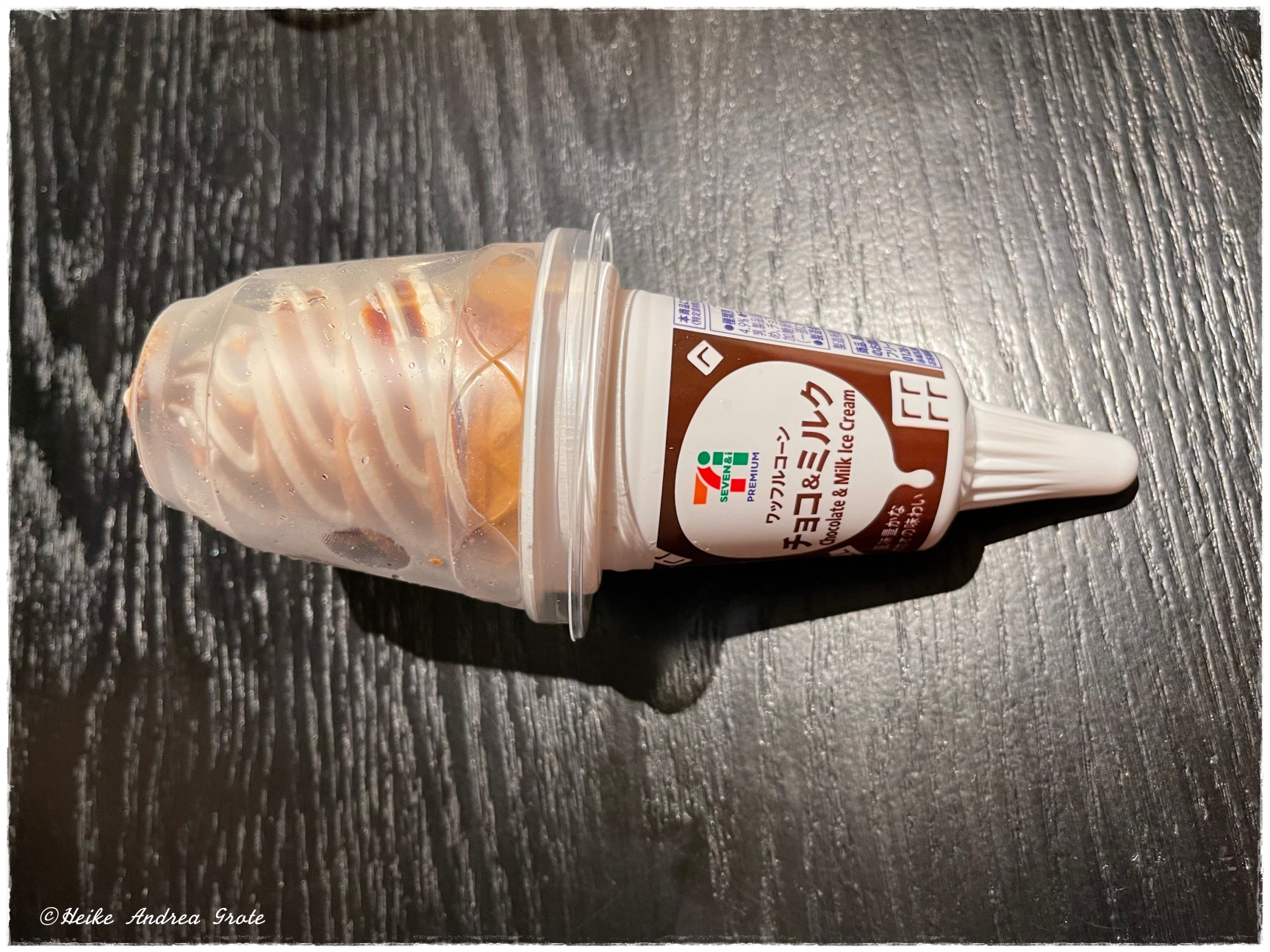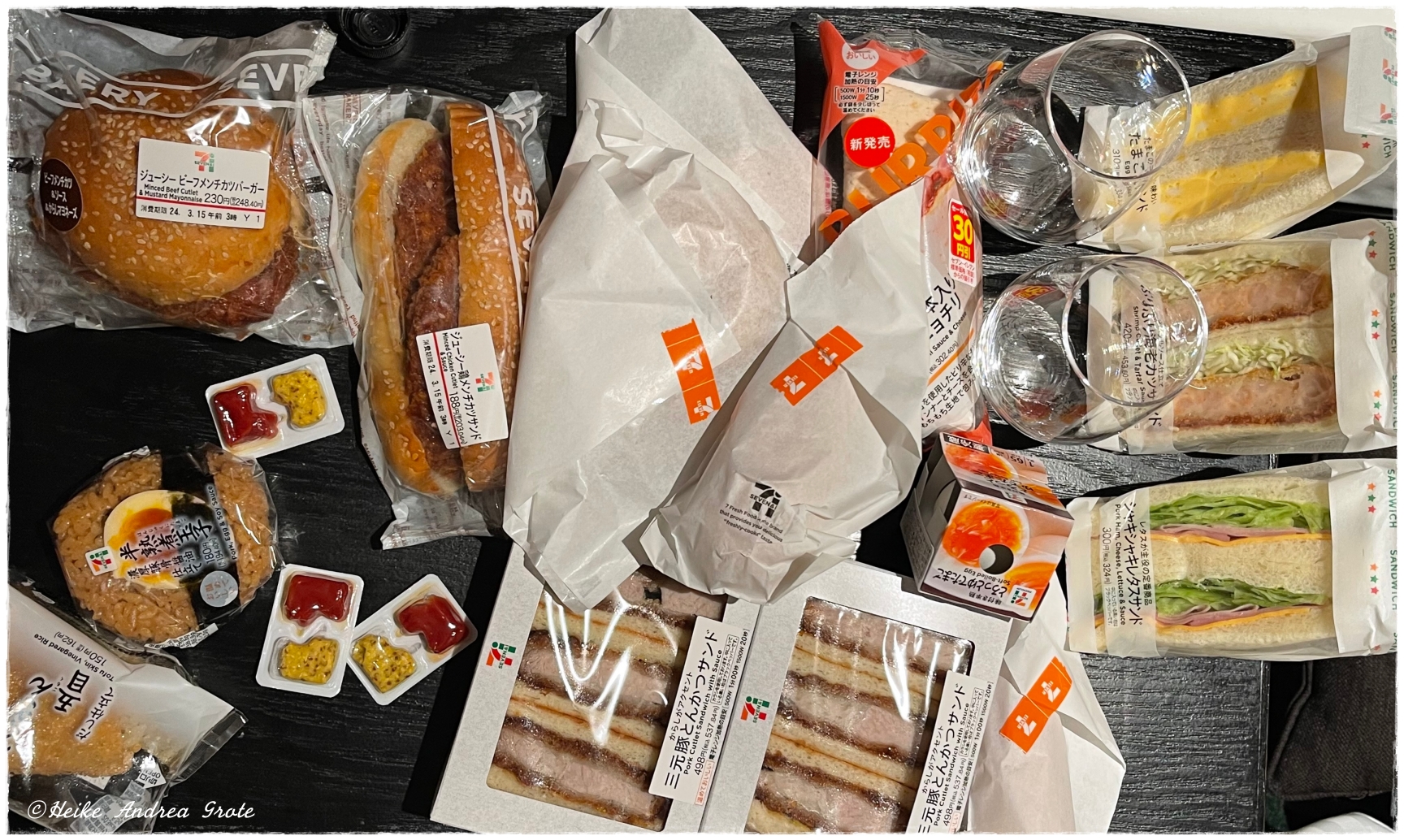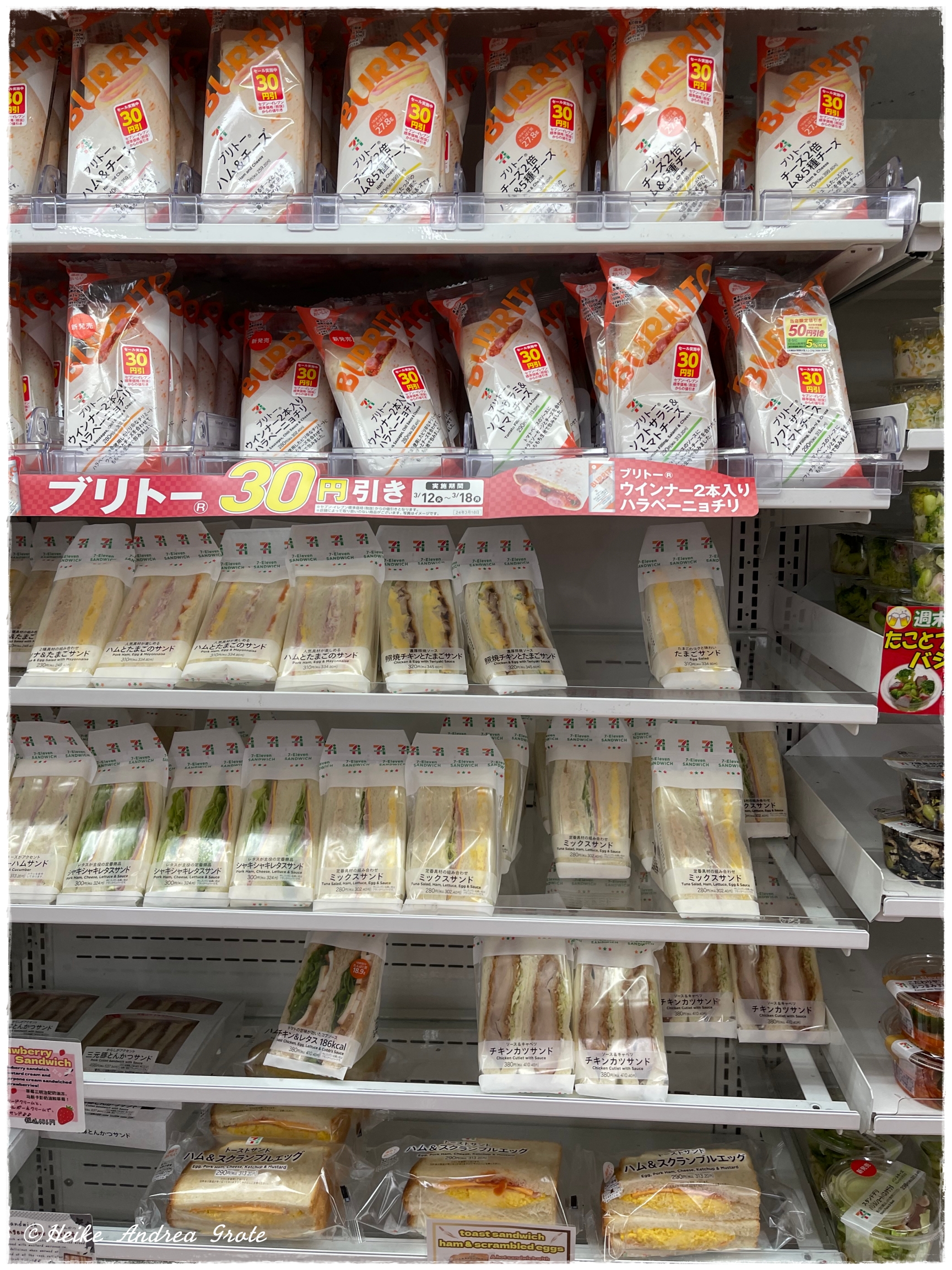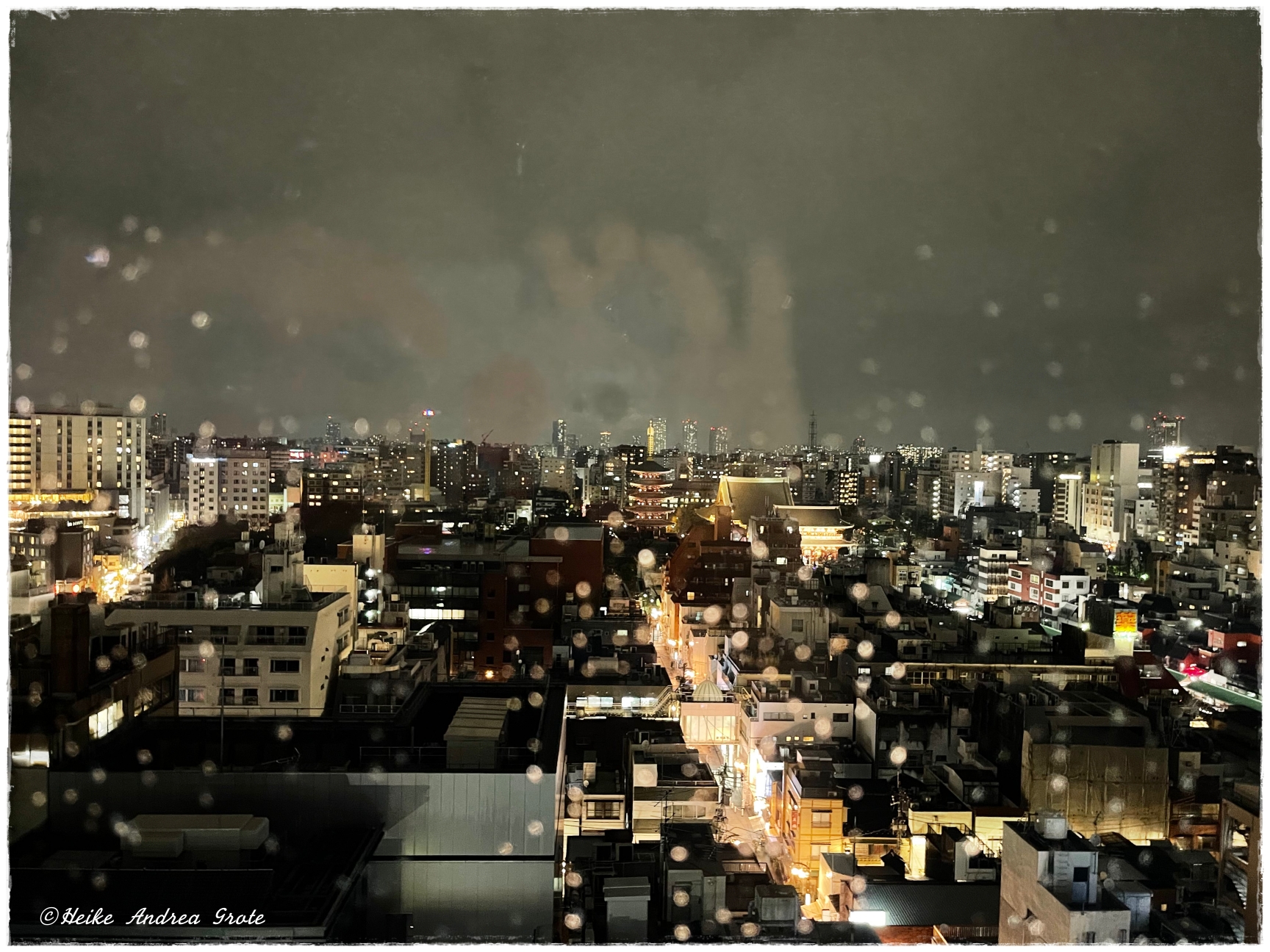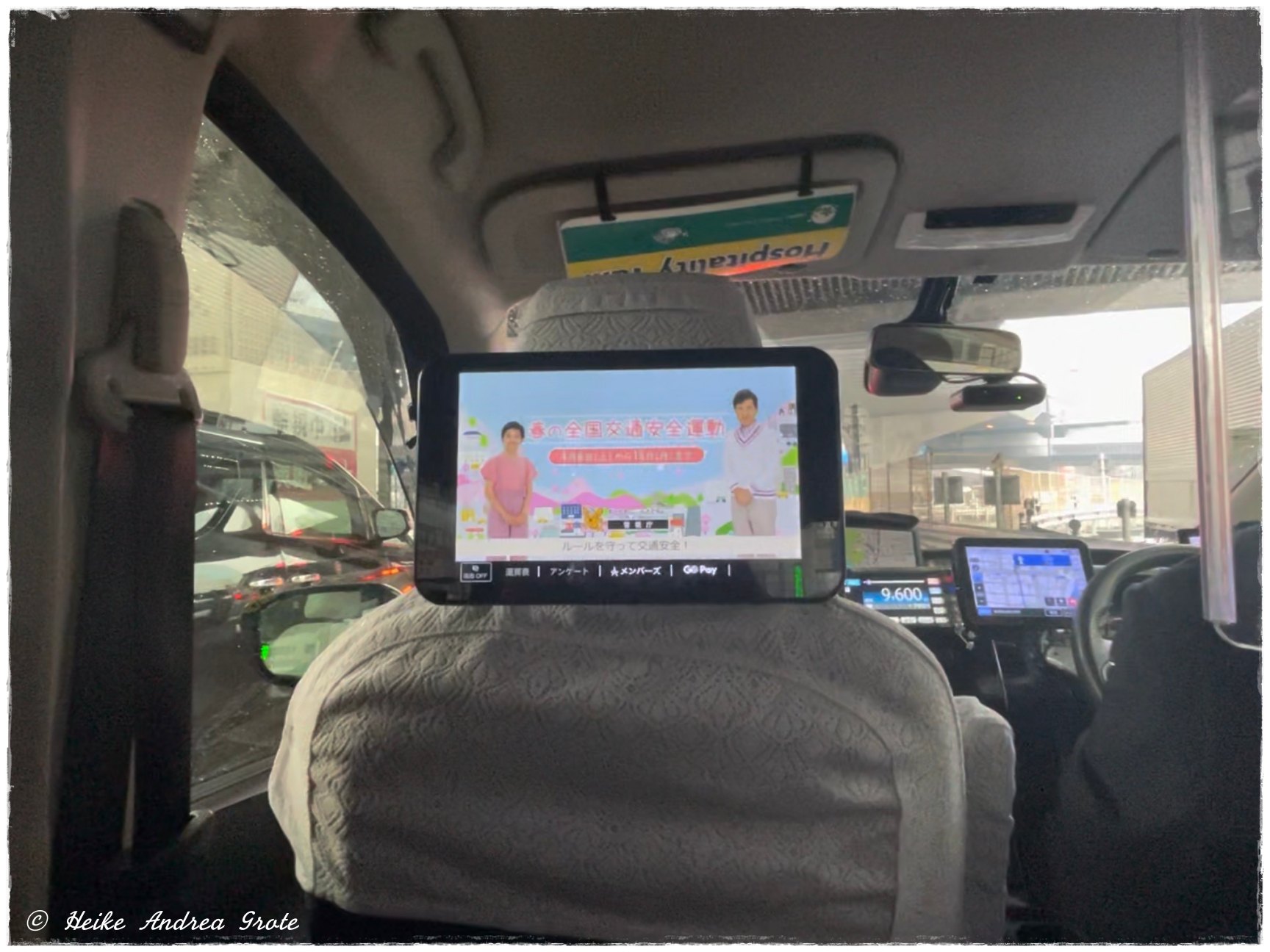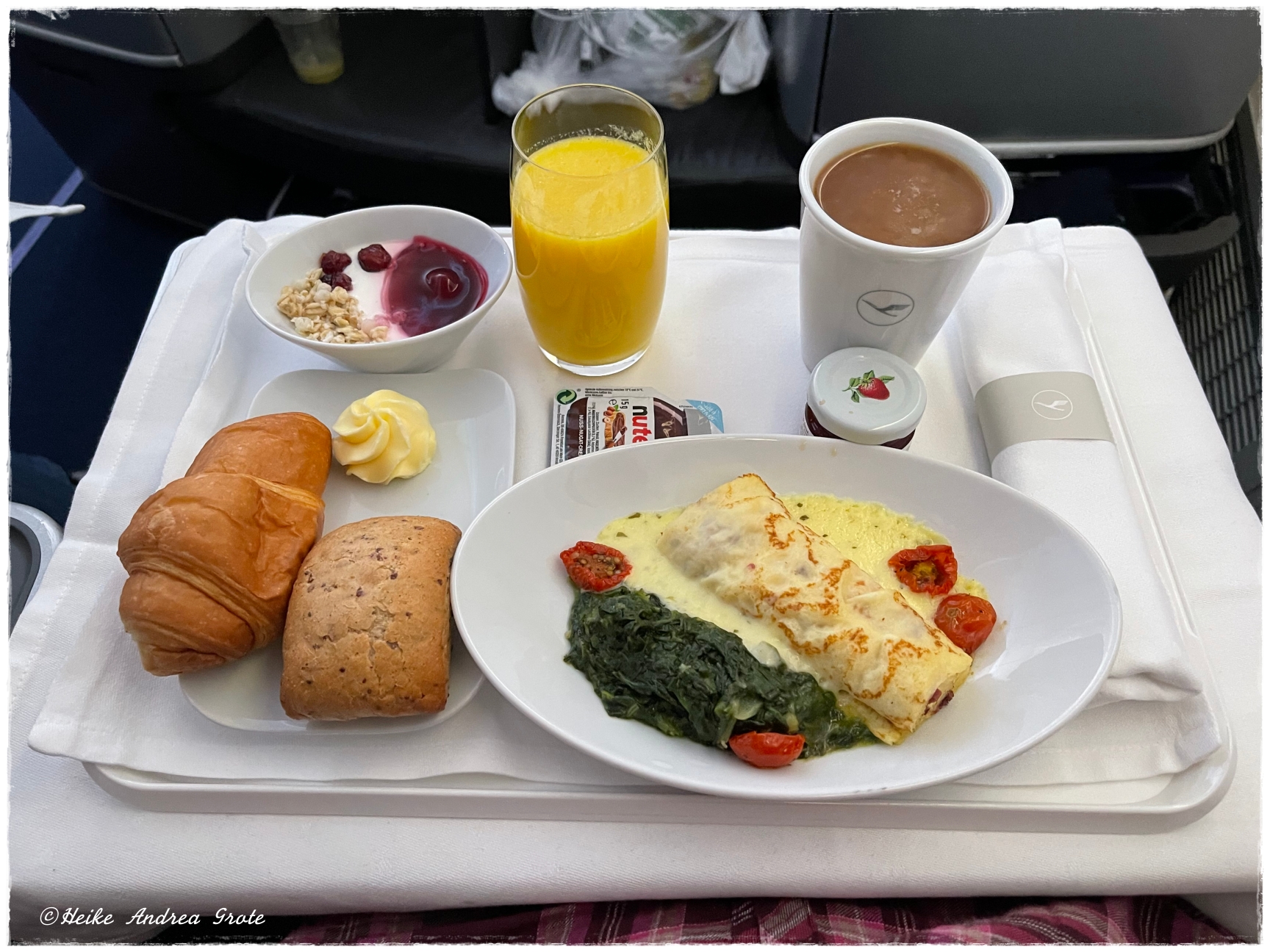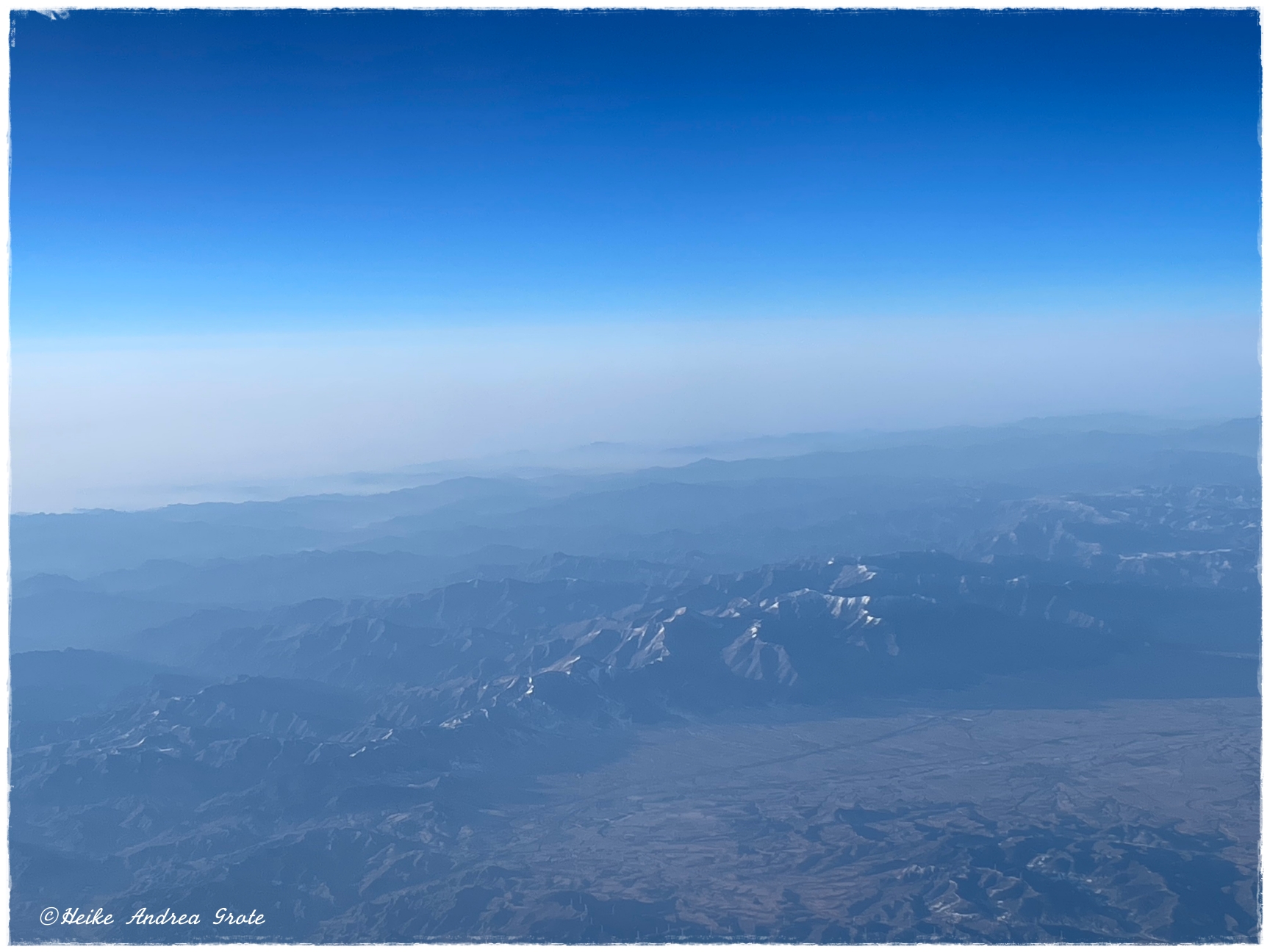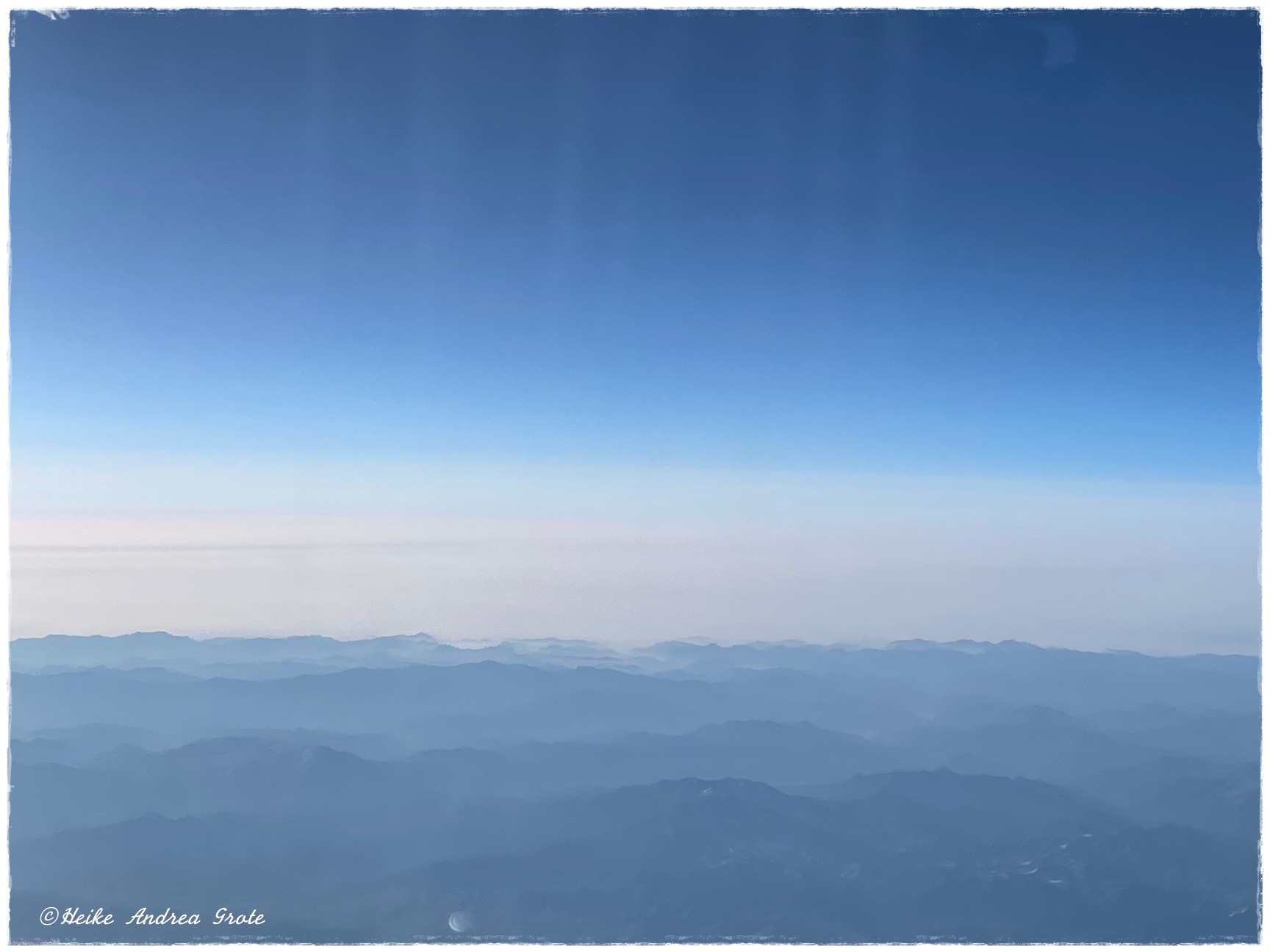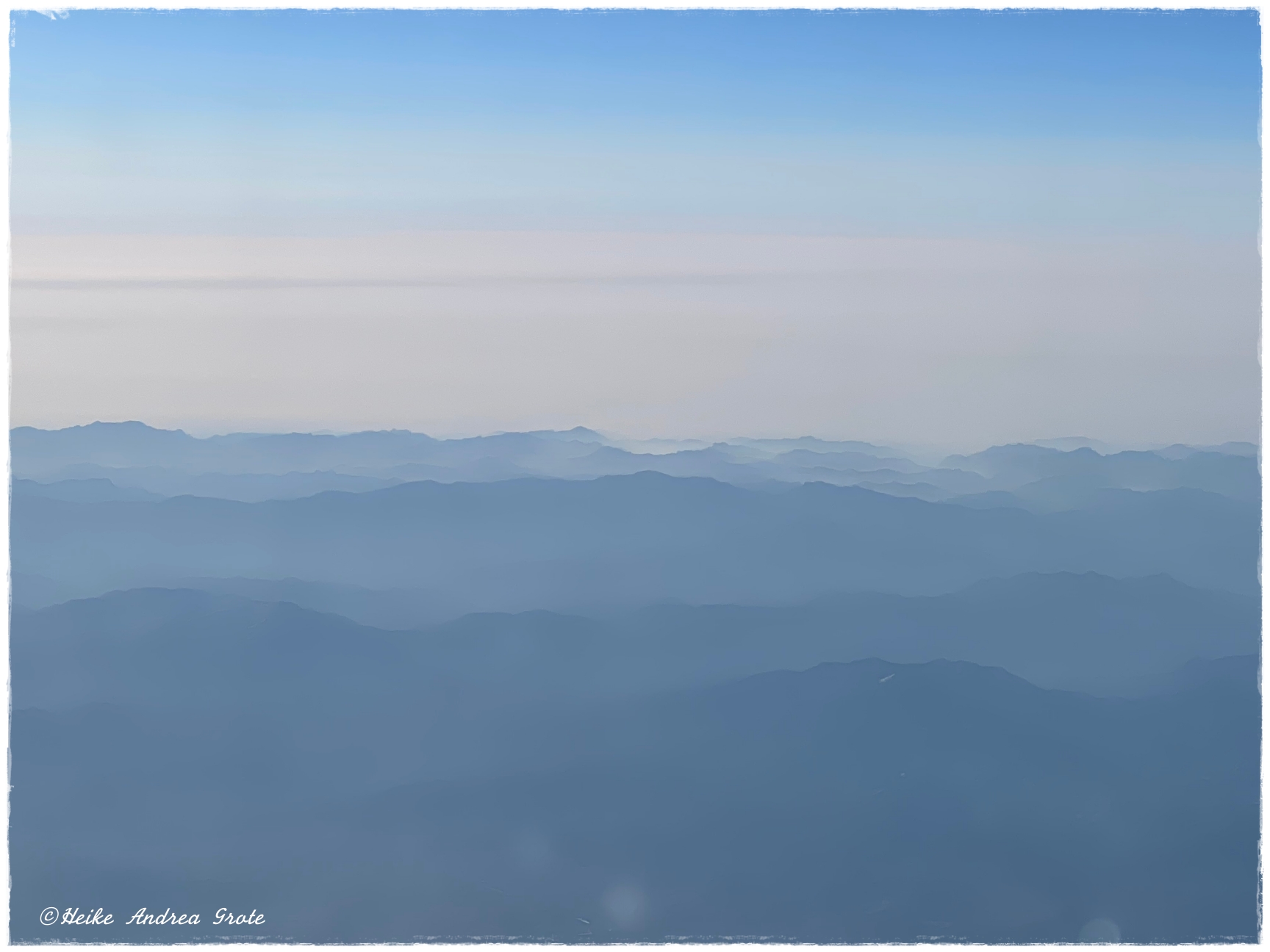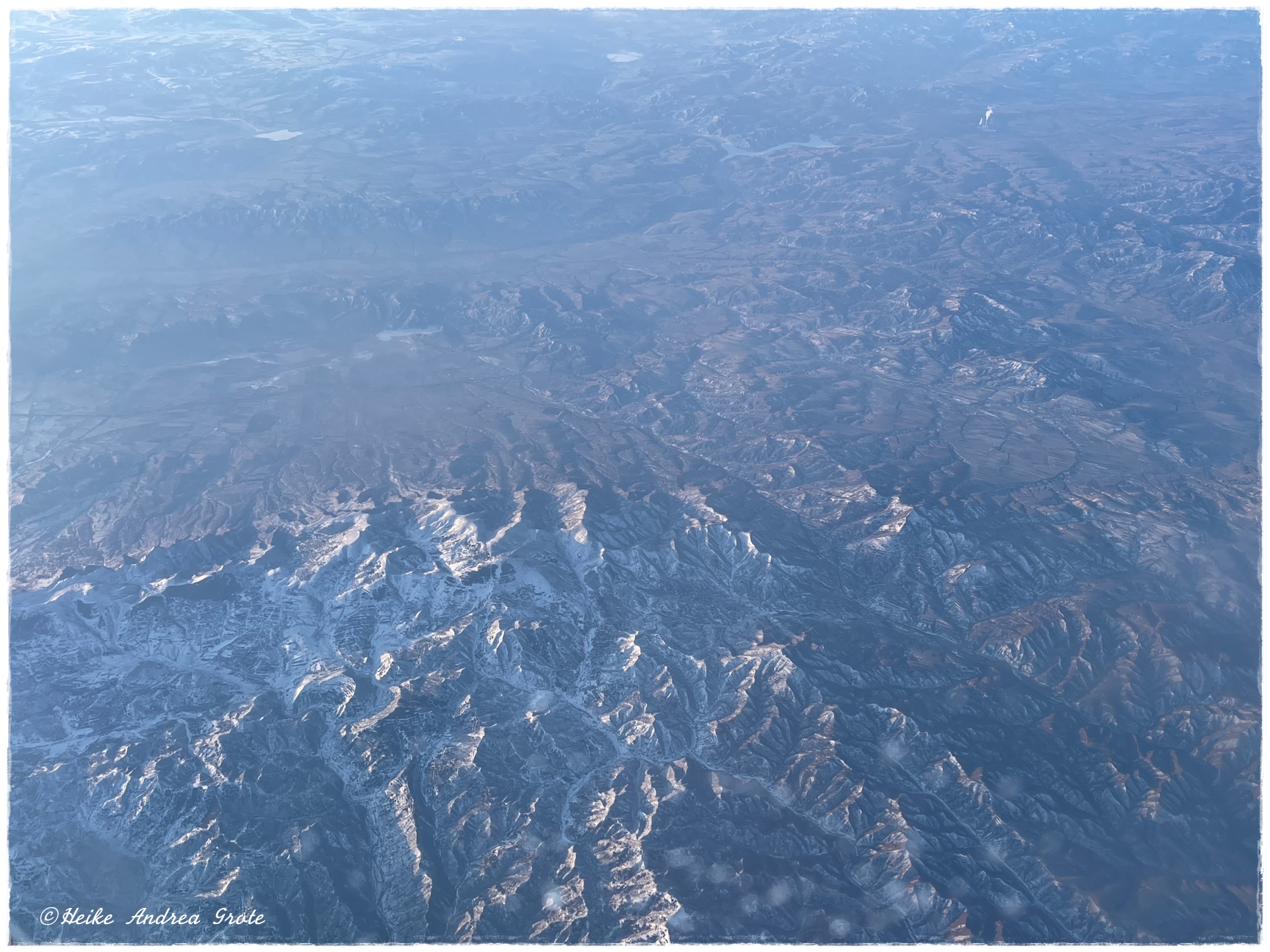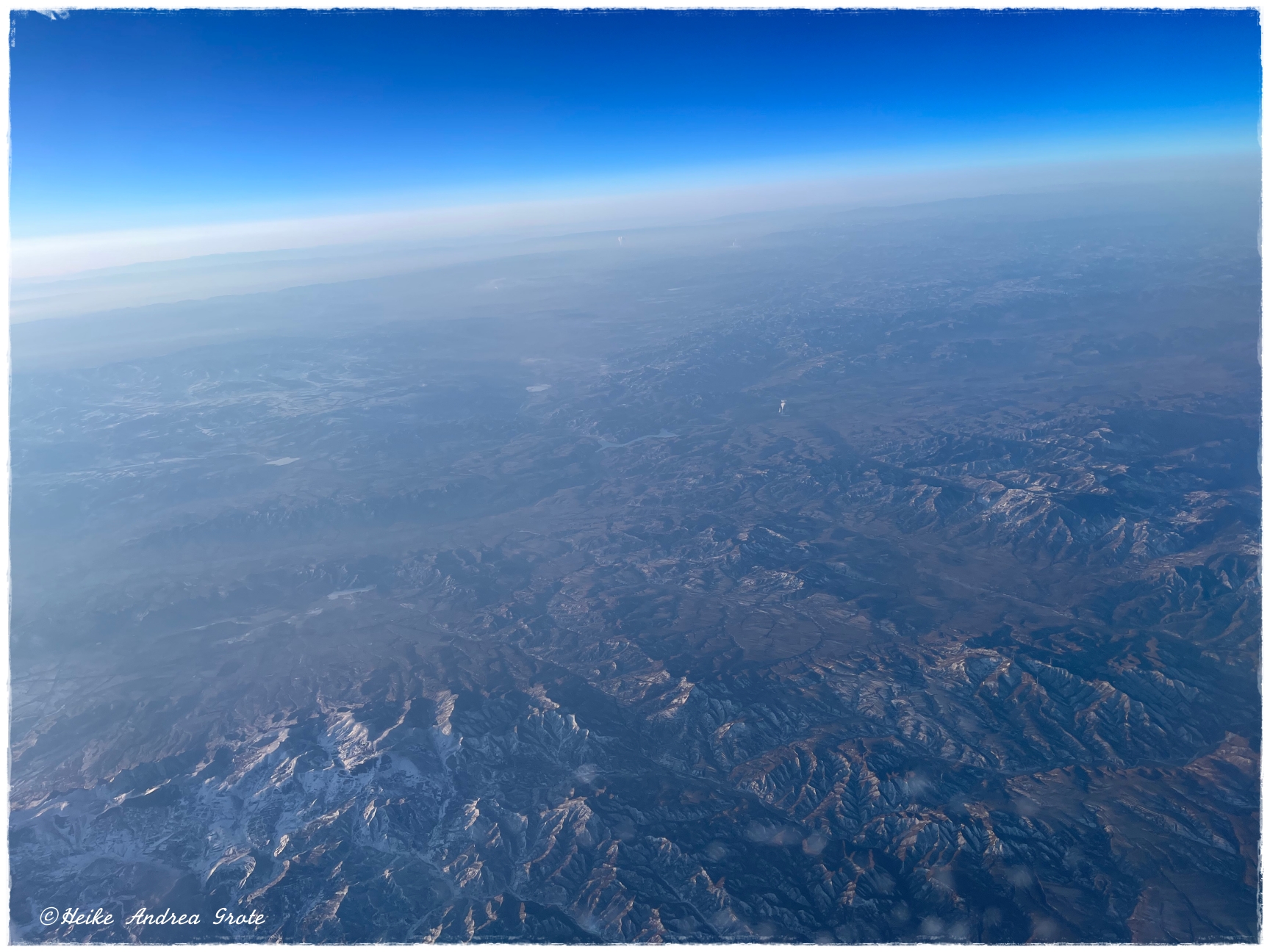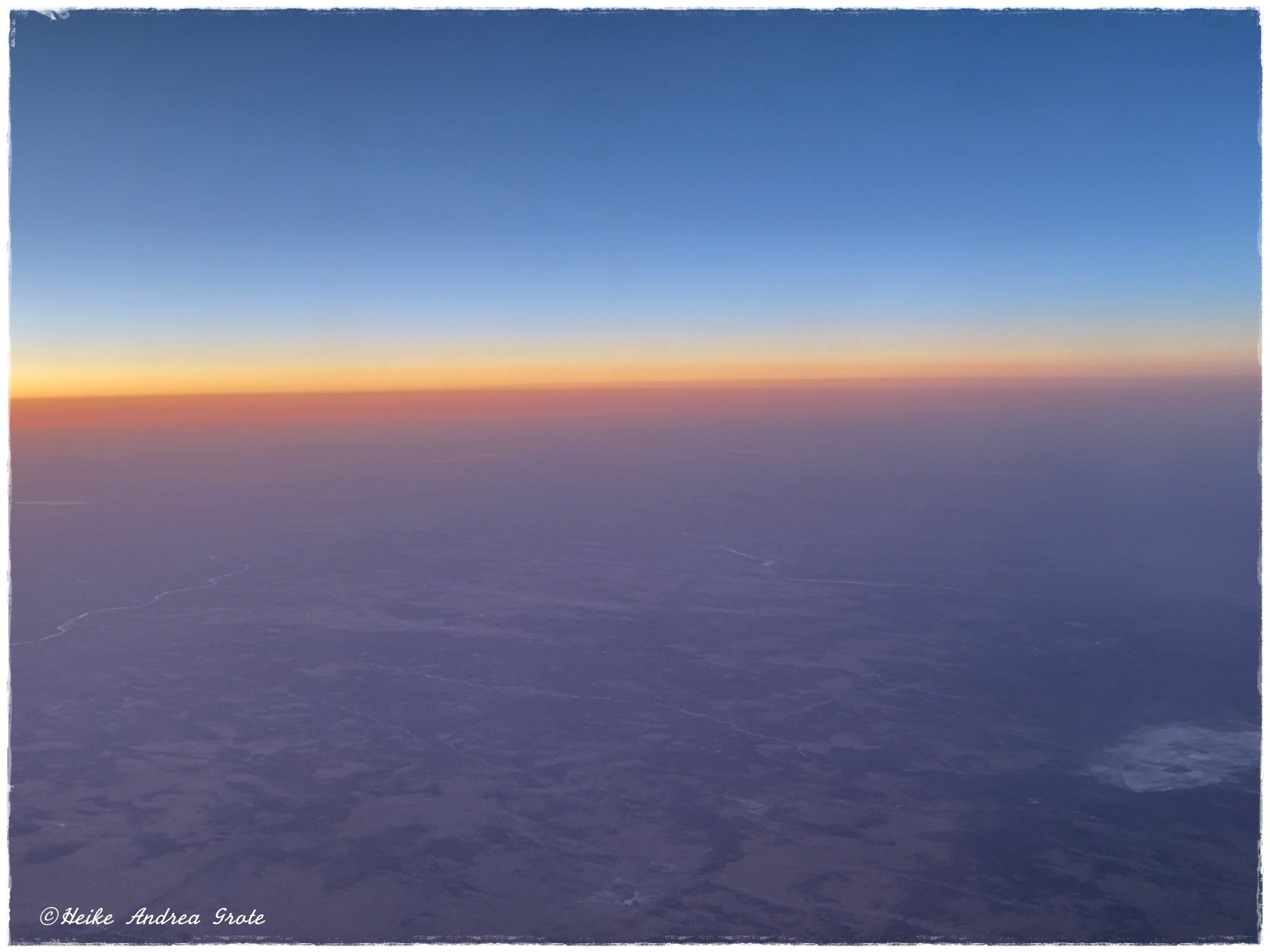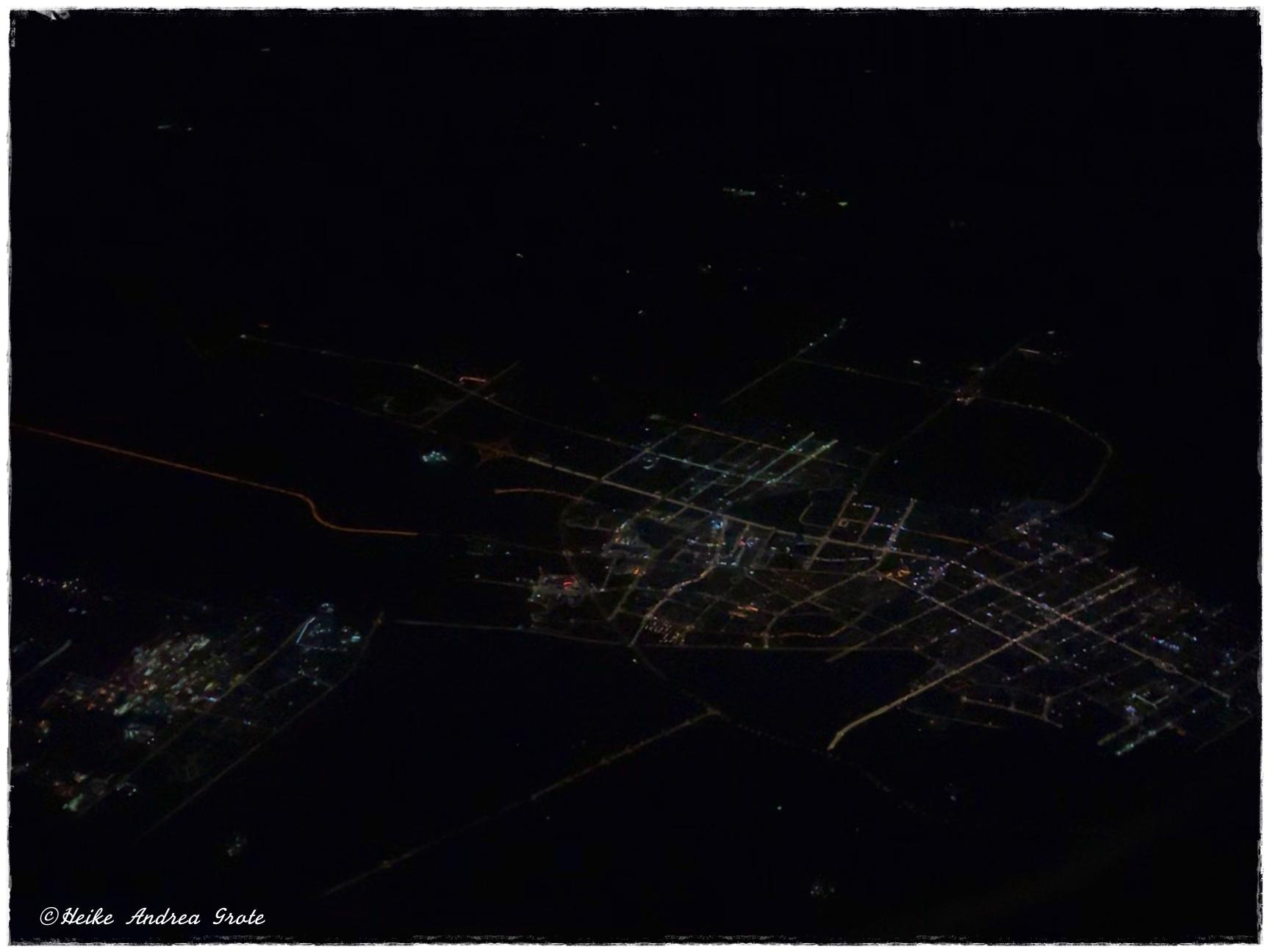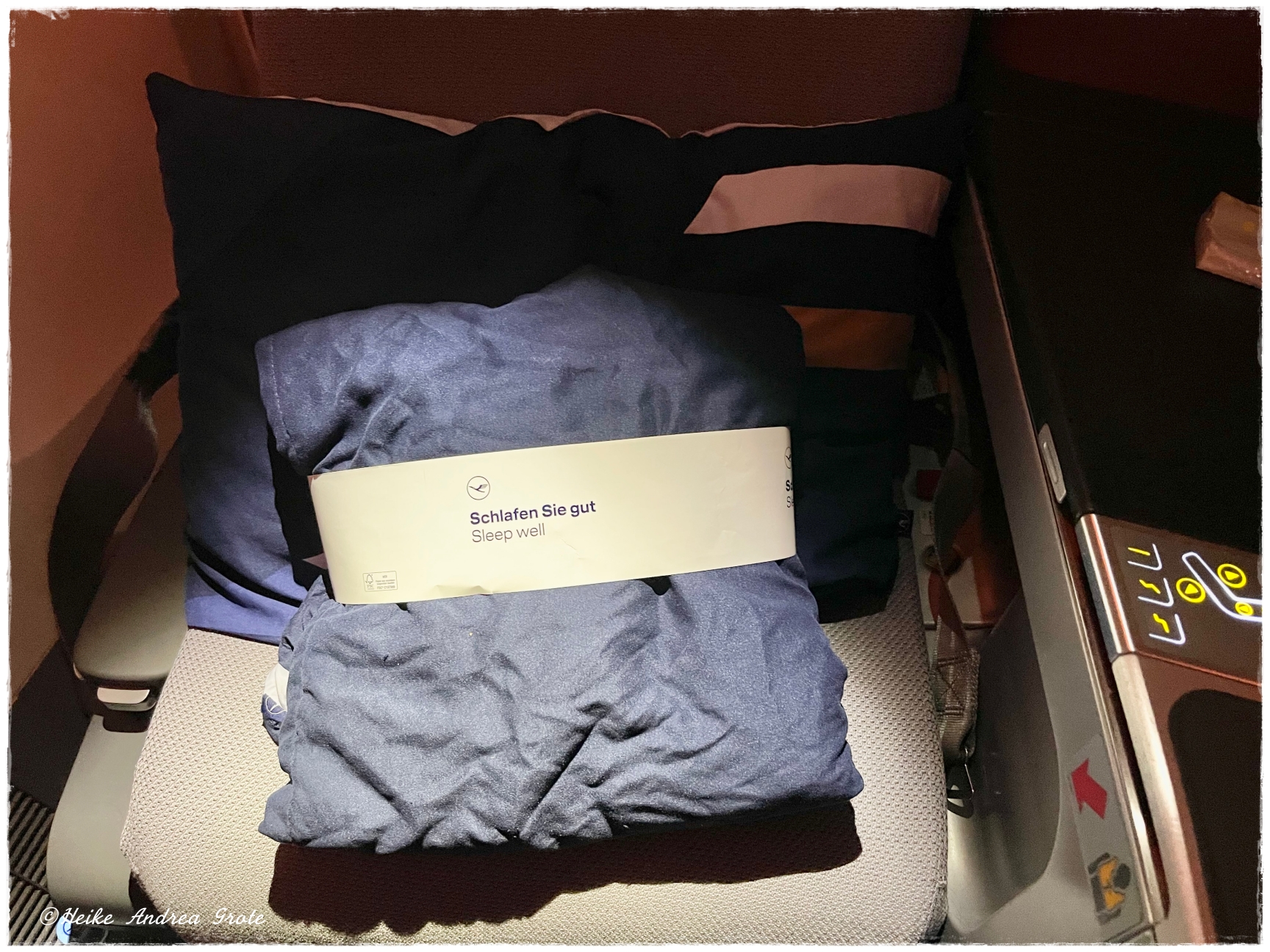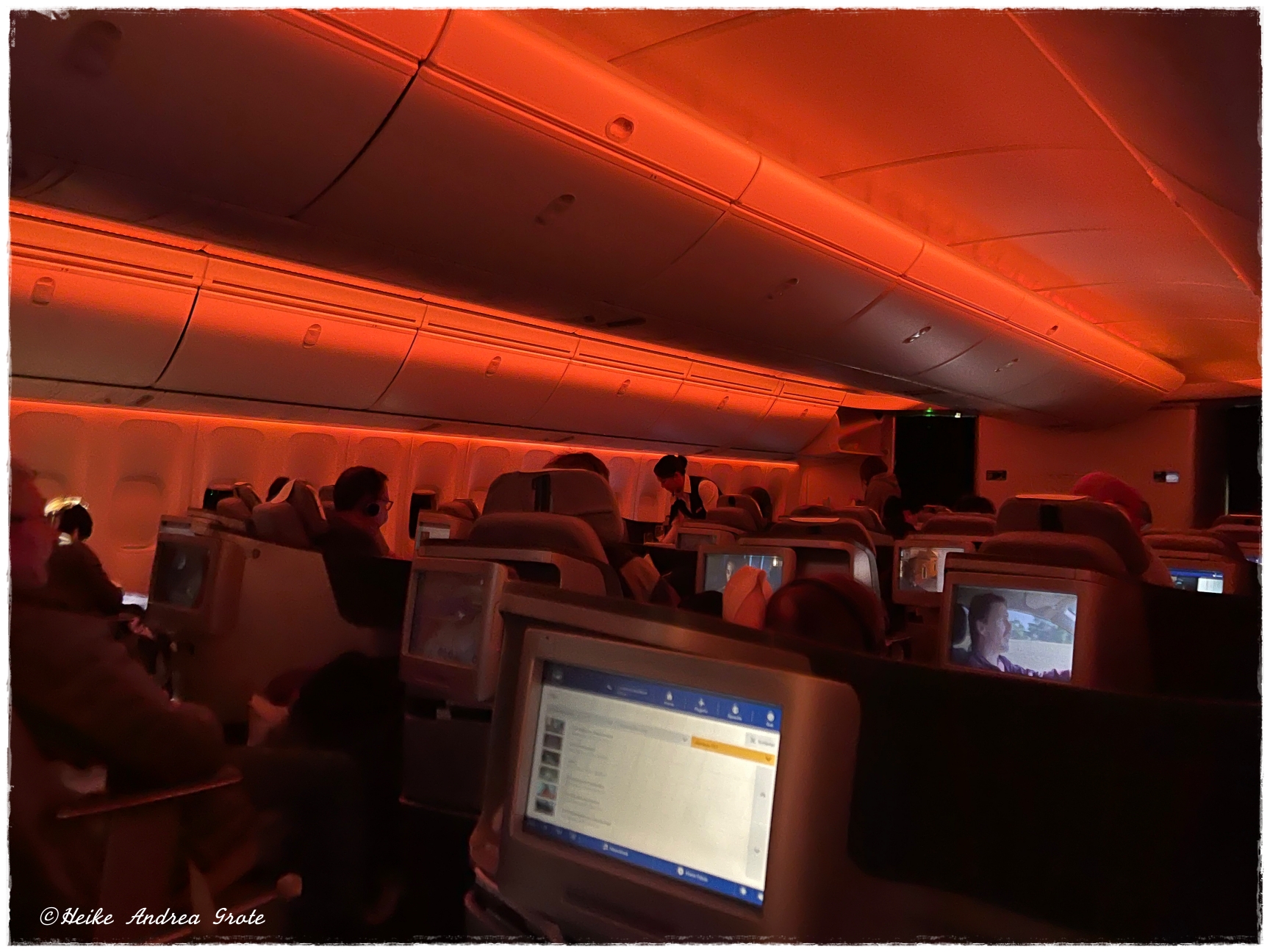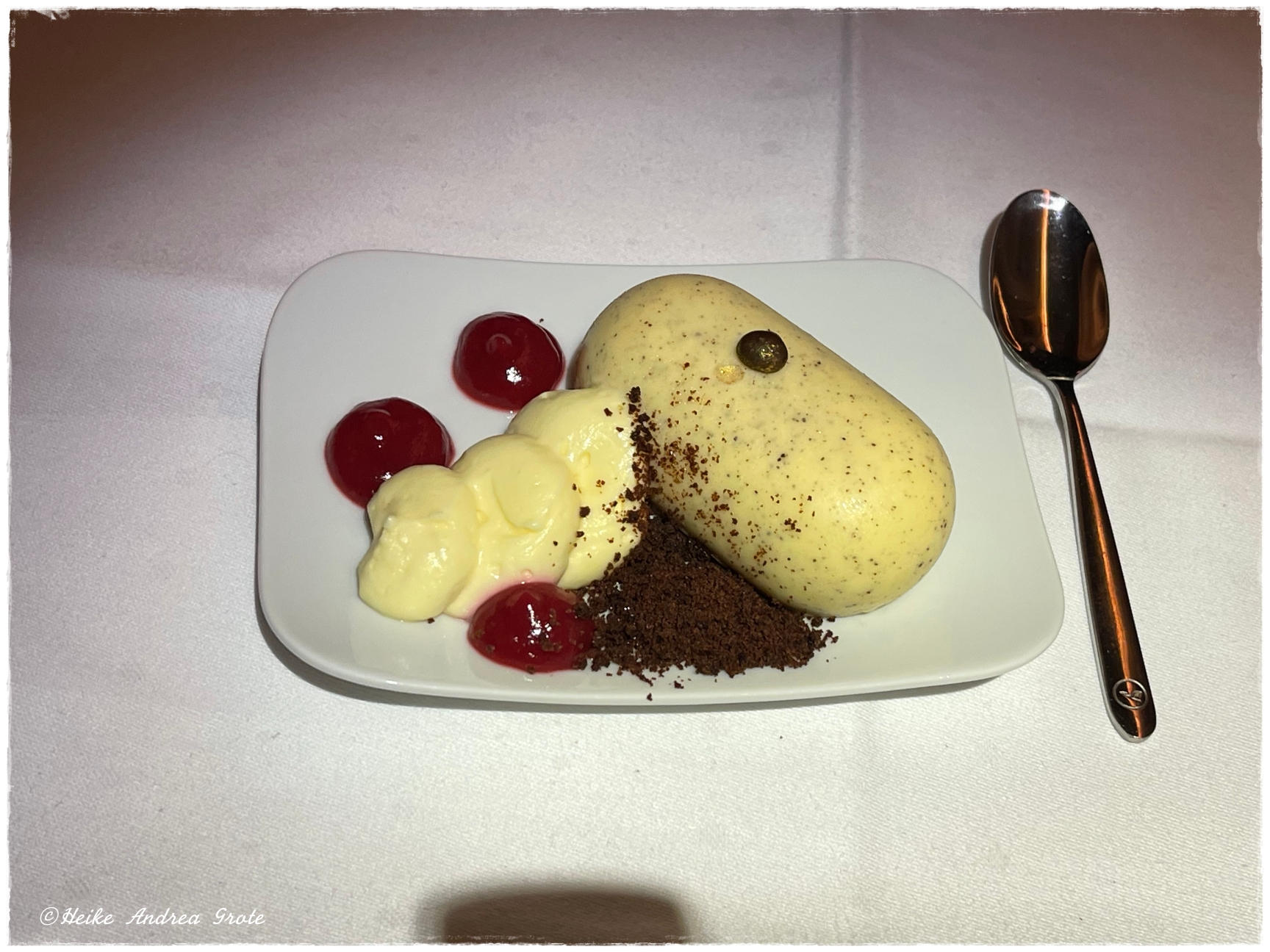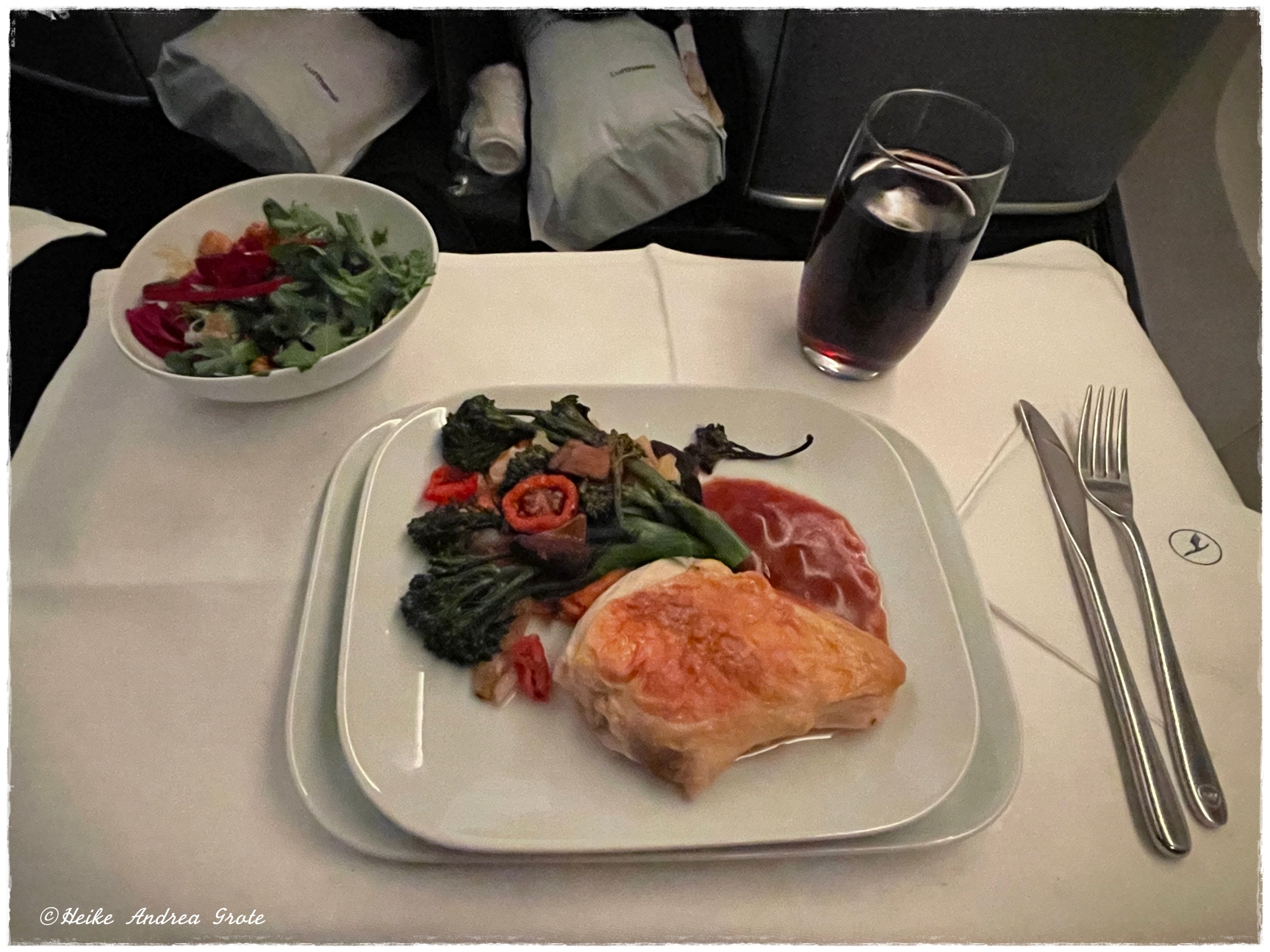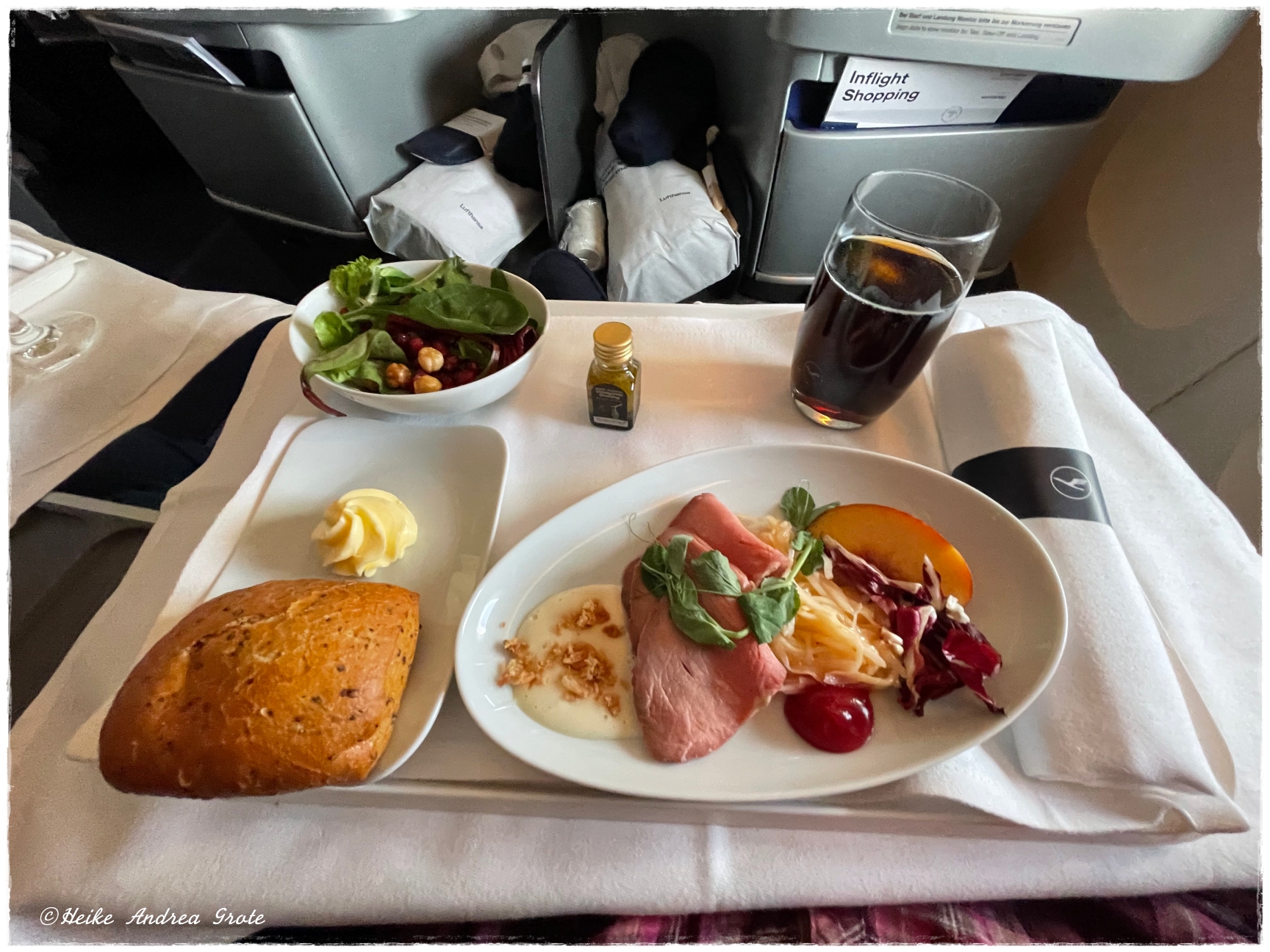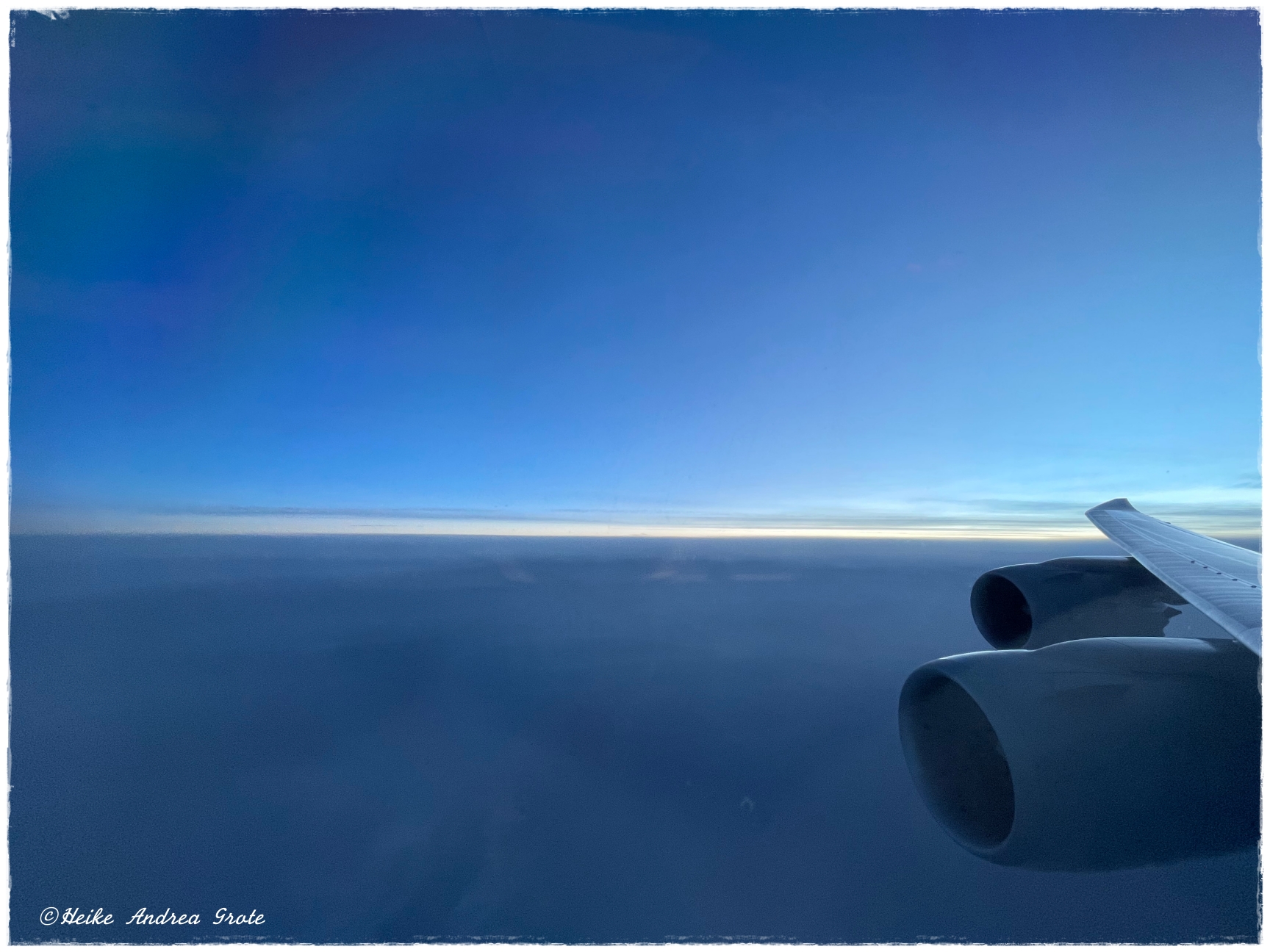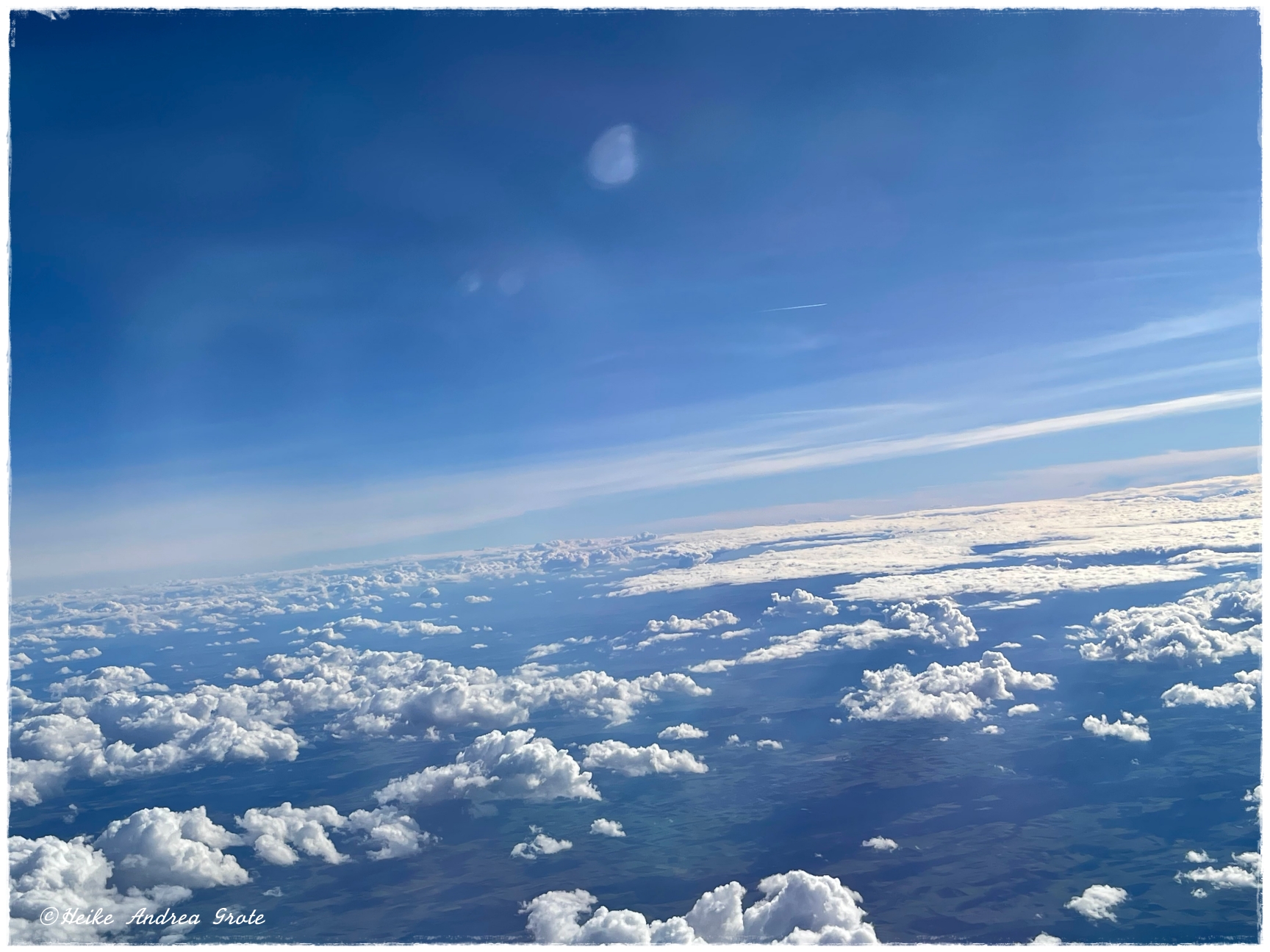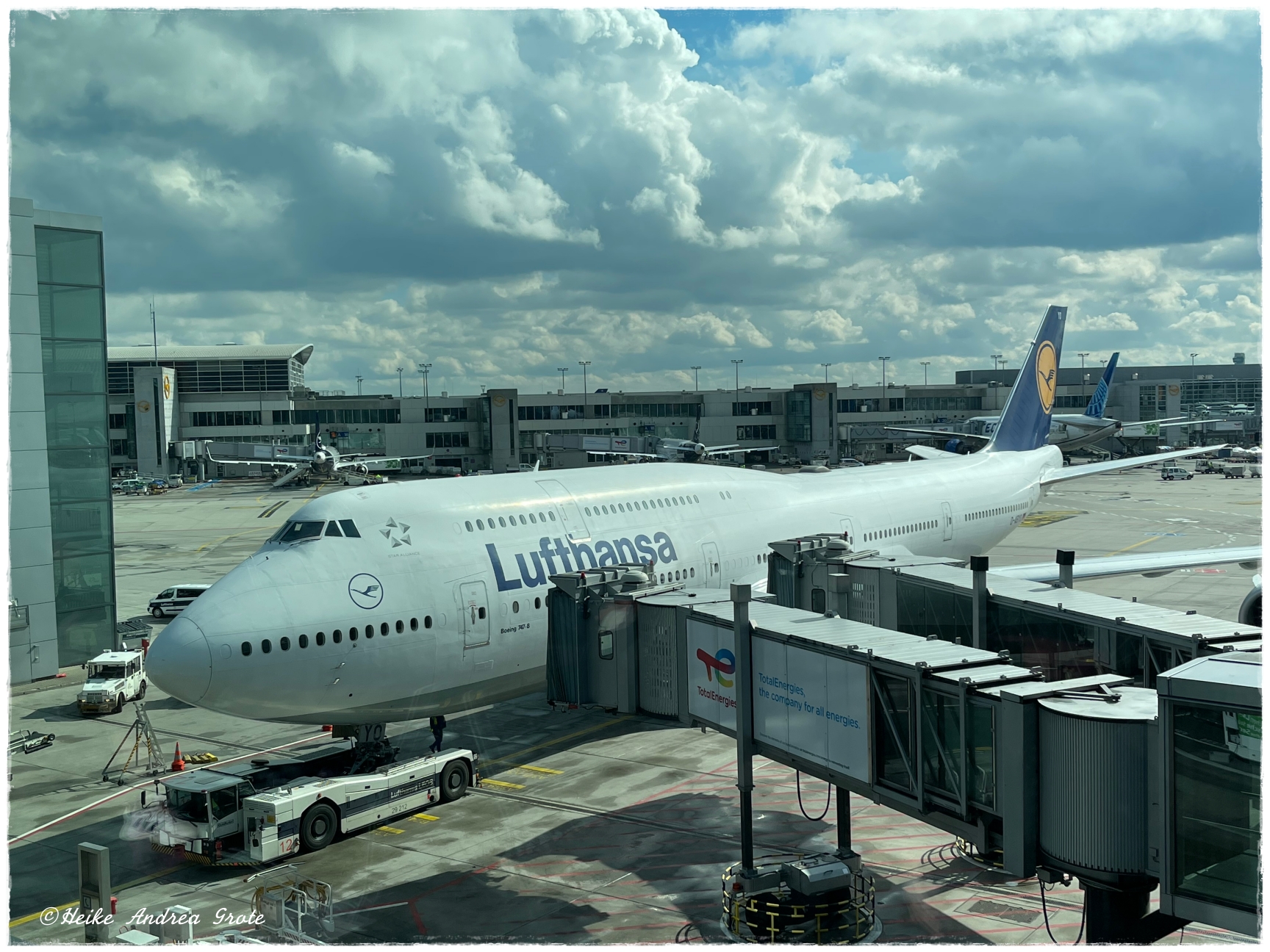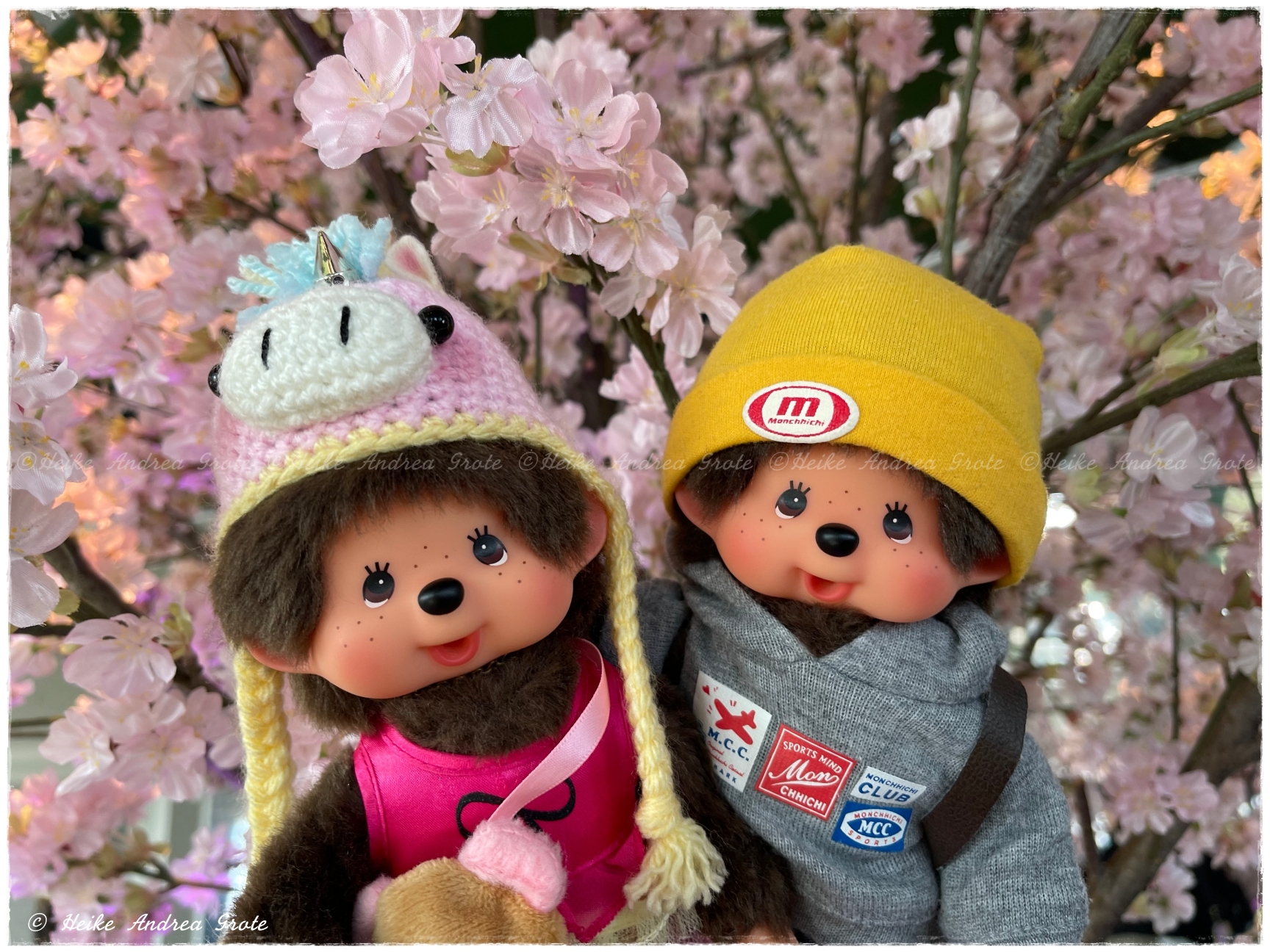
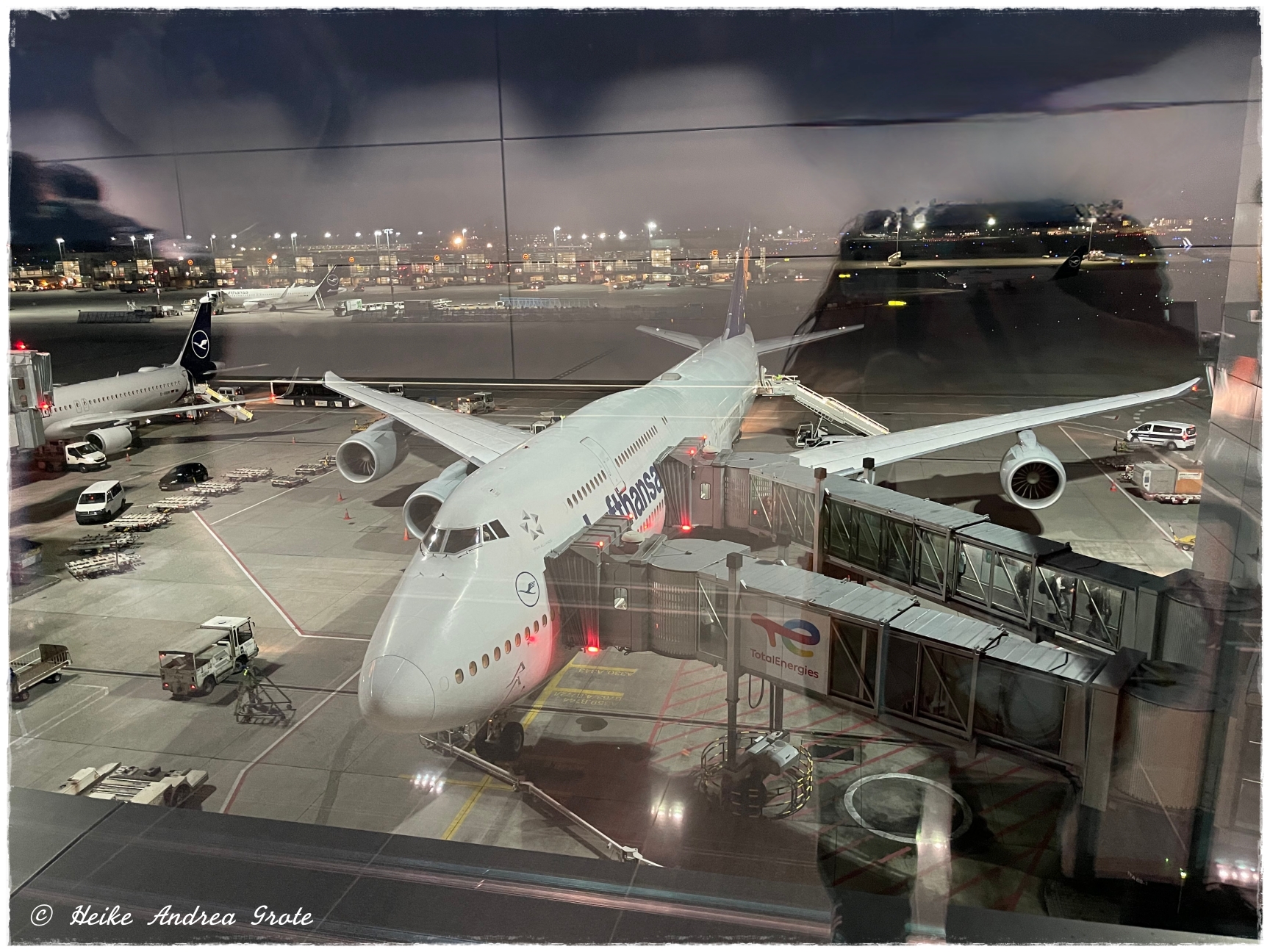
Welcome home! Landing in Frankfurt International Airport with Lufthansa flight LH 717 in Boeing 747-8.
This is our plane.
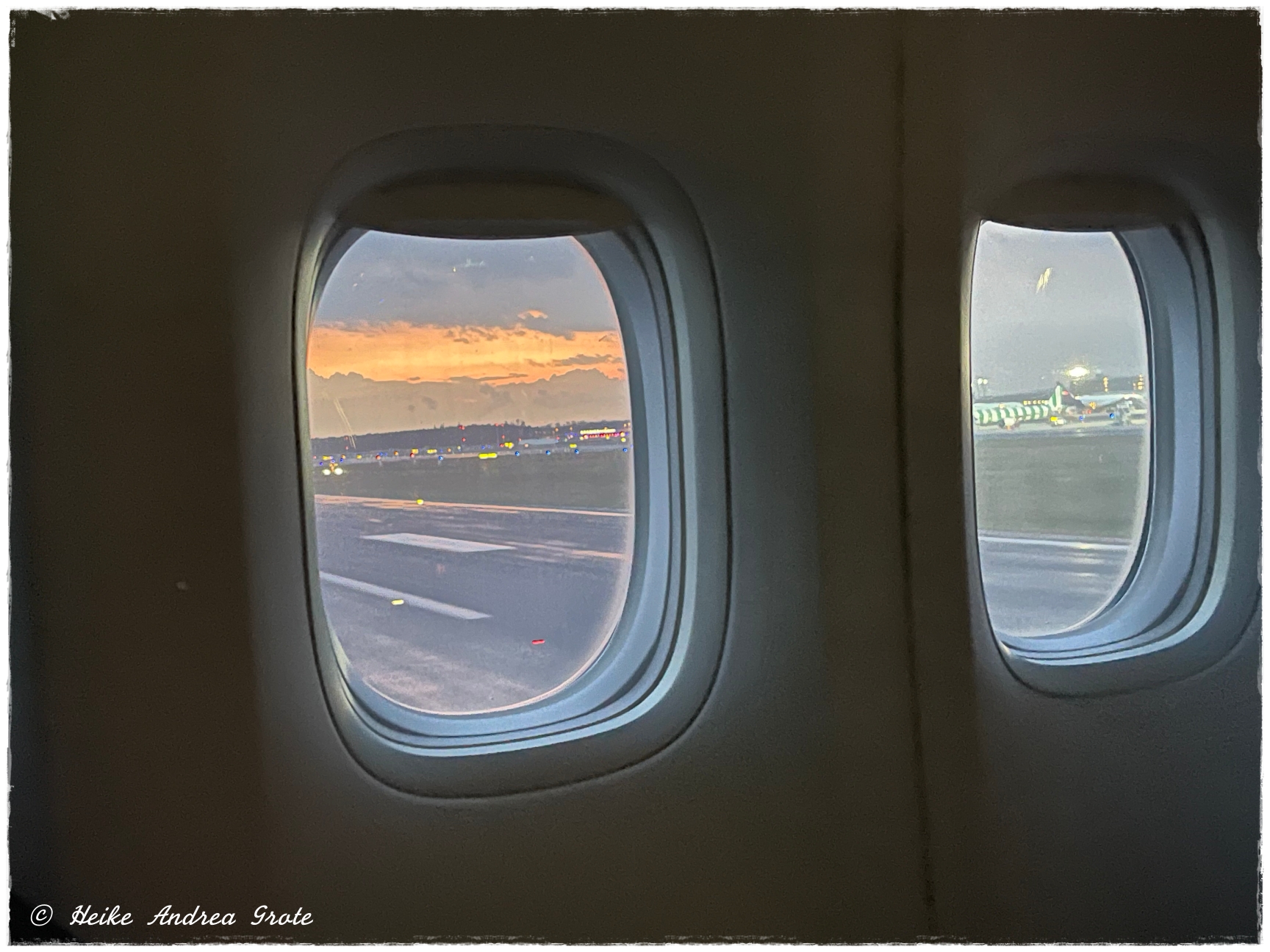
Landing in Frankfurt International Airport.
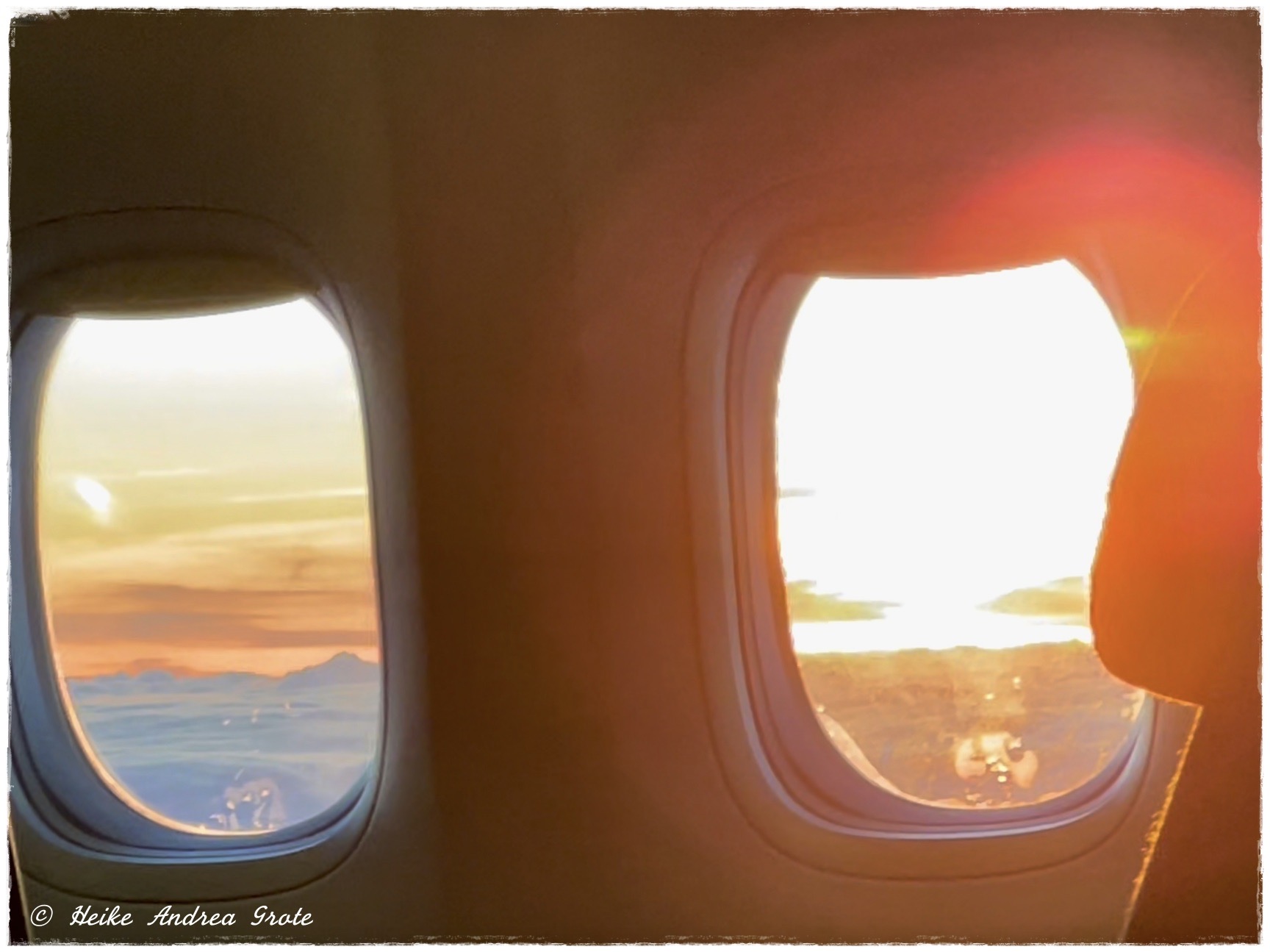
Return
Flight from Japan to Germany.
Wonderful
sunny view!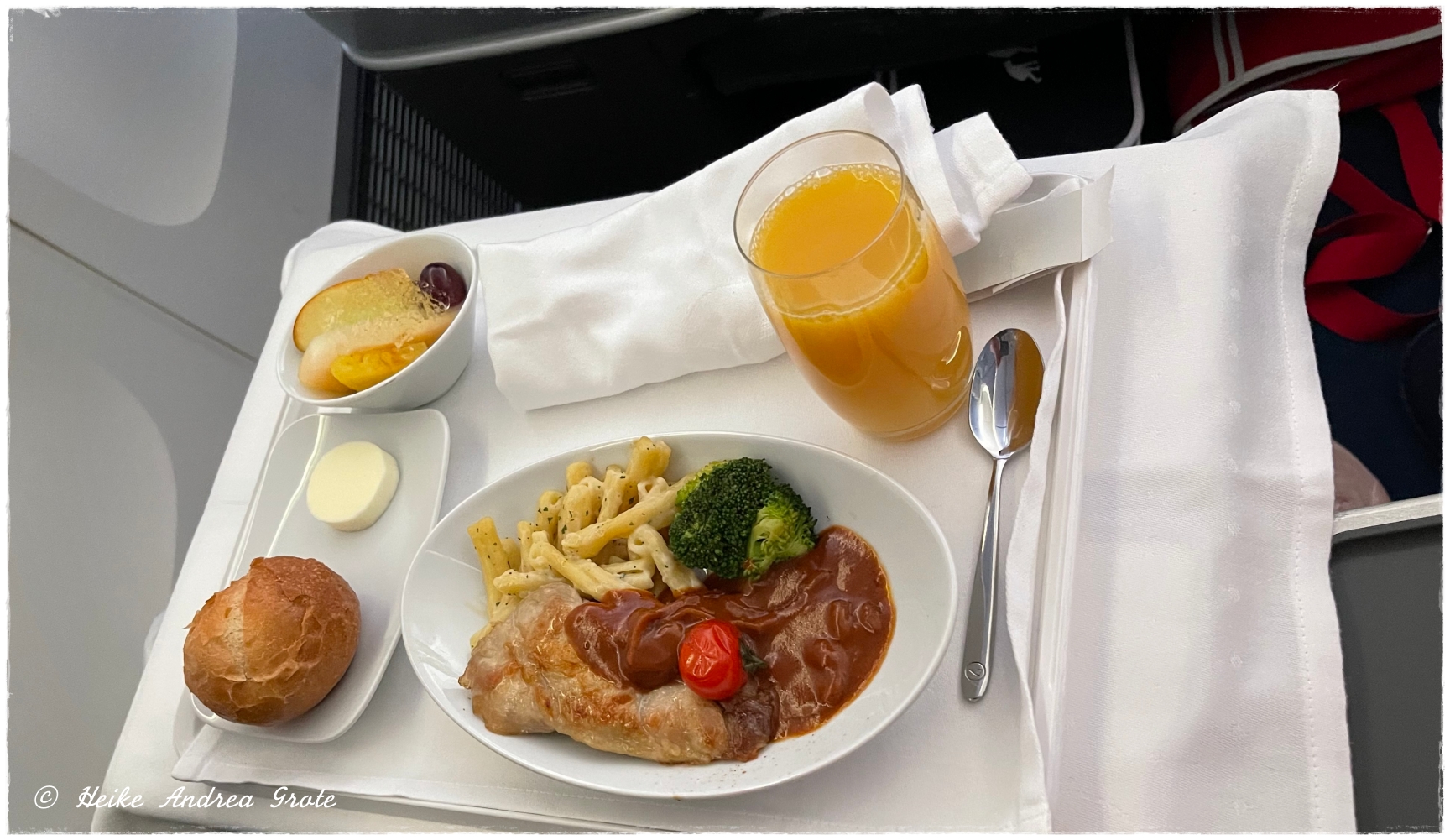
Before Landing. Main Course 2: Chicken Stroganoff Style with CasareccePasta and Broccoli.
Dessert: Seasonal fresh Fruit.
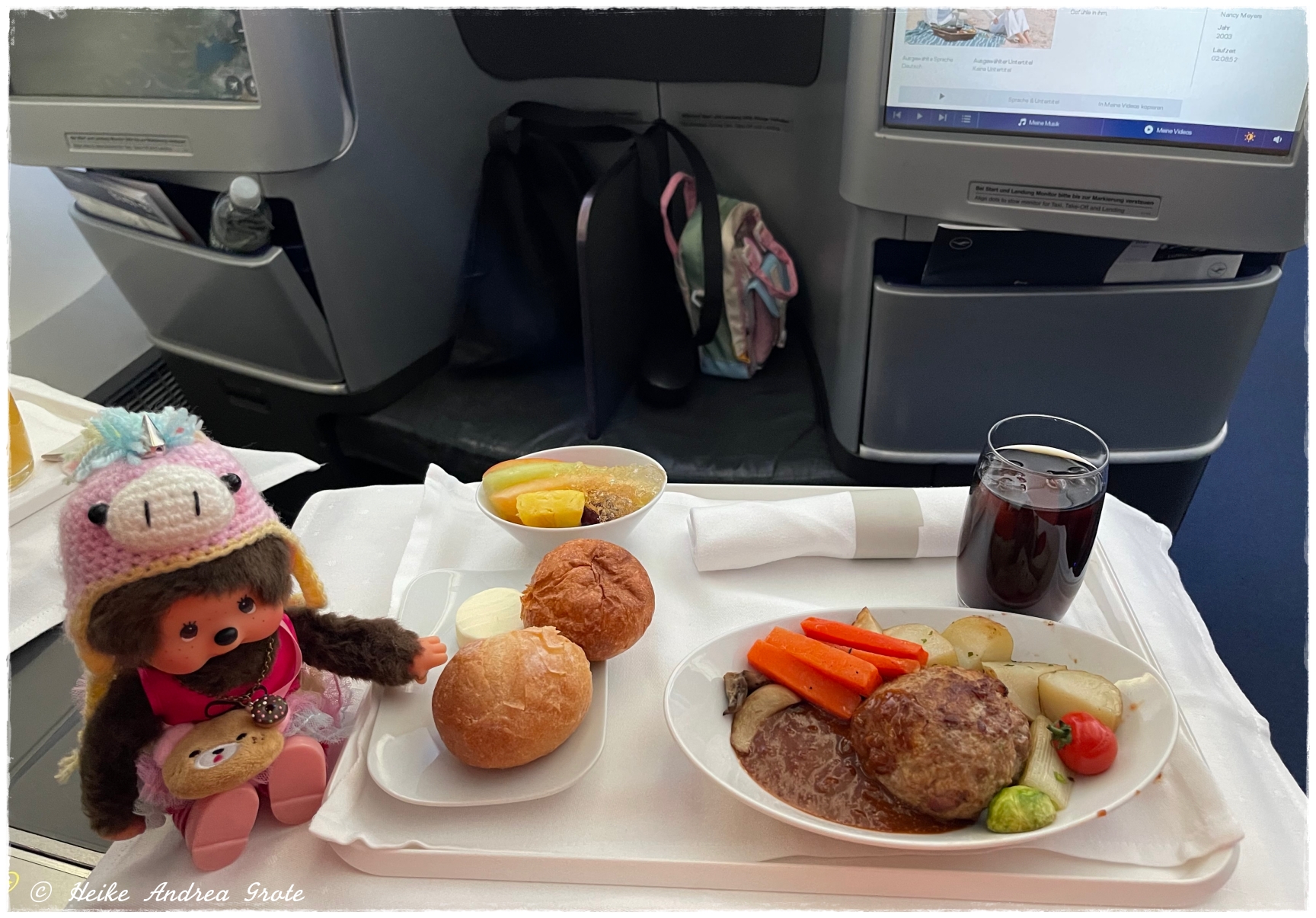
Before Landing. Main Course 1: Japanese Beef Hamburger Steak with Mustard Sauce, roasted Potato, grilled Leak, sautéed Carrot and mixed Mushroom.
Dessert: Seasonal fresh Fruit.
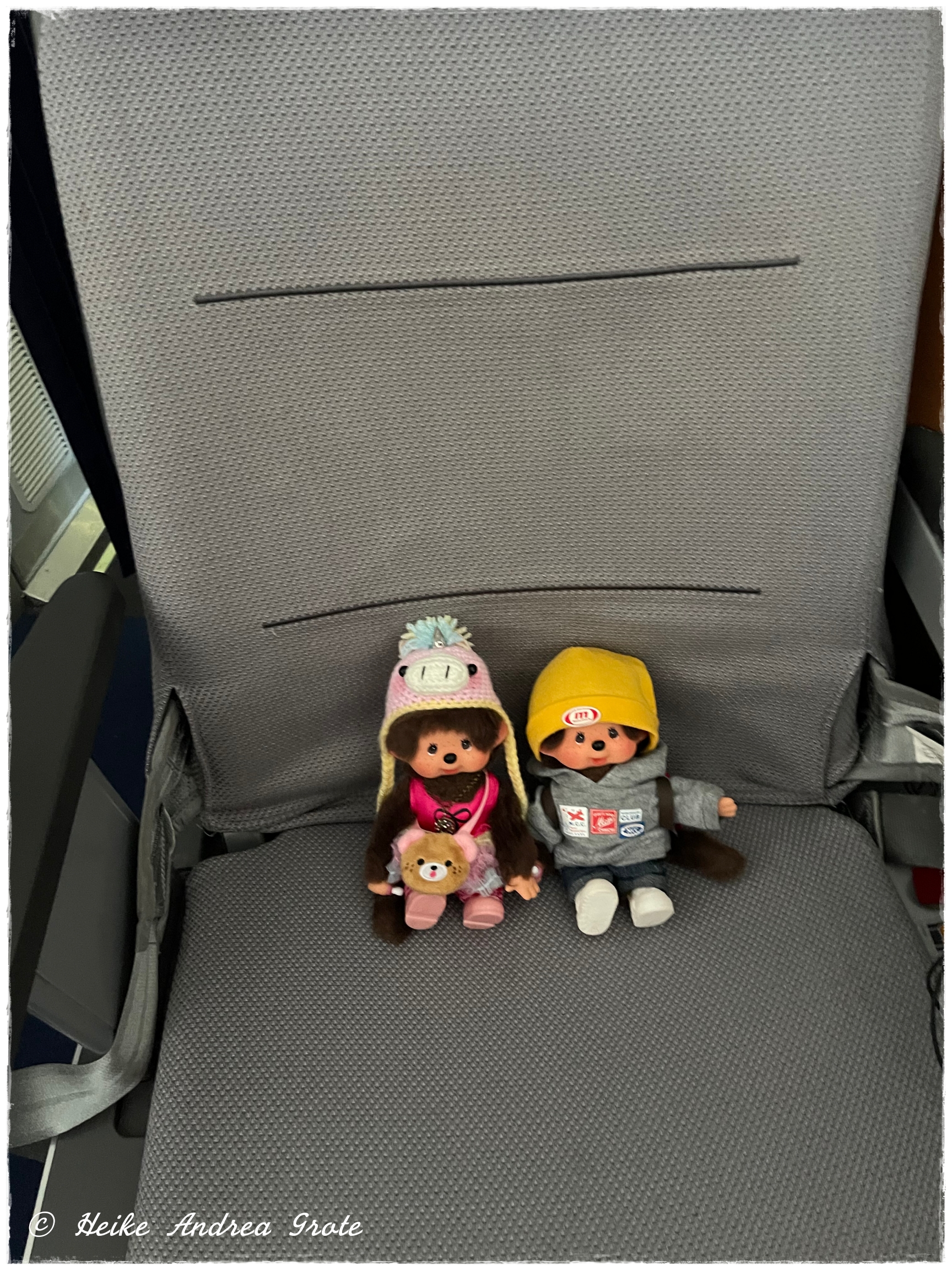
How long will it take till the meal will arrive? Please don’t be impatient, haha



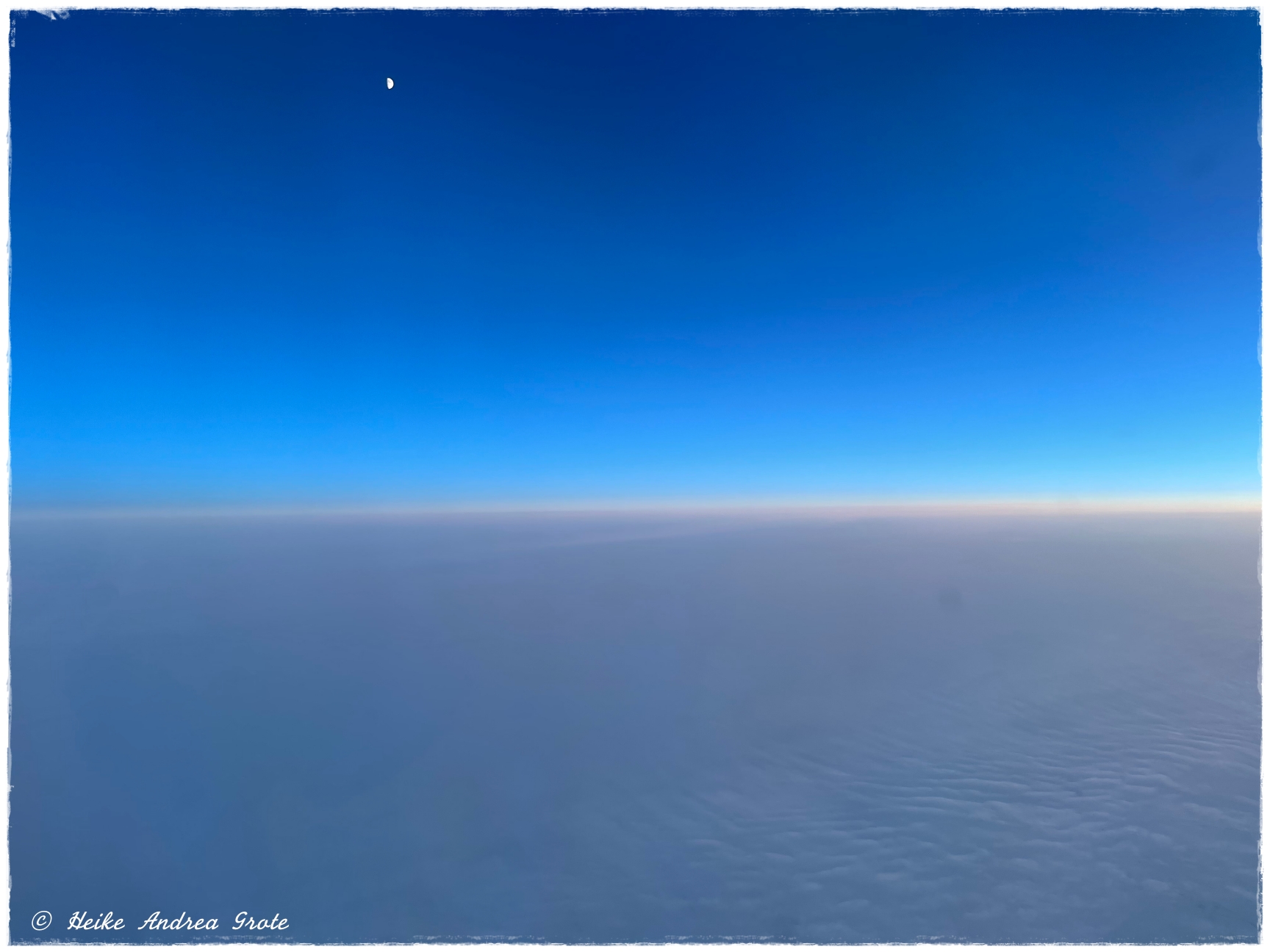
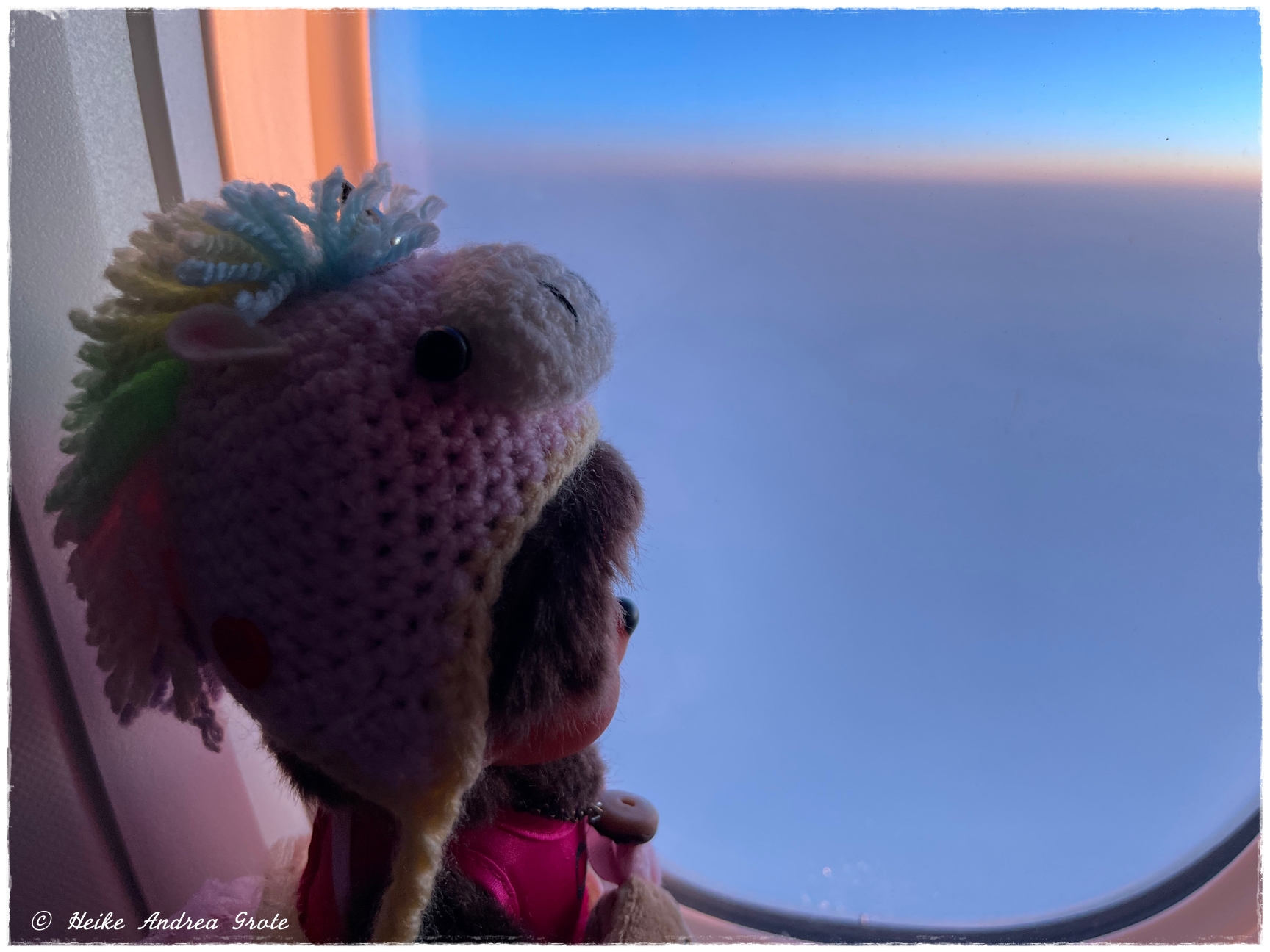
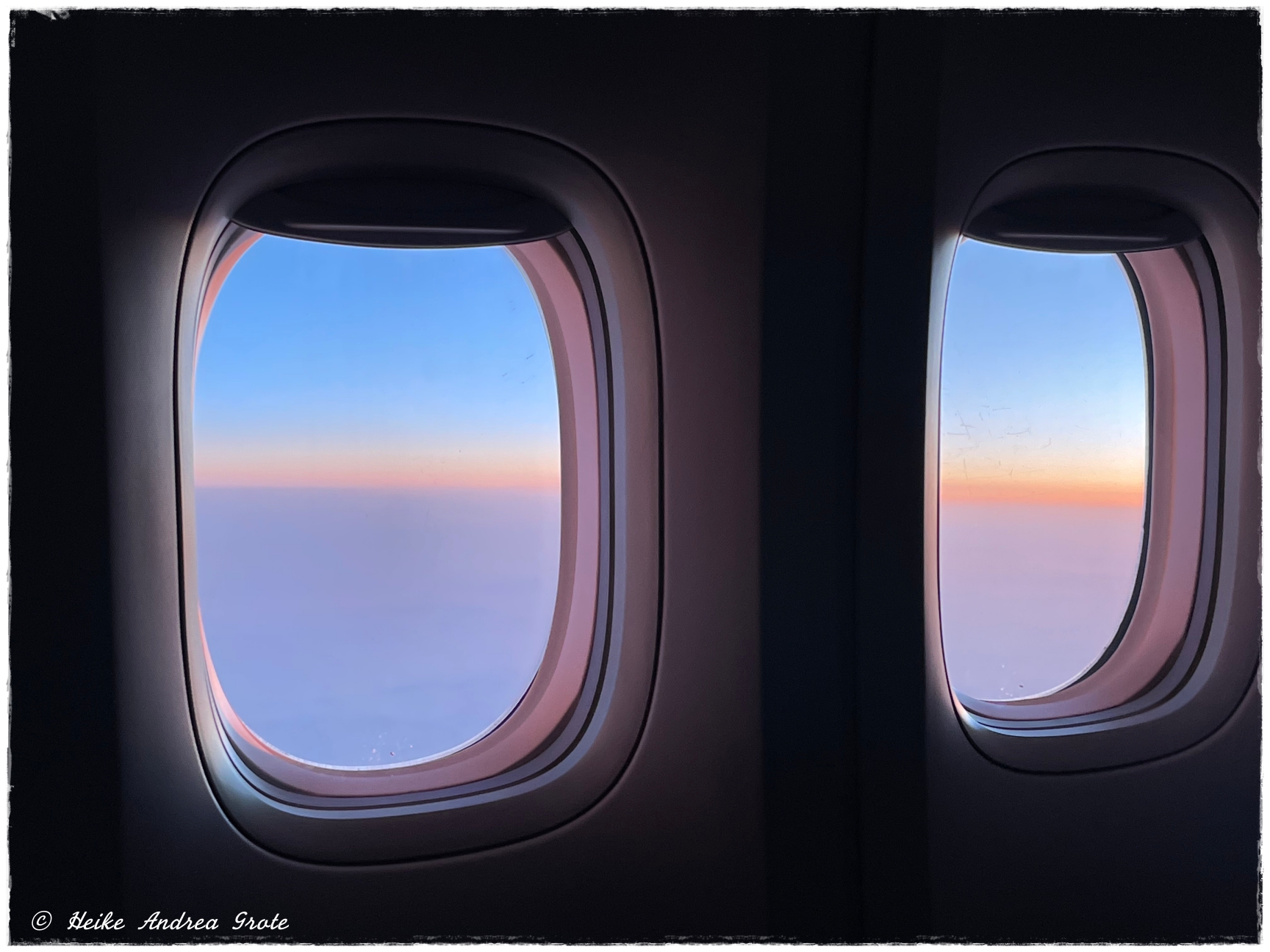
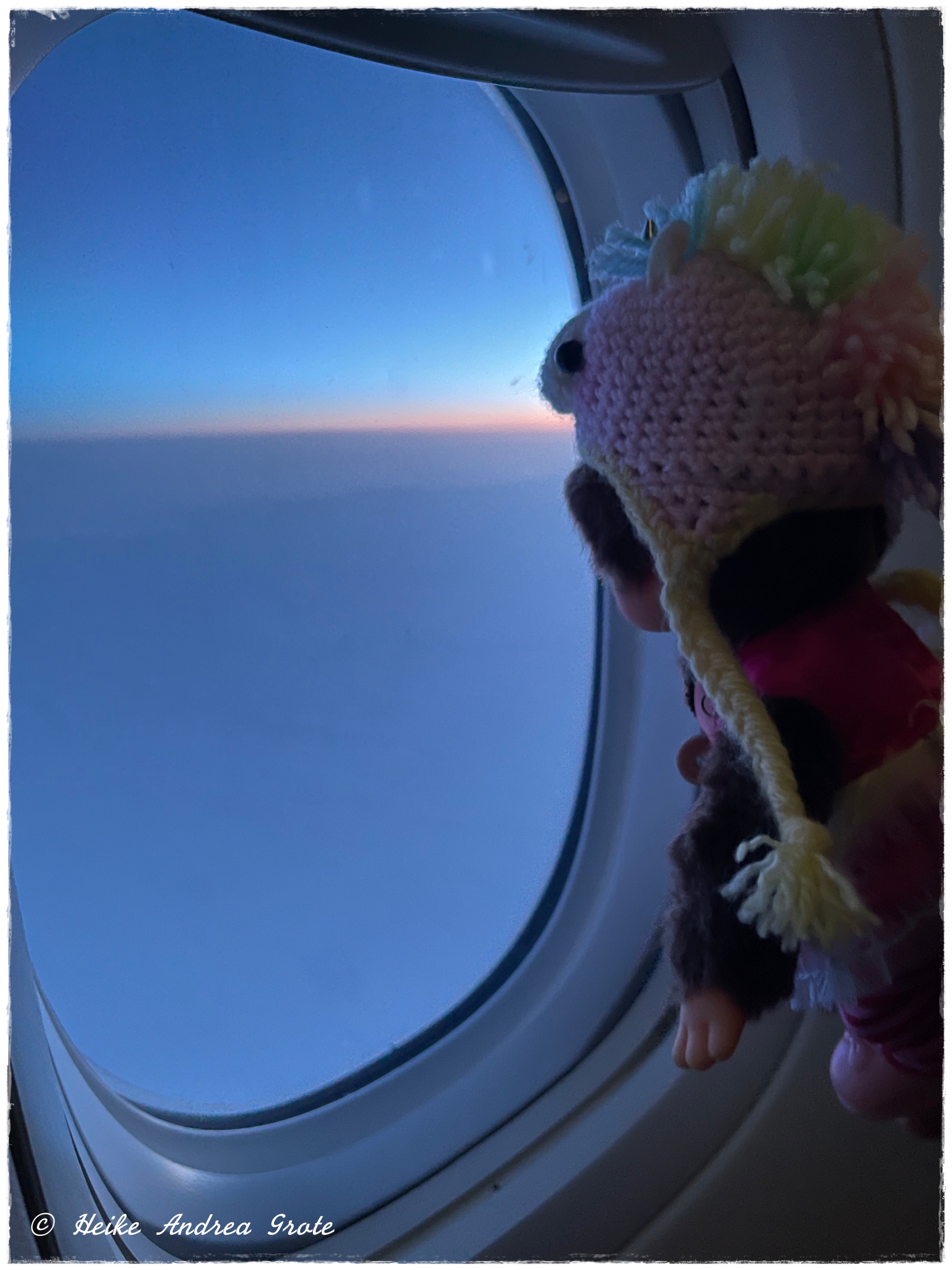
🌏
Actual location: Monchhichi over Greenland.
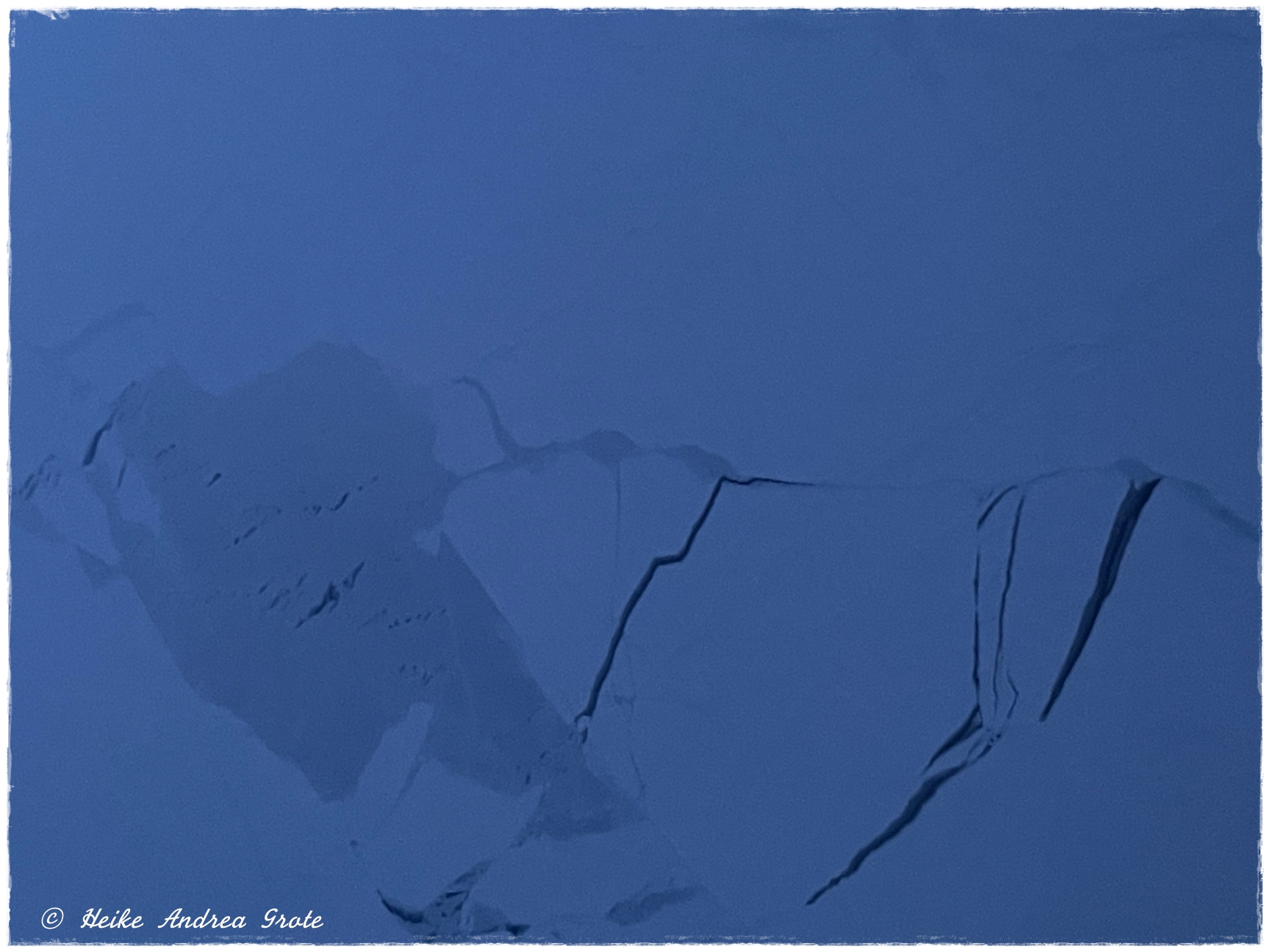
Return
Flight from Japan to Germany.
That is so fascinating! Our Lufthansa flight took the Polar route.

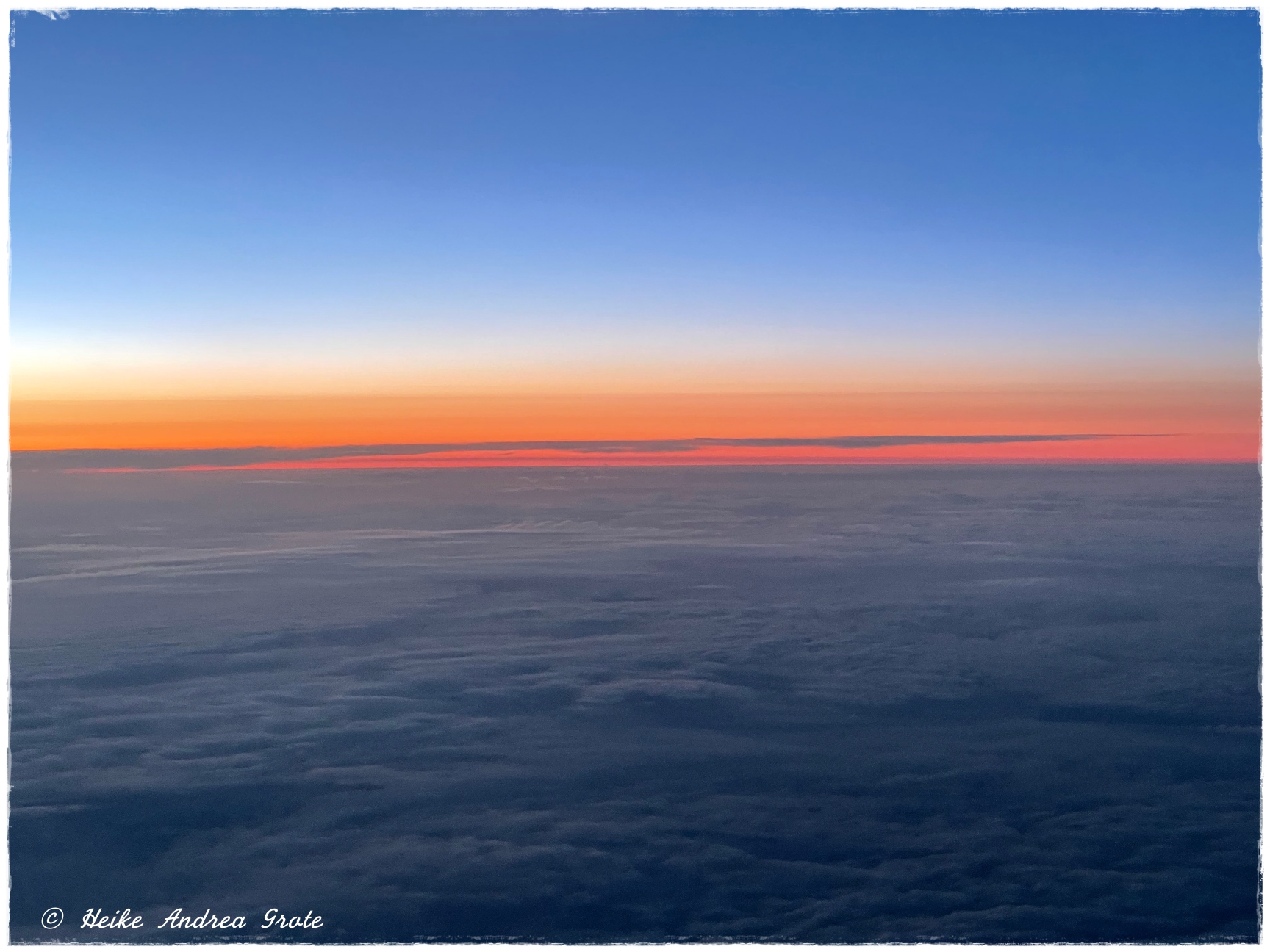
Return
Flight from Japan to Germany.
🌏
Actual location: North Pacific.
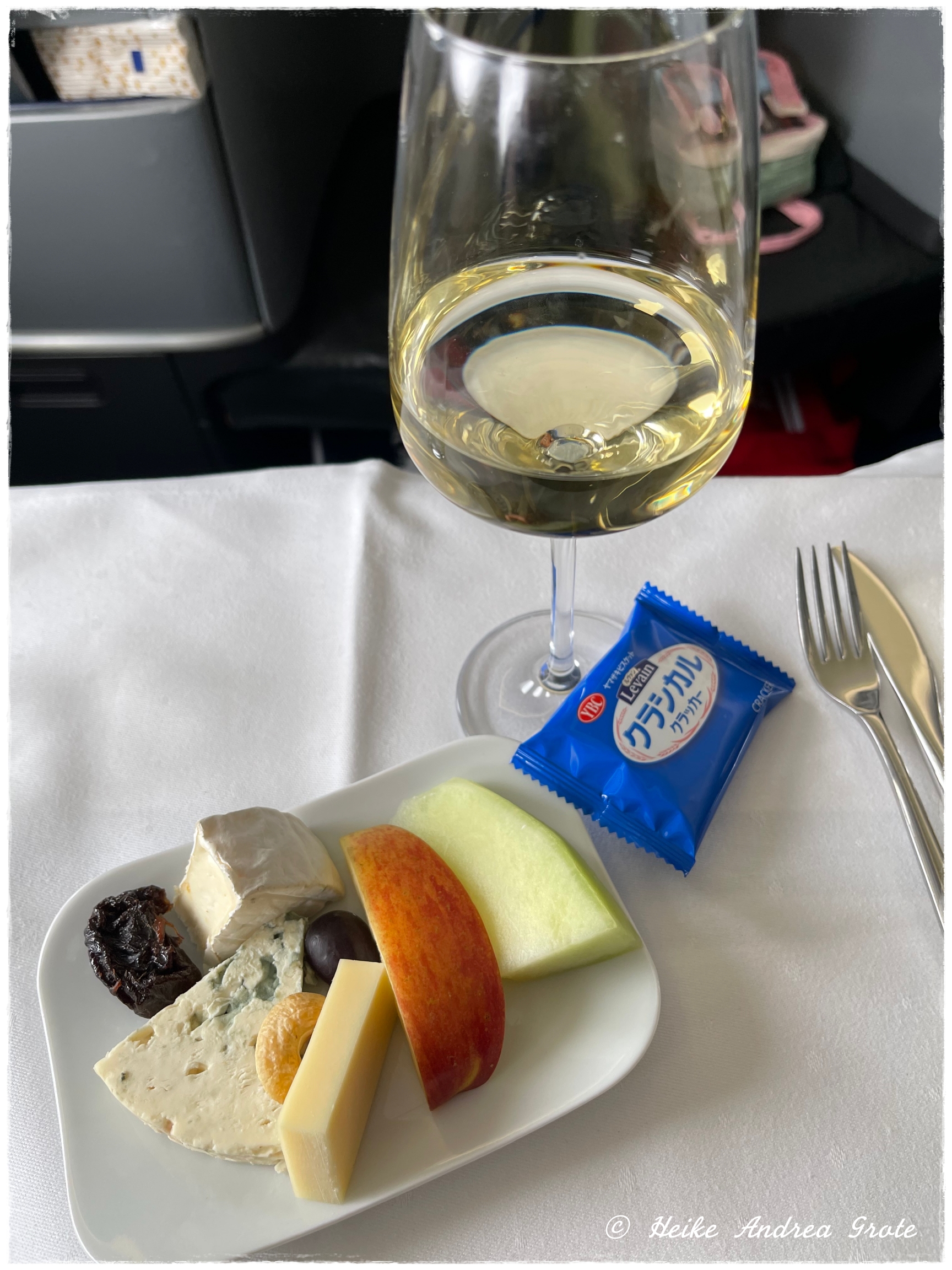
Return
Flight from Japan to Germany.
Cheese:
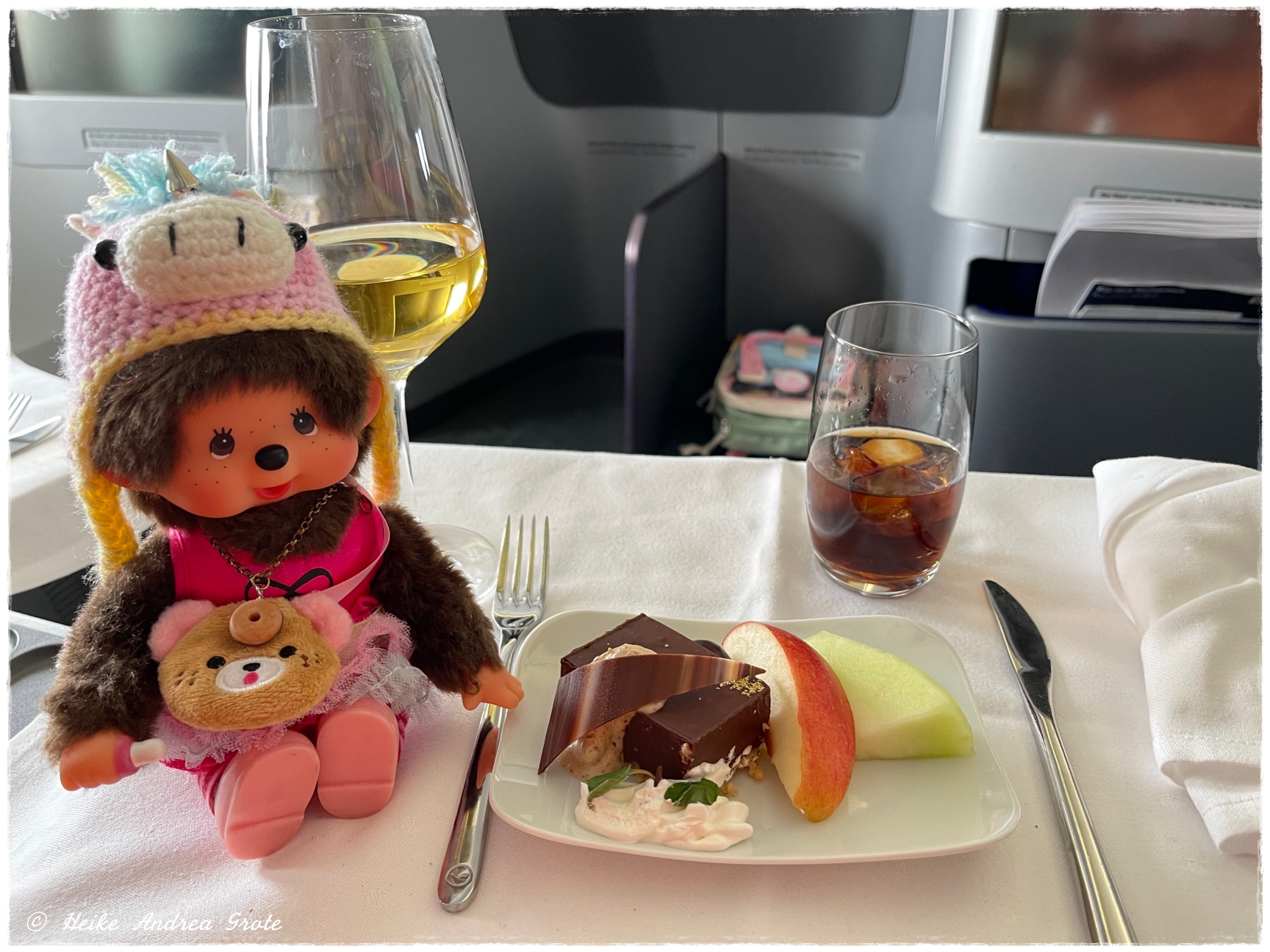
Return
Flight from Japan to Germany.
Dessert:
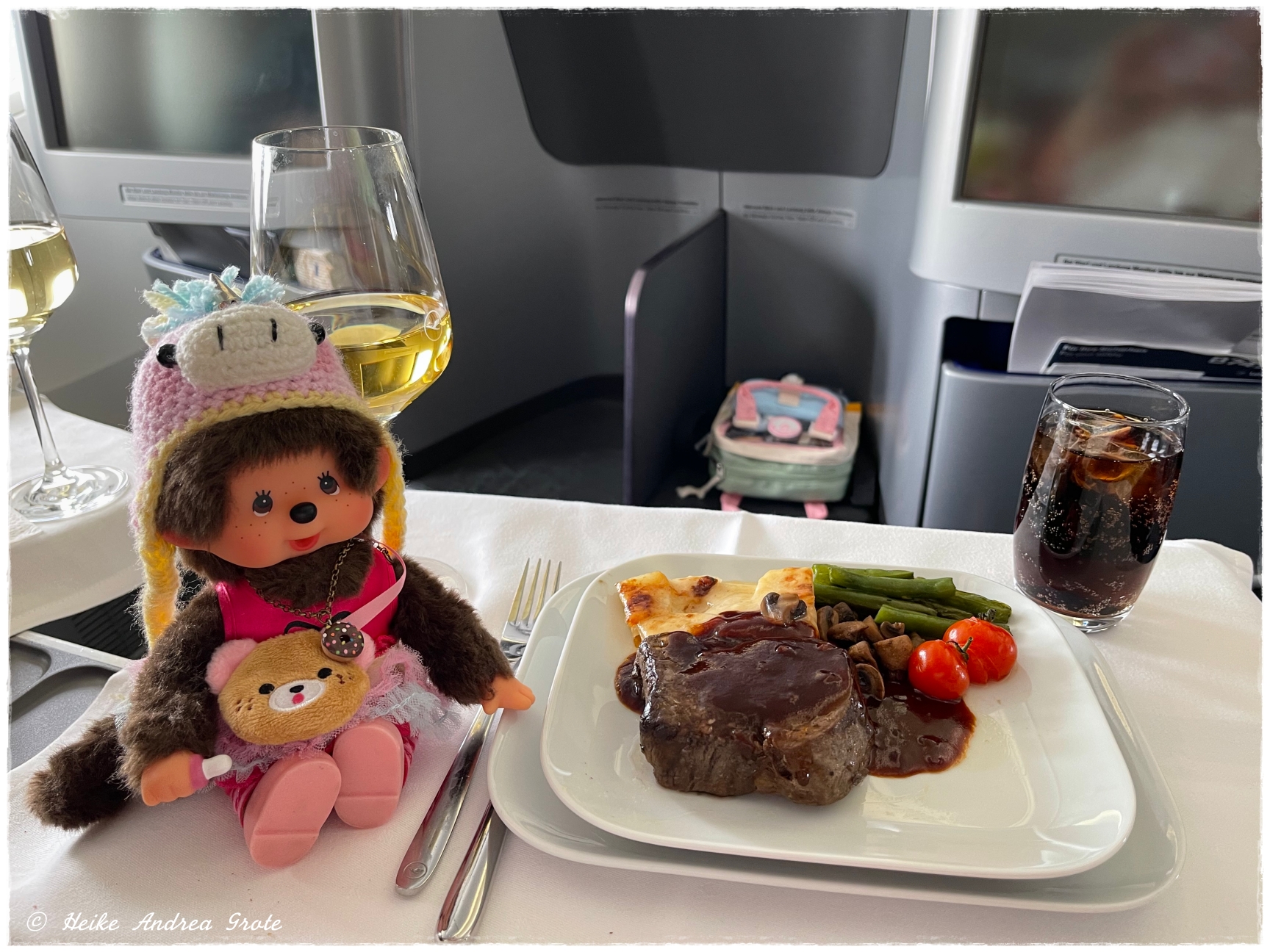
Return
Flight from Japan to Germany.
Main course:
Tenderloin of Beef with Burgundy Sauce, Potatoe Gruyère Gratin, green Bean and sautéed Mushroom
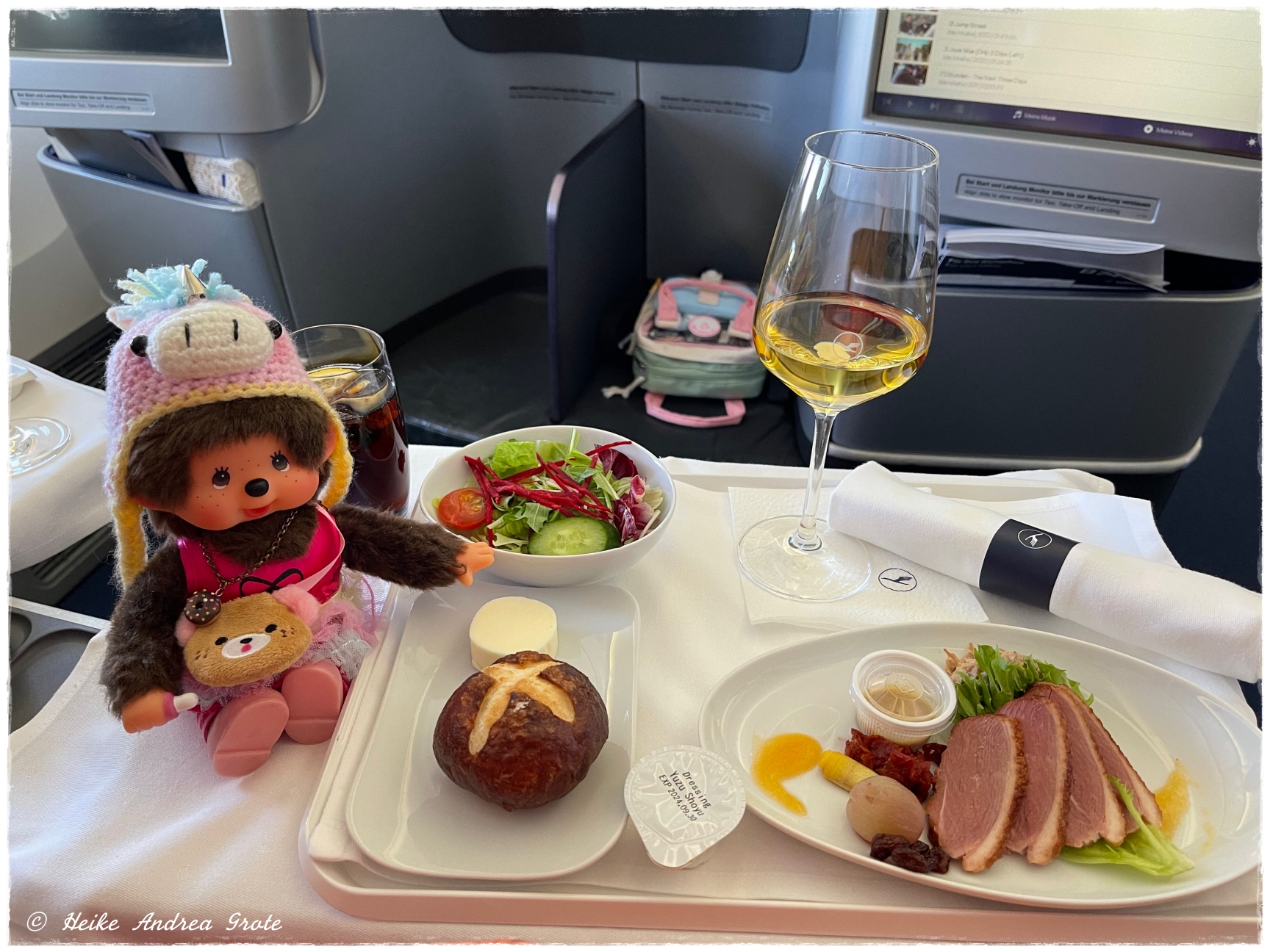
After Takeoff Appetizers:
Smoked Duck Breast with Rillettes and Papaya Sauce with Fresh Field Greens with Cucumber, Beet Julienne and Cherry Tomato with delicate Dressing. 🥰
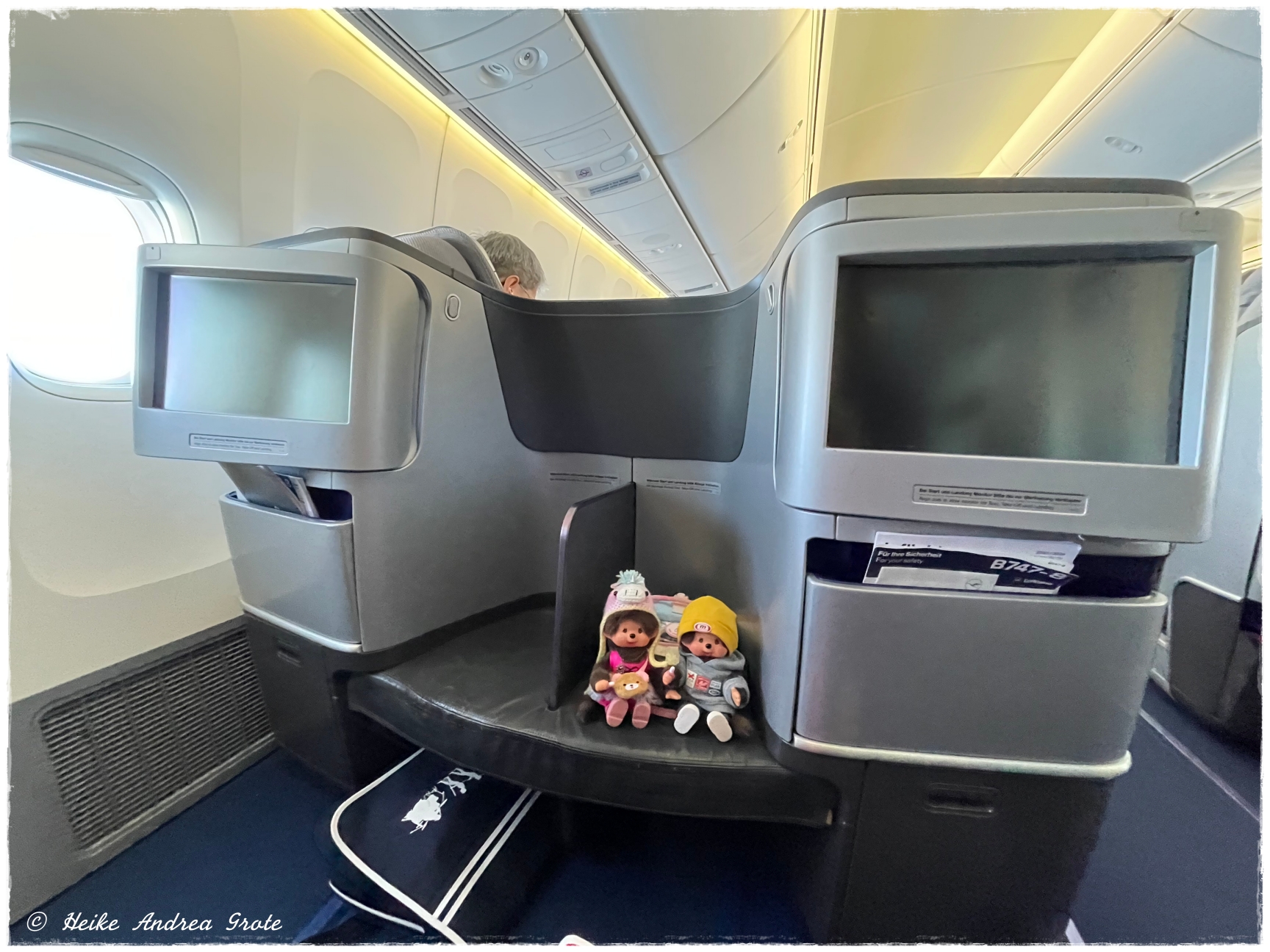
Monchhichis at Return Flight to Germany.
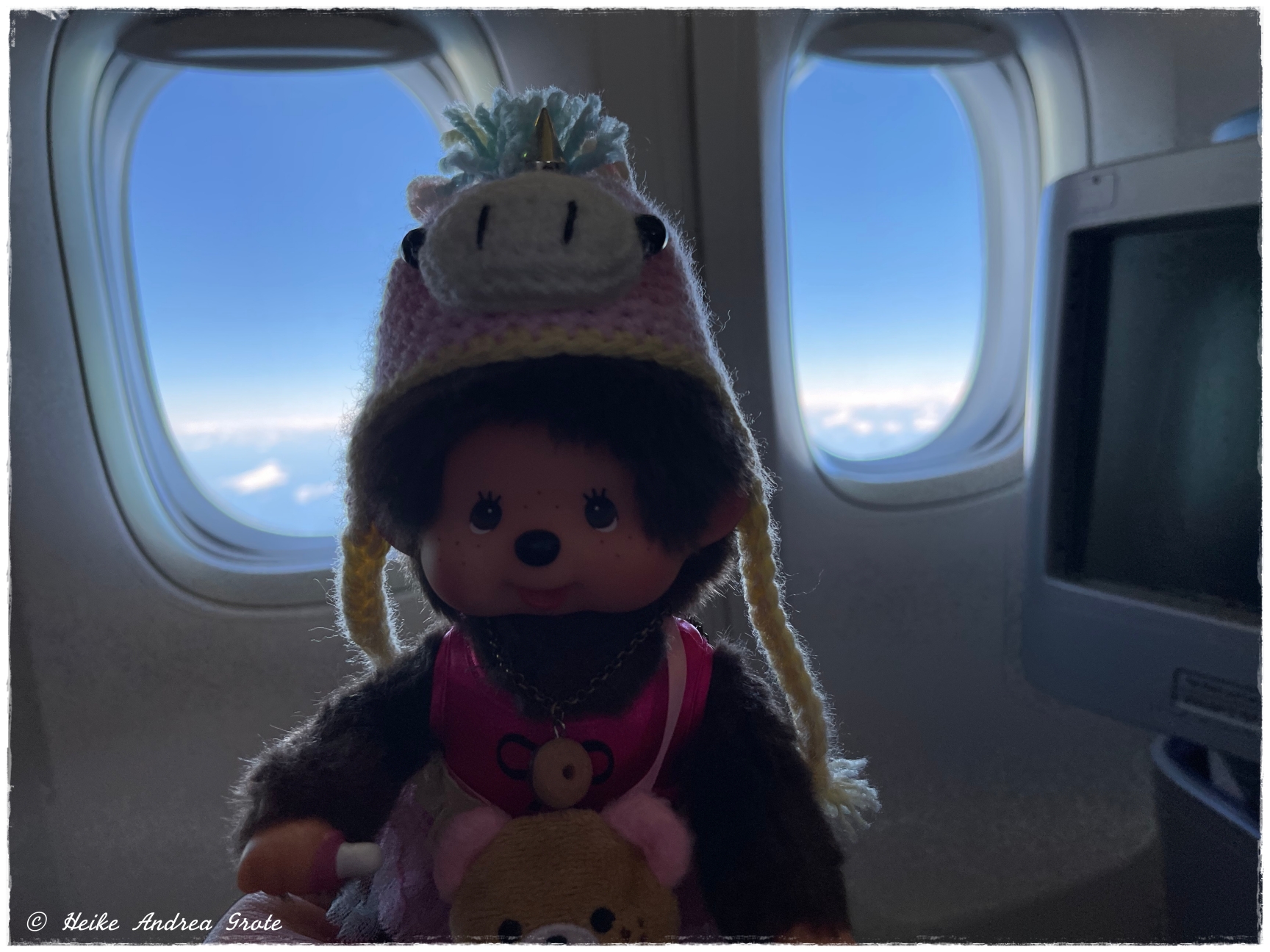
Monchhichi at Return Flight to Germany.
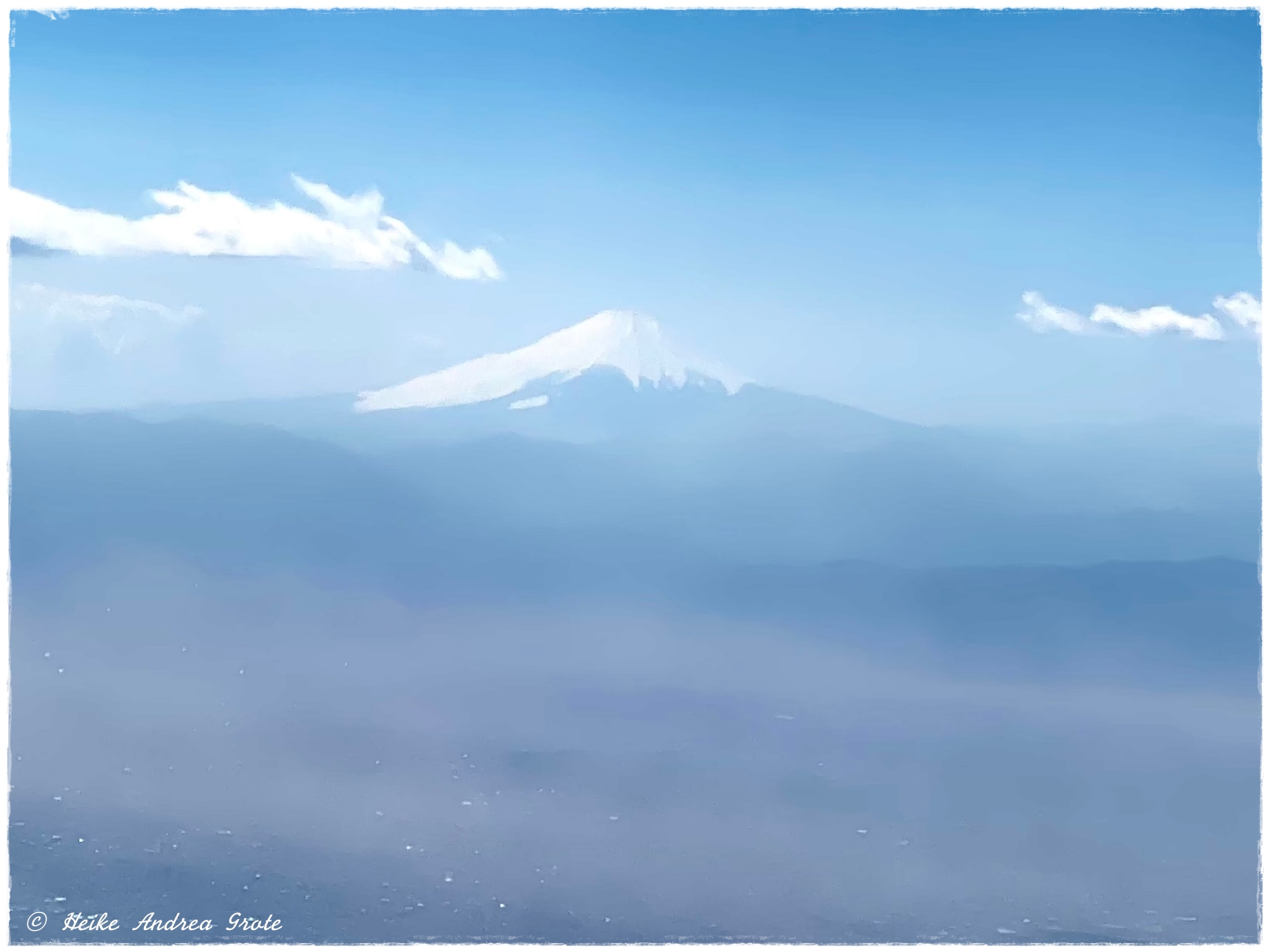
Watching Mt. Fuji after Takeoff of at Haneda Airport, Tokyo, Japan. Return Flight to Germany.
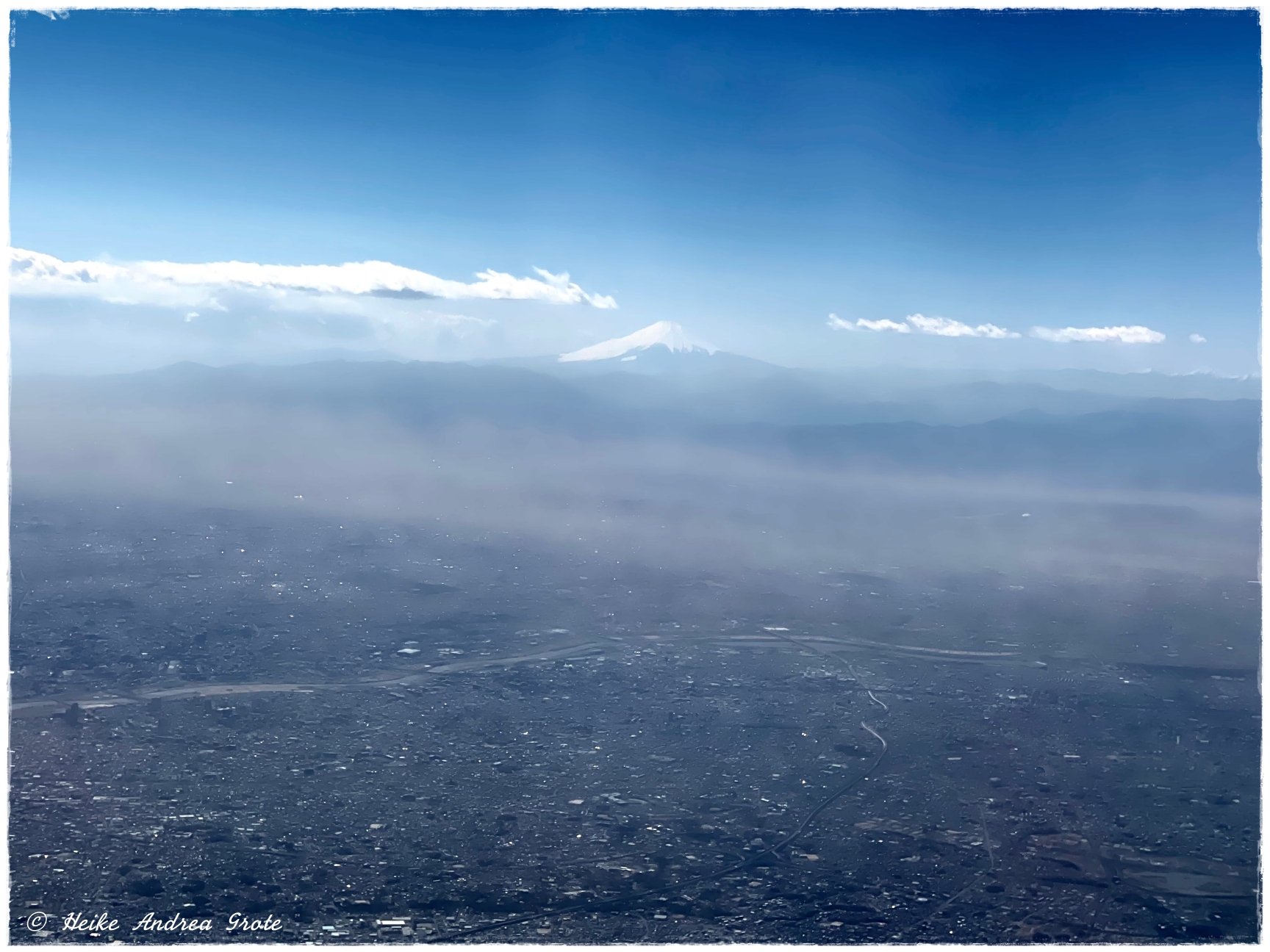
Watching Mt. Fuji after Takeoff at Haneda Airport, Tokyo, Japan. Return Flight to Germany.
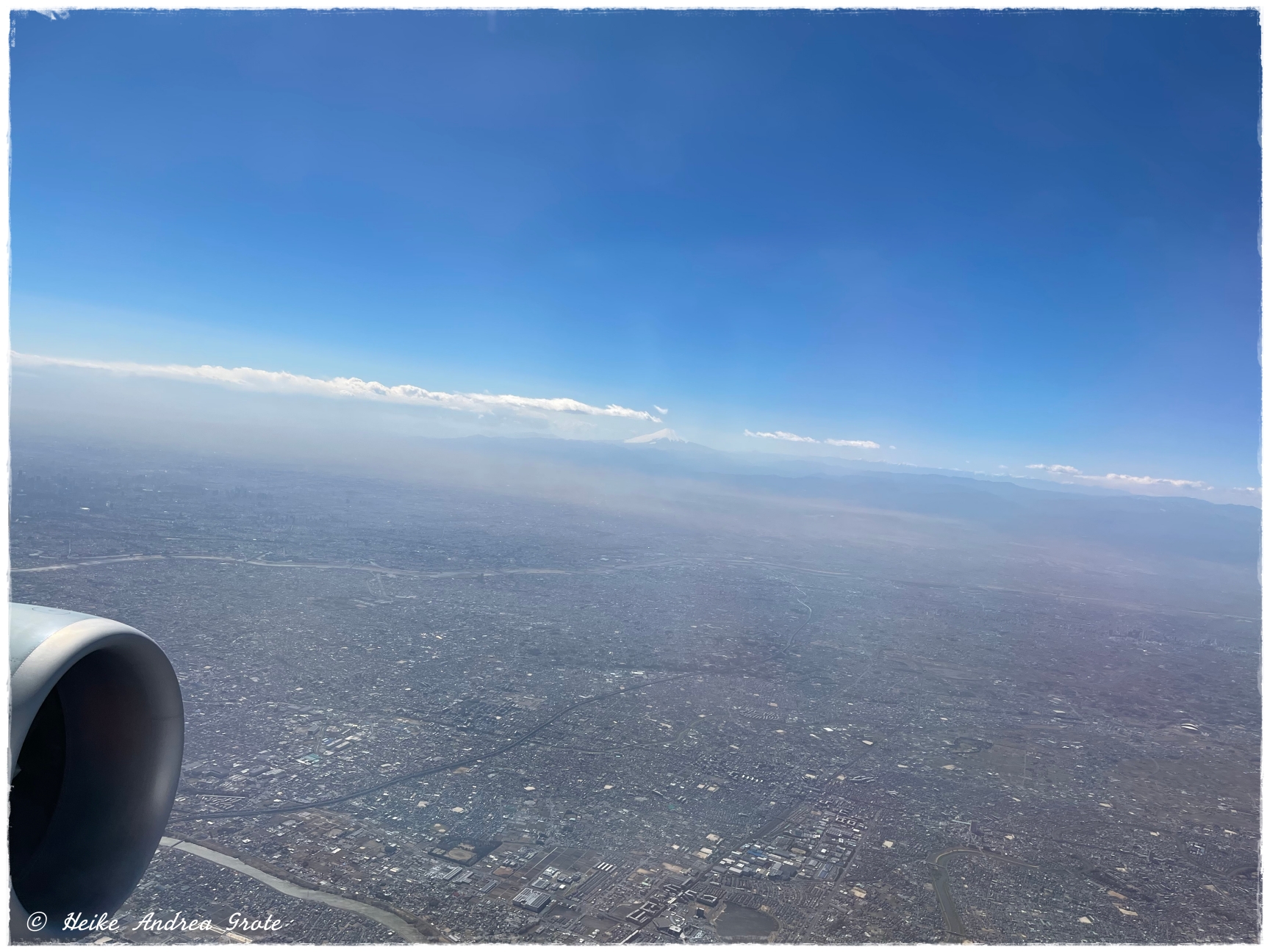
Watching Mt. Fuji after Takeoff at Haneda Airport, Tokyo, Japan. Return Flight to Germany.
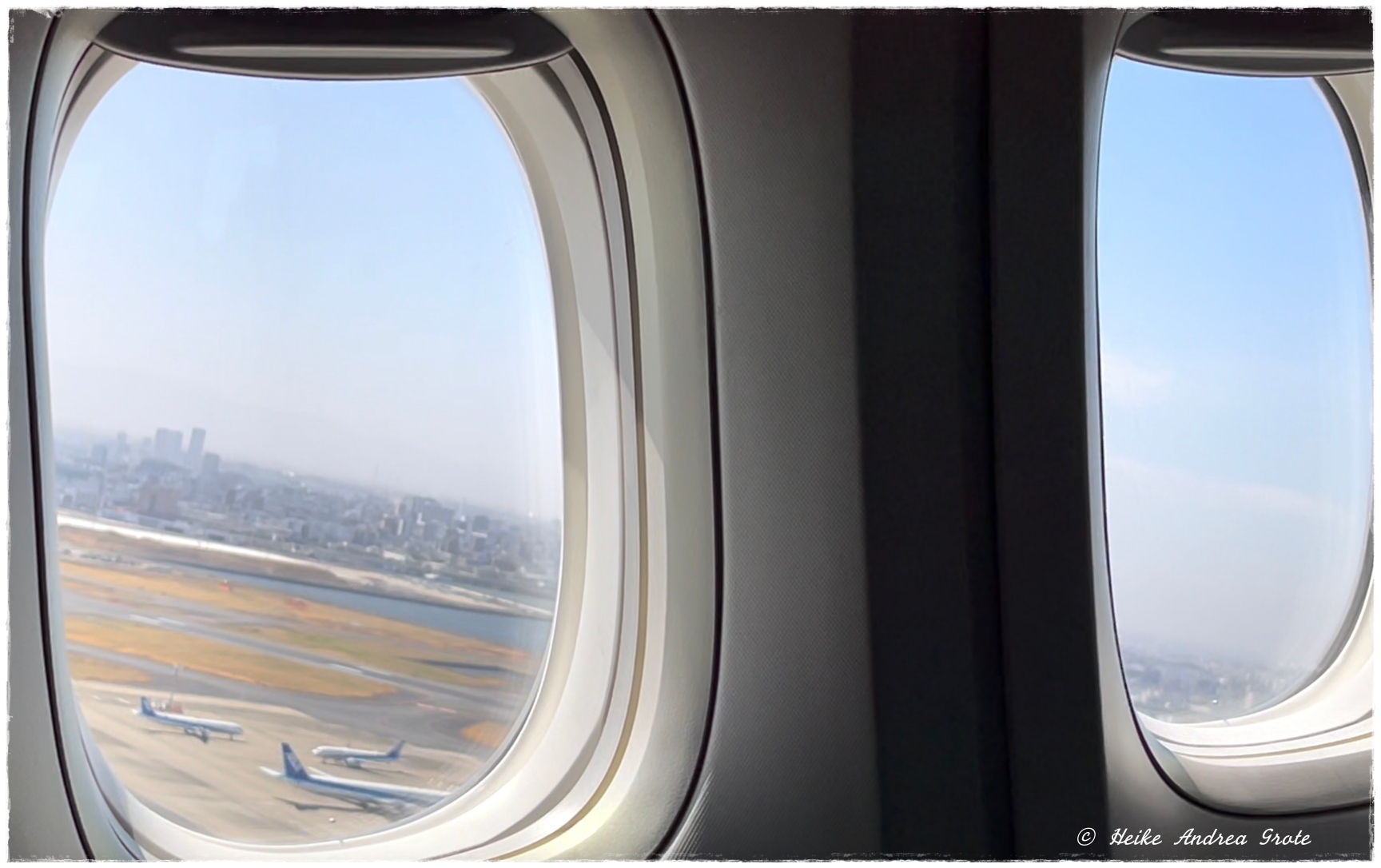
Takeoff of at Haneda Airport, Tokyo, Japan. Return Flight to Germany.
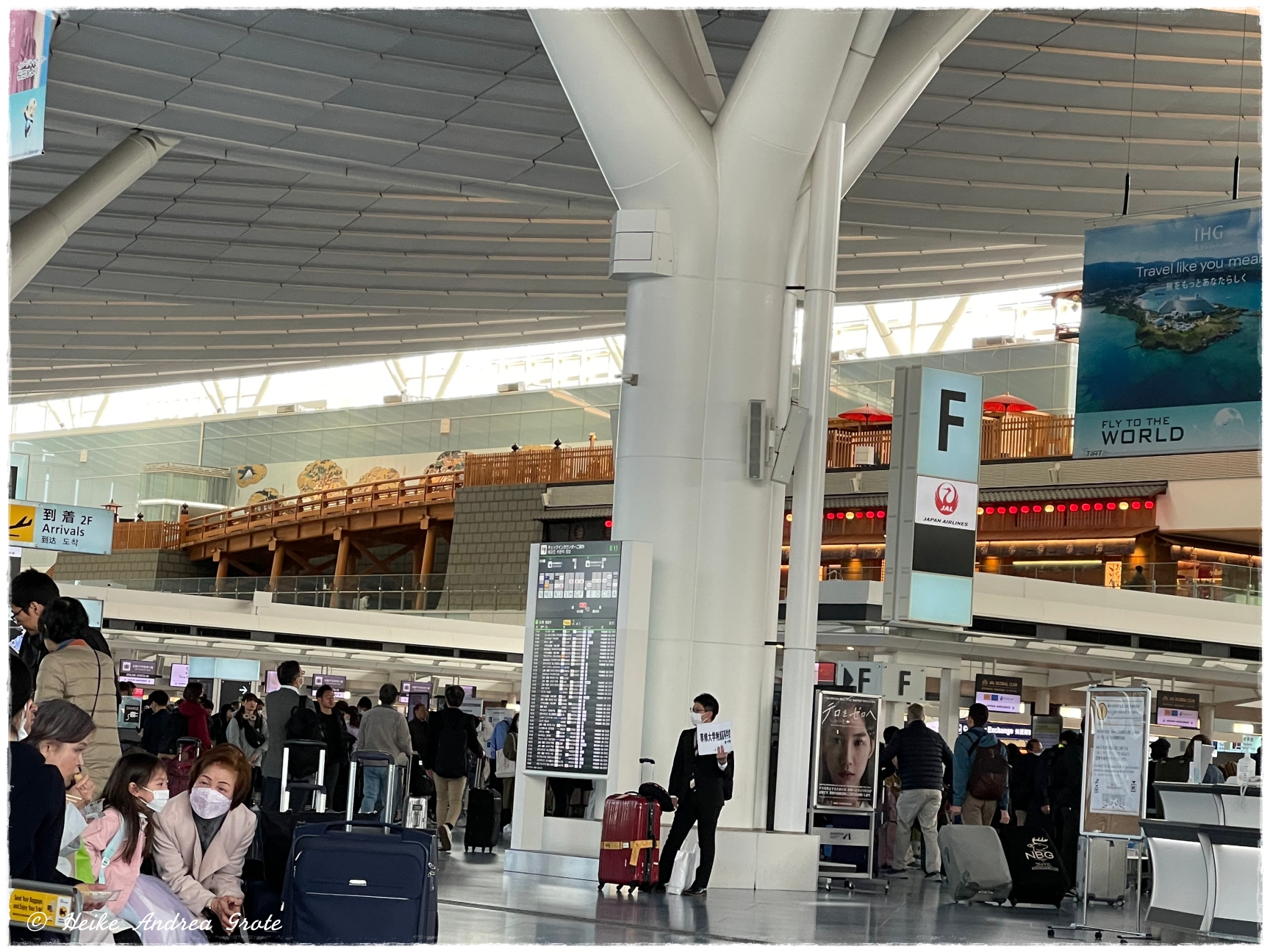
Haneda Airport, Tokyo, Japan. Return Flight to Germany.
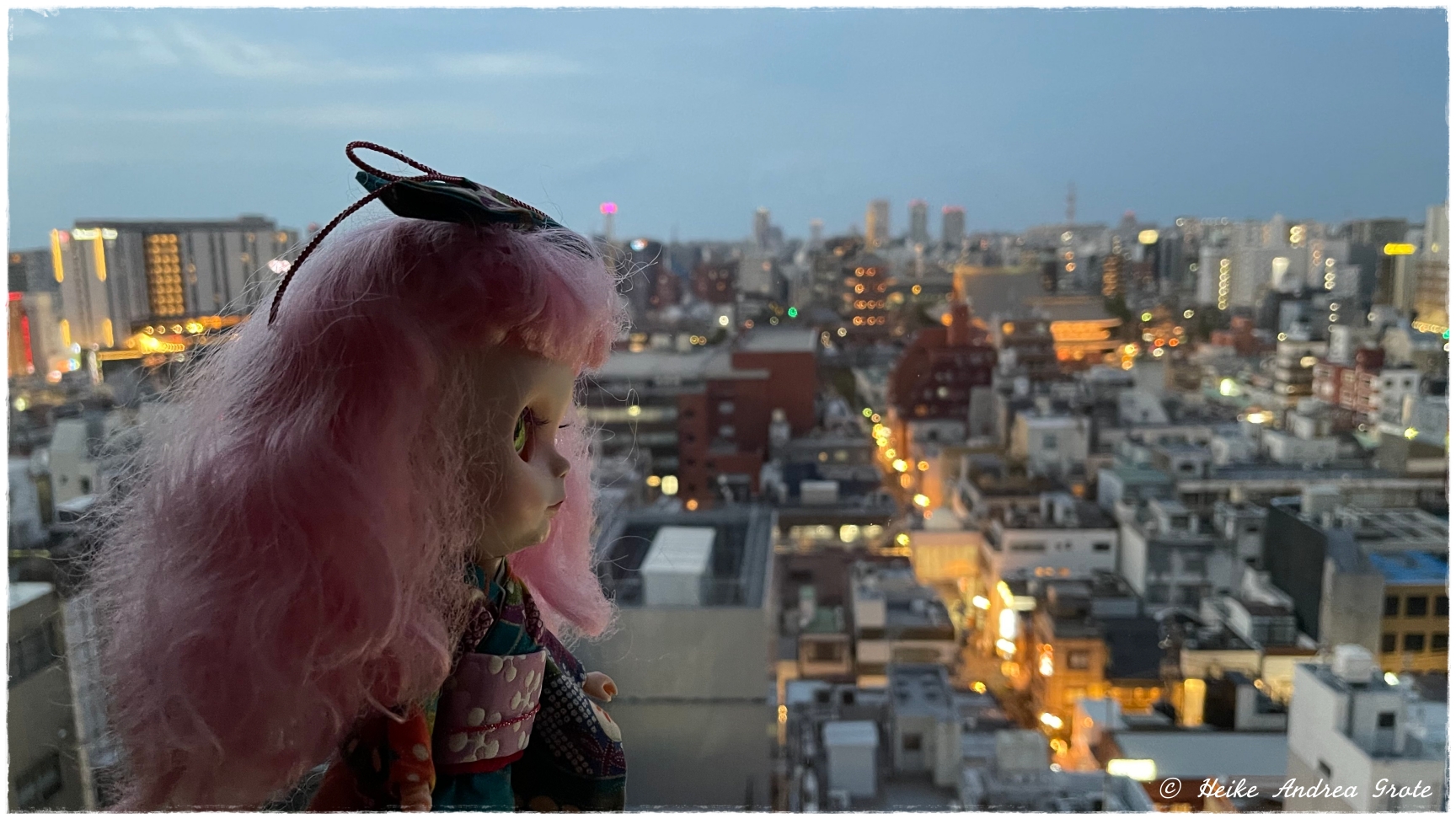
View from our Hotel room in Asakusa, Tokyo.
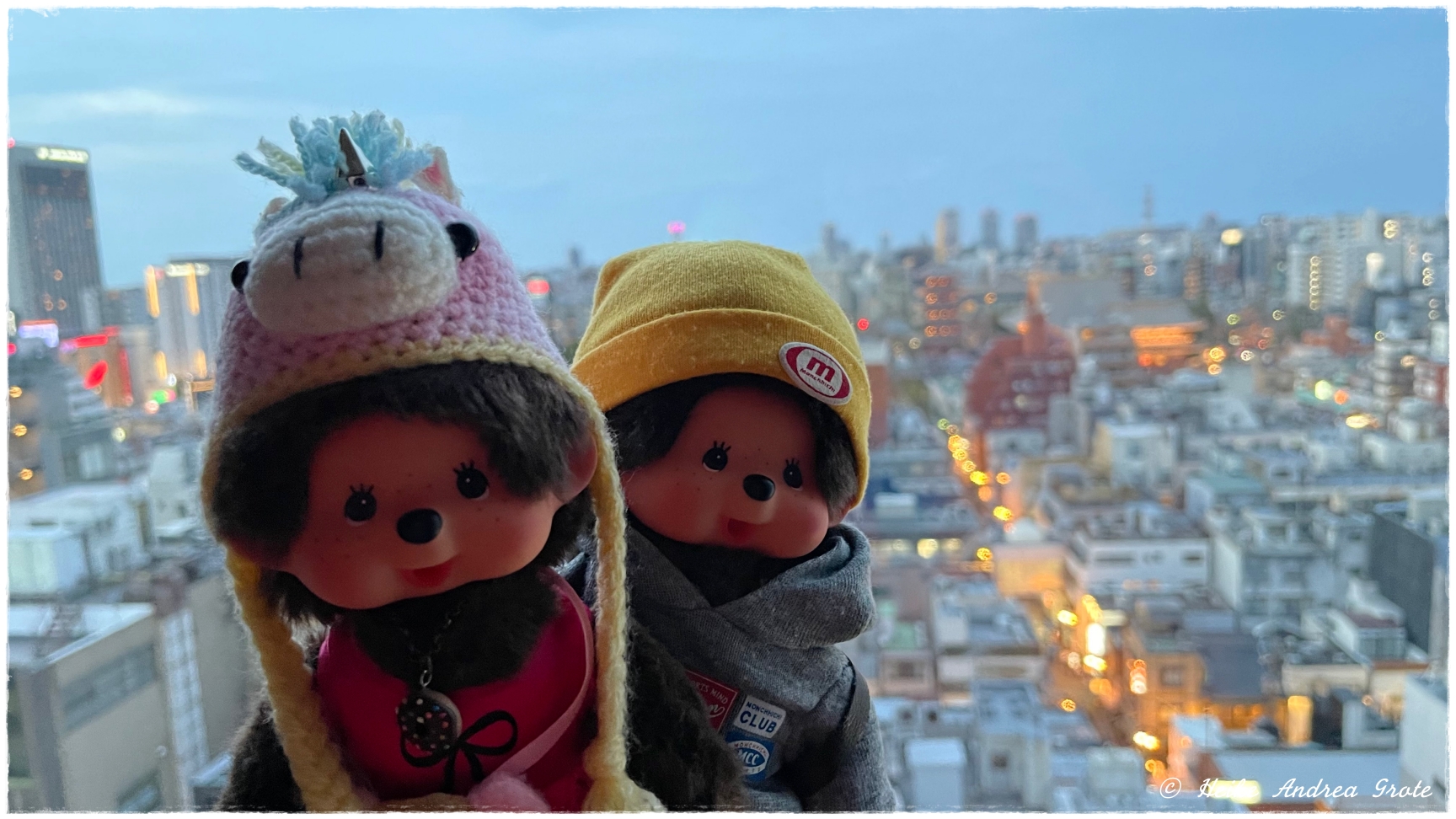
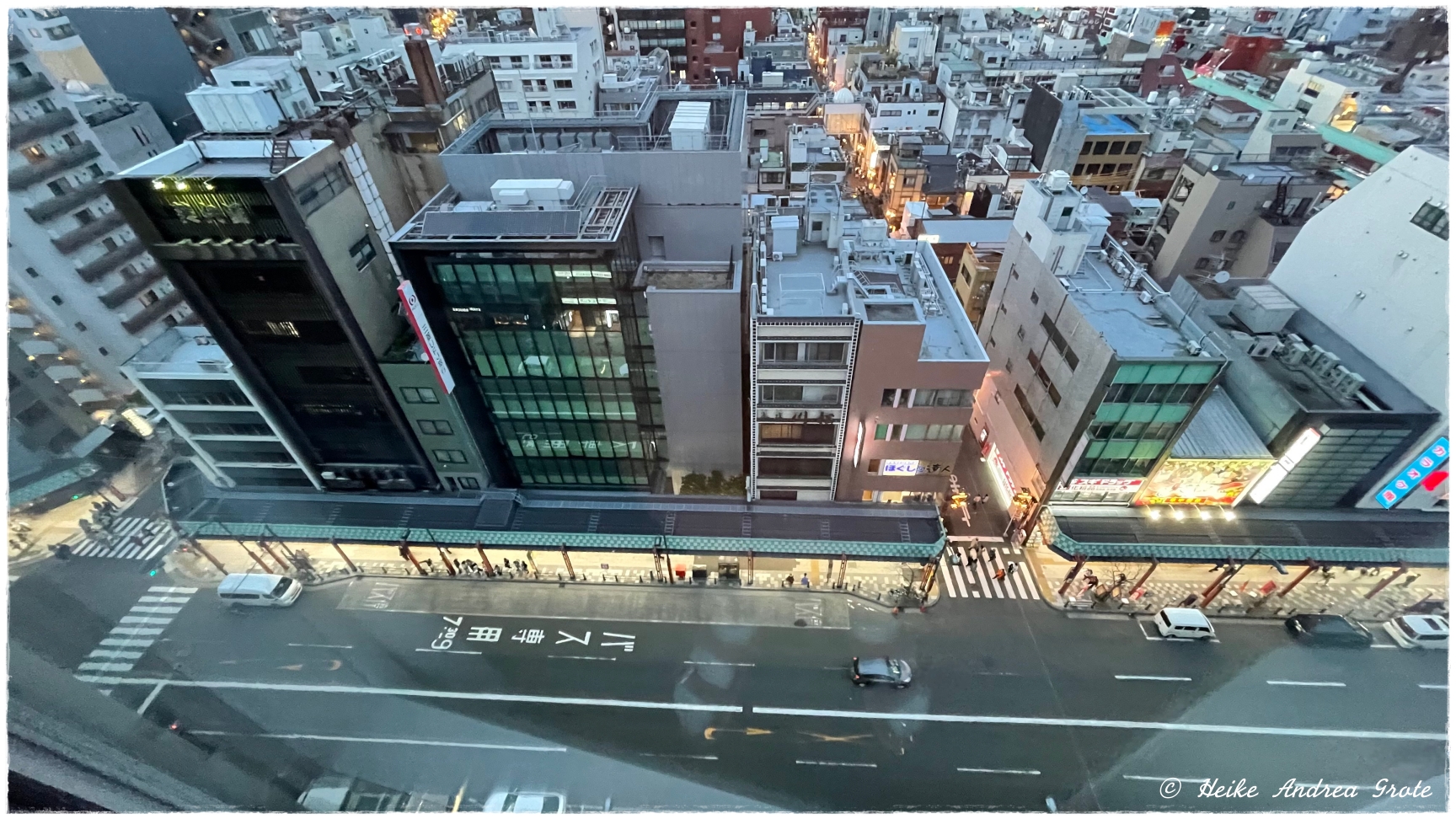
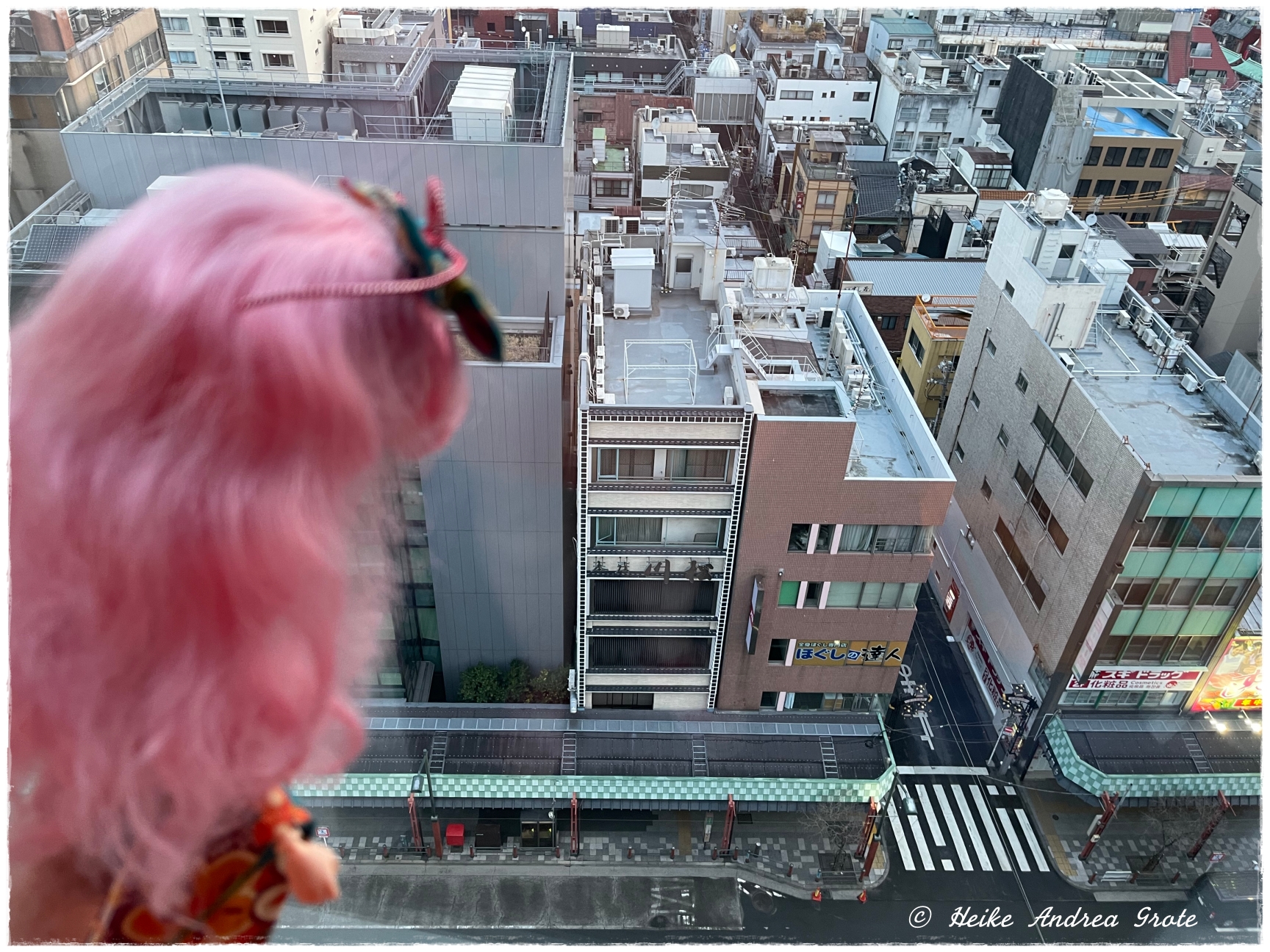
View from our Hotel room in Asakusa, Tokyo.
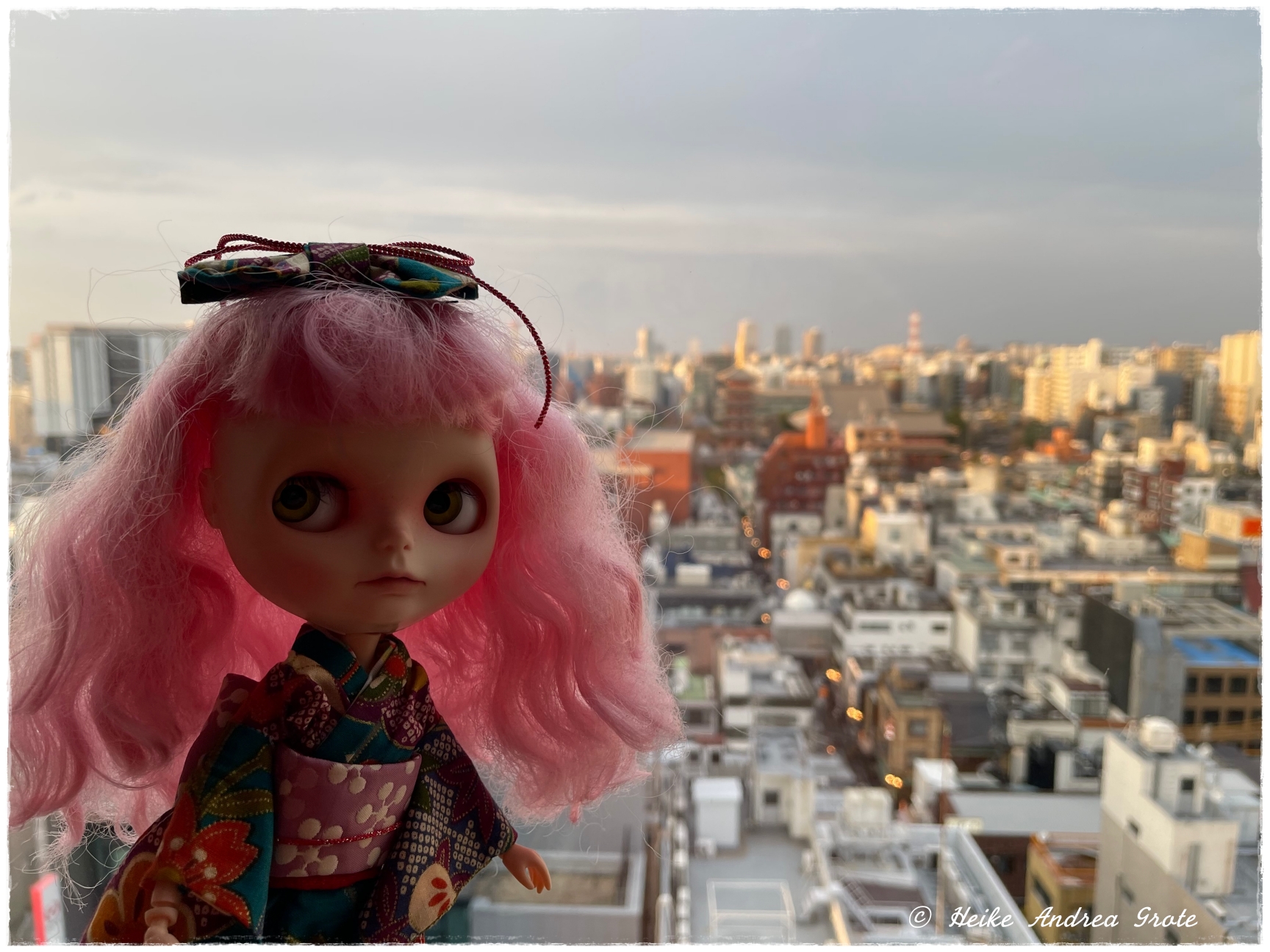
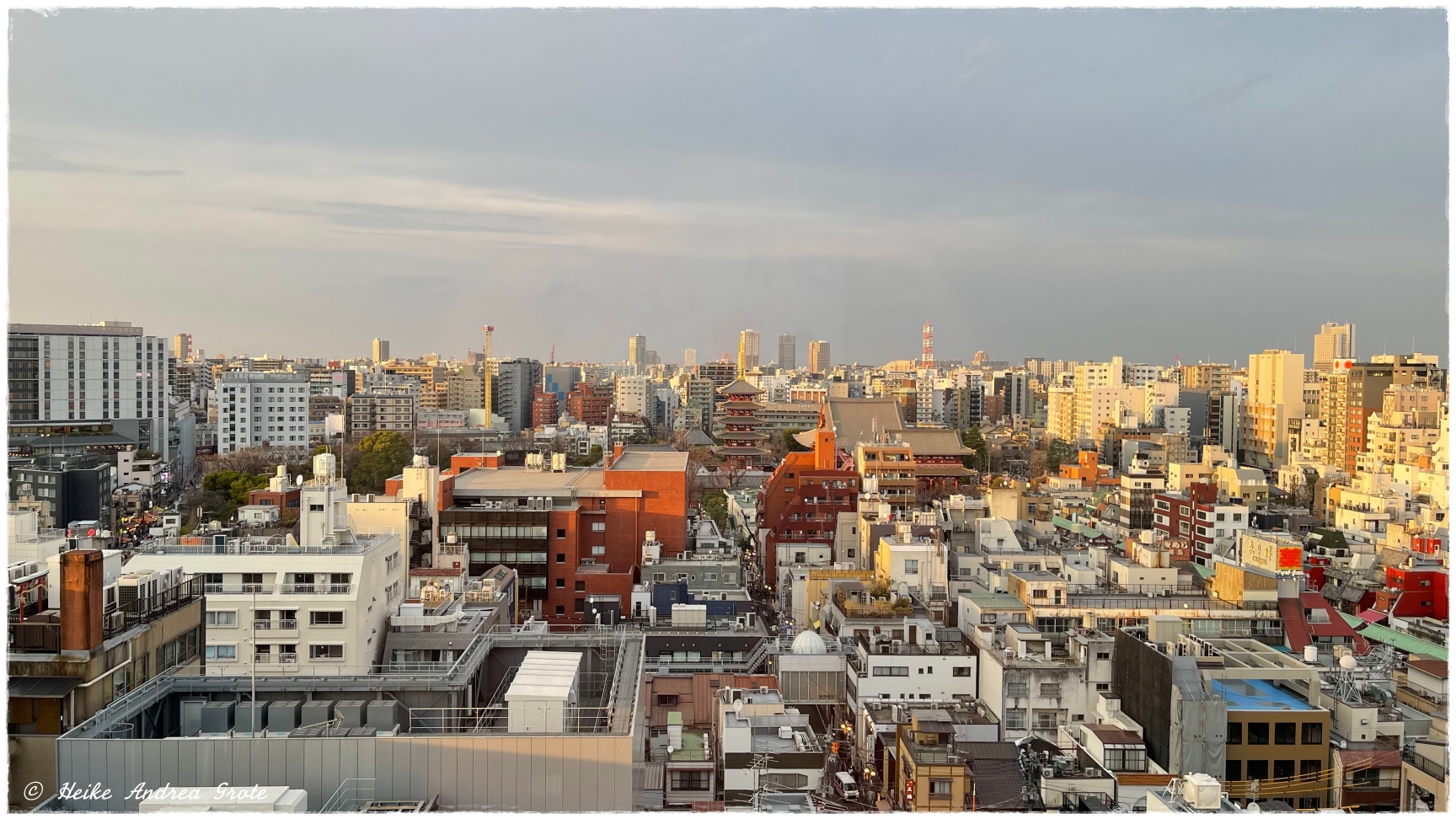
Tokyo’s 5 o’clock Chime
In most Tokyo neighbourhoods and towns across Japan, a chime will sound its eerie tune at precisely 5pm (or, depending on where you live, earlier).
Some regions change both the tune and time they are played as the seasons change, but most keep to one song, at the magic hour of 5 o’clock.
These sound systems are in place for emergency announcements and the daily ring is a way for both the government
and the people living and working in the area to confirm that everything is in order.
These are similar to siren tests in Germany for example at Saturday 12:00 p.m. (midday),
though in Japan it’s a daily occurrence rather than weekly due to the high risk of earthquakes and other natural disasters.
Also, because the tests occur so often, it’s thought better to have a nice melodic tune playing daily,
rather than an actual siren sound, which might alarm residents needlessly.
The melodies are mostly from children's songs or local town anthems depending in which area/town they are played.
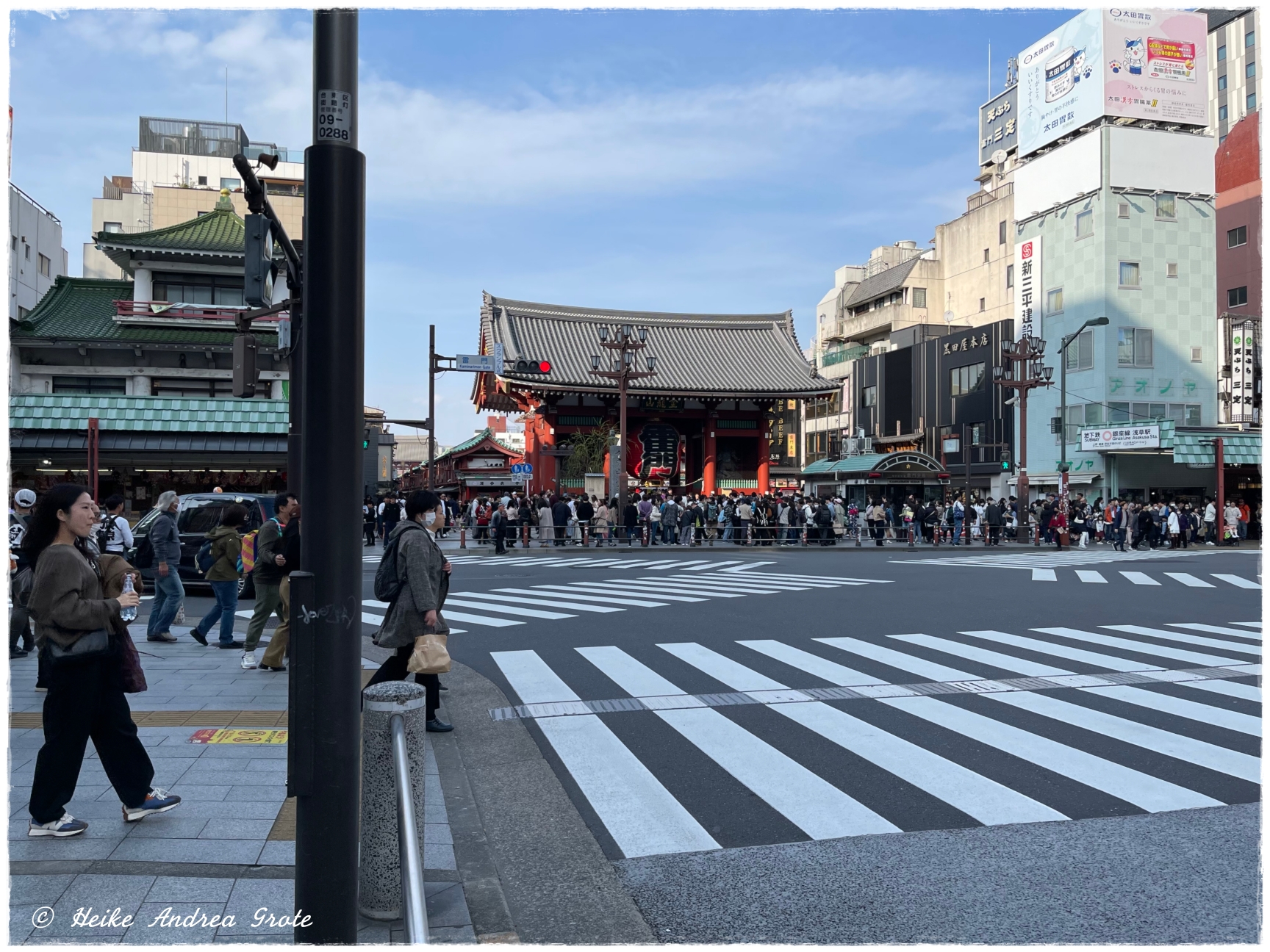
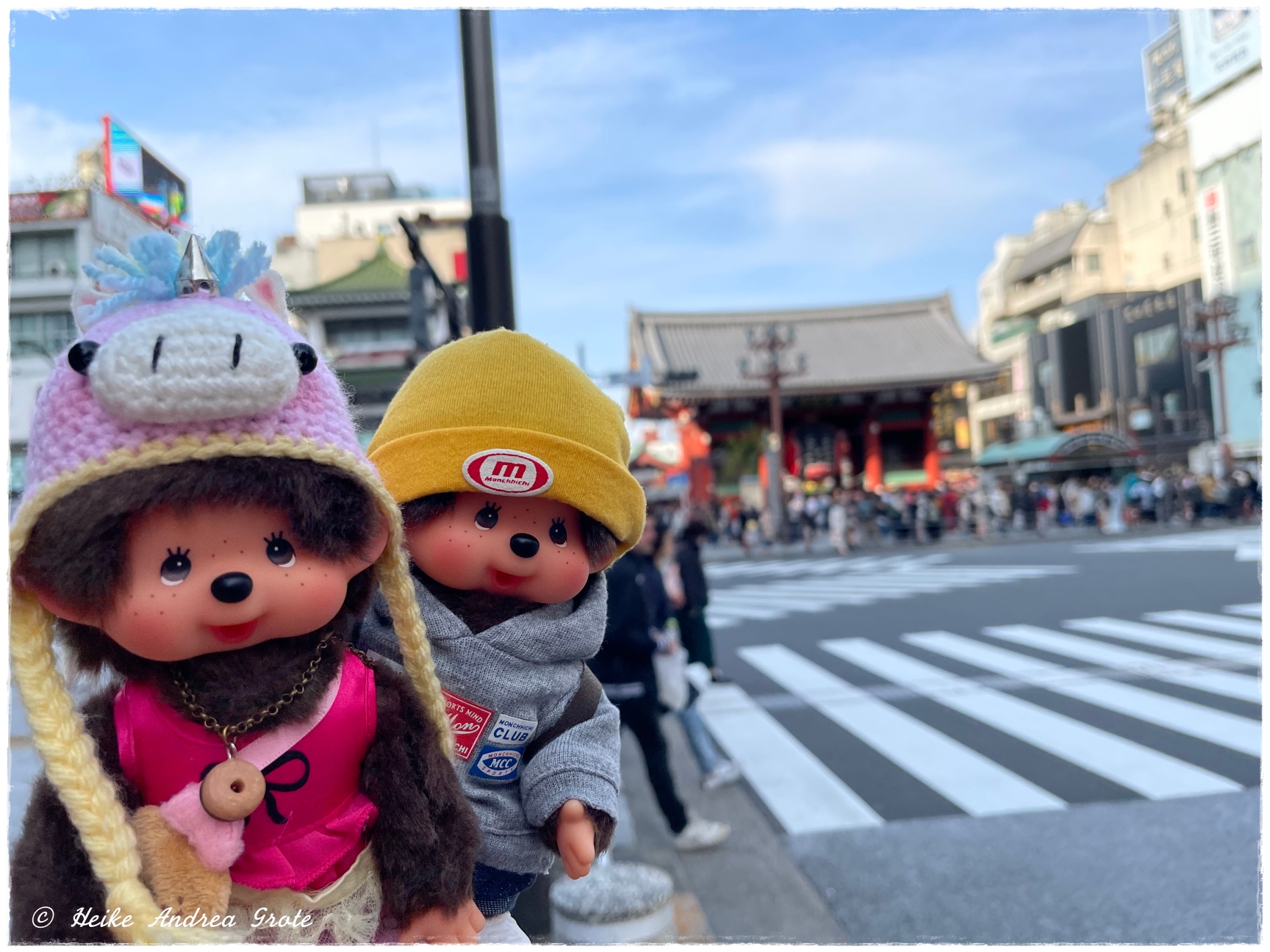
Monchhichi at Kaminarimon Gate.
Kaminarimon ("Thunder Gate“) is the outer of two large entrance gates that ultimately leads to the Sensō-ji temple in Asakusa, Tokyo, Japan.
The gate, with its lantern and statues, is popular with tourists.
It stands 11.7 m tall, 11.4 m wide and covers an area of 69.3 m2.
The first gate was built in 941, but the current gate dates from 1960, after the previous gate was destroyed in a fire in 1865.
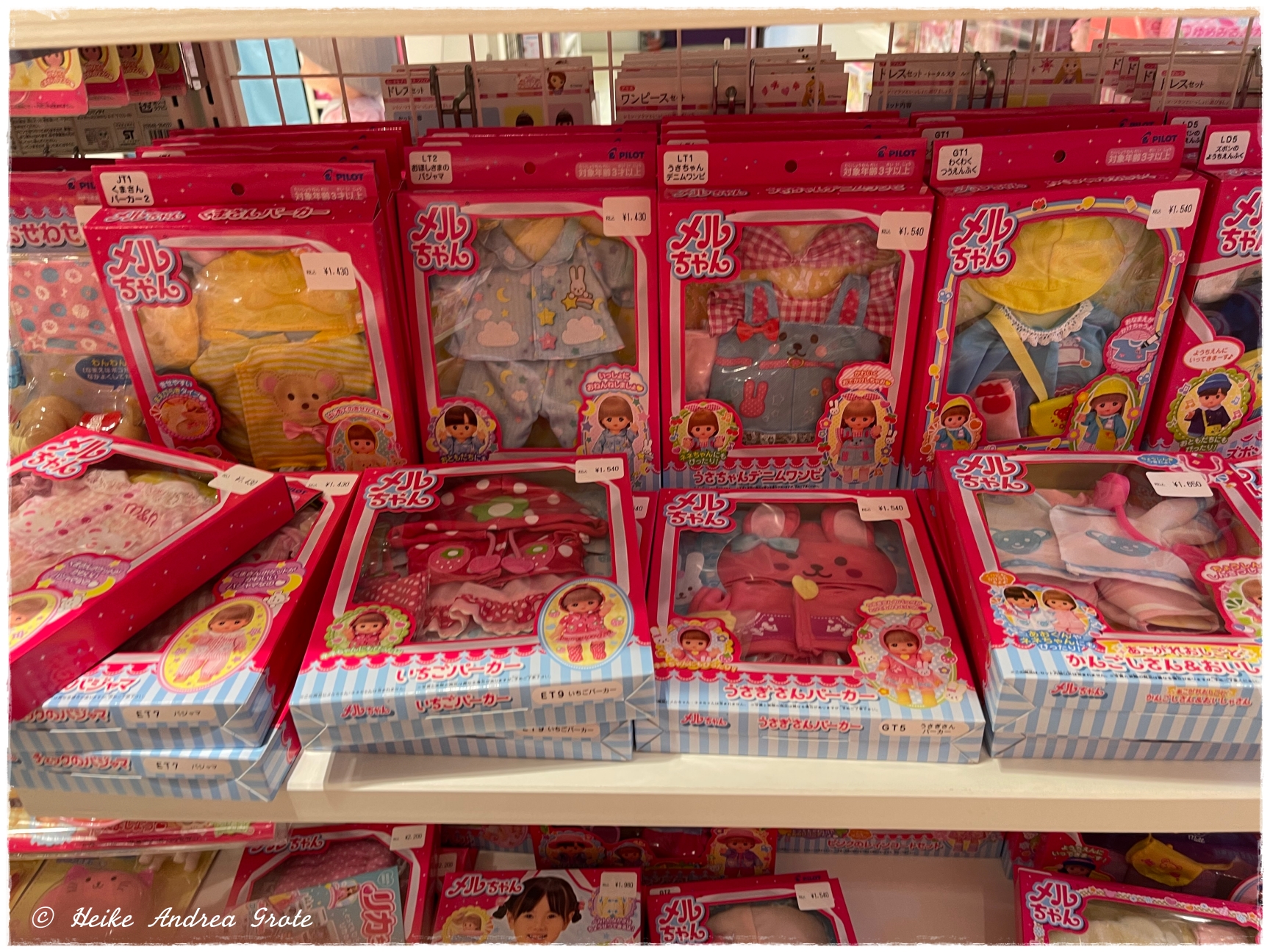
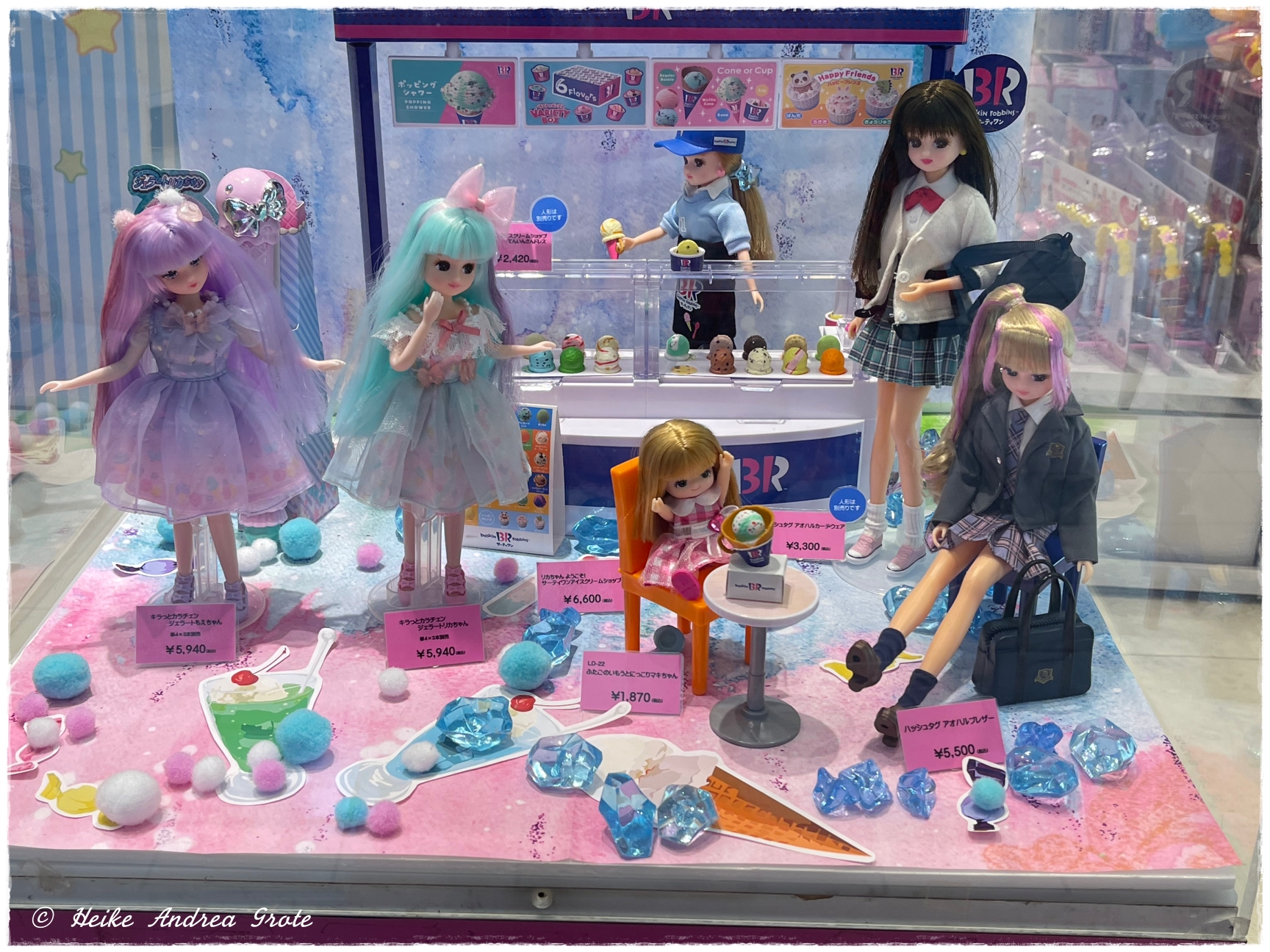
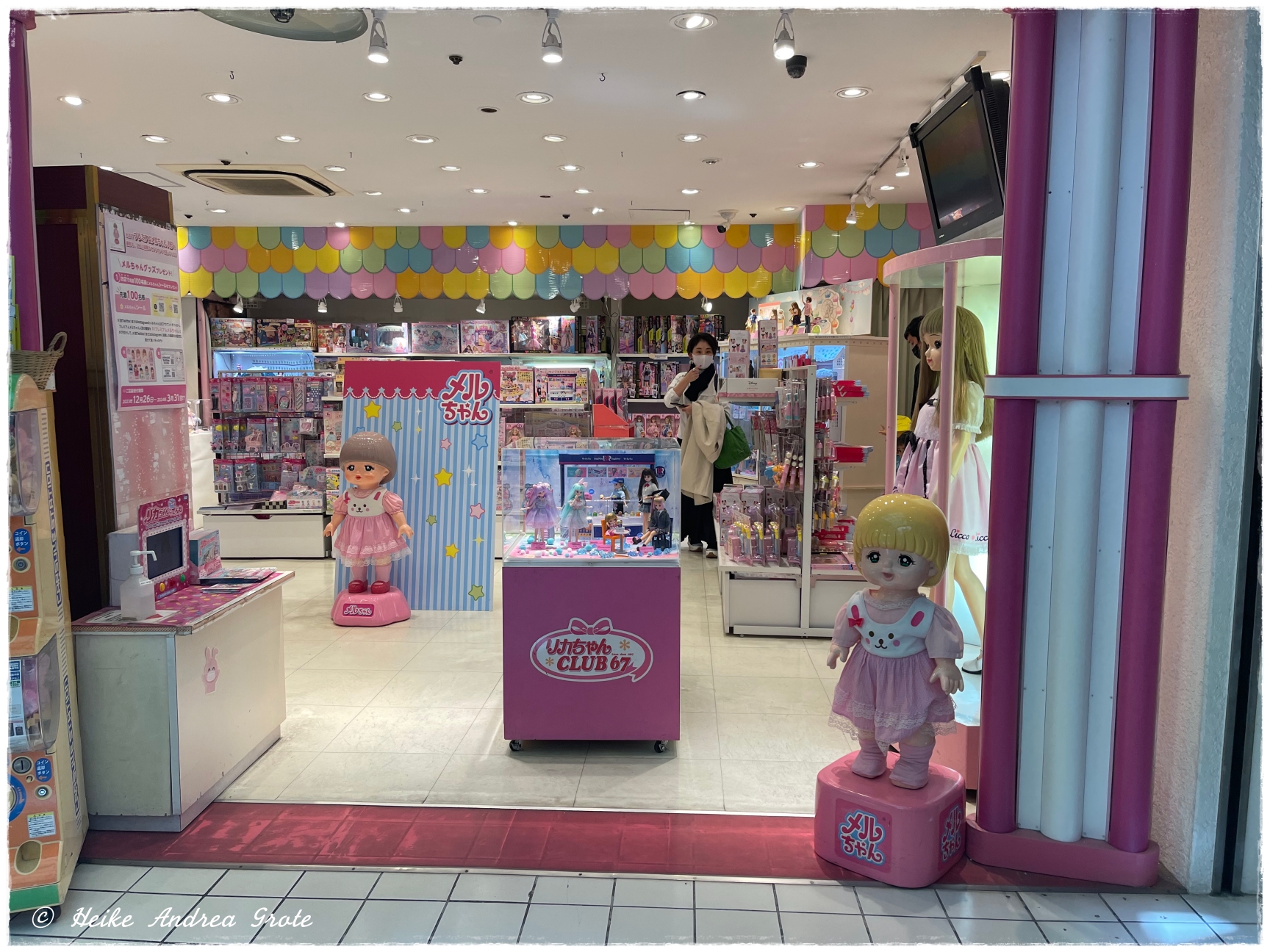
Entrance
of the Licca store at Hakuhinkan Toypark at Ginza in
Tokyo. 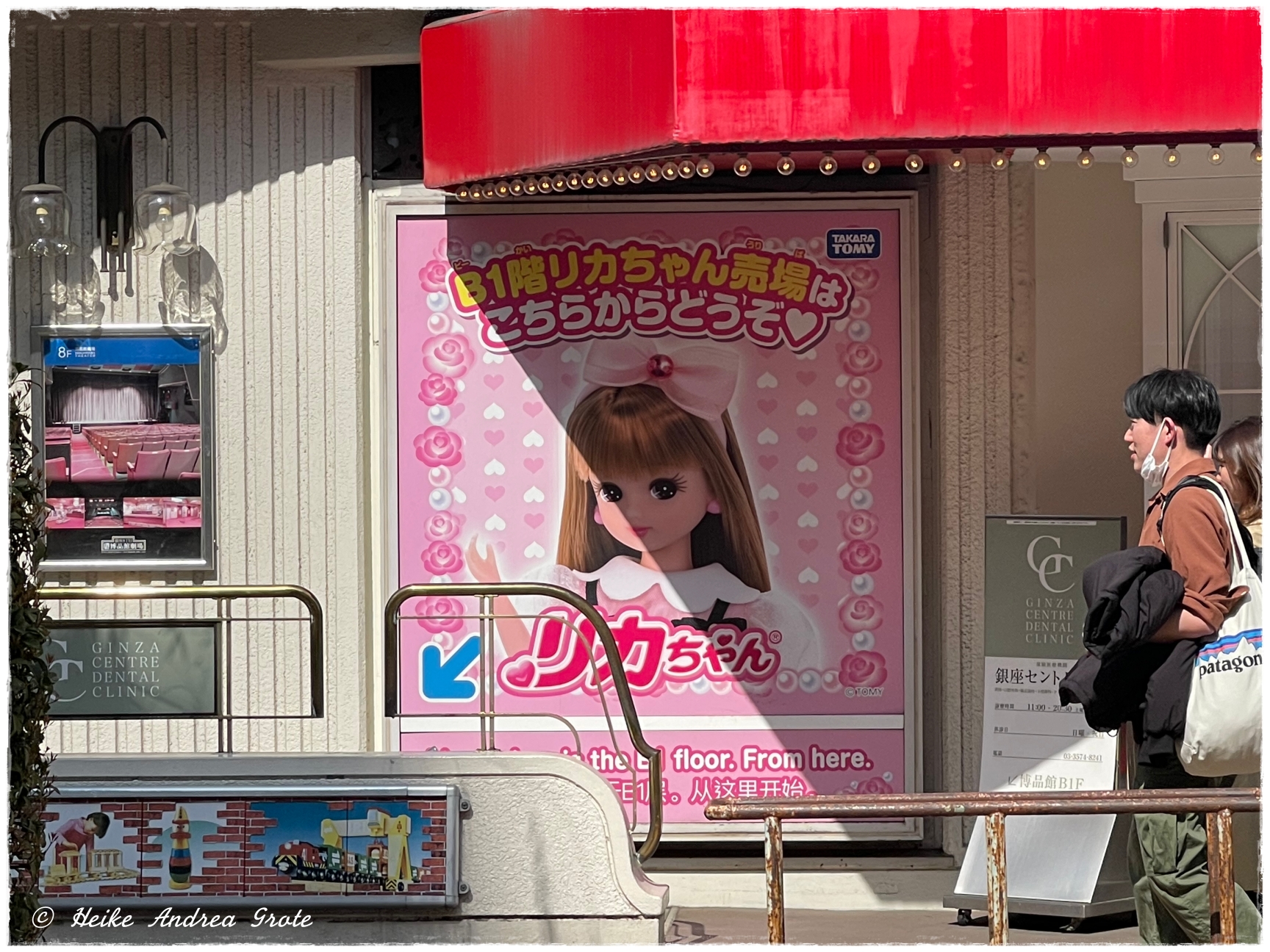
Licca
store at Hakuhinkan Toypark at Ginza in Tokyo. 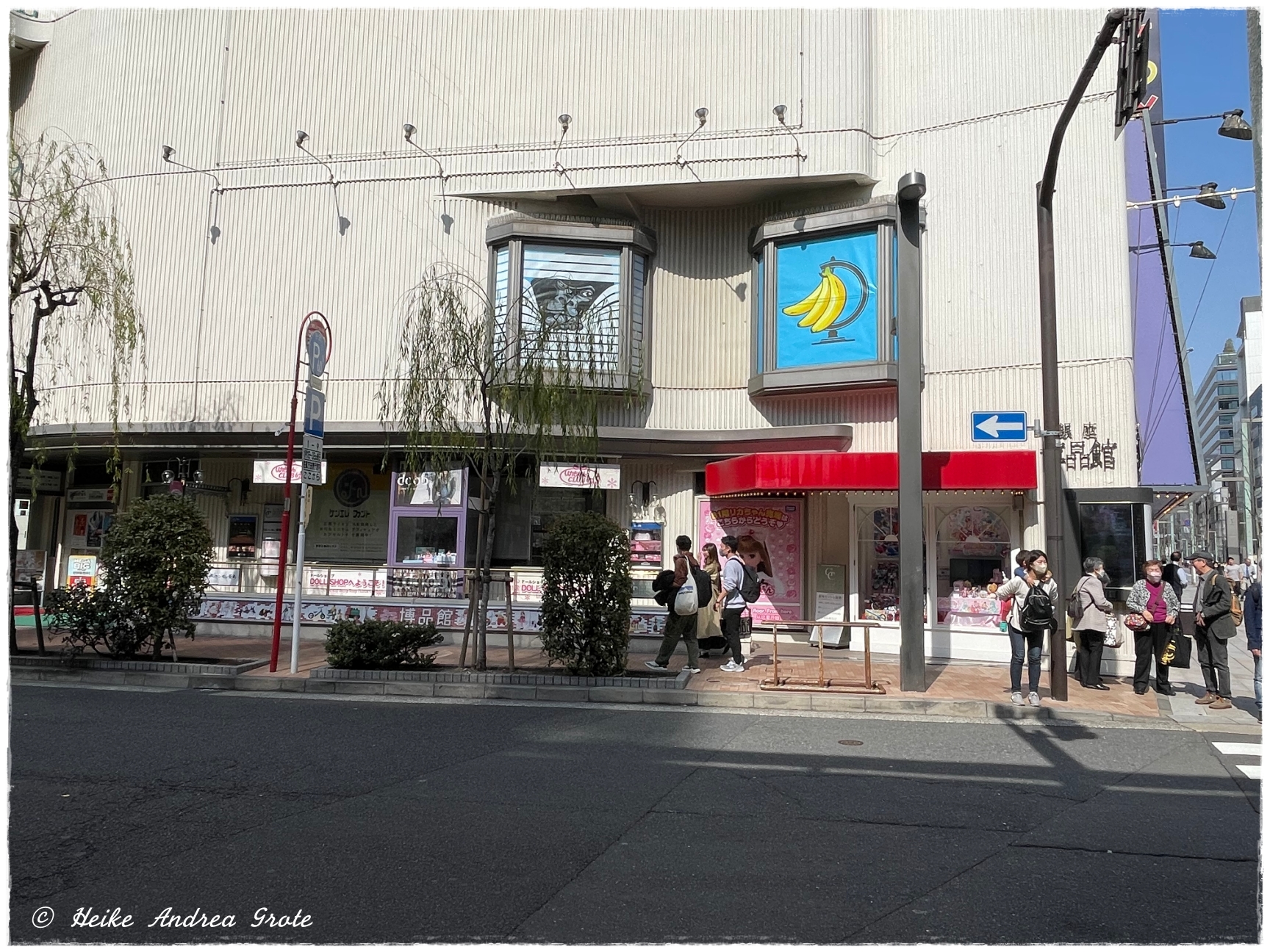
Licca store at Hakuhinkan Toypark at Ginza in Tokyo.
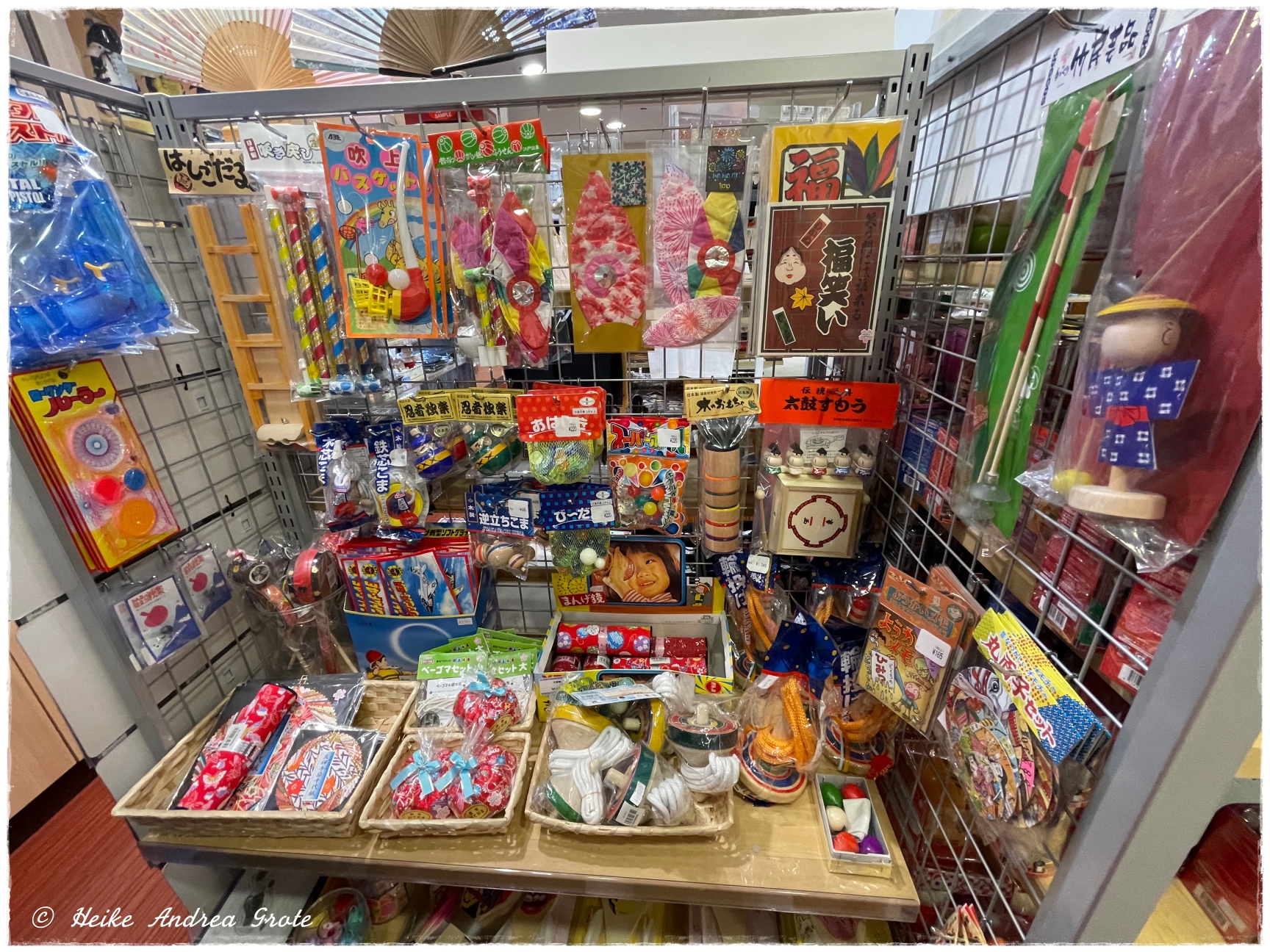
Japanese vintage traditional toys Hakuhinkan Toypark at Ginza in Tokyo.
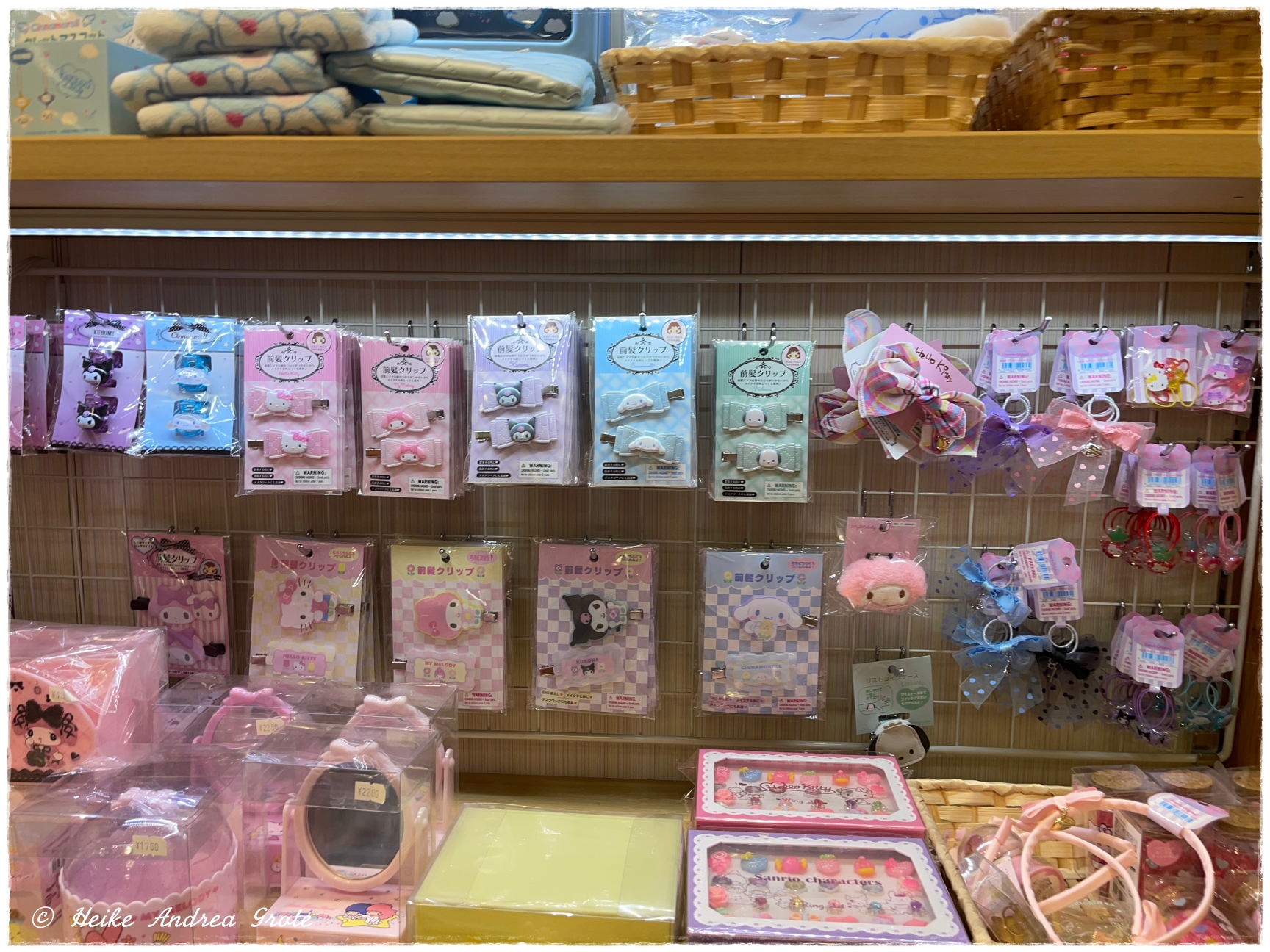
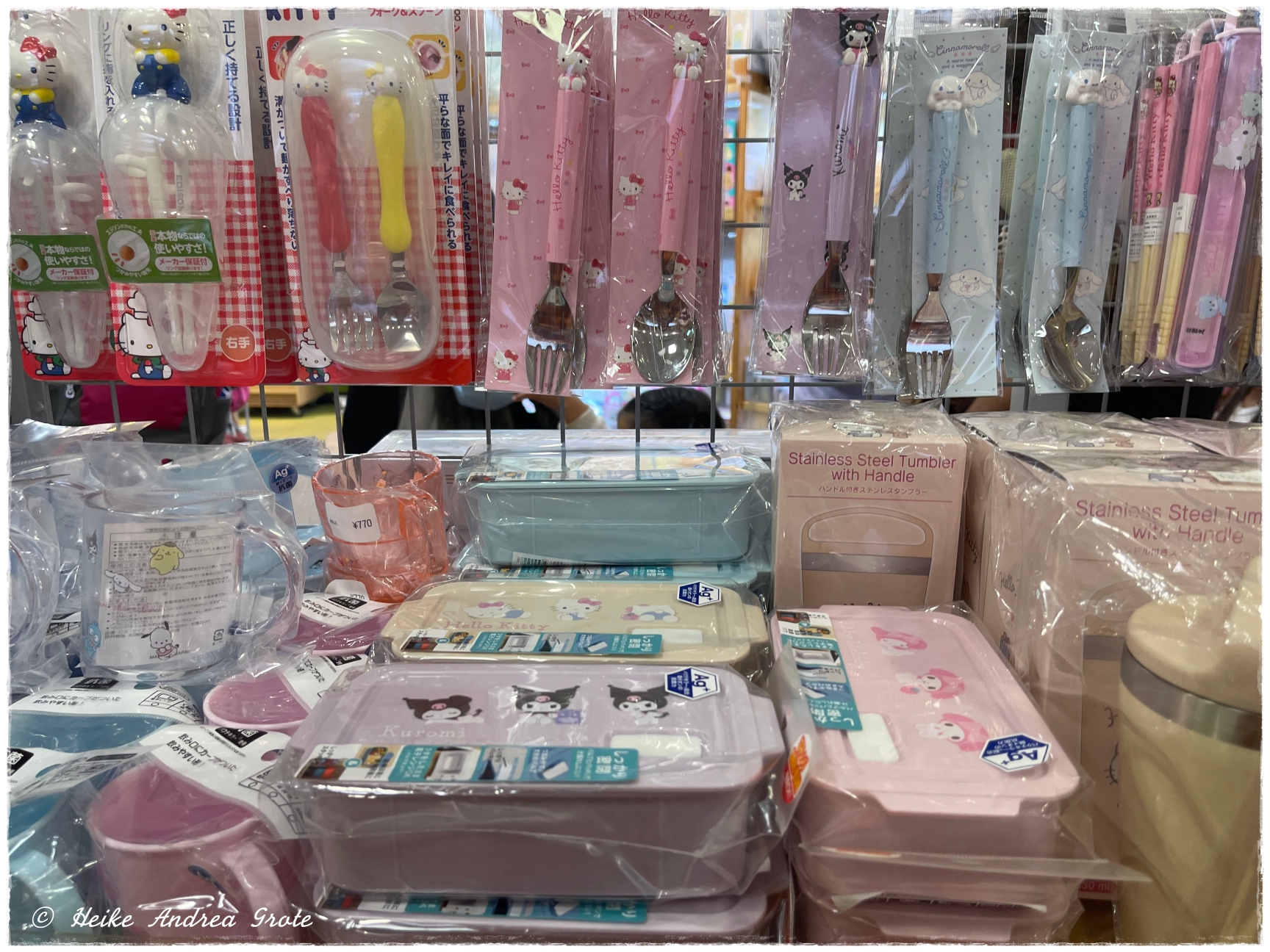
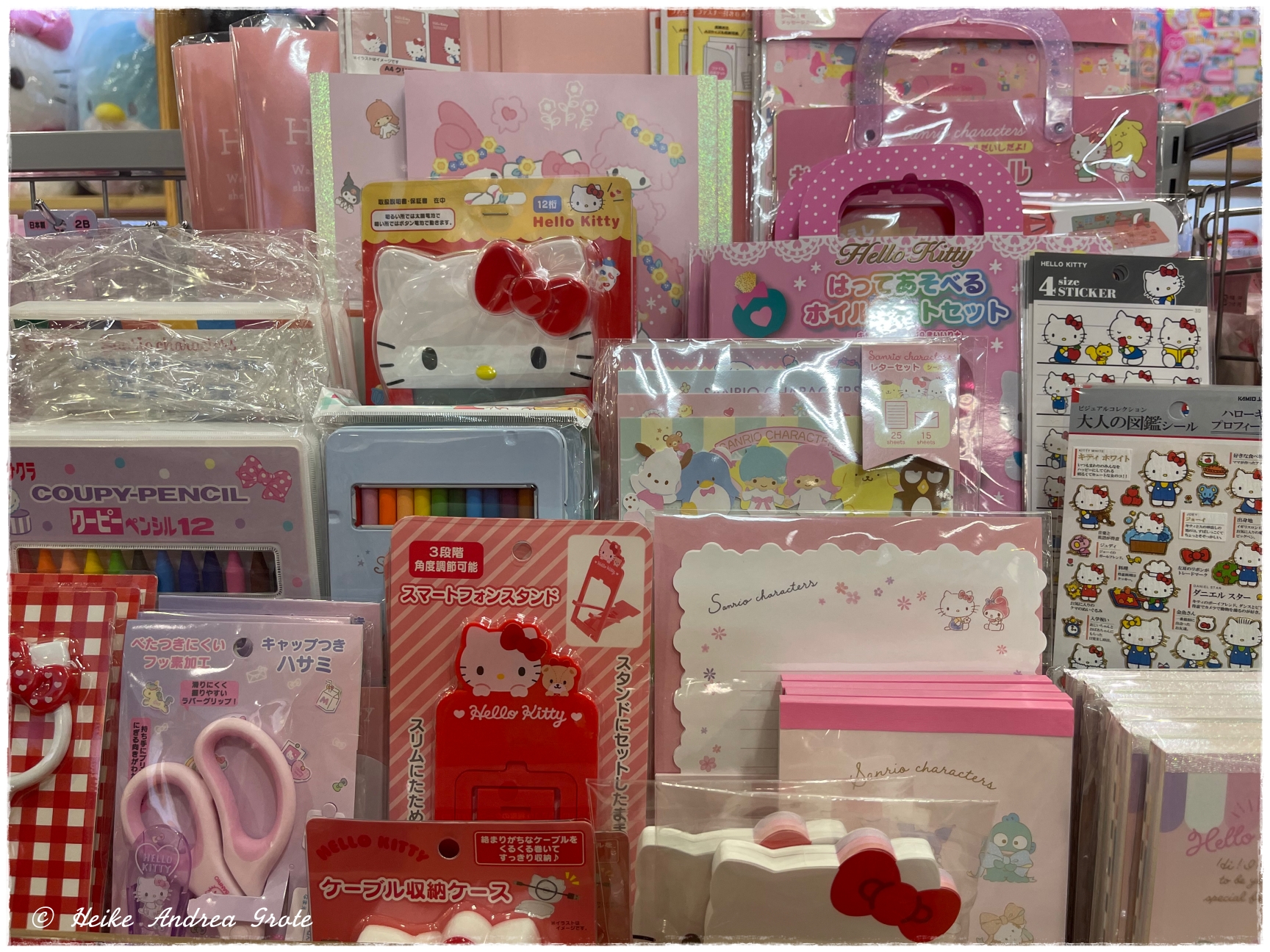
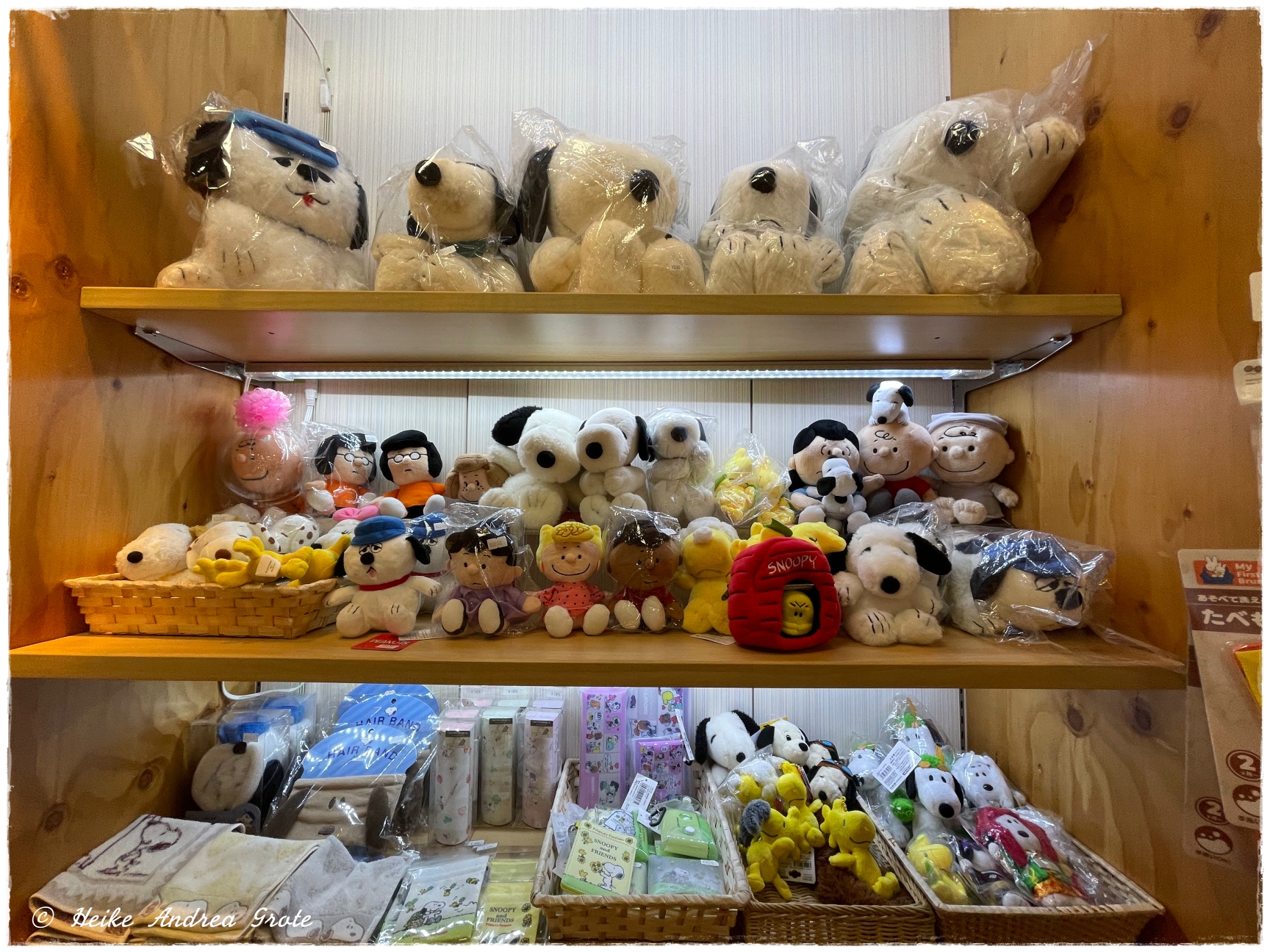
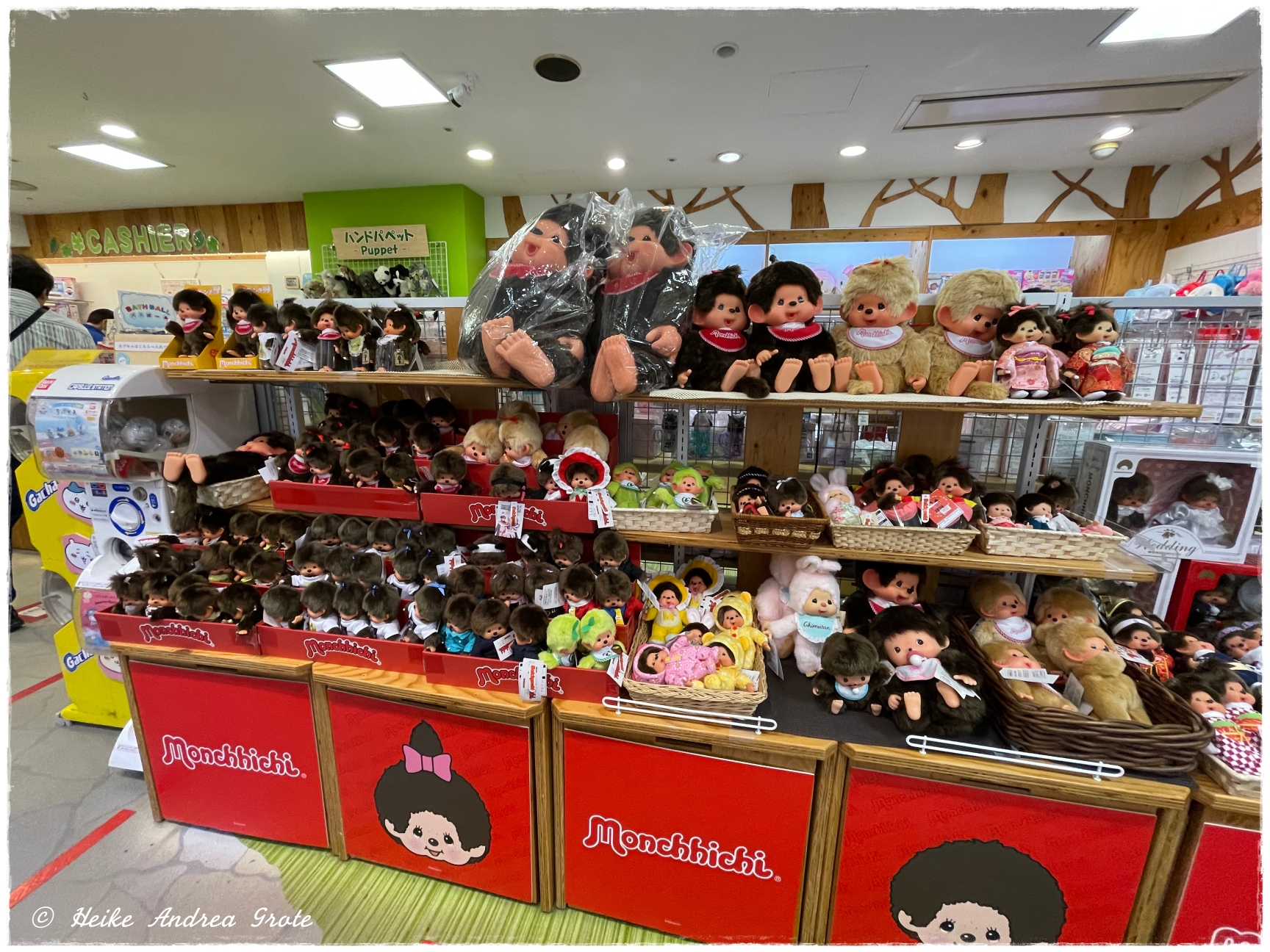
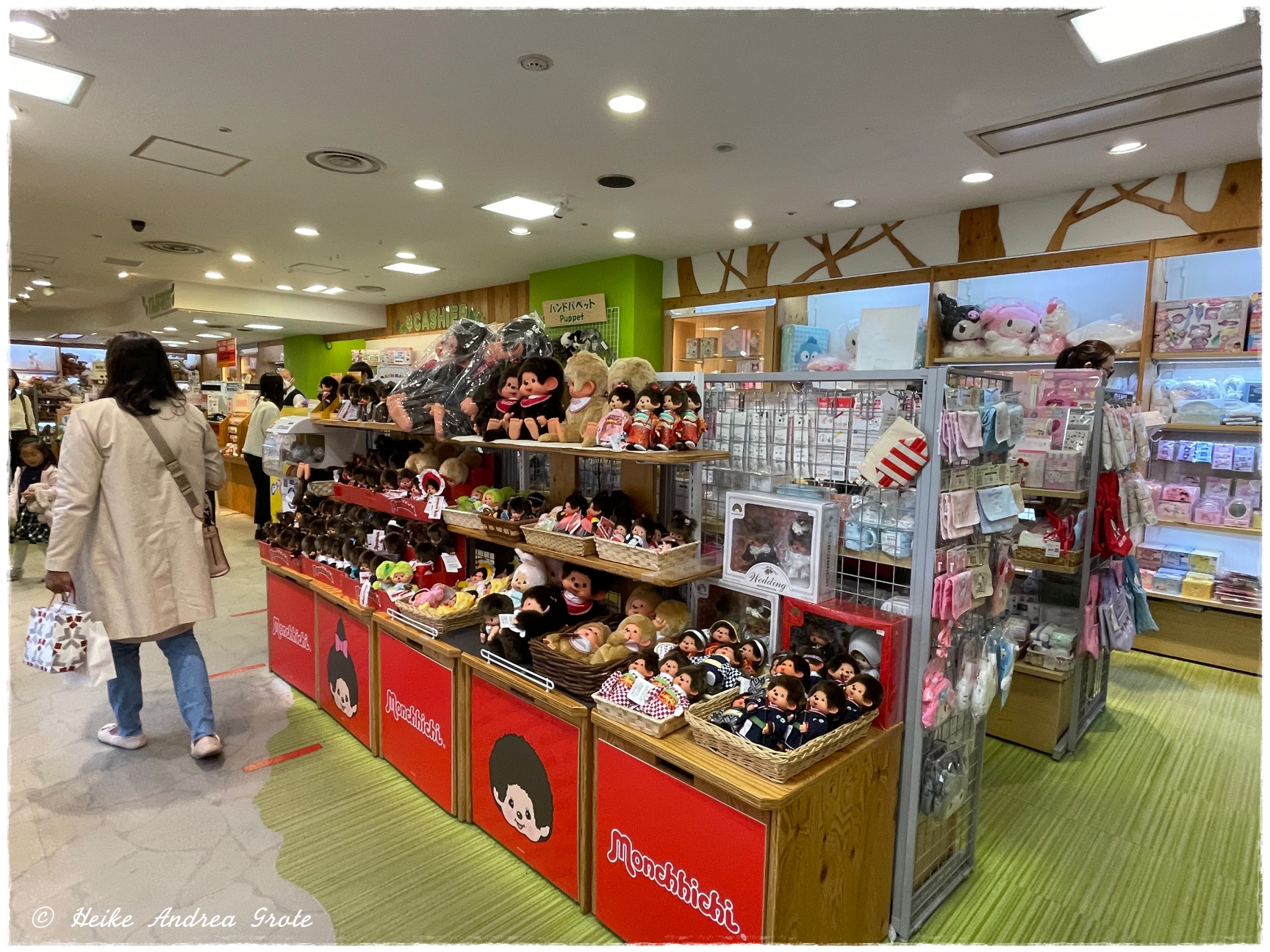
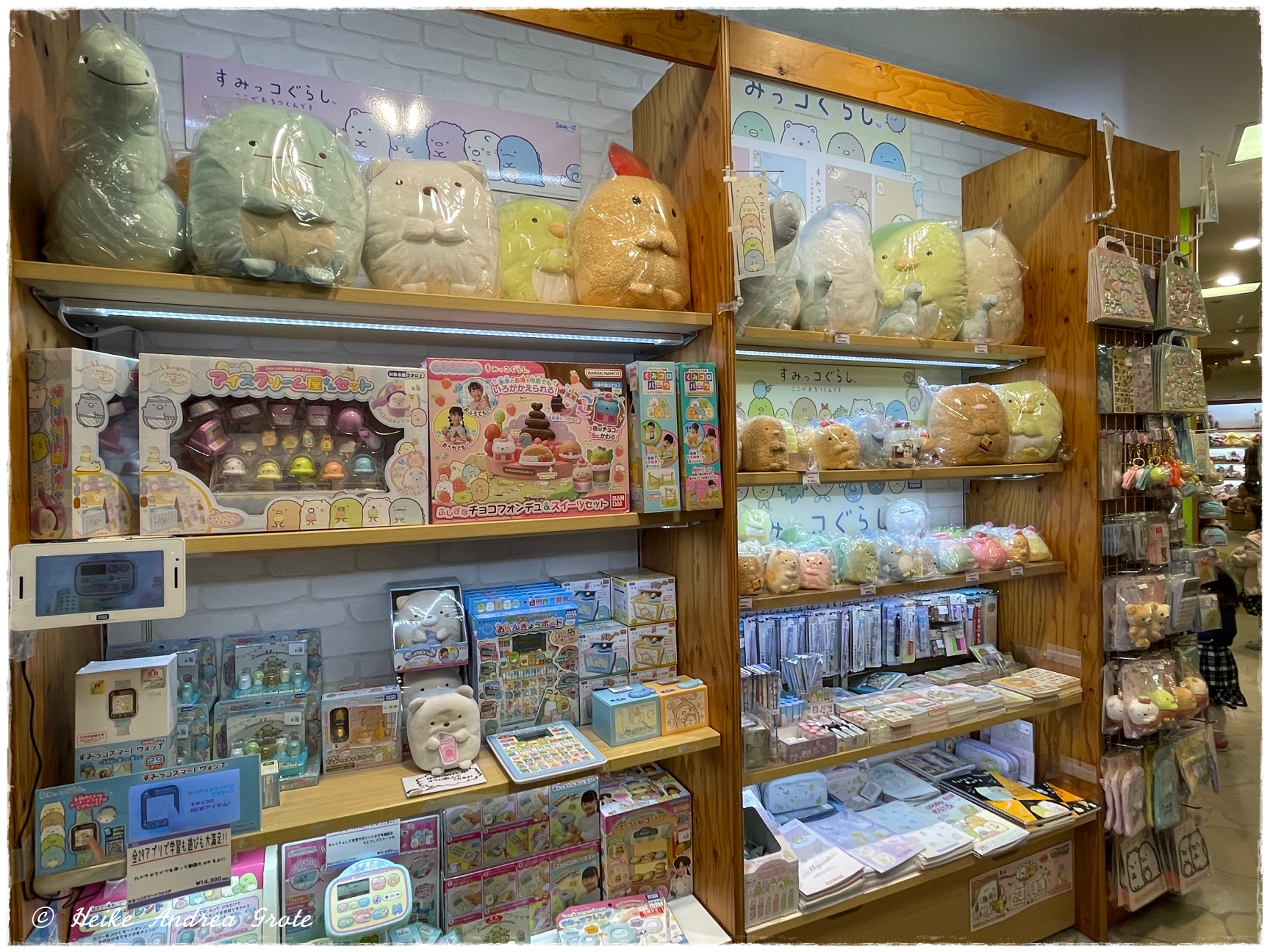
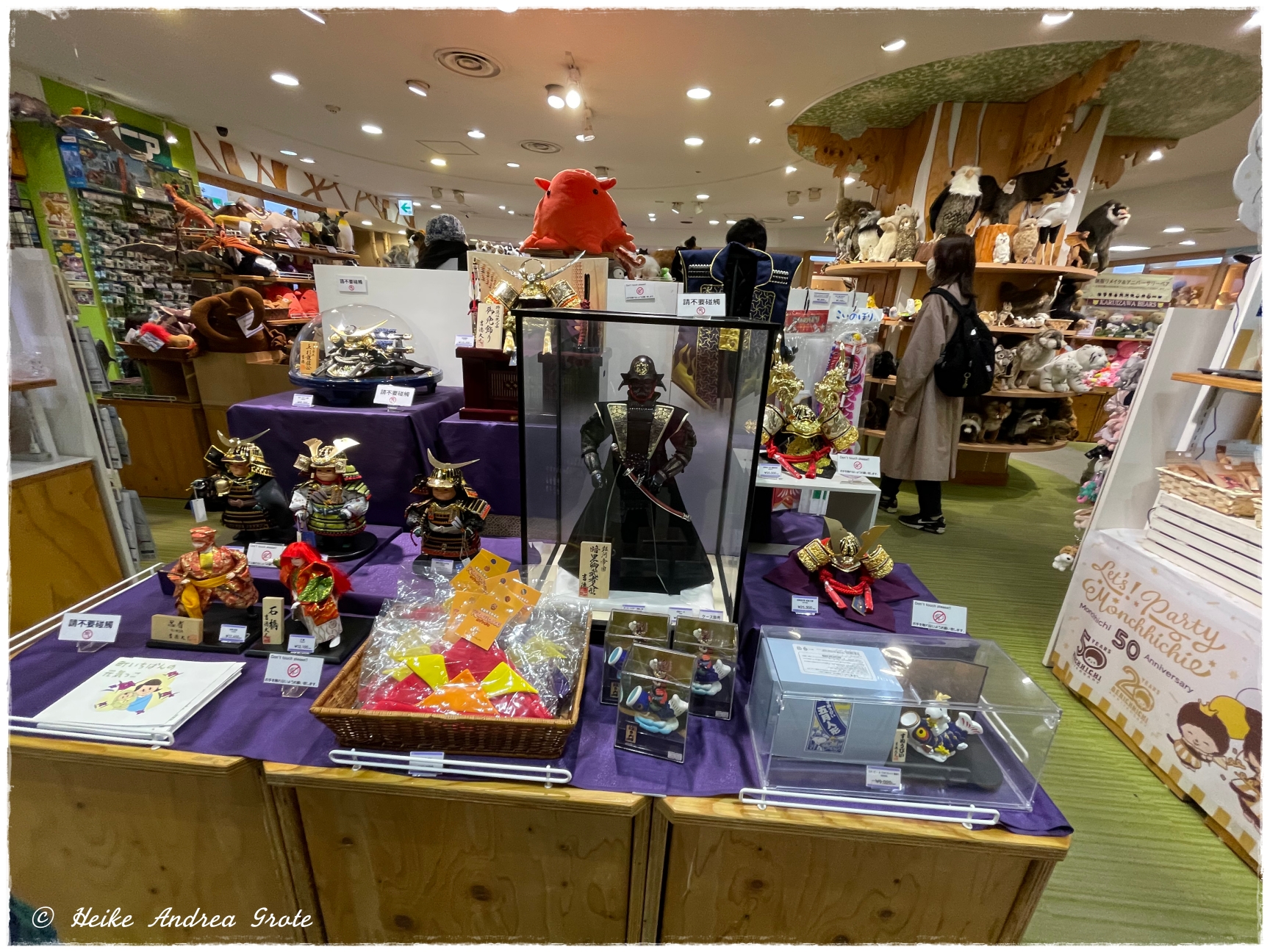
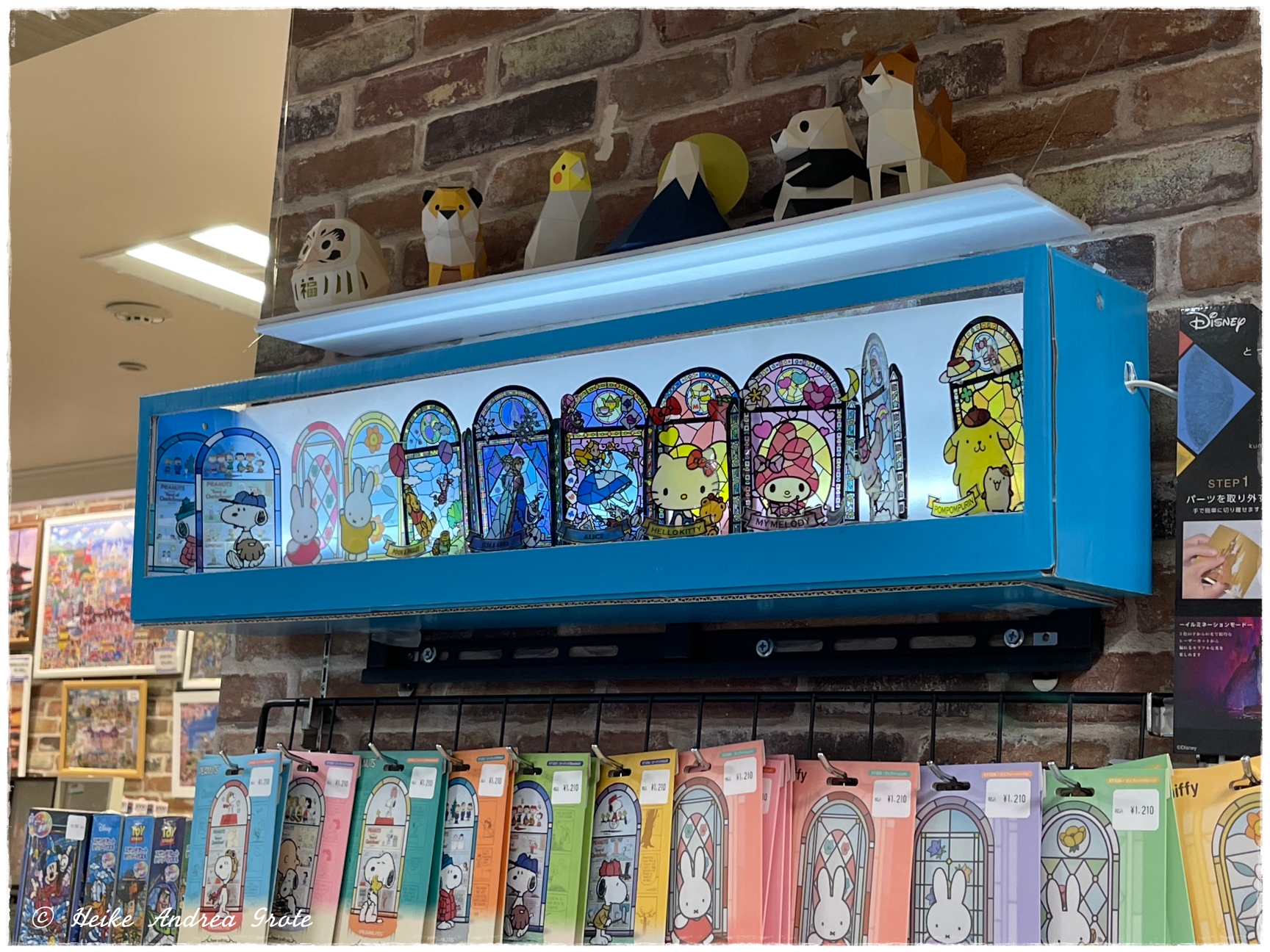
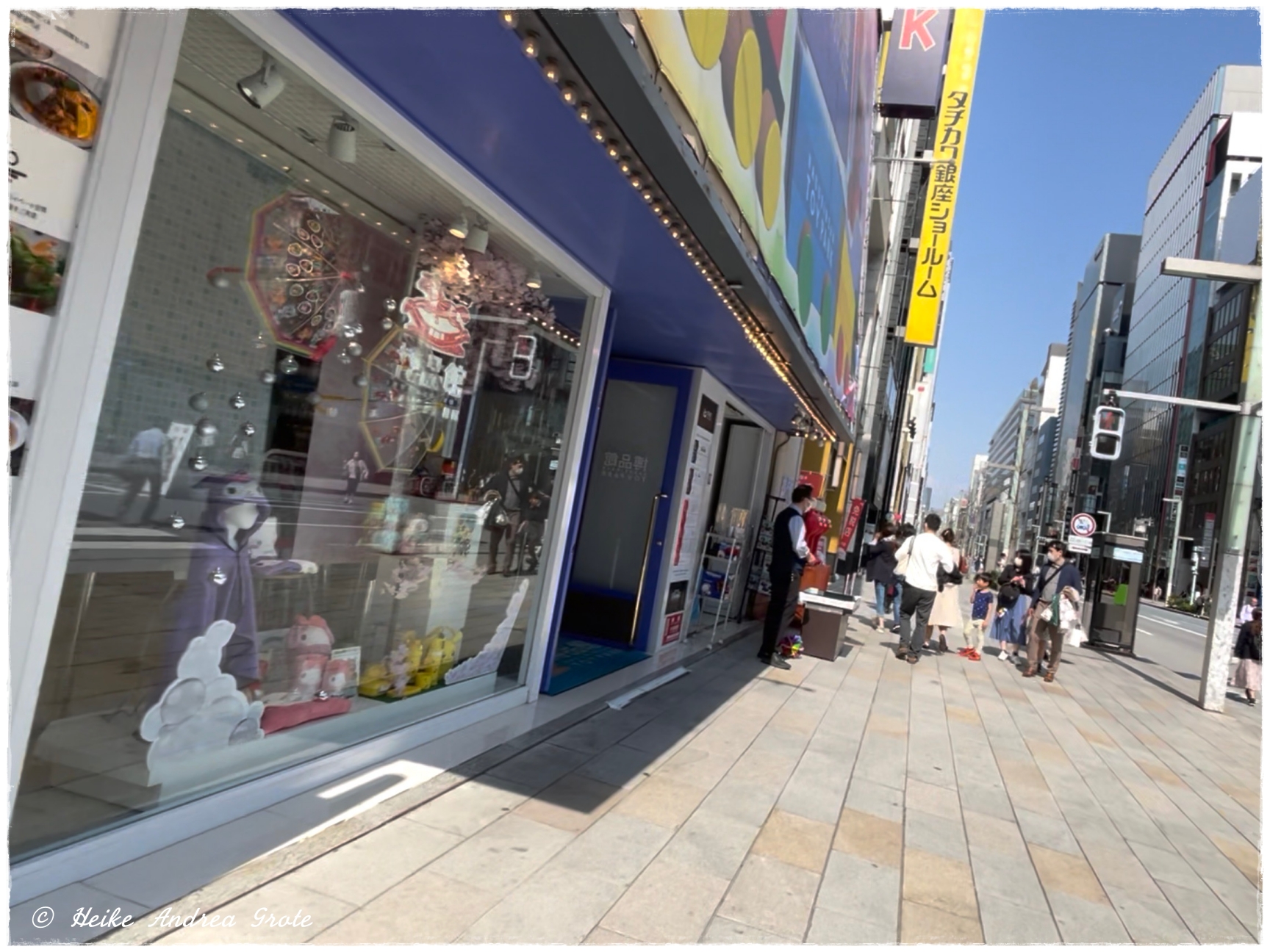
Hakuhinkan Toypark at Ginza in Tokyo.
Hakuhinkan Toypark is one of the biggest toy stores in Tokyo.
It is located at Ginza and has about 200,000 items of toys, stuffed toys, games, figures, Japanese goods, character goods of Japanese origin, etc. in the space from the basement to the 4th floor.
The toy park accommodates Hakuhinkan RACING PARK, a slot car circuit where minicars can run
and a separate Licca store in the basement.
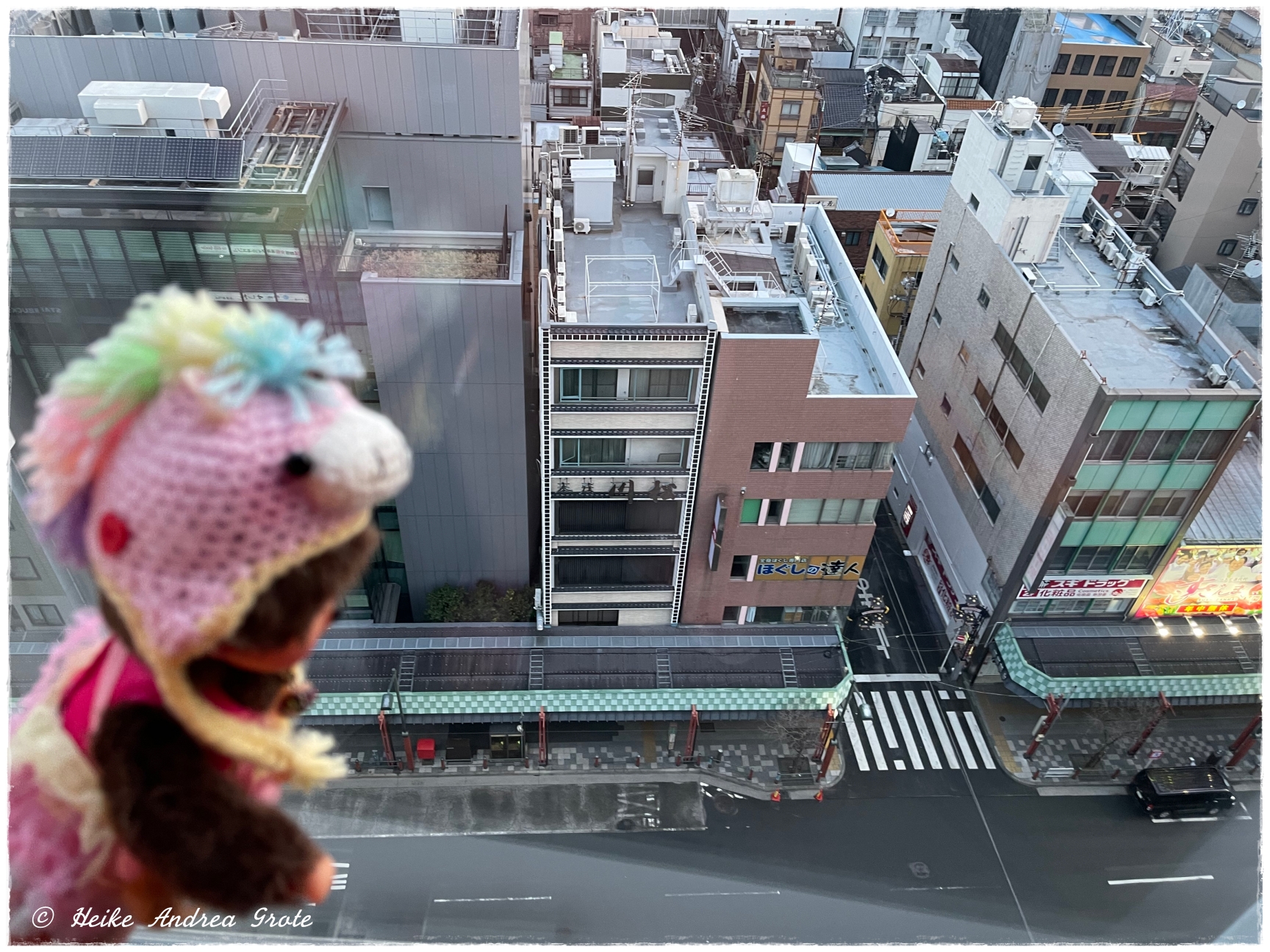
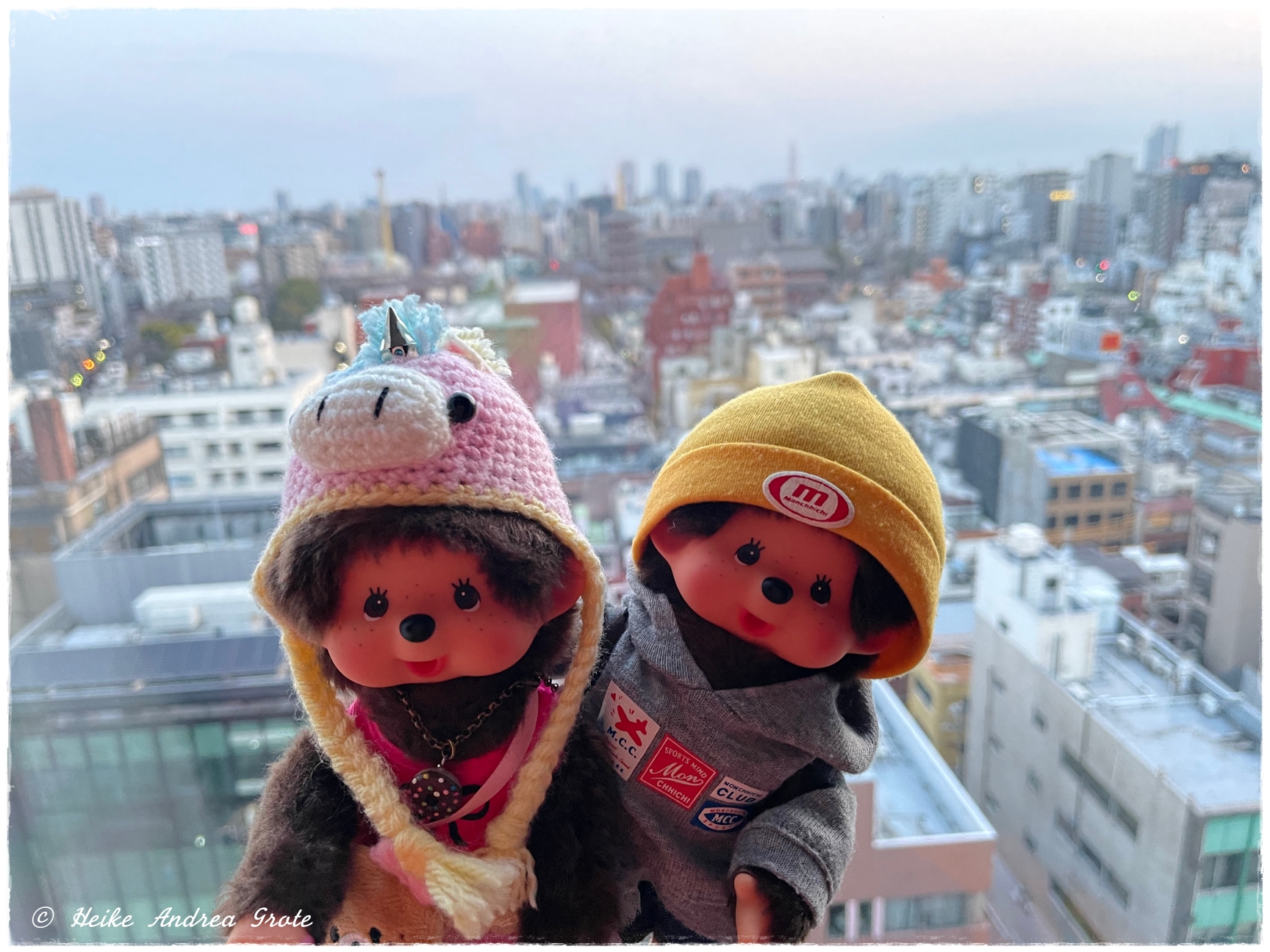
A new Morning in Asakusa
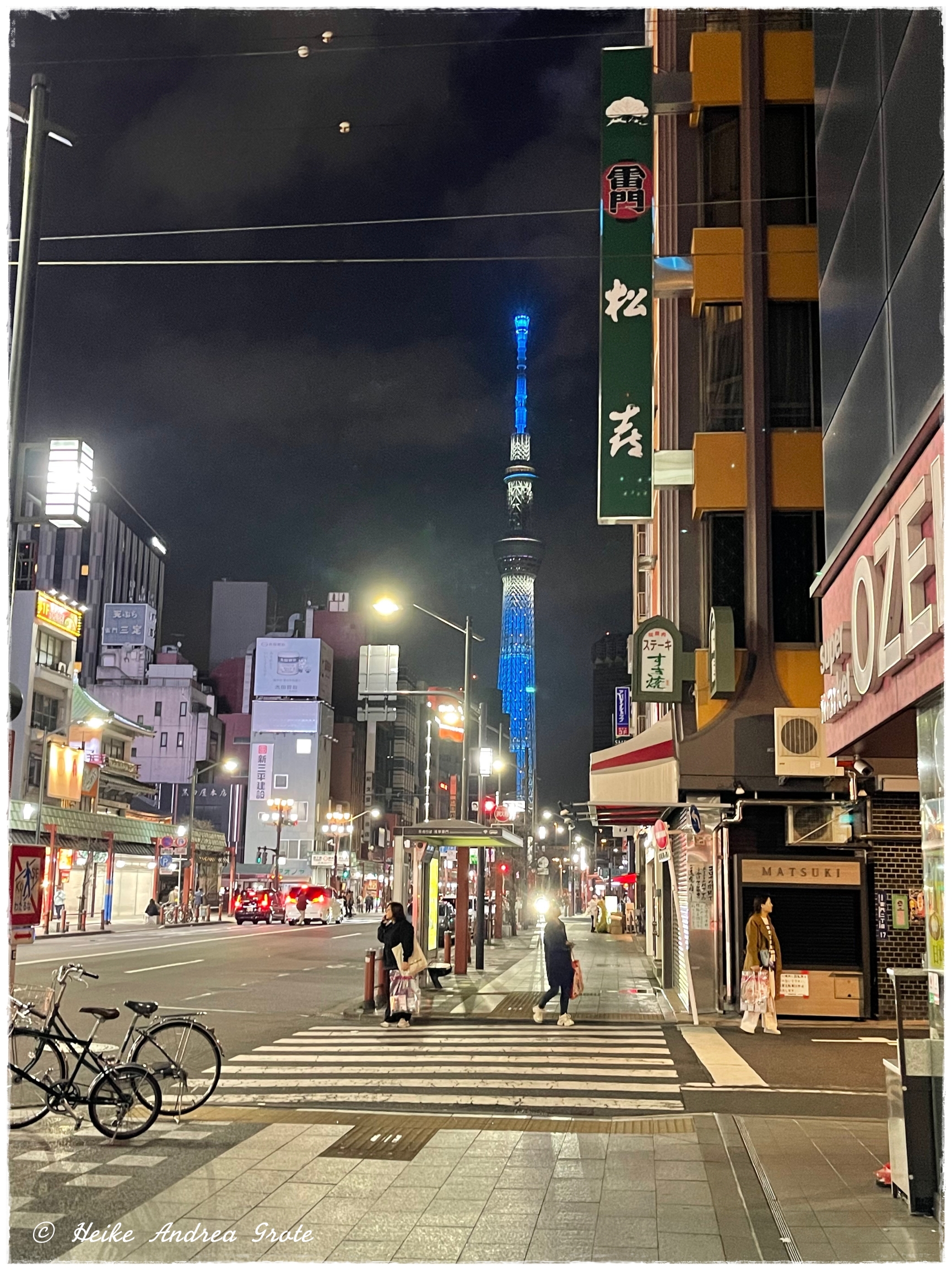
Skytree. Night Walk in Asakusa, Tokyo.
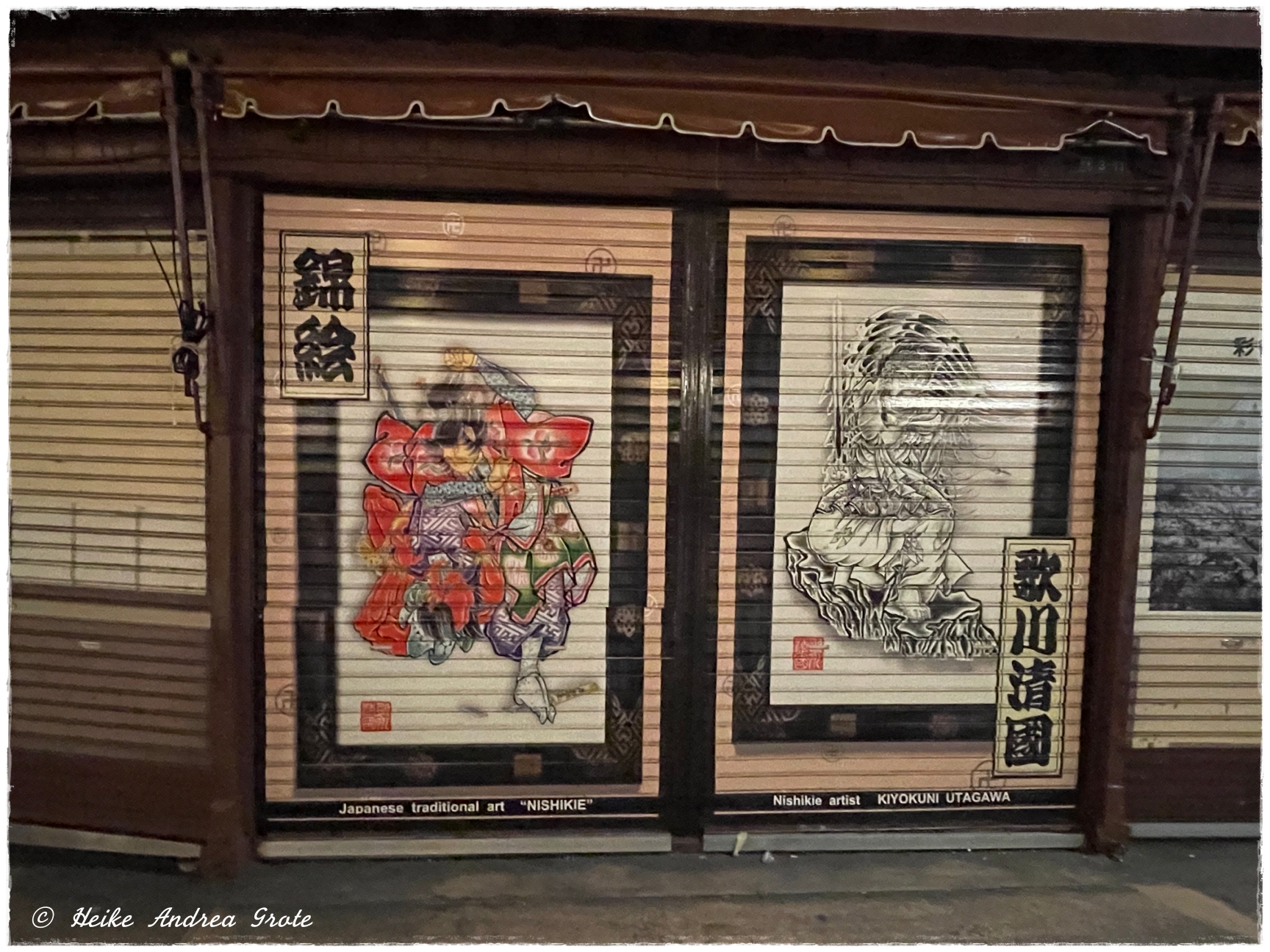
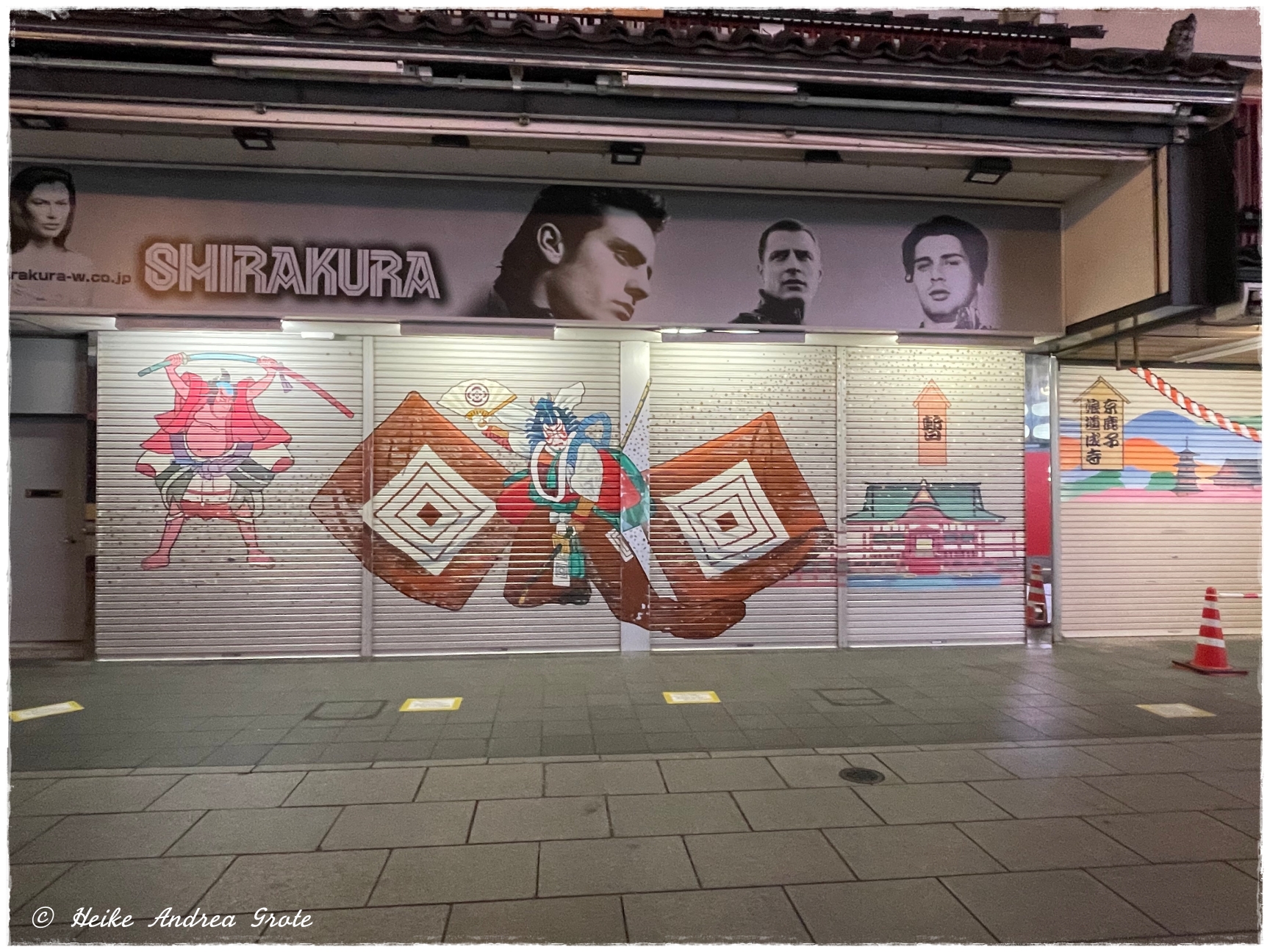
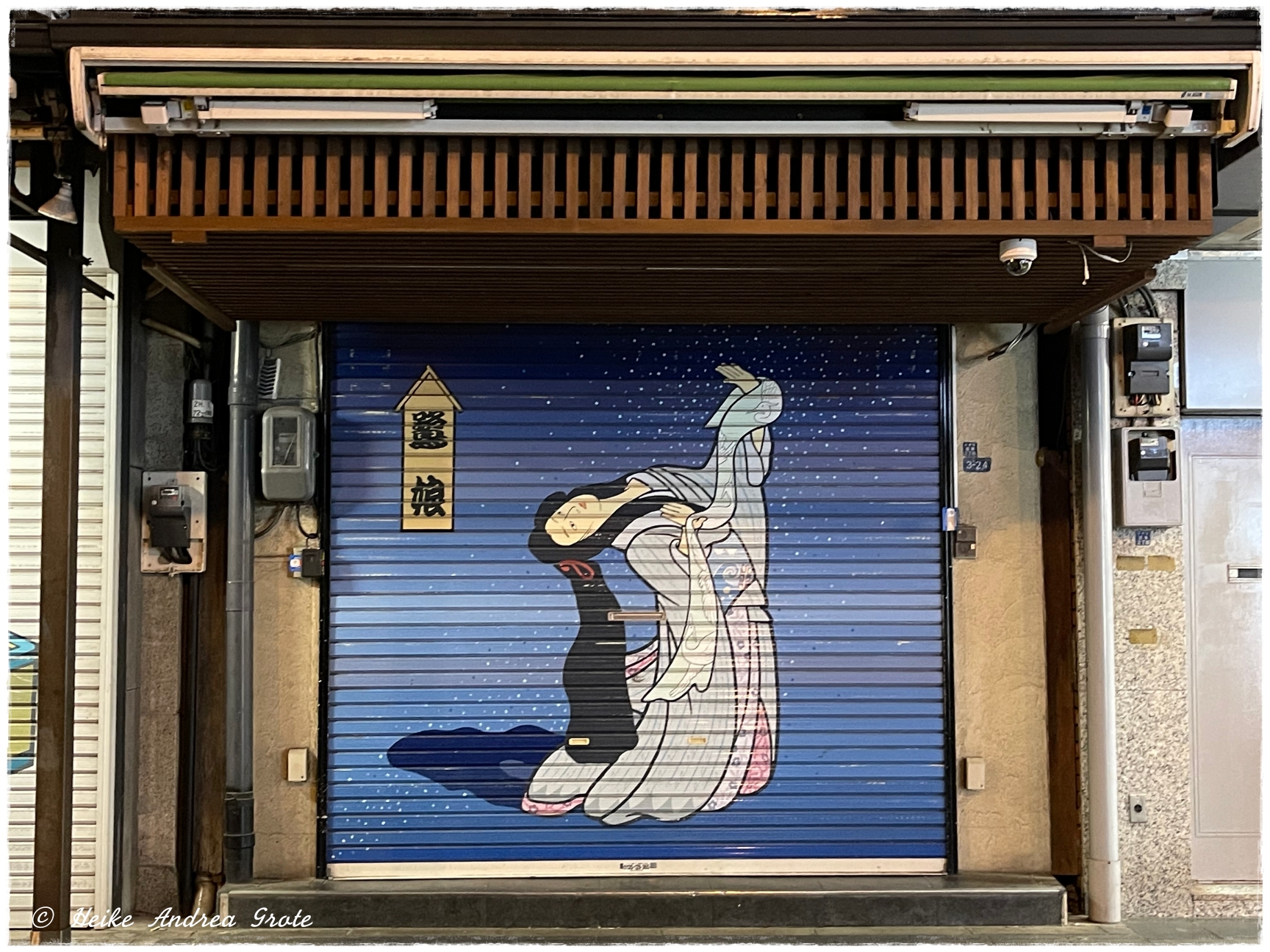
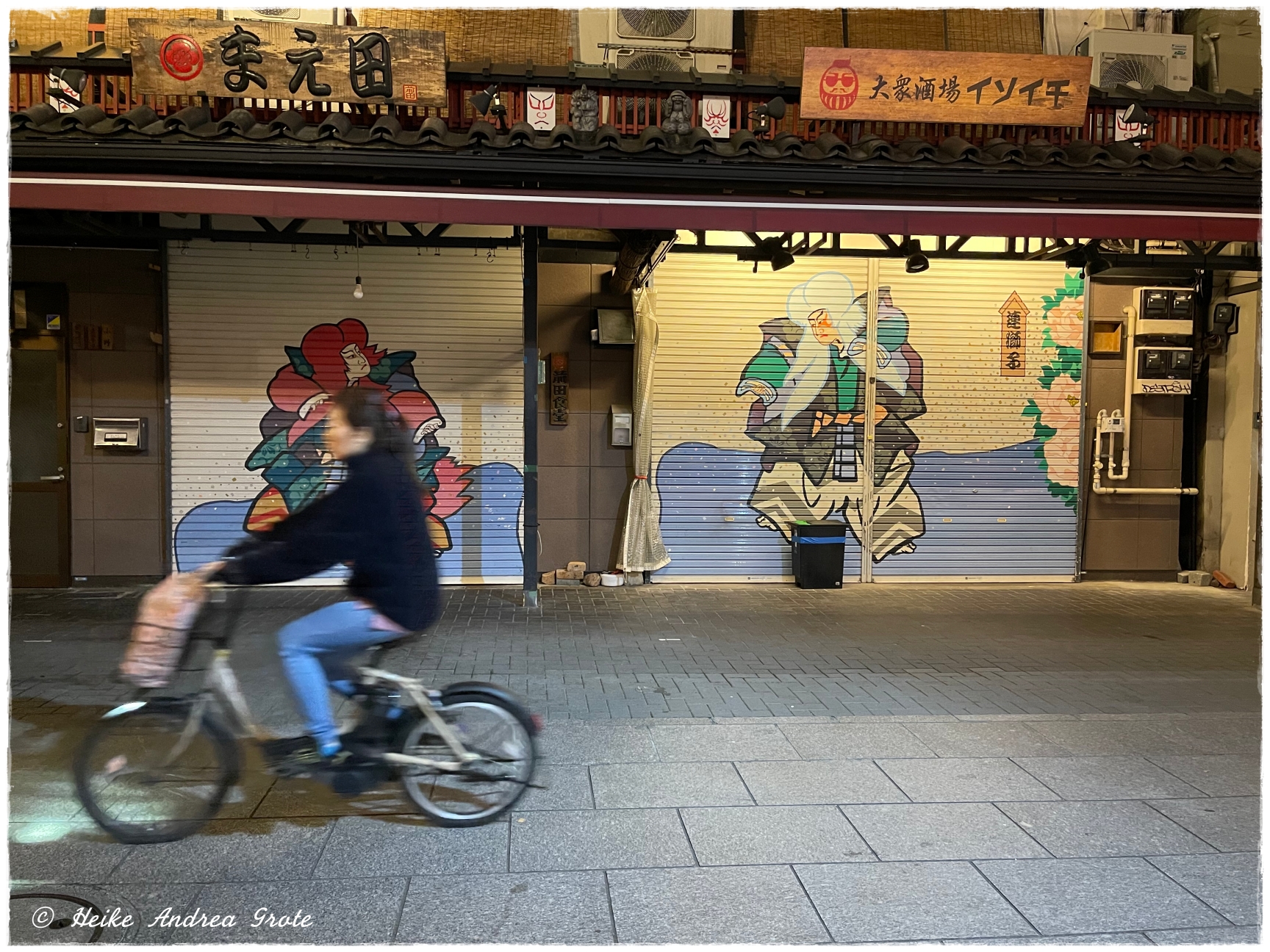
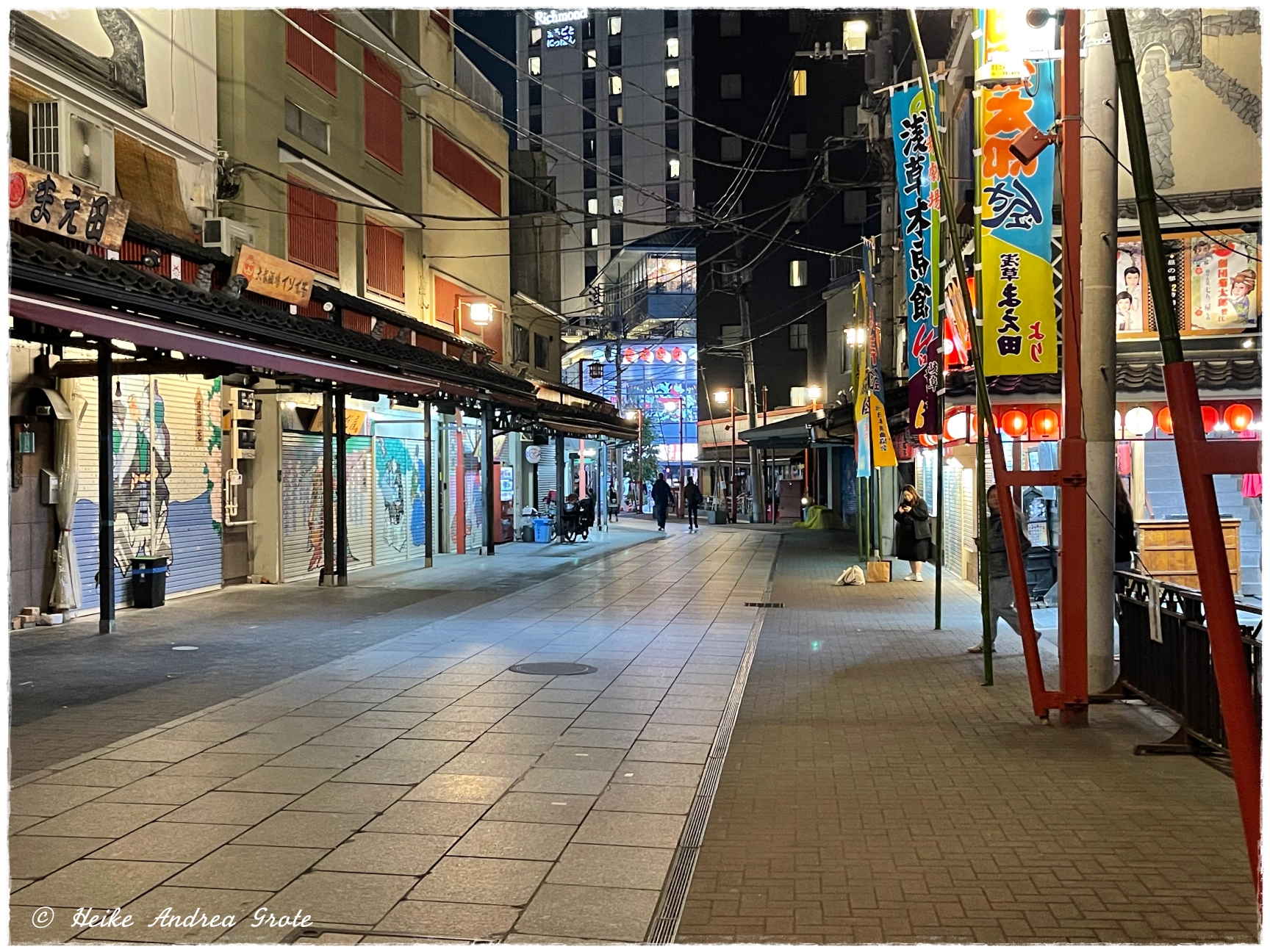
Painted Roller Shutters. Night Walk in Asakusa, Tokyo.
All the roller shutters were wonderfully painted with ancient motifs.
I tried to catch those paintings in the photos. The old streets of Asakusa had a great atmosphere.
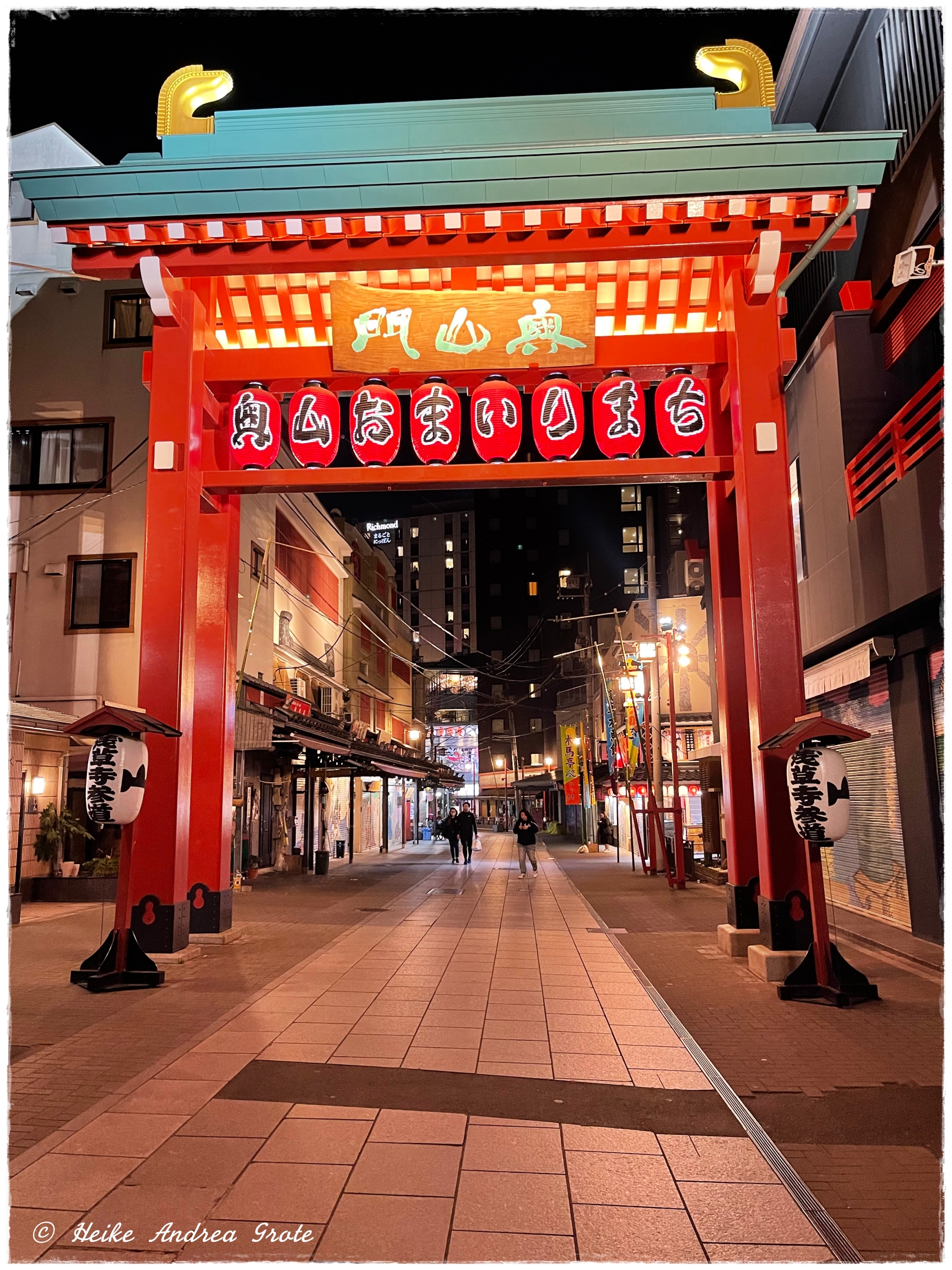
Night Walk in Asakusa, Tokyo.
The old streets of Asakusa had a great atmosphere.
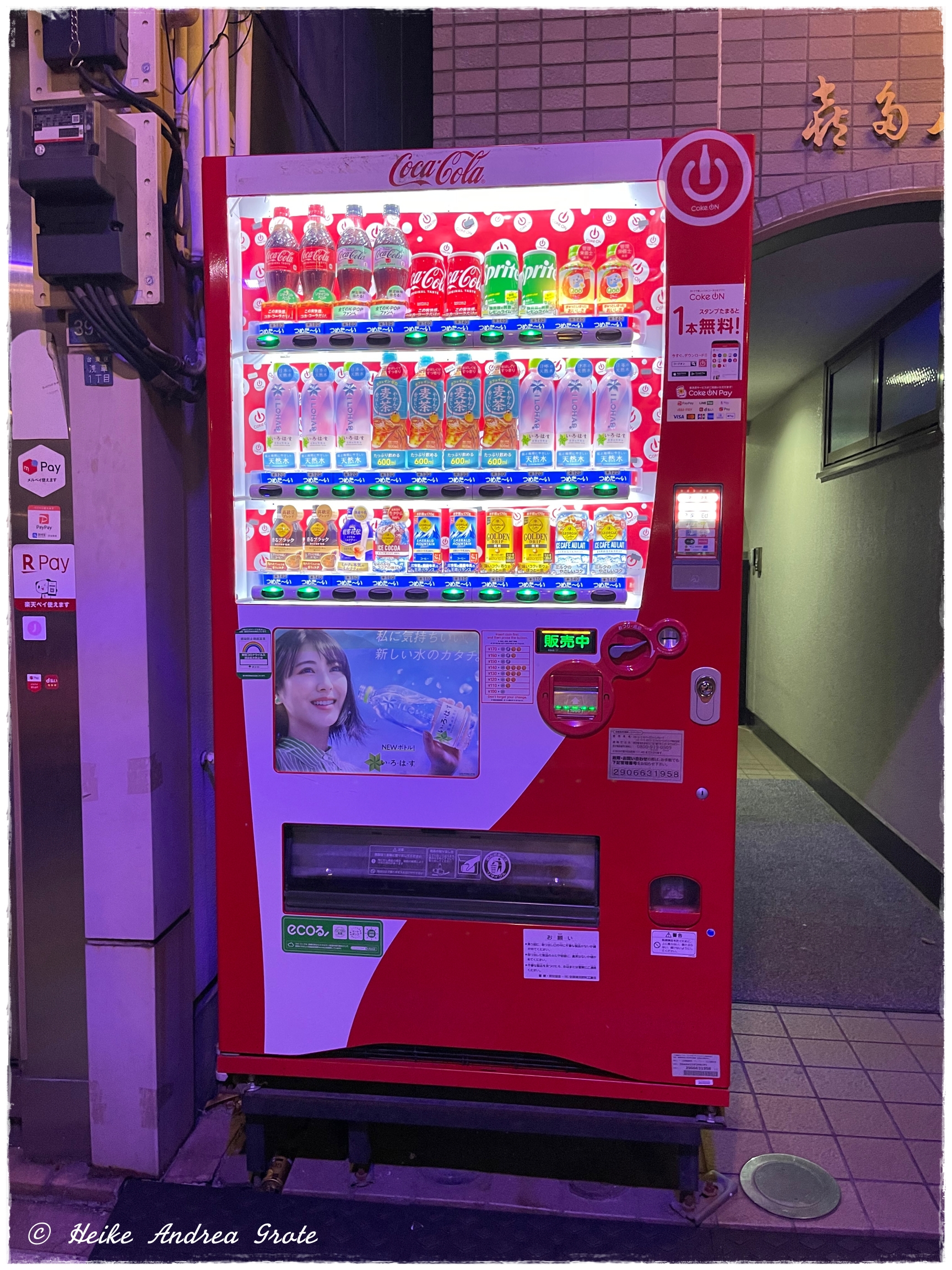
Vending Machine. Night Walk in Asakusa, Tokyo.
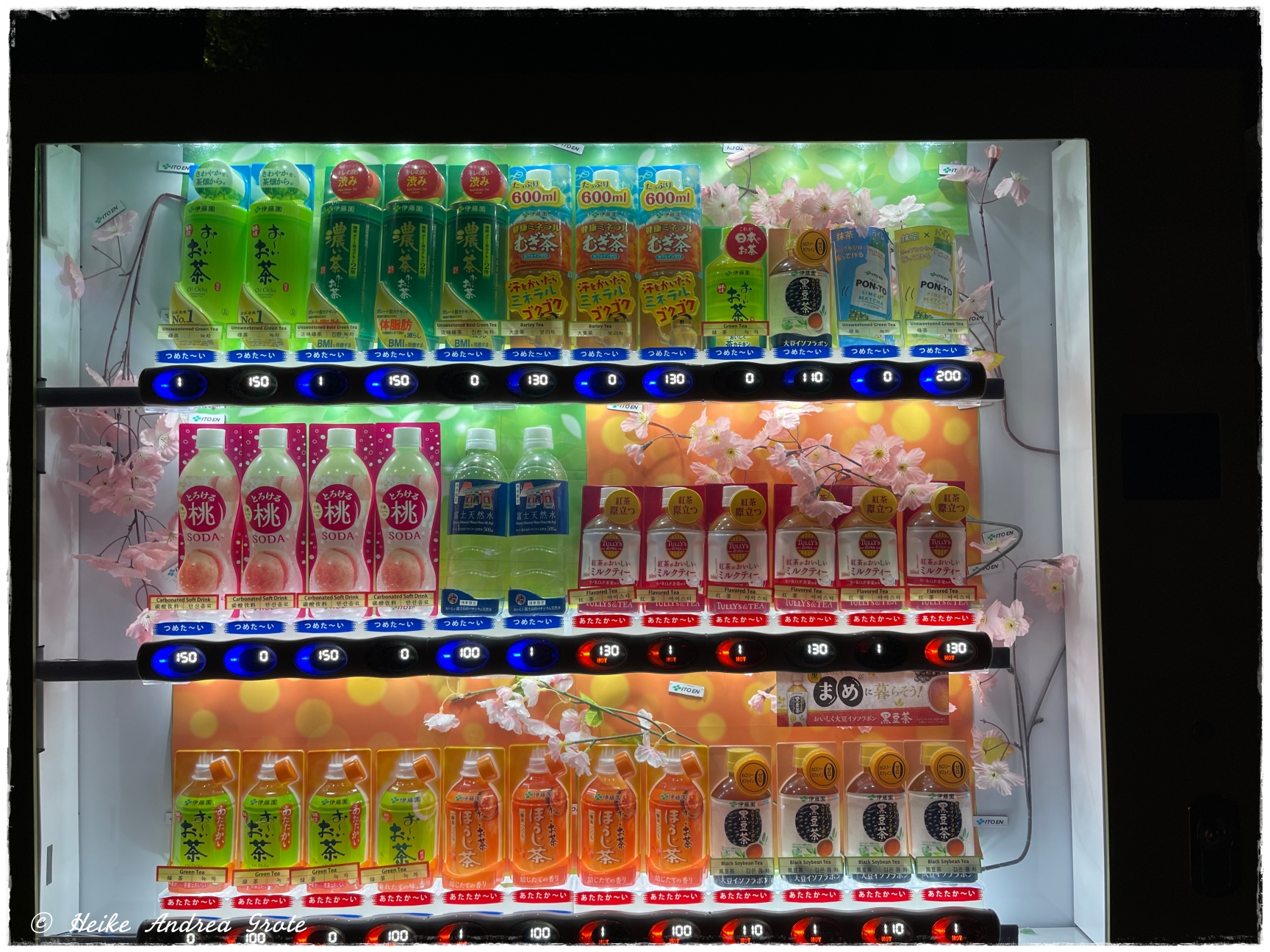
Vending Machine. Night Walk in Asakusa, Tokyo.
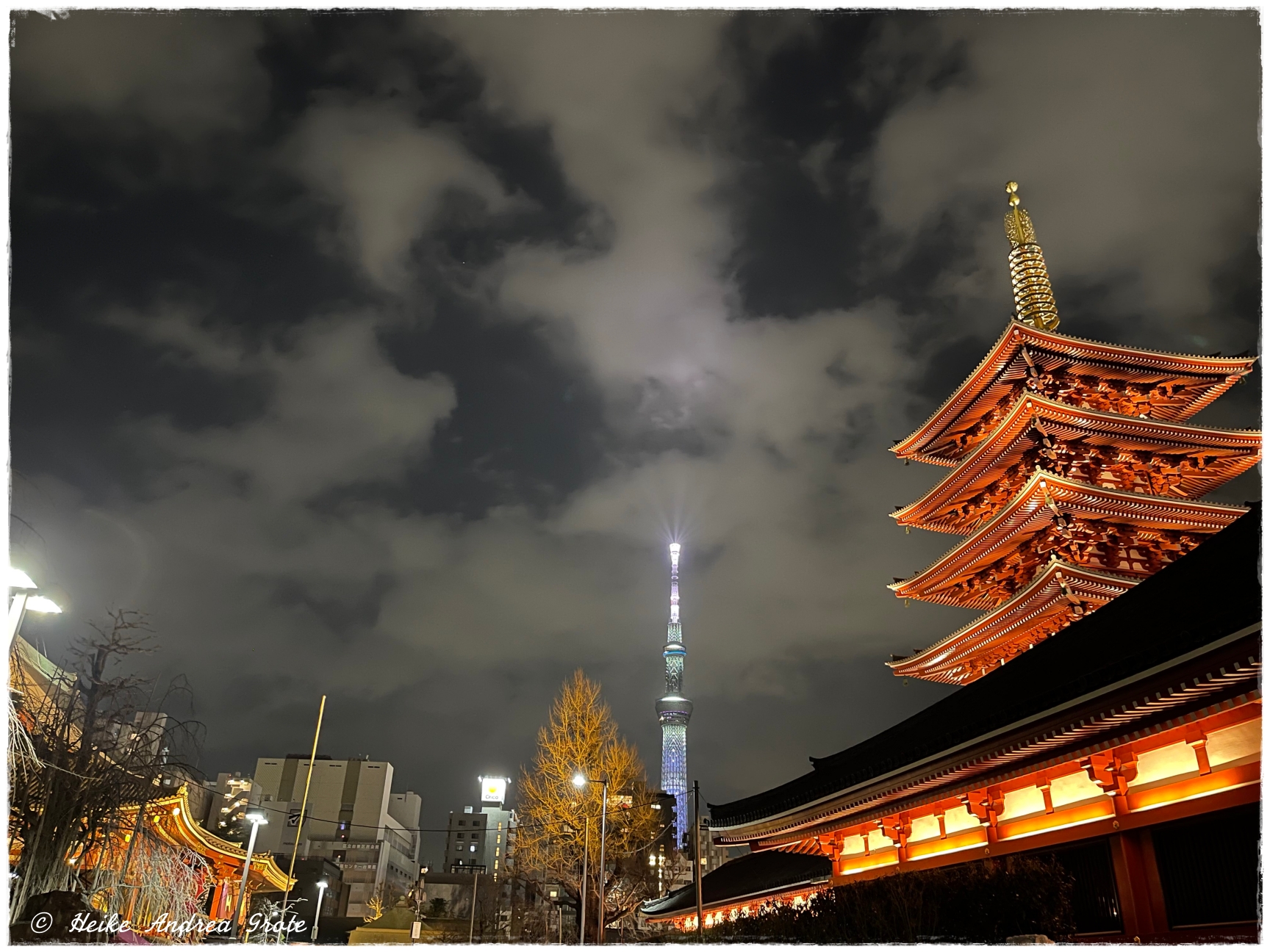
Pagoda and Skytree. Old and New in Tokyo! Walk in Asakusa, Tokyo including Sensō-ji temple
P
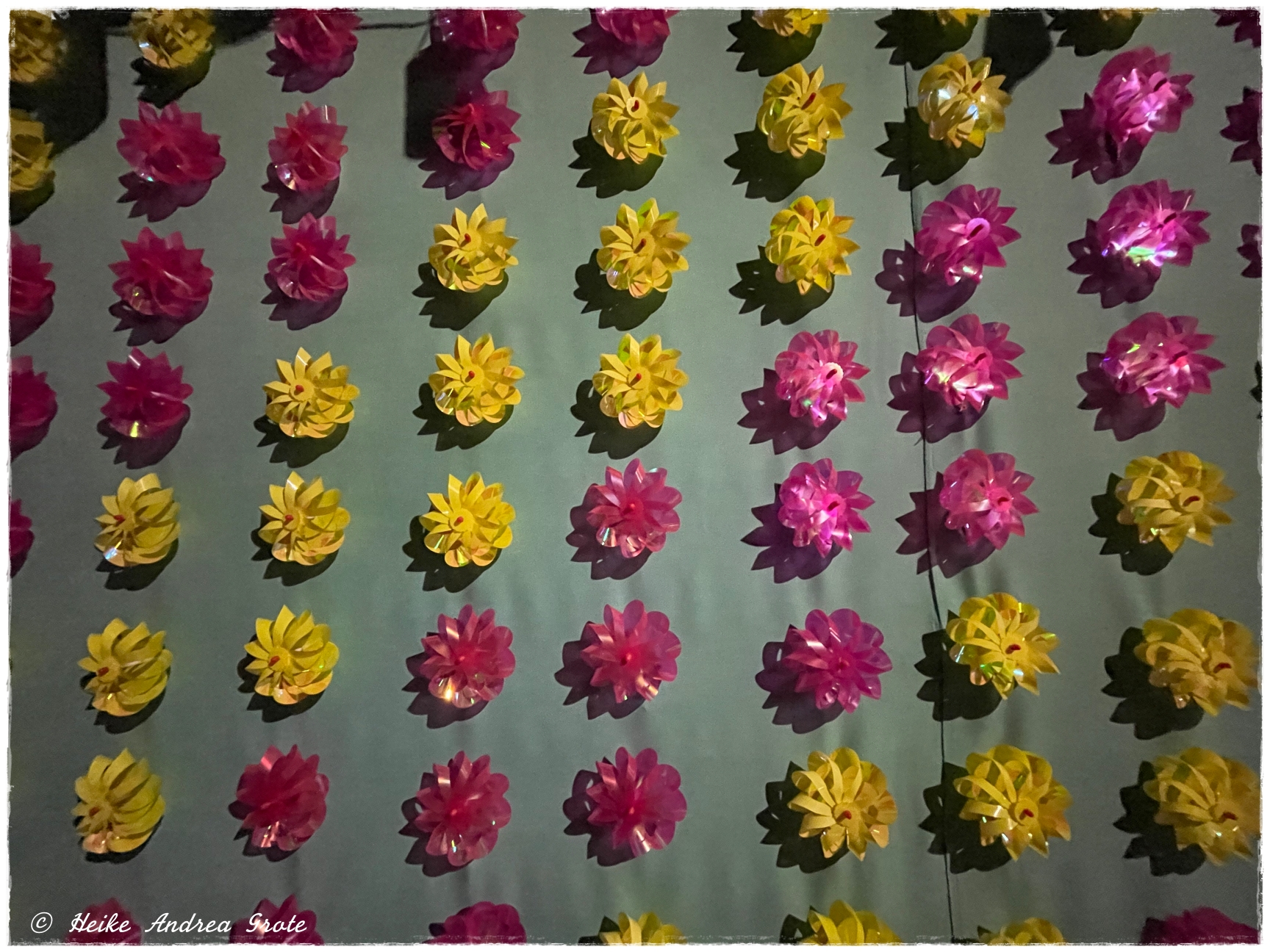
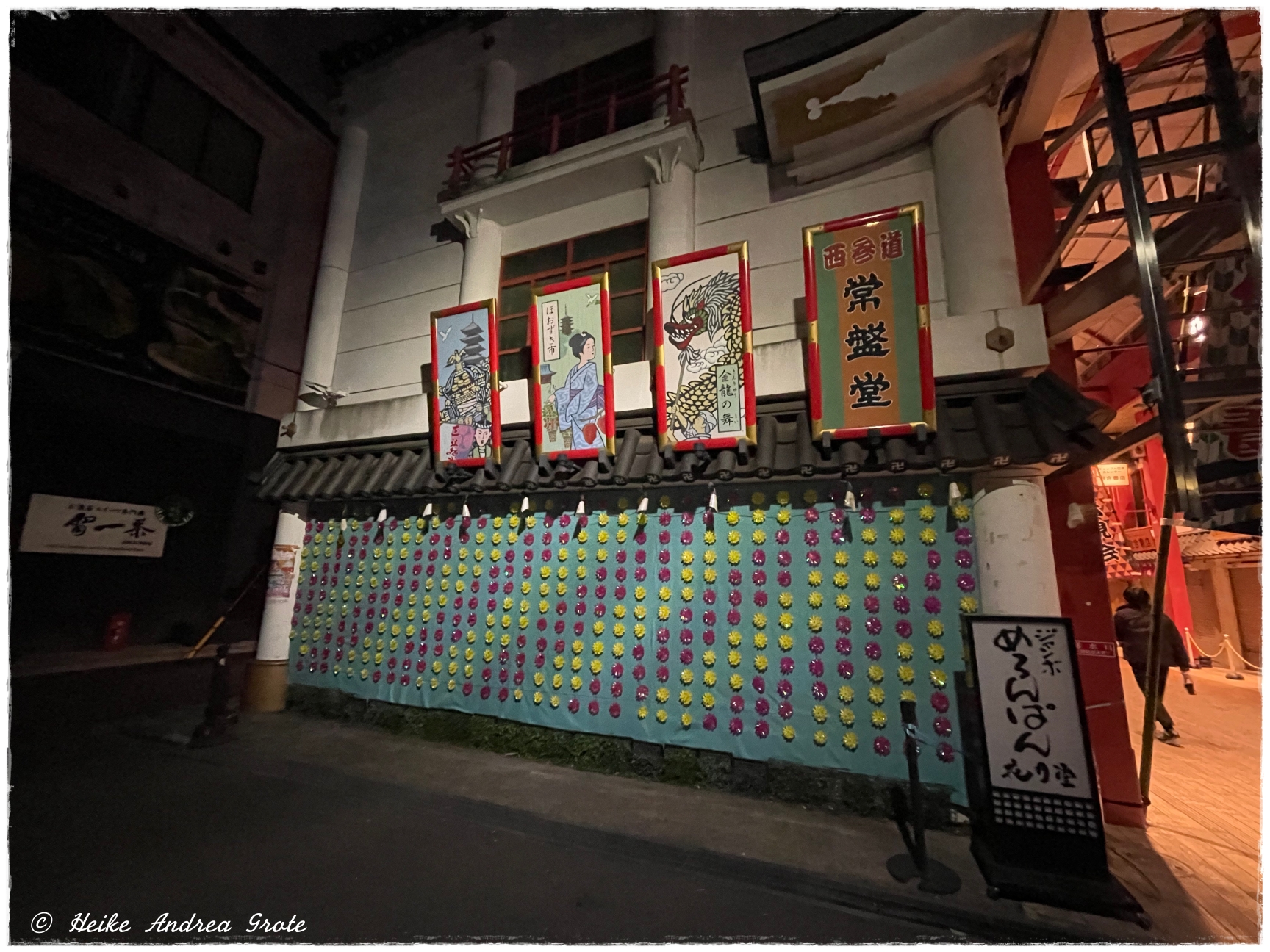
These flowers are decorated as windmils on the walls of Asakusa Kagetsudo, a famous store that sells jumbo melon bread.
It should spin around when the wind blew. Melon bread got its name because its shape resembles a melon, but it doesn't actually taste like melon, nor does it contain melon.
Thank you Kaoru for the explanation.
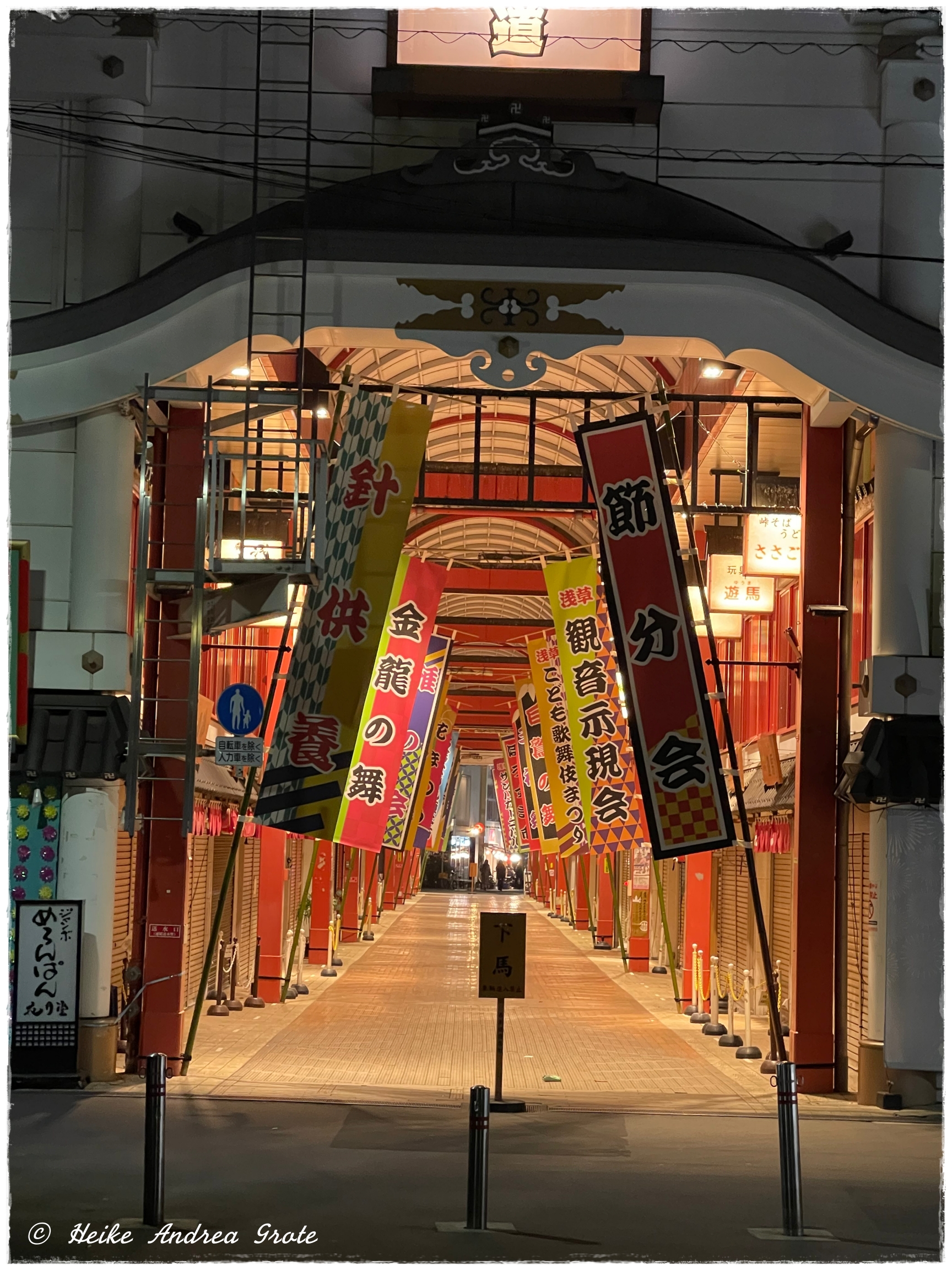
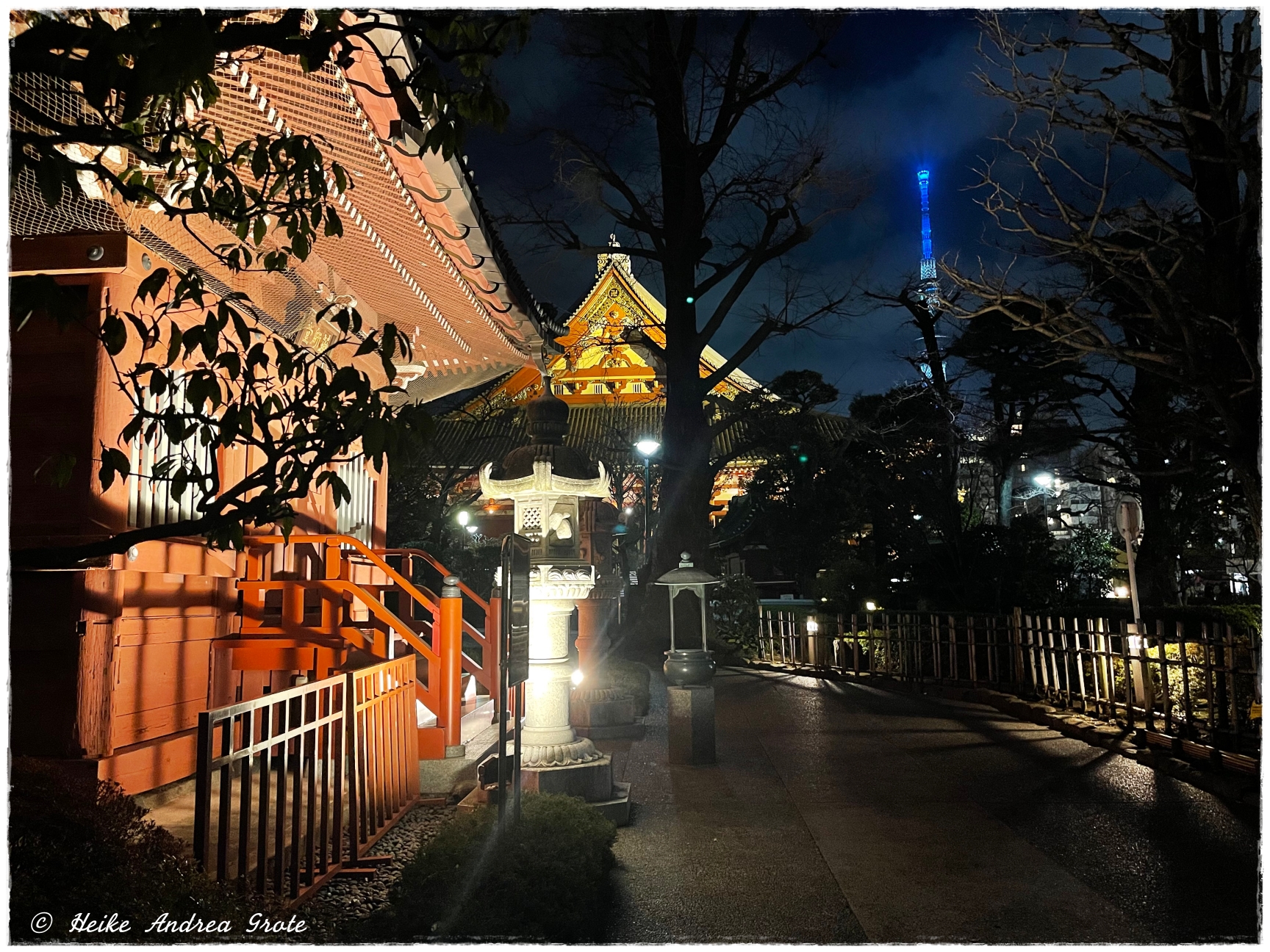
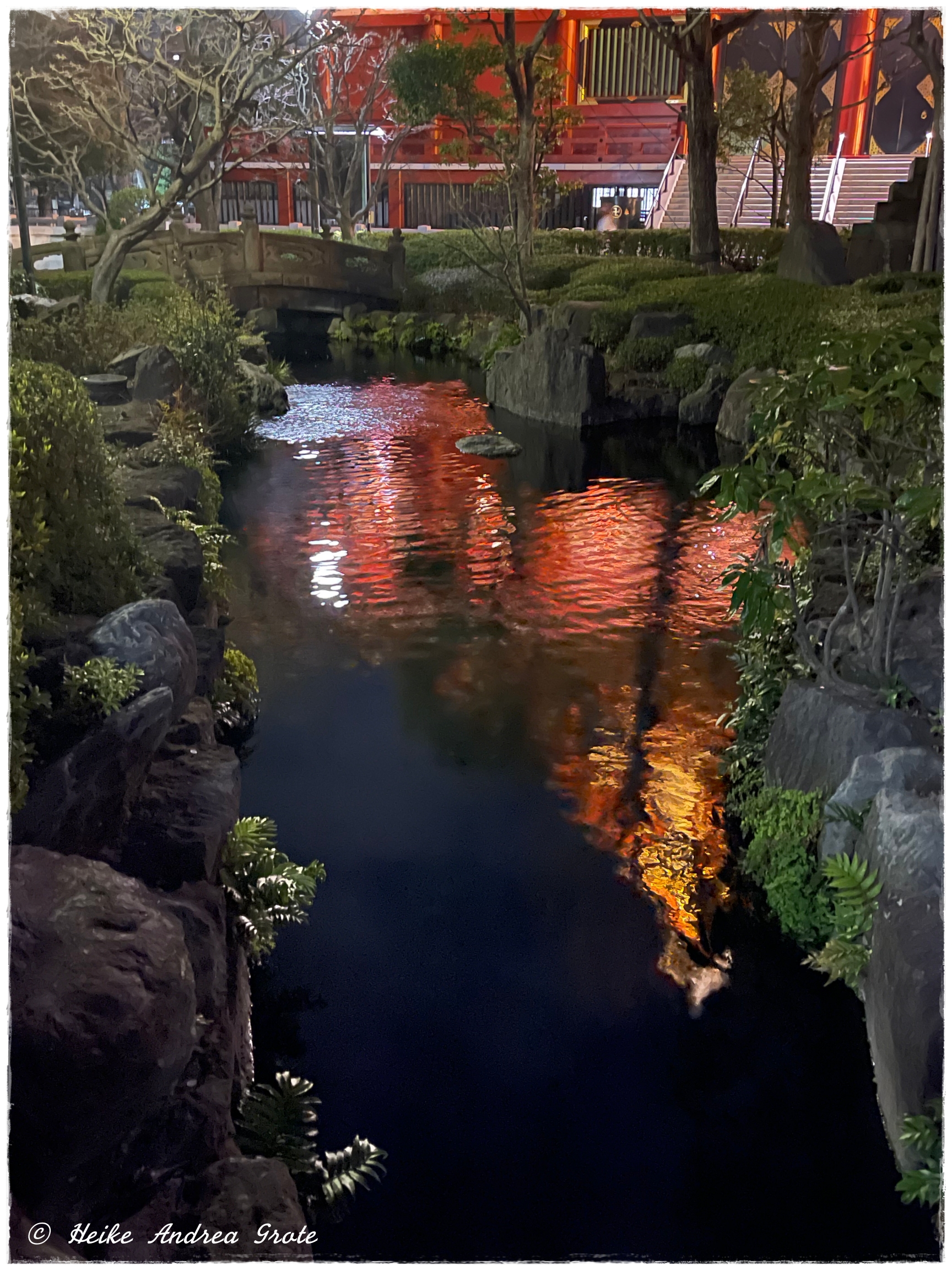
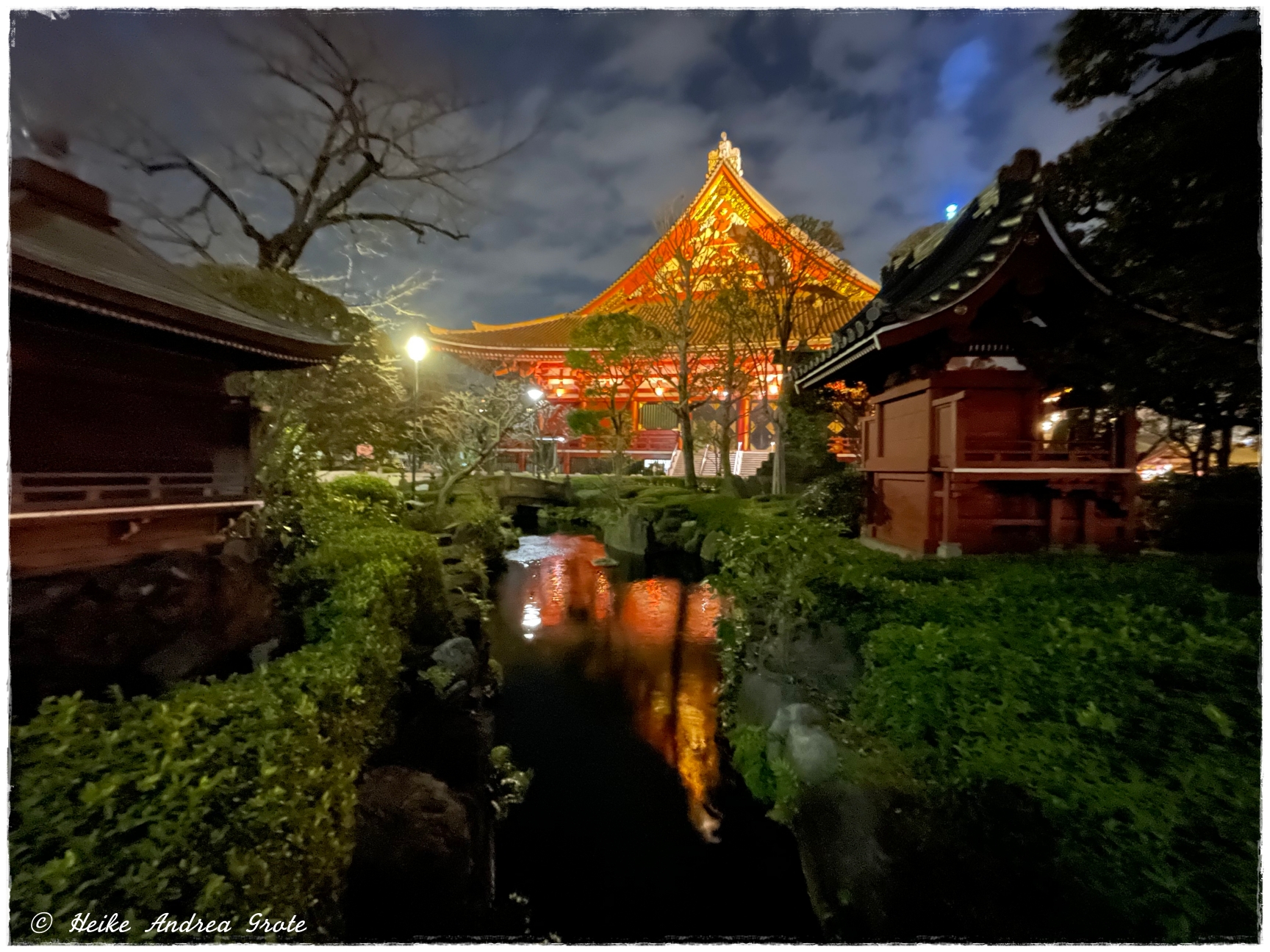
Night
Walk in Asakusa, Tokyo including Sensō-ji temple
It
was a magical atmosphere to walk on the area of Sensō-ji
temple with all its little gardens, statues and ponds.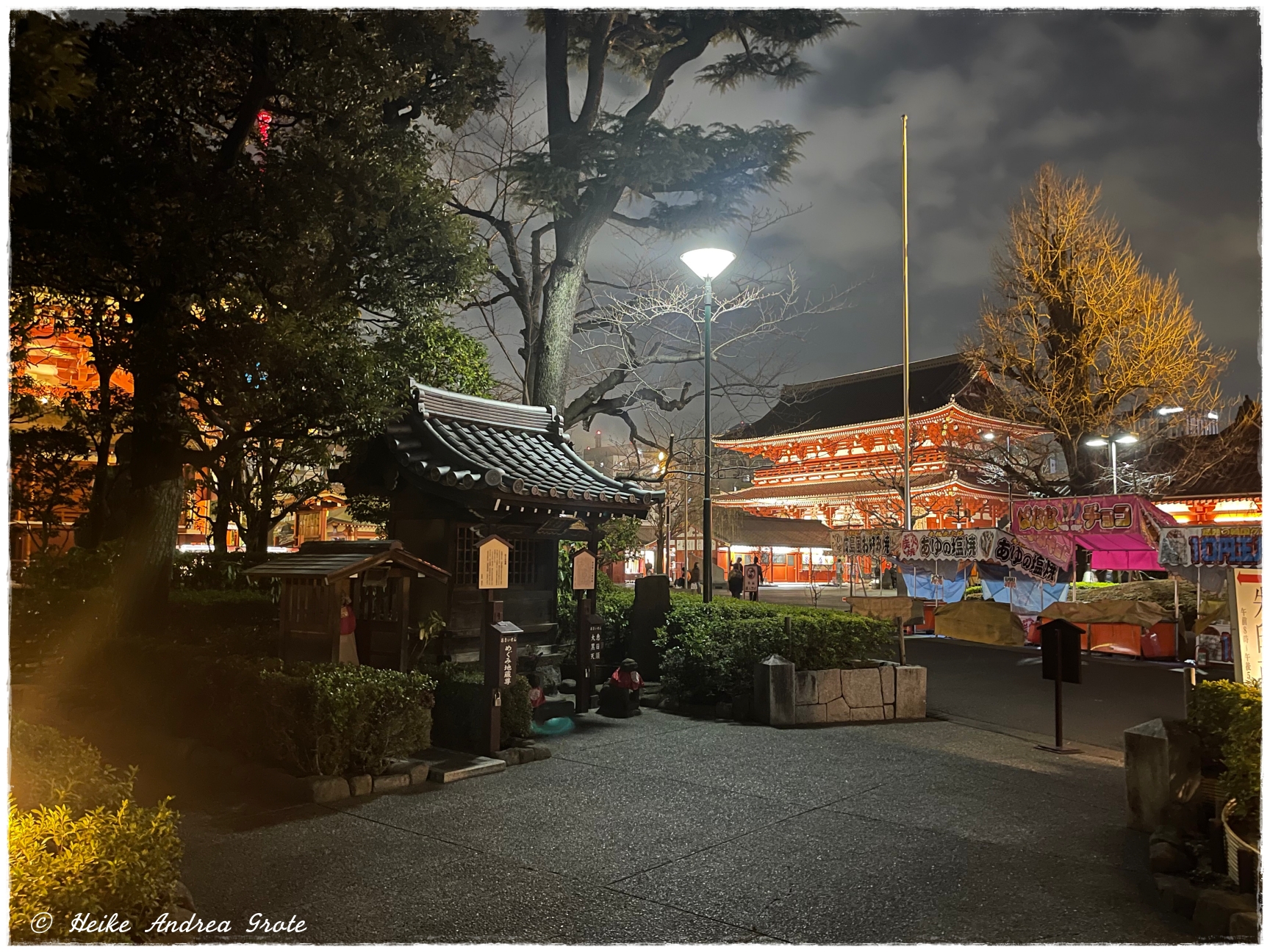
Night Walk in Asakusa, Tokyo including Sensō-ji temple
It was a magical atmosphere to walk on the area of Sensō-ji temple with all its little gardens, statues and ponds.
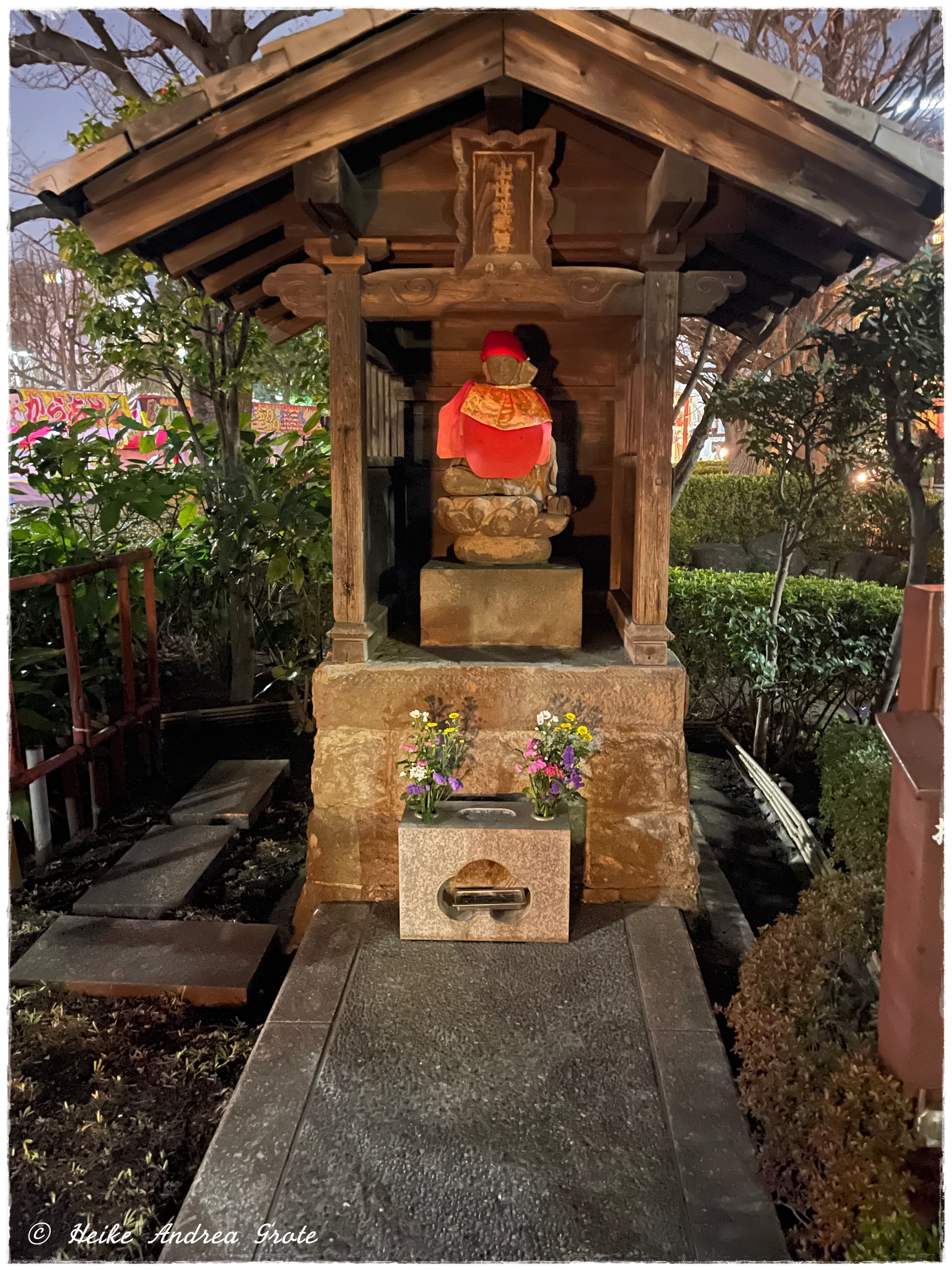
Statue with red bib. Night Walk in Asakusa, Tokyo including Sensō-ji temple
In Japan, the color red is associated closely with a few deities in Shinto and Buddhist traditions, and statues of these deities are often decked in red clothing or painted red.
It was a magical atmosphere to walk on the area of Sensō-ji temple with all its little gardens, statues and ponds.
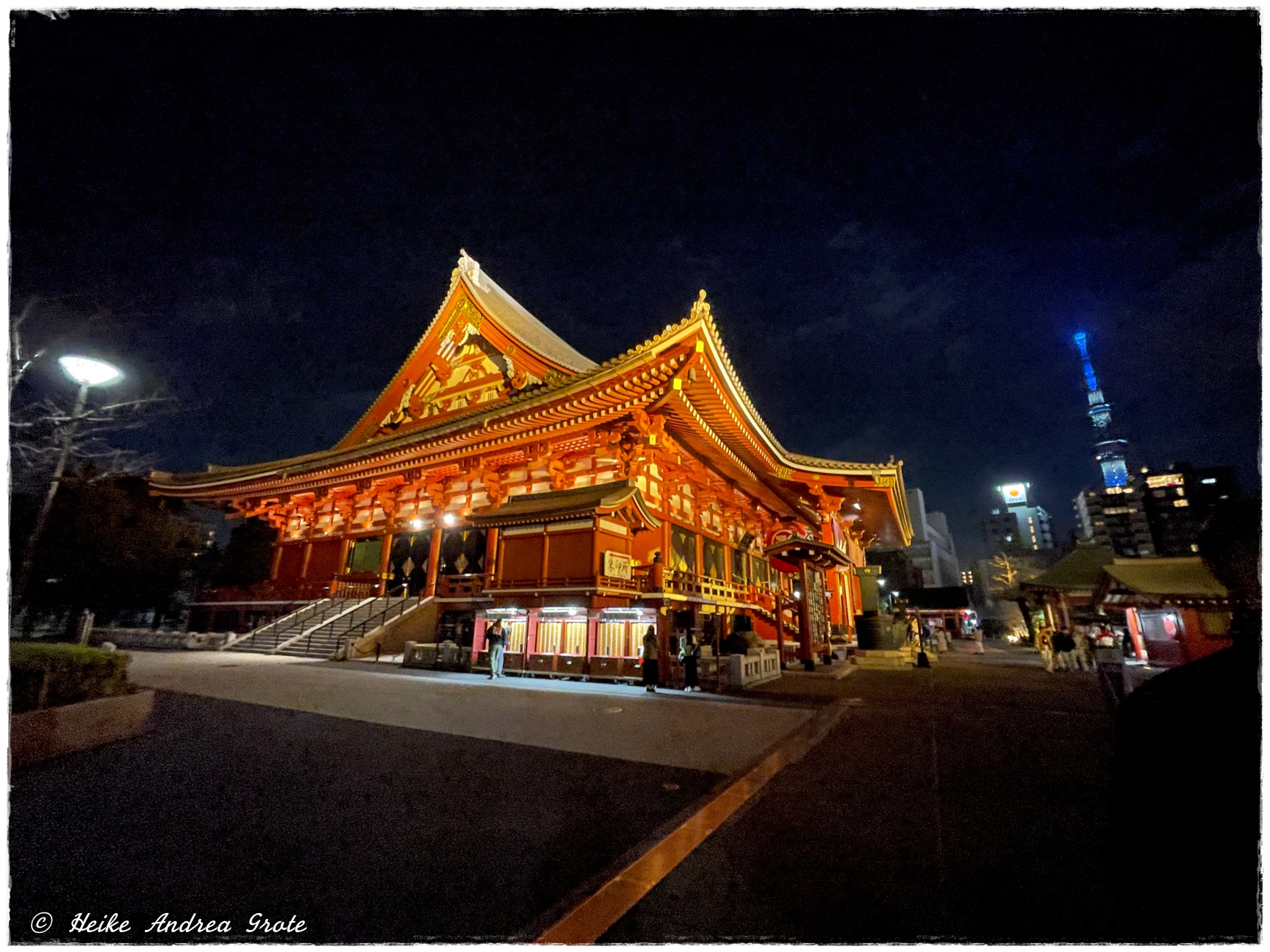
Sensō-ji is an ancient Buddhist temple.
It is Tokyo's oldest-established temple, and one of its most significant.
It is dedicated to Kannon, the bodhisattva of compassion.
Structures in the temple complex include the main hall, a five-story pagoda and large gates.
It is the most widely visited religious site in the world with over 30 million visitors annually.
After sunset, the pagoda, Kaminarimon, and Hozomon gates, are all illuminated.
The lighting is designed to highlight the vermillion color of the temple, and you can enjoy a different scenery from the daytime.
Main Hall(Kannondo Hall).
Built by the 3rd Tokugawa shogun, Tokugawa Iemitsu, and designated a national treasure, the Main Hall was destroyed in the Great Tokyo Air Raid on March 10, 1945
. It was rebuilt in 1958 with donations from followers all over Japan.
The immediately apparent characteristic of the Main Hall is its dramatically sloping roof that is quite tall compared to that of other temples.
This hall is divided into the naijin (inner sanctum) and the gejin (outer sanctum).
Senso-ji’s principal image, the Bodhisattva Kannon, sits in a miniature temple in the middle of the naijin.
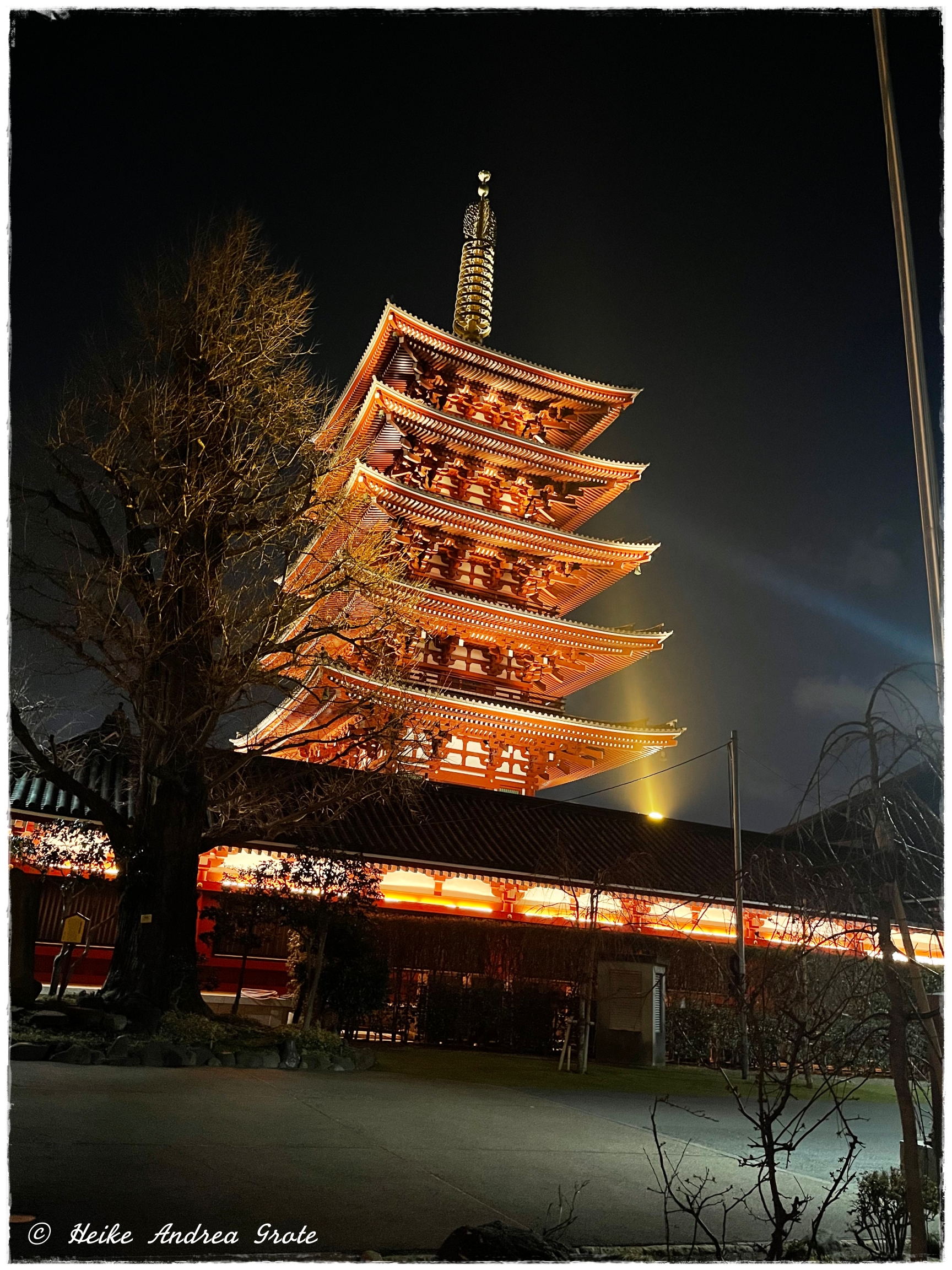
Sensō-ji is an ancient Buddhist temple.
It is Tokyo's oldest-established temple, and one of its most significant.
It is dedicated to Kannon, the bodhisattva of compassion.
Structures in the temple complex include the main hall, a five-story pagoda and large gates.
It is the most widely visited religious site in the world with over 30 million visitors annually.
After sunset, the pagoda, Kaminarimon, and Hozomon gates, are all illuminated.
The lighting is designed to highlight the vermillion color of the temple, and you can enjoy a different scenery from the daytime.
Pagoda.The five-storied pagoda is one of the most famous in Japan.
Its height is 53.32 meters, which is about the height of an 18-story building.
The original pagoda is said to have been built in 942 A.D.
In the Edo period, along with the pagodas of Kan-eiji, Ikegami Honmonji, and Shiba Zojoji, it was regarded as one of the "Four Edo Pagodas".
It was destroyed in an air raid during World War II, and then rebuilt at its current location thereafter.
There is a stone monument standing at the original site.
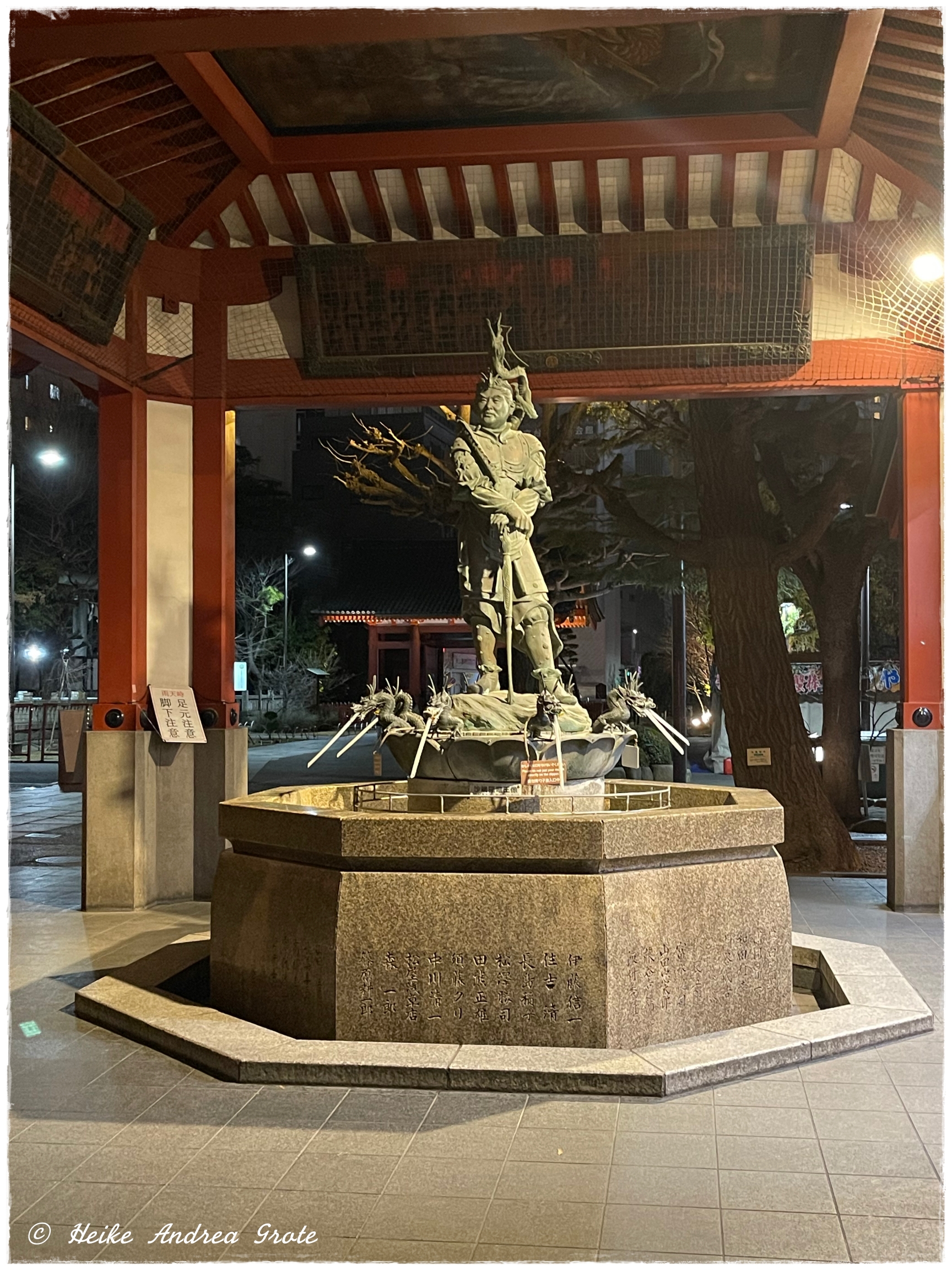
Night
Walk in Asakusa, Tokyo including Sensō-ji temple
Sensō-ji
is an ancient Buddhist temple.
It is Tokyo's oldest-established temple, and one of
its most significant.
It is dedicated to Kannon, the bodhisattva of
compassion.
Structures in the temple complex include the main
hall, a five-story pagoda and large gates.
It is the most widely visited religious site in the
world with over 30 million visitors annually.
After sunset, the pagoda, Kaminarimon, and Hozomon
gates, are all illuminated.
The lighting is designed to highlight the vermillion
color of the temple, and you can enjoy a different
scenery from the daytime.
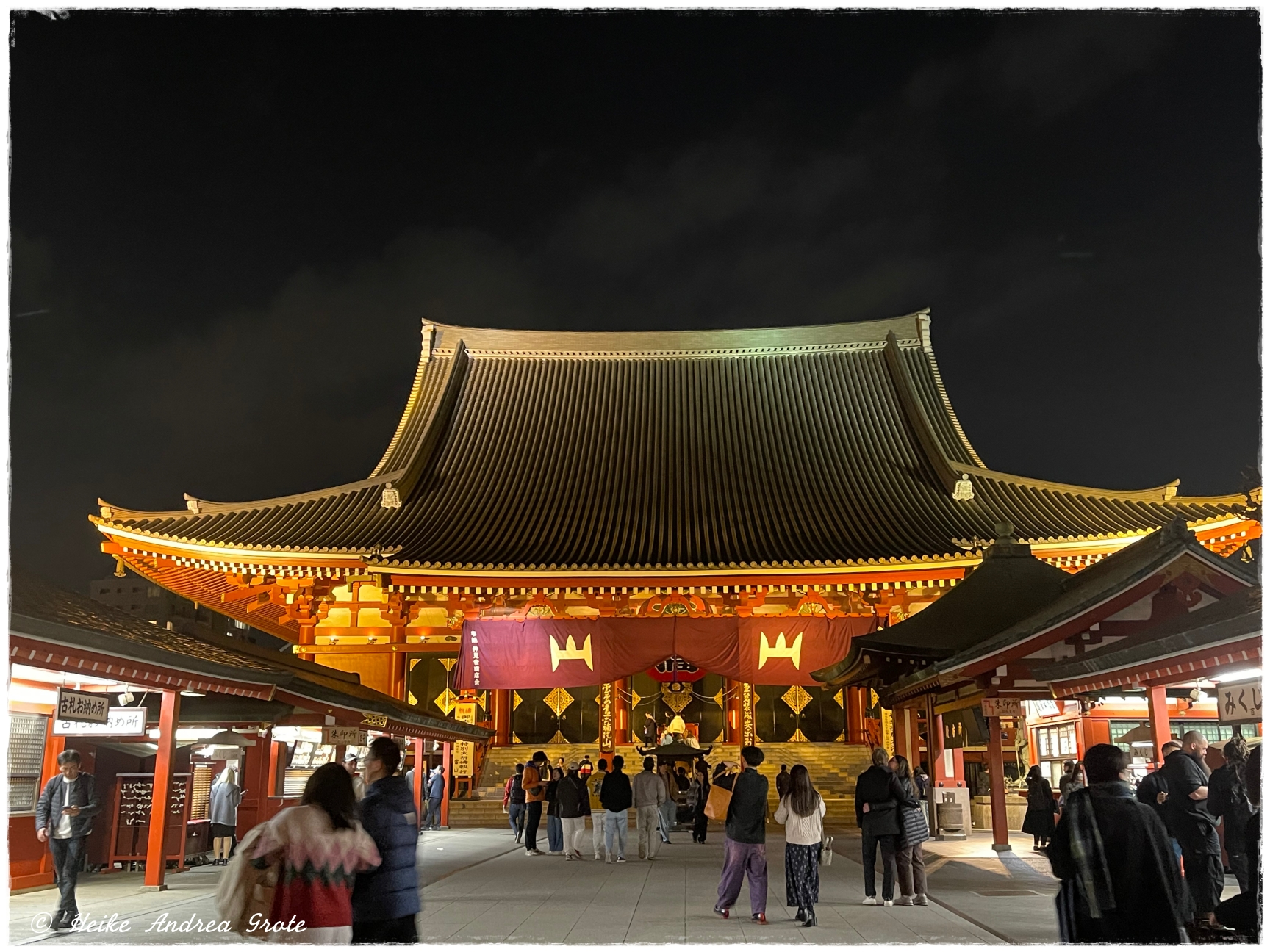
Sensō-ji is an ancient Buddhist temple.
It is Tokyo's oldest-established temple, and one of its most significant. It is dedicated to Kannon, the bodhisattva of compassion.
Structures in the temple complex include the main hall, a five-story pagoda and large gates.
It is the most widely visited religious site in the world with over 30 million visitors annually.
After sunset, the pagoda, Kaminarimon, and Hozomon gates, are all illuminated.
The lighting is designed to highlight the vermillion color of the temple, and you can enjoy a different scenery from the daytime.
Main Hall(Kannondo Hall).
Built by the 3rd Tokugawa shogun, Tokugawa Iemitsu, and designated a national treasure, the Main Hall was destroyed in the Great Tokyo Air Raid on March 10, 1945.
It was rebuilt in 1958 with donations from followers all over Japan.
The immediately apparent characteristic of the Main Hall is its dramatically sloping roof that is quite tall compared to that of other temples.
This hall is divided into the naijin (inner sanctum) and the gejin (outer sanctum).
Senso-ji’s principal image, the Bodhisattva Kannon, sits in a miniature temple in the middle of the naijin.
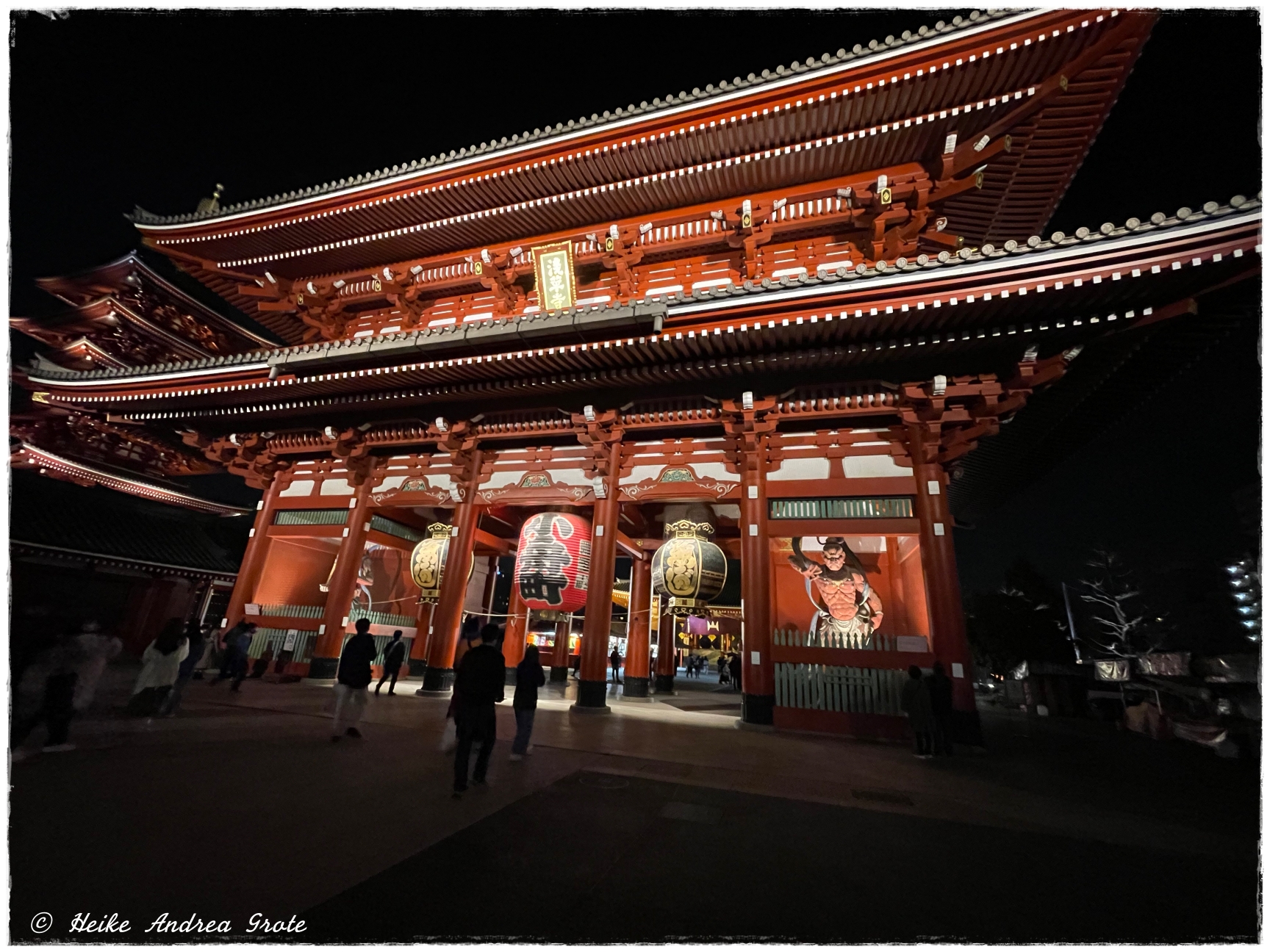
Sensō-ji is an ancient Buddhist temple. It is Tokyo's oldest-established temple, and one of its most significant.
It is dedicated to Kannon, the bodhisattva of compassion.
Structures in the temple complex include the main hall, a five-story pagoda and large gates.
It is the most widely visited religious site in the world with over 30 million visitors annually.
After sunset, the pagoda, Kaminarimon, and Hozomon gates, are all illuminated.
The lighting is designed to highlight the vermillion color of the temple, and you can enjoy a different scenery from the daytime.
Hōzōmon ("Treasure-House Gate“) is the inner of two large entrance gates that ultimately leads to the Sensō-ji (the outer being the Kaminarimon).
A two-story gate, the Hōzōmon's second story houses many of the Sensō-ji's treasures.
The first story houses two statues, three lanterns and two large sandals.
It stands 22.7 metres (74 ft) tall, 21 metres (69 ft) wide, and 8 metres (26 ft) deep.
Unlike the Kaminarimon, which houses four different statues, the Hōzōmon houses two guardian statues that are located on either side of the gate's south face.
These 5.45-metre-tall statues represent Niō, the guardian deities of the Buddha.
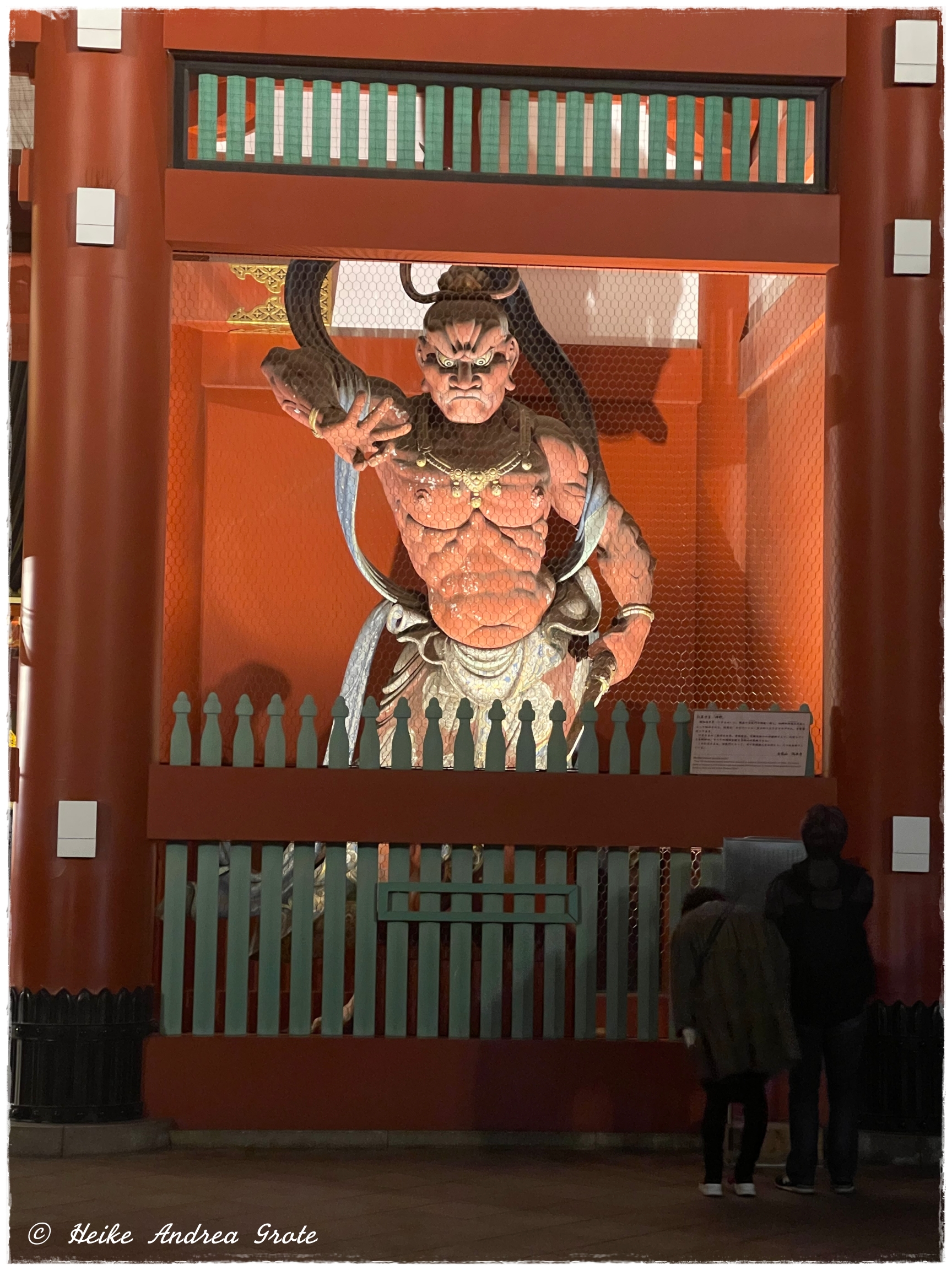
One
of the statues at Hōzōmon Gate.Night Walk in Asakusa,
Tokyo including Sensō-ji temple
Sensō-ji
is an ancient Buddhist temple. It is Tokyo's
oldest-established temple, and one of its most
significant.
It is dedicated to Kannon, the bodhisattva of
compassion.
Structures in the temple complex include the main hall,
a five-story pagoda and large gates.
It is the most widely visited religious site in the
world with over 30 million visitors annually.
After sunset, the pagoda, Kaminarimon, and Hozomon
gates, are all illuminated.
The lighting is designed to highlight the vermillion
color of the temple, and you can enjoy a different
scenery from the daytime.
Hōzōmon
("Treasure-House Gate“) is the inner of two large
entrance gates that ultimately leads to the Sensō-ji
(the outer being the Kaminarimon).
A two-story gate, the Hōzōmon's second story houses many
of the Sensō-ji's treasures.
The first story houses two statues, three lanterns and
two large sandals.
It stands 22.7 metres (74 ft) tall, 21 metres (69 ft)
wide, and 8 metres (26 ft) deep.
Unlike the Kaminarimon, which houses four different
statues, the Hōzōmon houses two guardian statues that
are located on either side of the gate's south face.
These 5.45-metre-tall statues represent Niō, the
guardian deities of the Buddha.
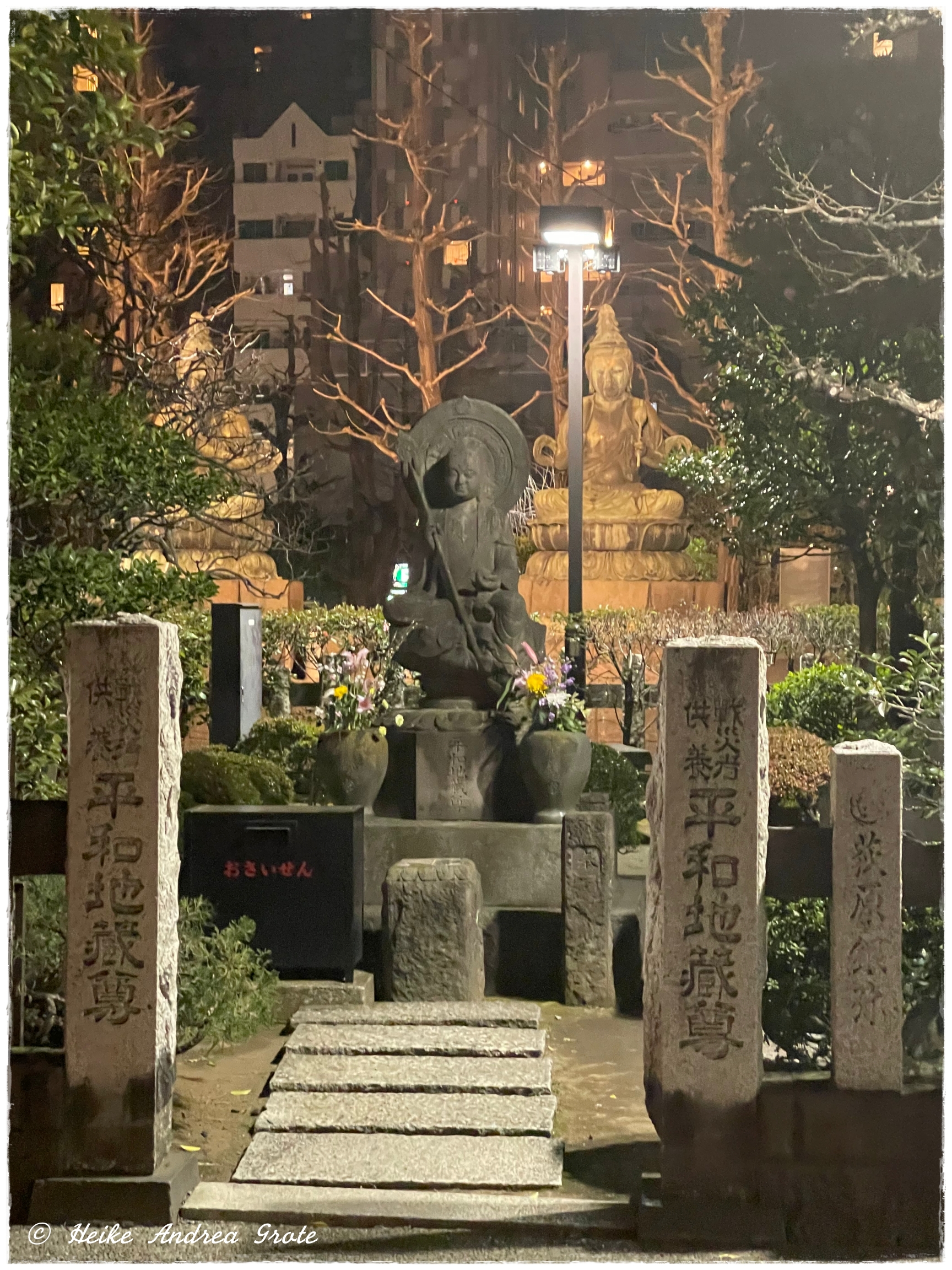
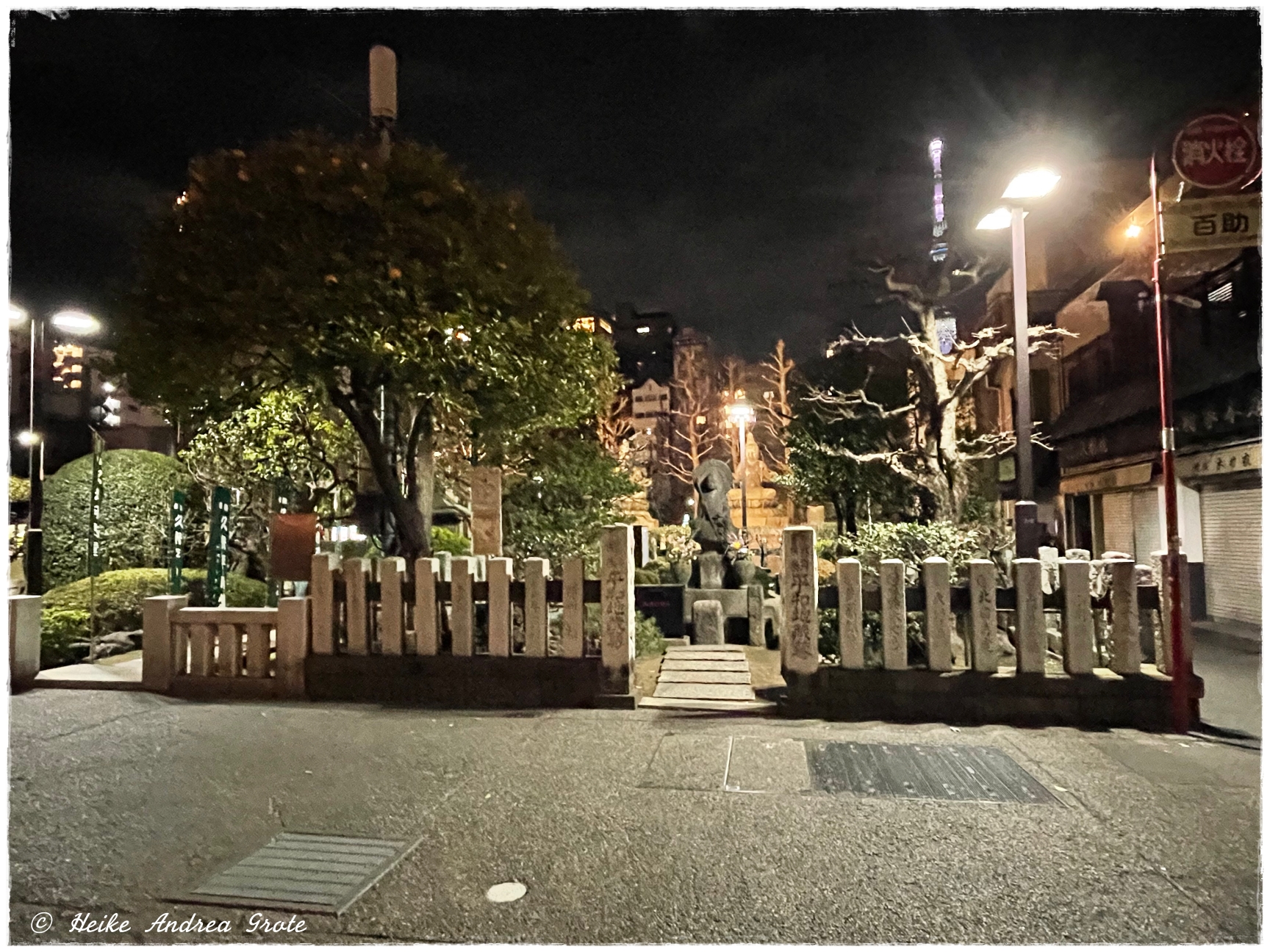
Night
Walk in Asakusa, Tokyo including Sensō-ji temple
Sensō-ji
is an ancient Buddhist temple. It is Tokyo's
oldest-established temple, and one of its most
significant.
It is dedicated to Kannon, the bodhisattva of compassion.
Structures in the temple complex include the main hall, a
five-story pagoda and large gates.
It is the most widely visited religious site in the world
with over 30 million visitors annually.
After sunset, the pagoda, Kaminarimon, and Hozomon gates,
are all illuminated.
The lighting is designed to highlight the vermillion color
of the temple, and you can enjoy a different scenery from
the daytime.
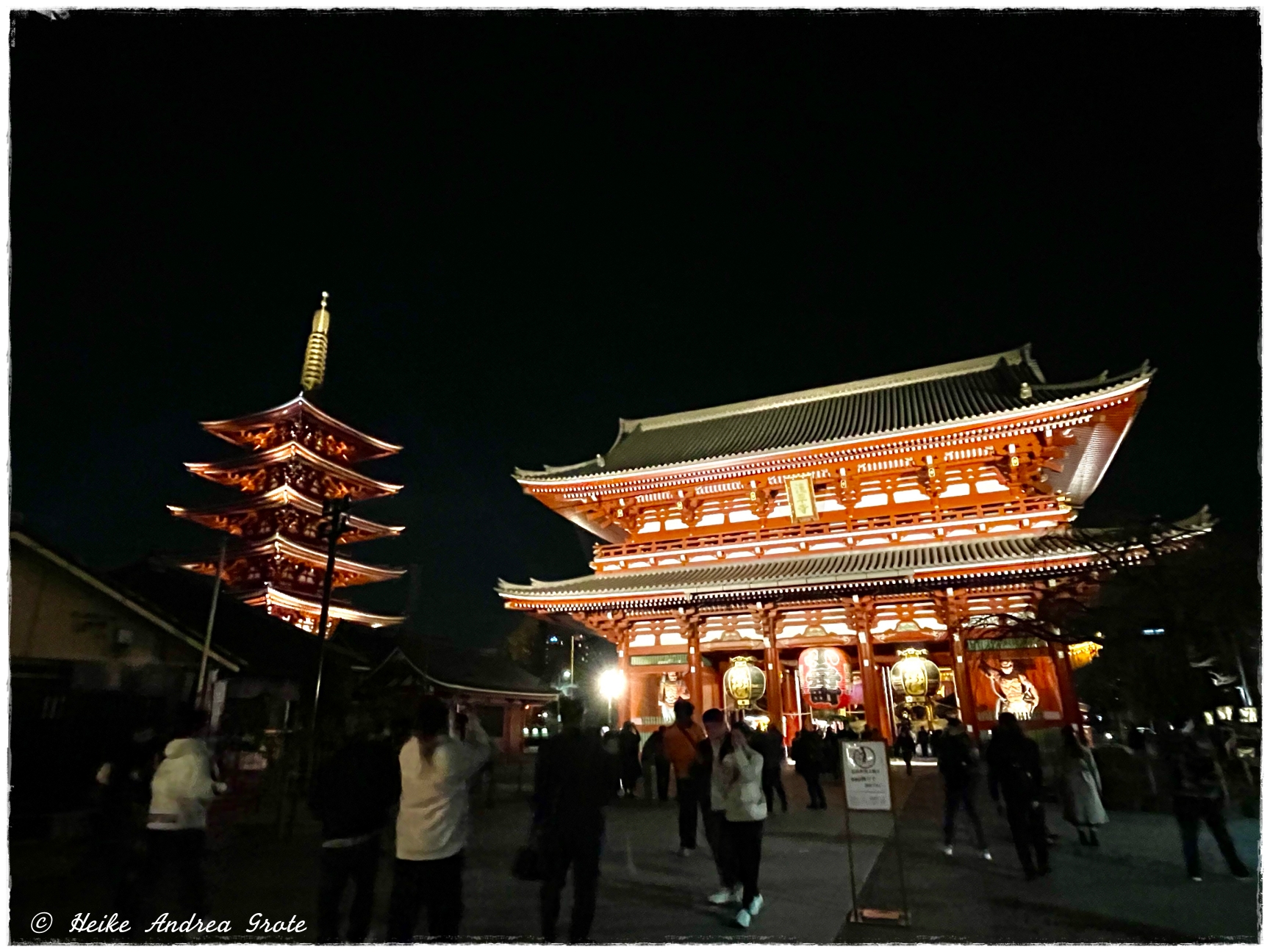
Hōzōmon Gate and Pagoda. Night Walk in Asakusa, Tokyo including Sensō-ji temple
Sensō-ji is an ancient Buddhist temple. It is Tokyo's oldest-established temple, and one of its most significant.
It is dedicated to Kannon, the bodhisattva of compassion.
Structures in the temple complex include the main hall, a five-story pagoda and large gates.
It is the most widely visited religious site in the world with over 30 million visitors annually.
After sunset, the pagoda, Kaminarimon, and Hozomon gates, are all illuminated.
The lighting is designed to highlight the vermillion color of the temple, and you can enjoy a different scenery from the daytime.
Hōzōmon ("Treasure-House Gate“) is the inner of two large entrance gates that ultimately leads to the Sensō-ji (the outer being the Kaminarimon).
A two-story gate, the Hōzōmon's second story houses many of the Sensō-ji's treasures.
The first story houses two statues, three lanterns and two large sandals.
It stands 22.7 metres (74 ft) tall, 21 metres (69 ft) wide, and 8 metres (26 ft) deep.
Unlike the Kaminarimon, which houses four different statues, the Hōzōmon houses two guardian statues that are located on either side of the gate's south face.
These 5.45-metre-tall statues represent Niō, the guardian deities of the Buddha.
Pagoda.The five-storied pagoda is one of the most famous in Japan.
Its height is 53.32 meters, which is about the height of an 18-story building.
The original pagoda is said to have been built in 942 A.D.
In the Edo period, along with the pagodas of Kan-eiji, Ikegami Honmonji, and Shiba Zojoji, it was regarded as one of the "Four Edo Pagodas".
It was destroyed in an air raid during World War II, and then rebuilt at its current location thereafter.
There is a stone monument standing at the original site.
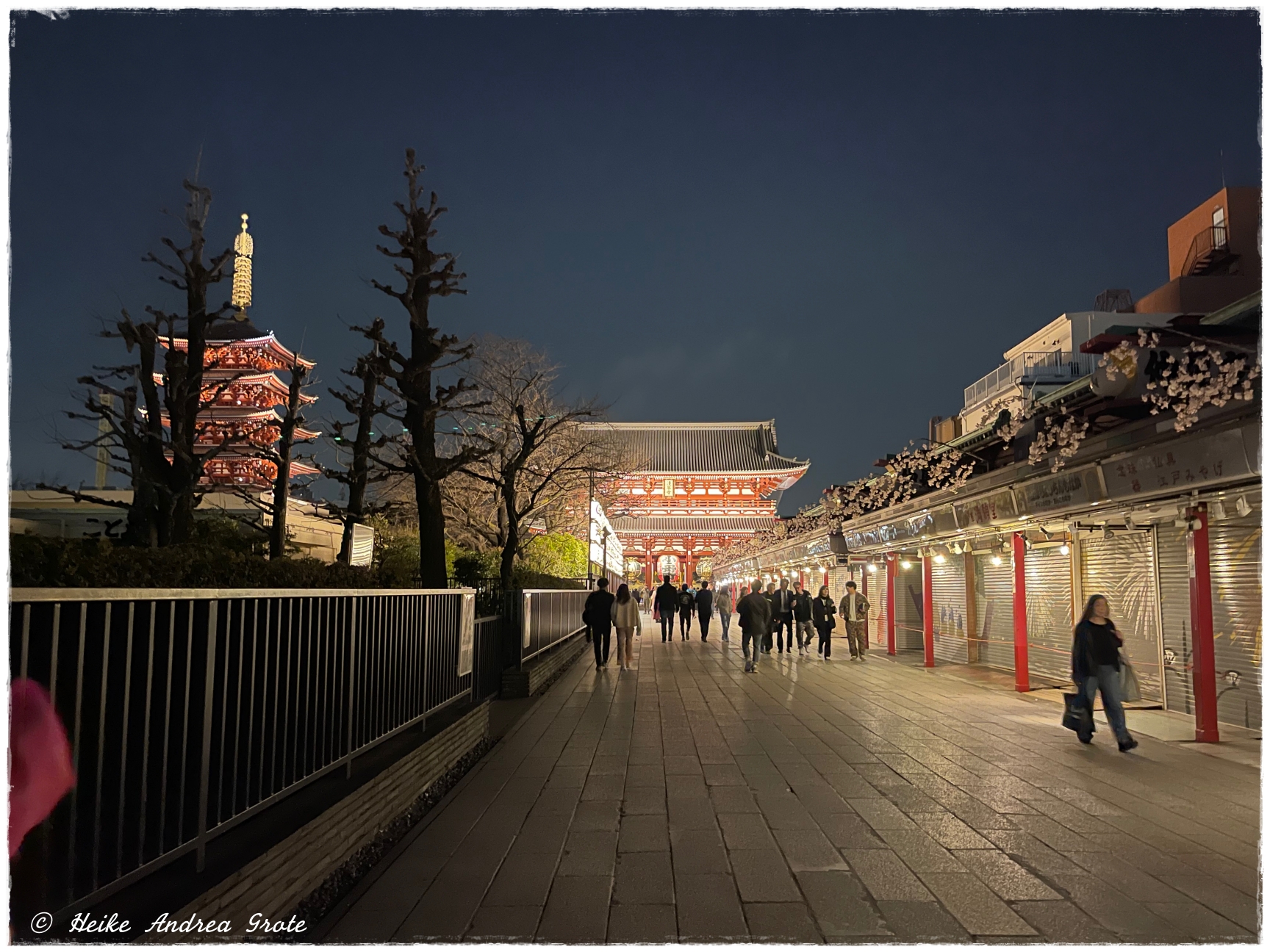
Nakamise
Shoppping street at night.
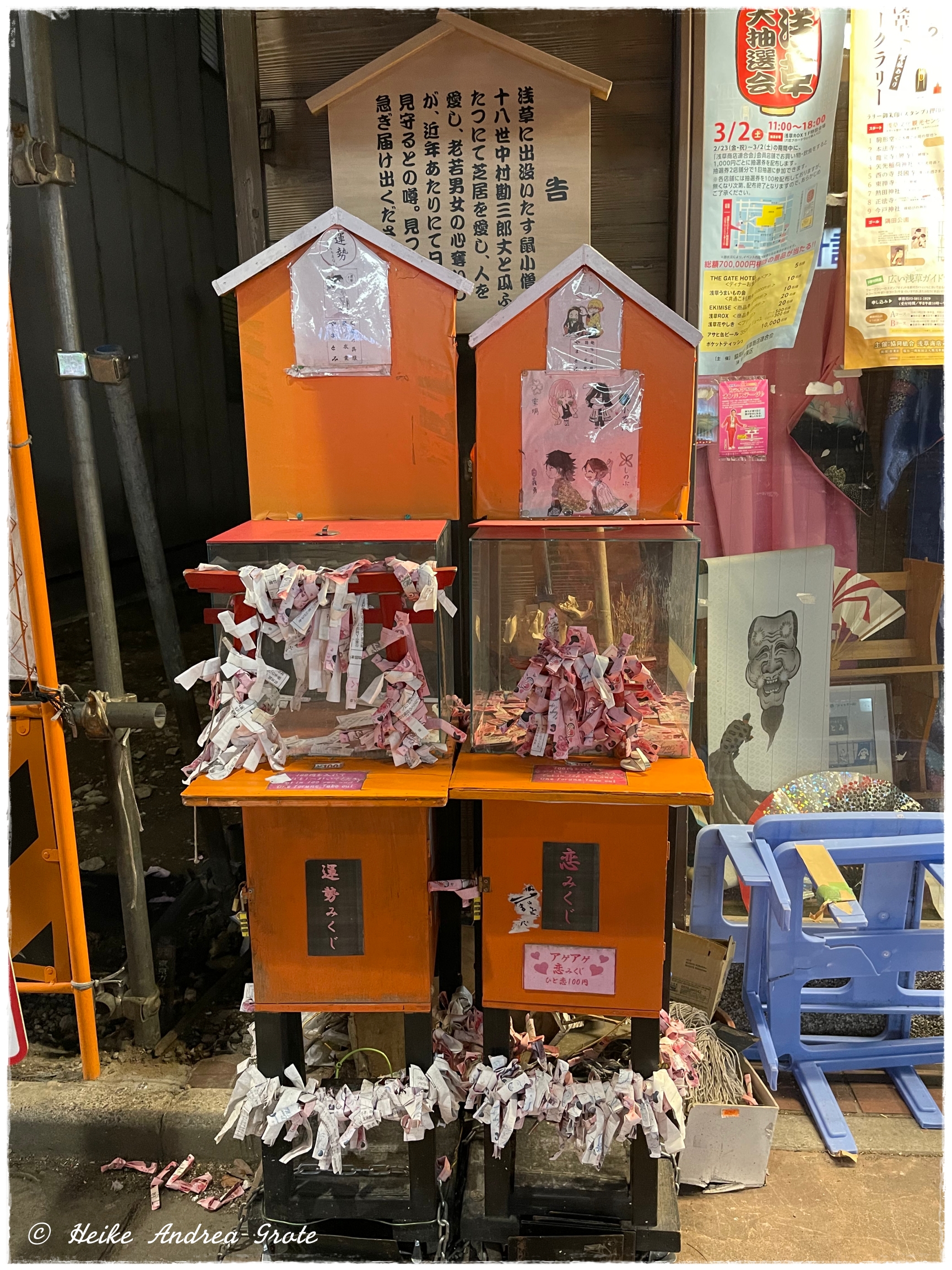
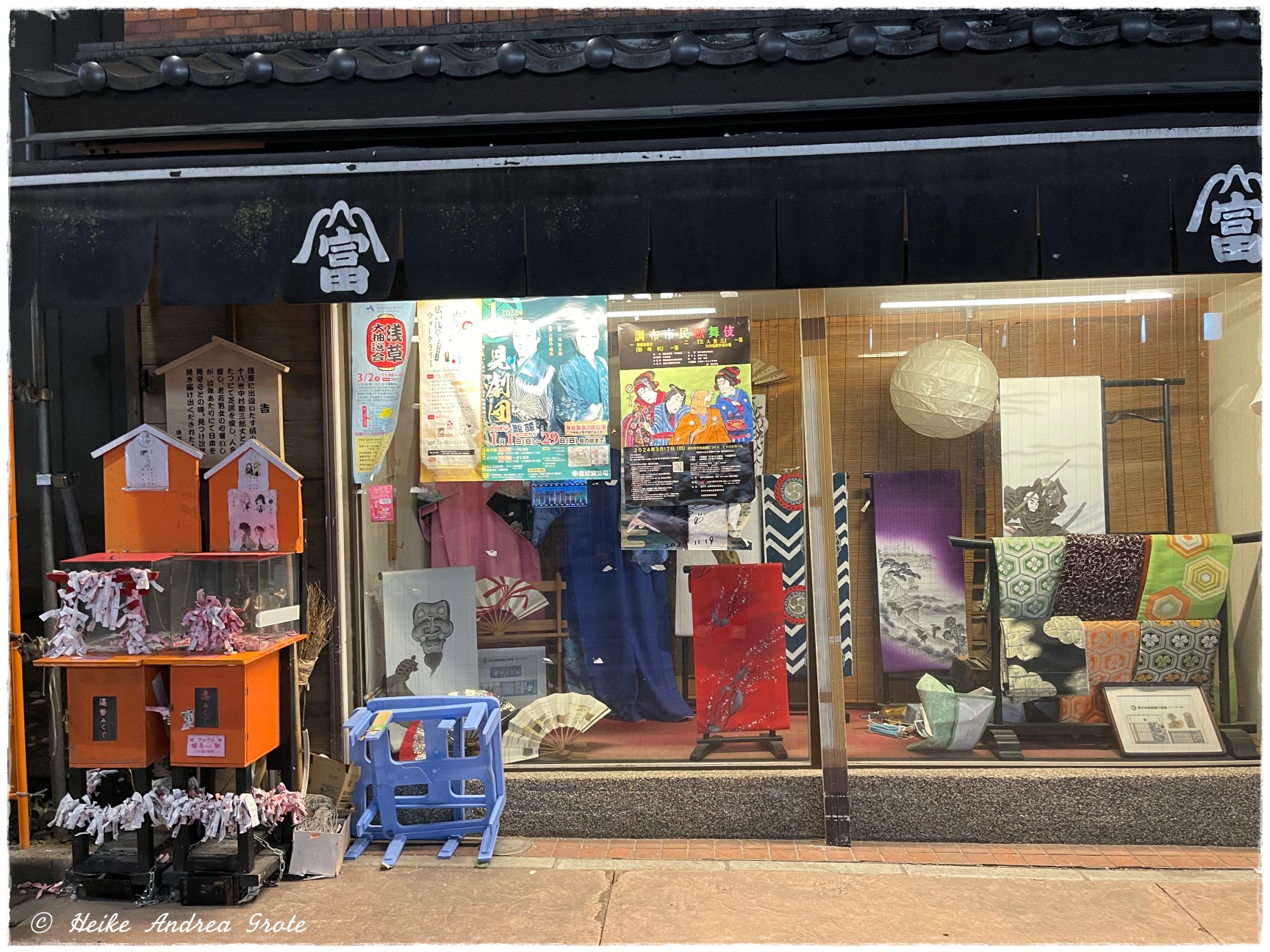
Night Walk in Asakusa, Tokyo including Sensō-ji temple
I found this house installation in front of a shop in Asakusa. You can see a lot of Omikuji on it.
These small papers are ''omikuji'', a fortune-telling paper strip.
Omikuji is a small slip of paper that describes a person's future.
In addition, the omikuji also contains advice on various aspects of life, such as health, work, wealth, and love.
After read omikuji carefully, You can take the omikuji home with you or tie it to a tree branch.
Thanks Kaoru for your eplanation.
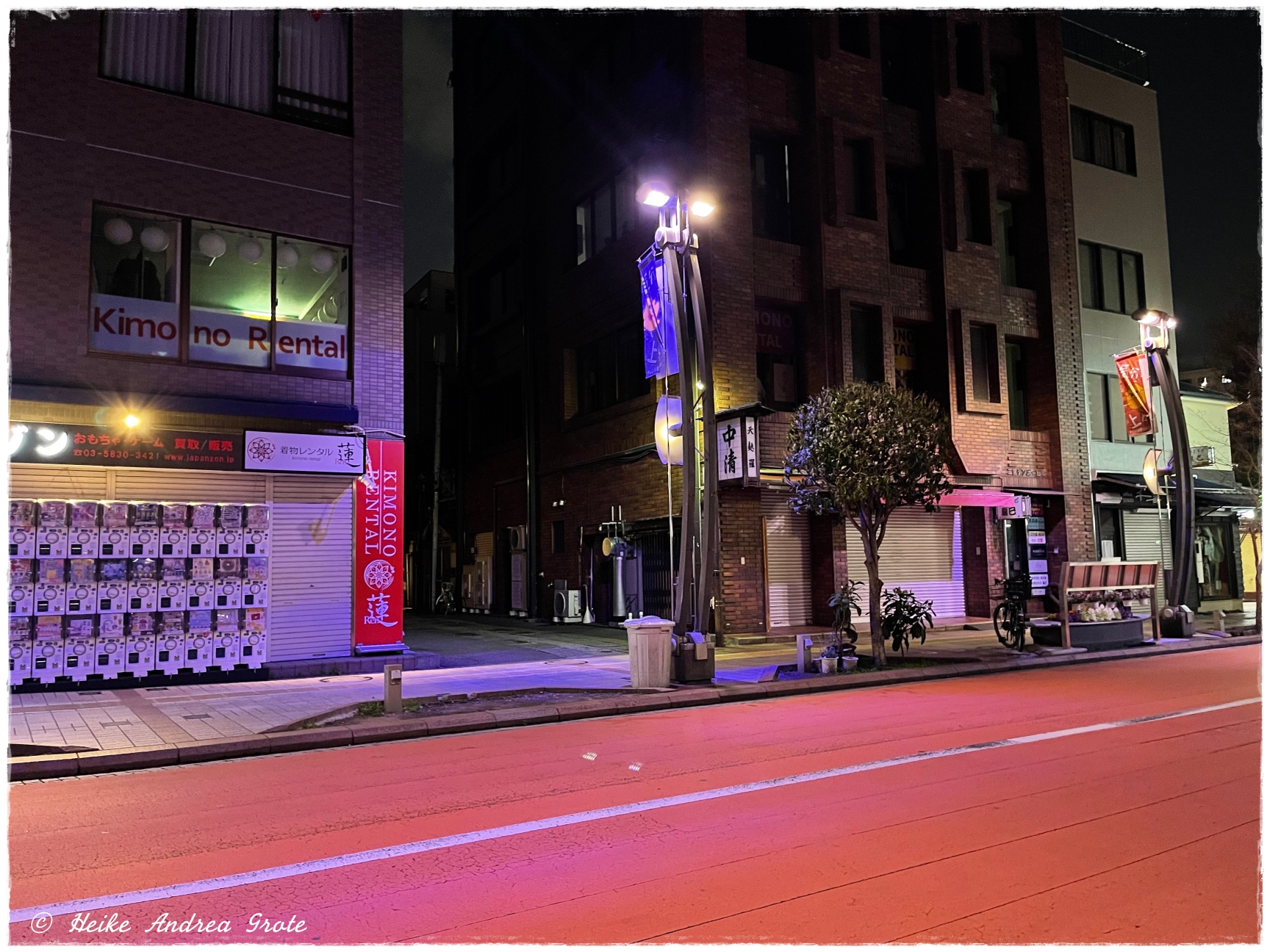
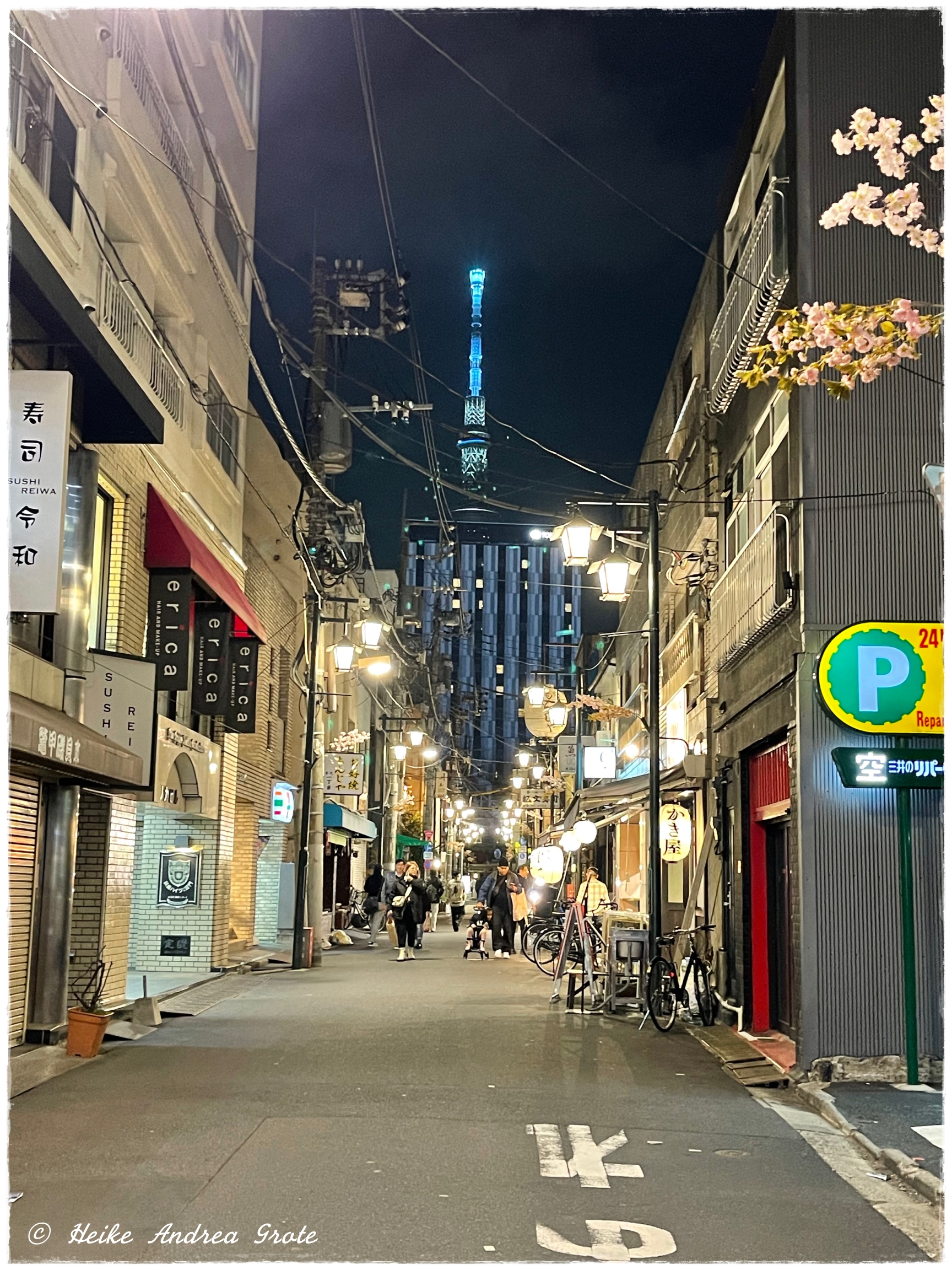
Night Walk in Asakusa, Tokyo including Sensō-ji temple
Sensō-ji is an ancient Buddhist temple. It is Tokyo's oldest-established temple, and one of its most significant.
It is dedicated to Kannon, the bodhisattva of compassion.
Structures in the temple complex include the main hall, a five-story pagoda and large gates.
It is the most widely visited religious site in the world with over 30 million visitors annually.
After sunset, the pagoda, Kaminarimon, and Hozomon gates, are all illuminated.
The lighting is designed to highlight the vermillion color of the temple, and you can enjoy a different scenery from the daytime.
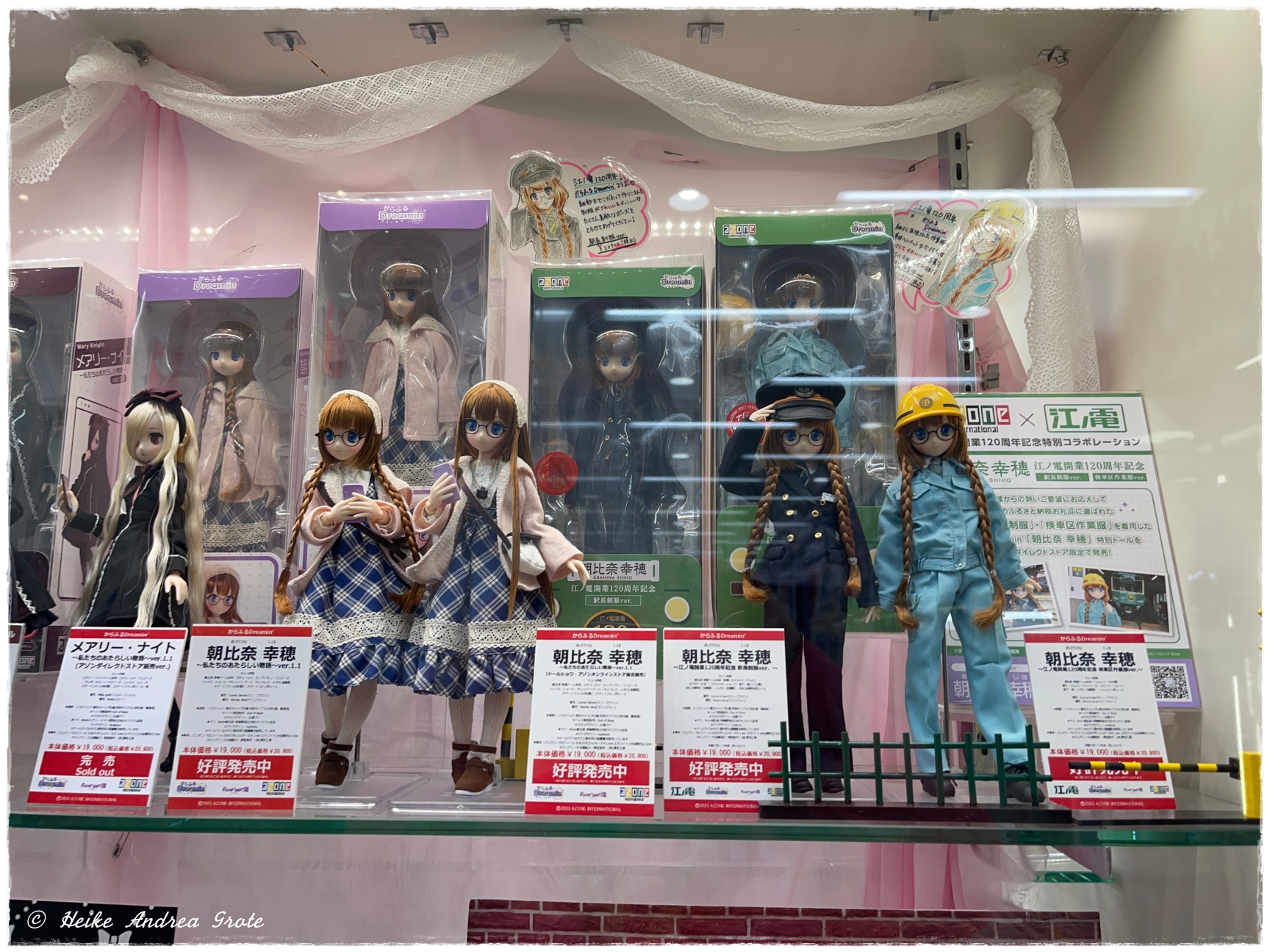
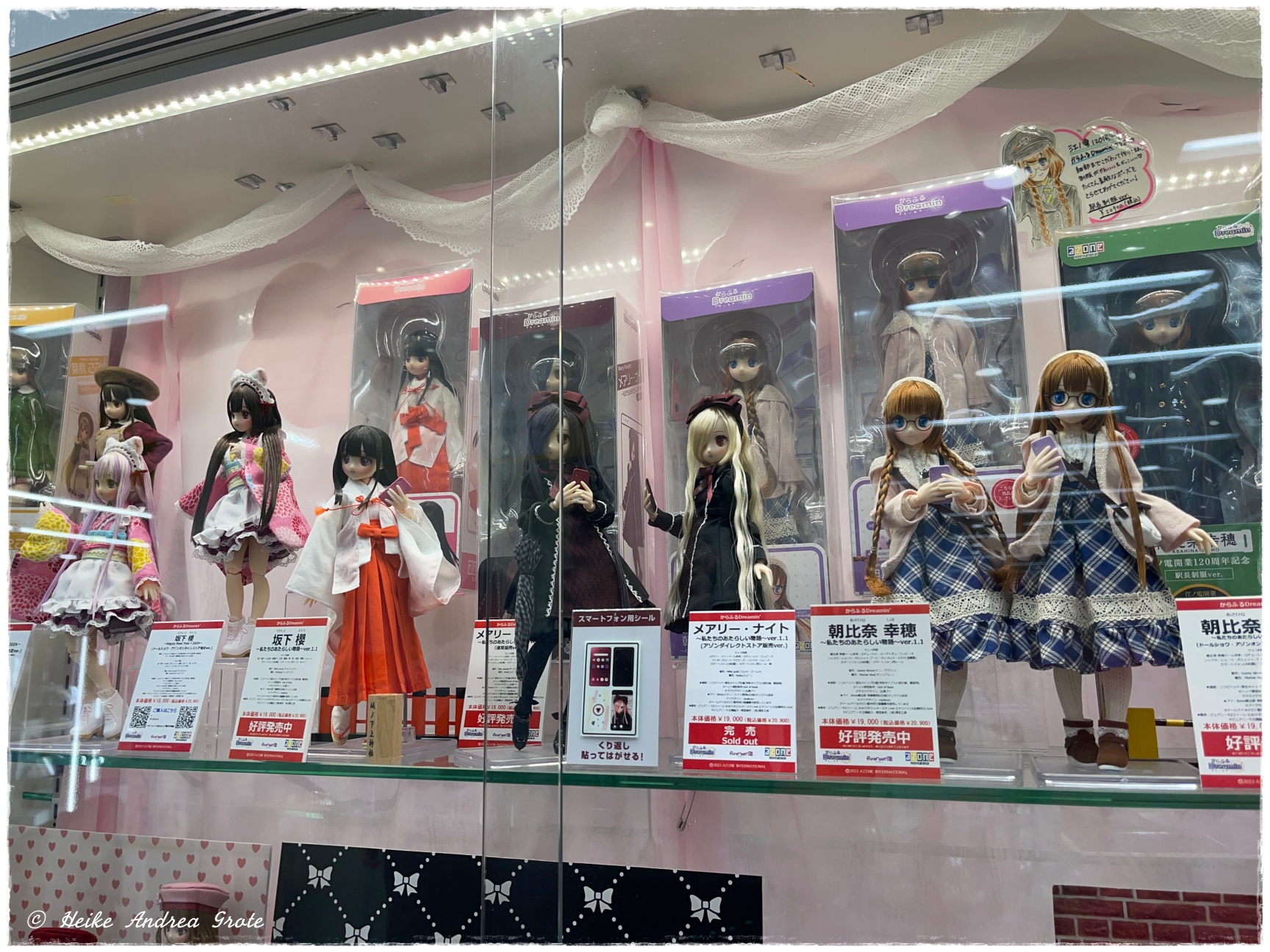
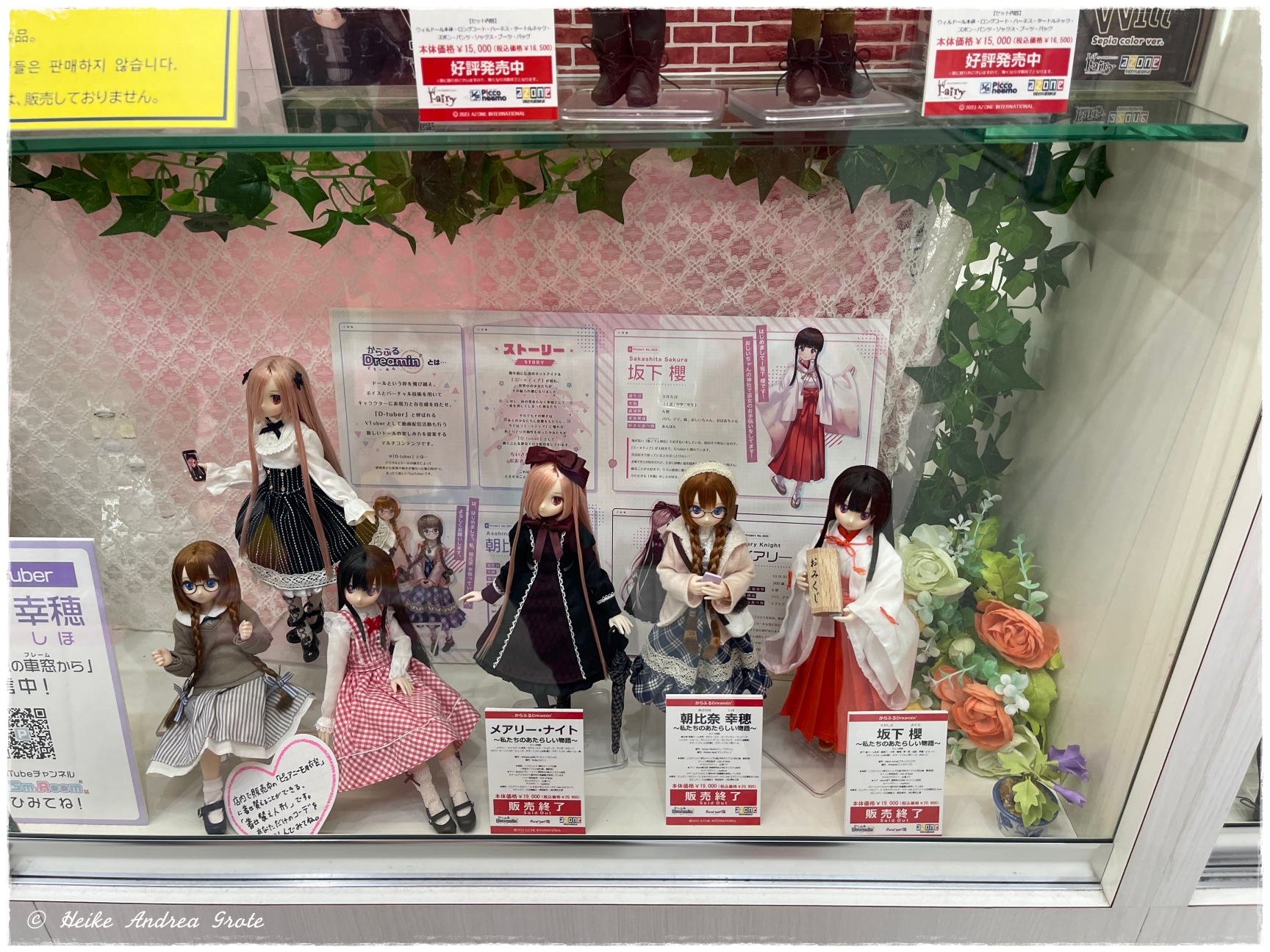
Azone Label Shop Window Shopping
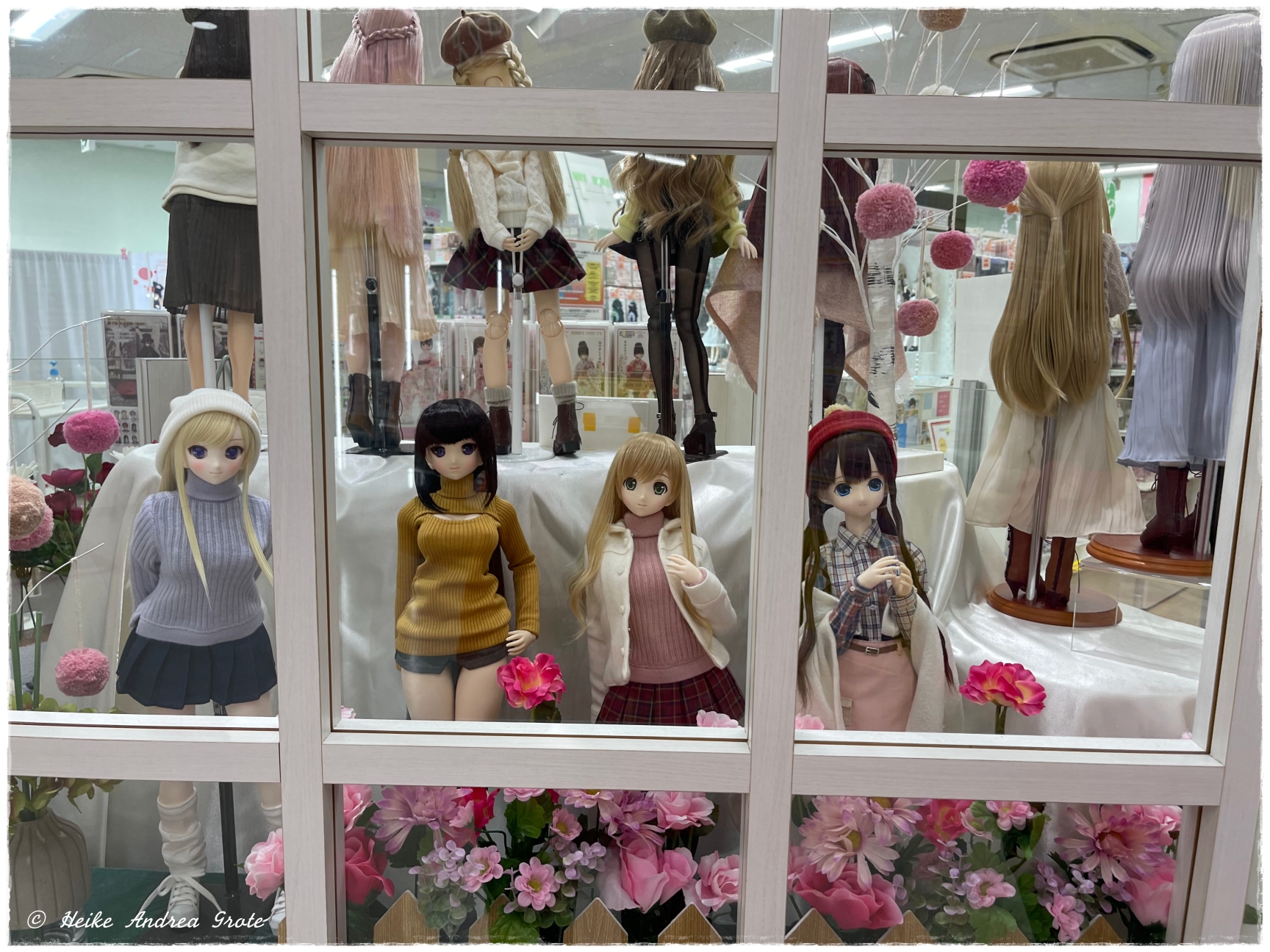
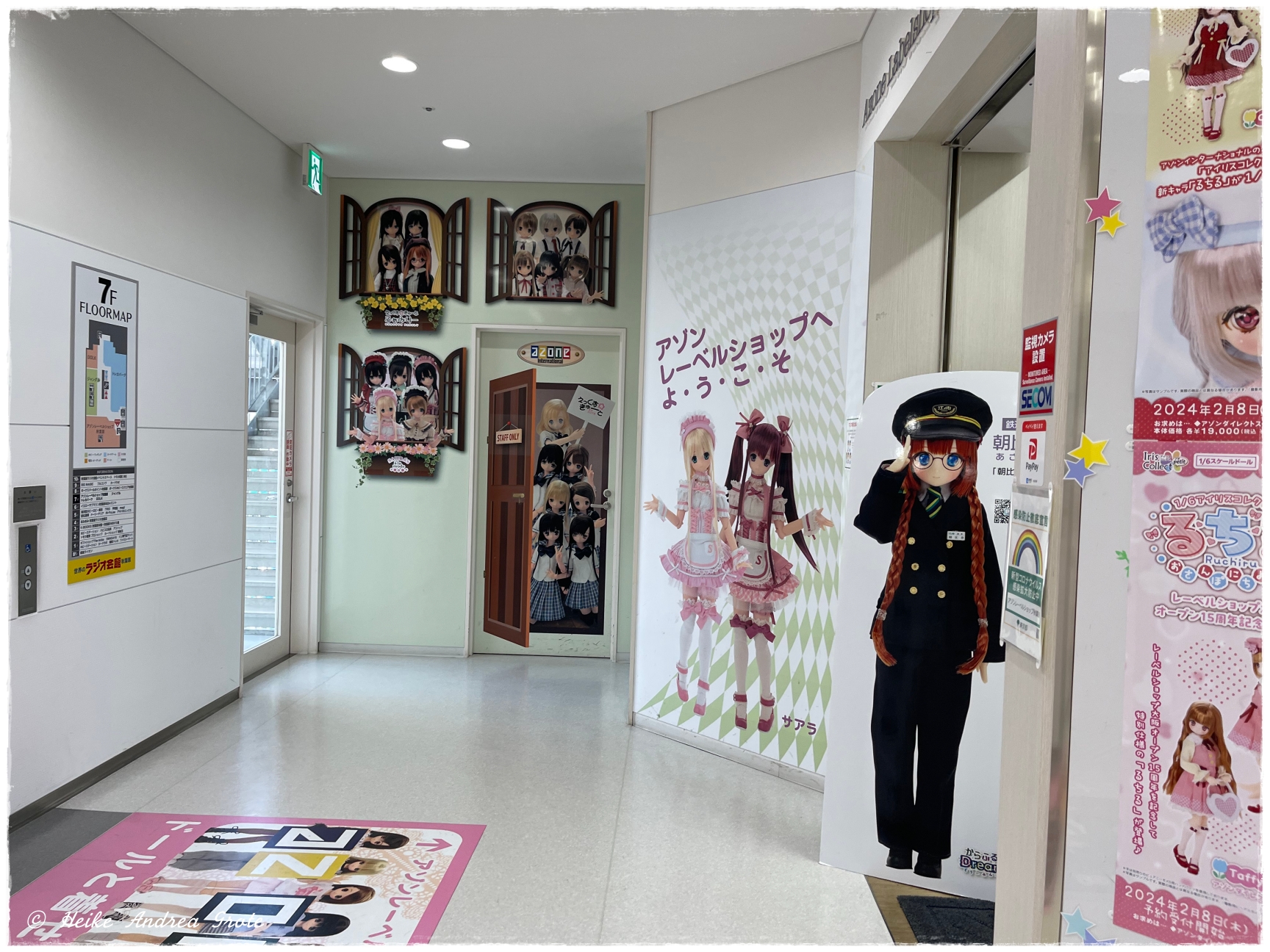
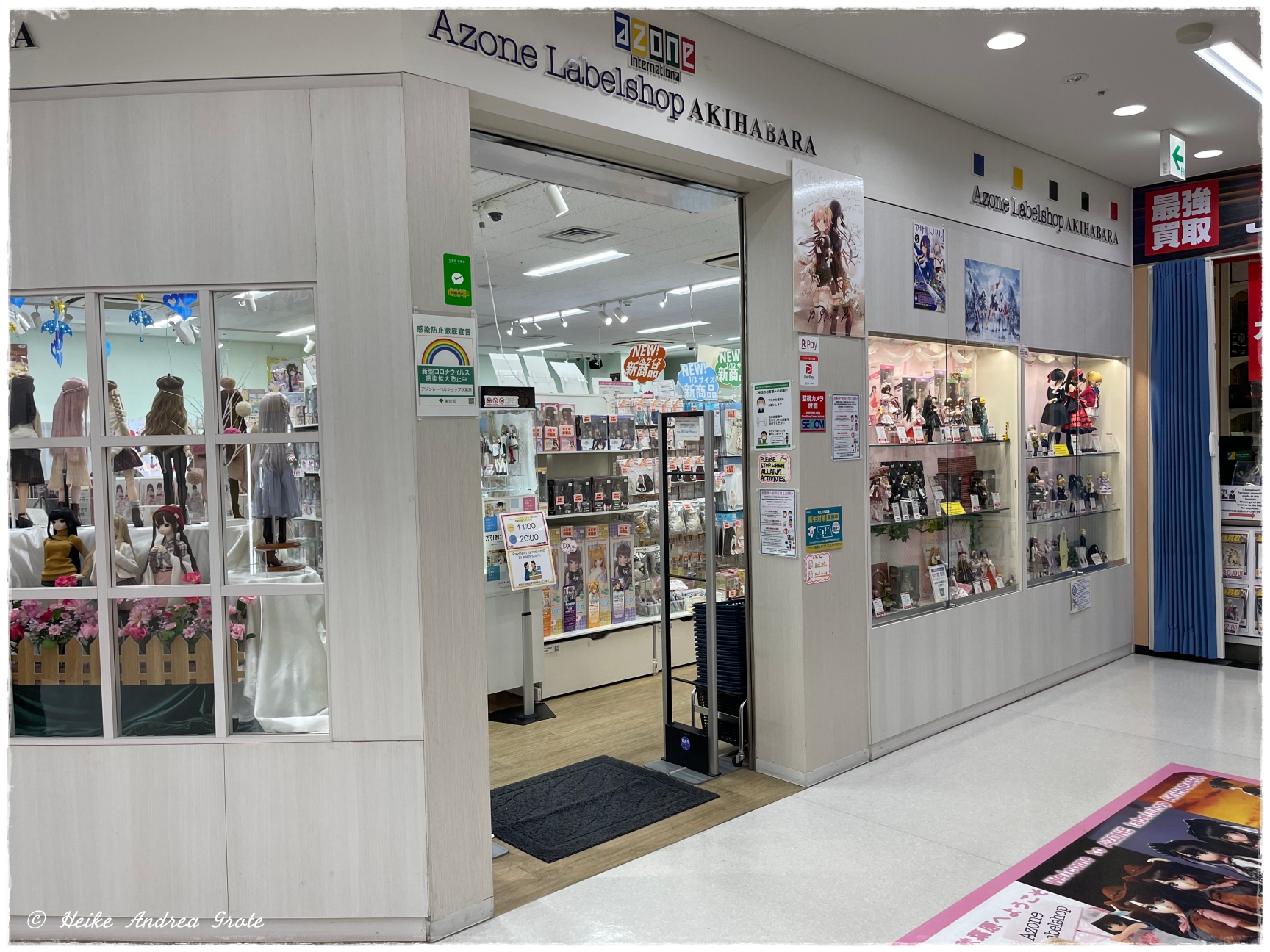
We went to the Azone Label shop at Radio Kaikan, because my Blythe dolls have Azone bodies,
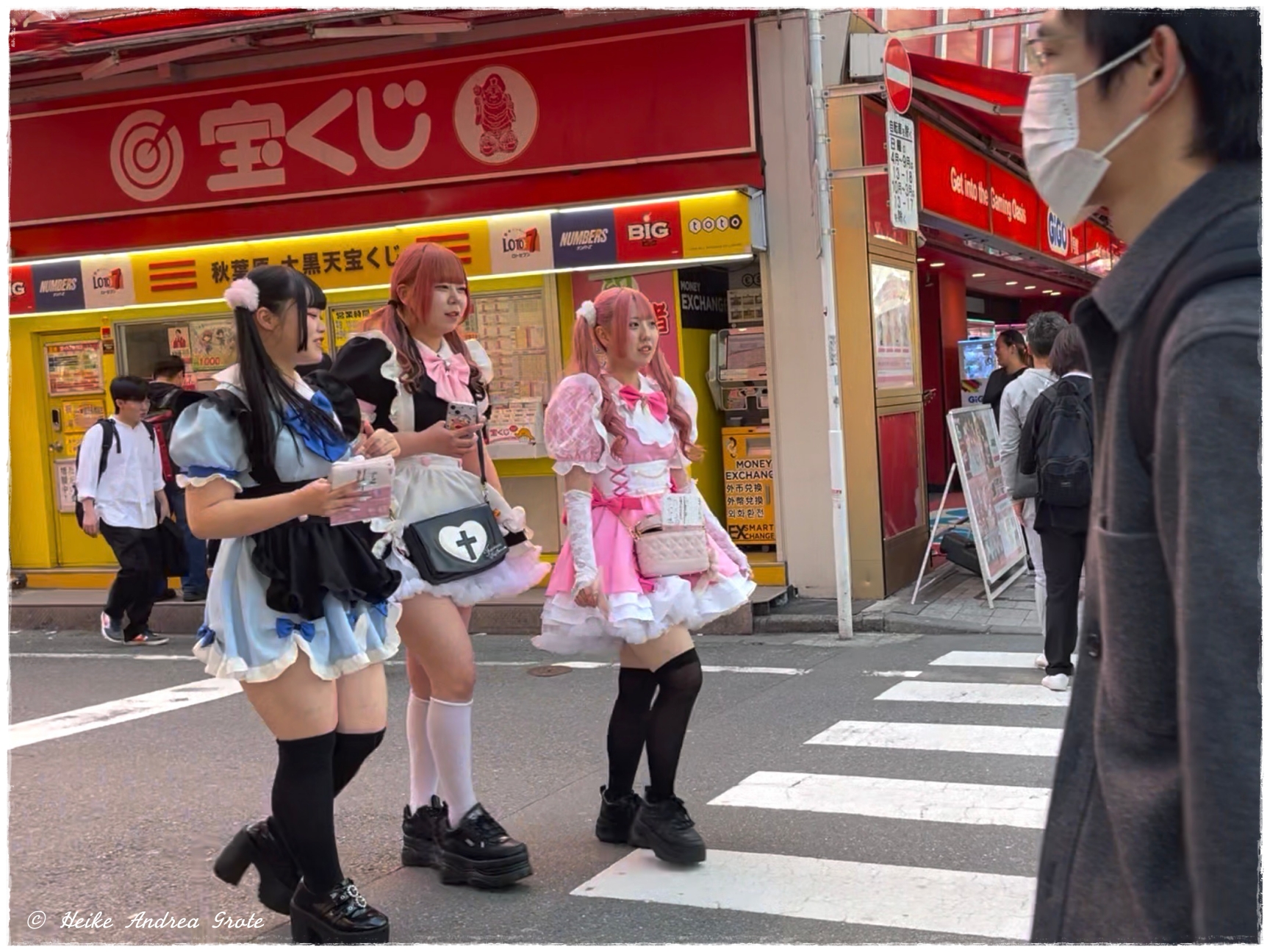
Cute cosplay dresses in Akihabara, Tokyo
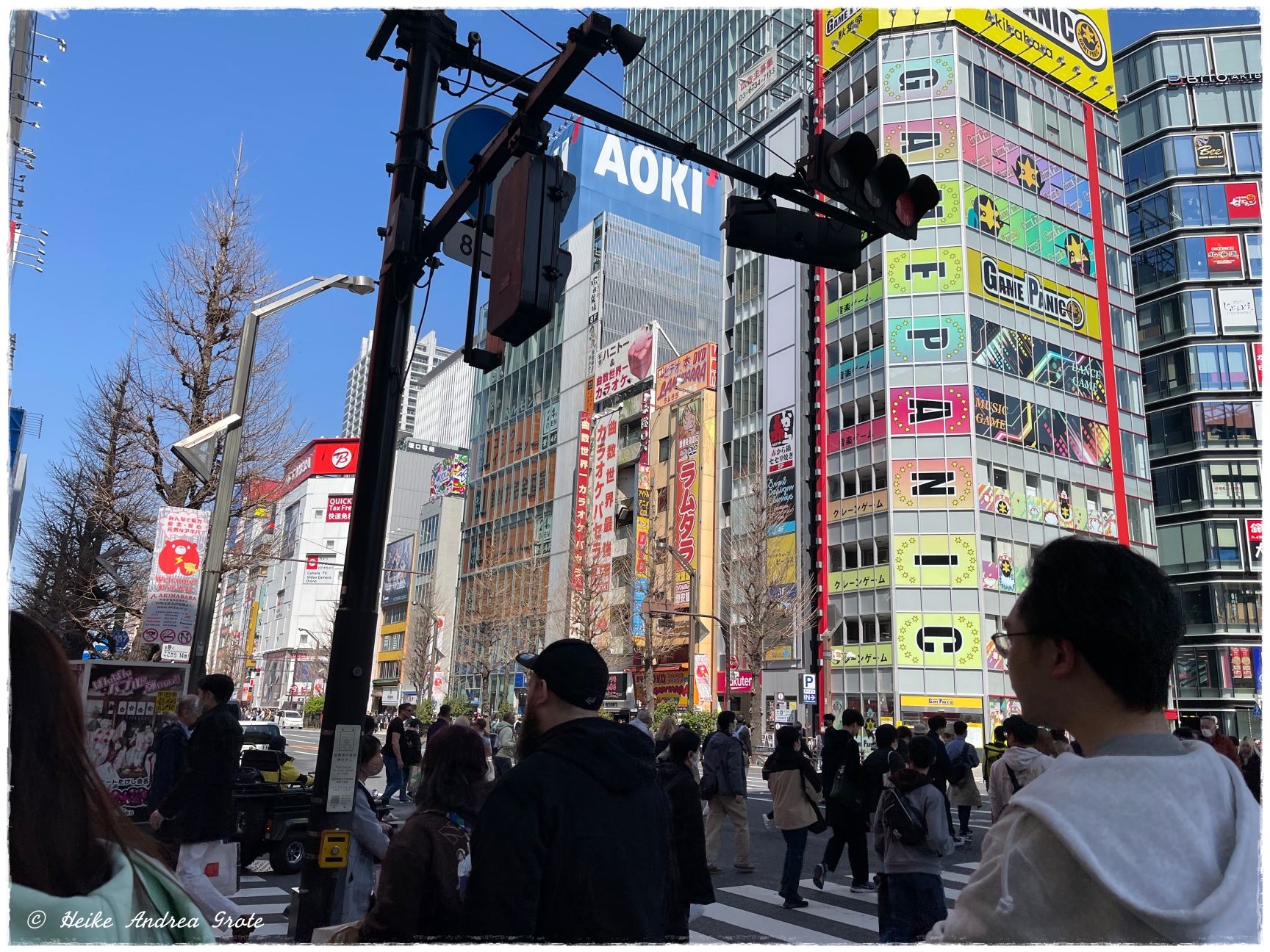

We went to the Azone Label shop at Radio Kaikan, because my Blythe dolls have Azone bodies,
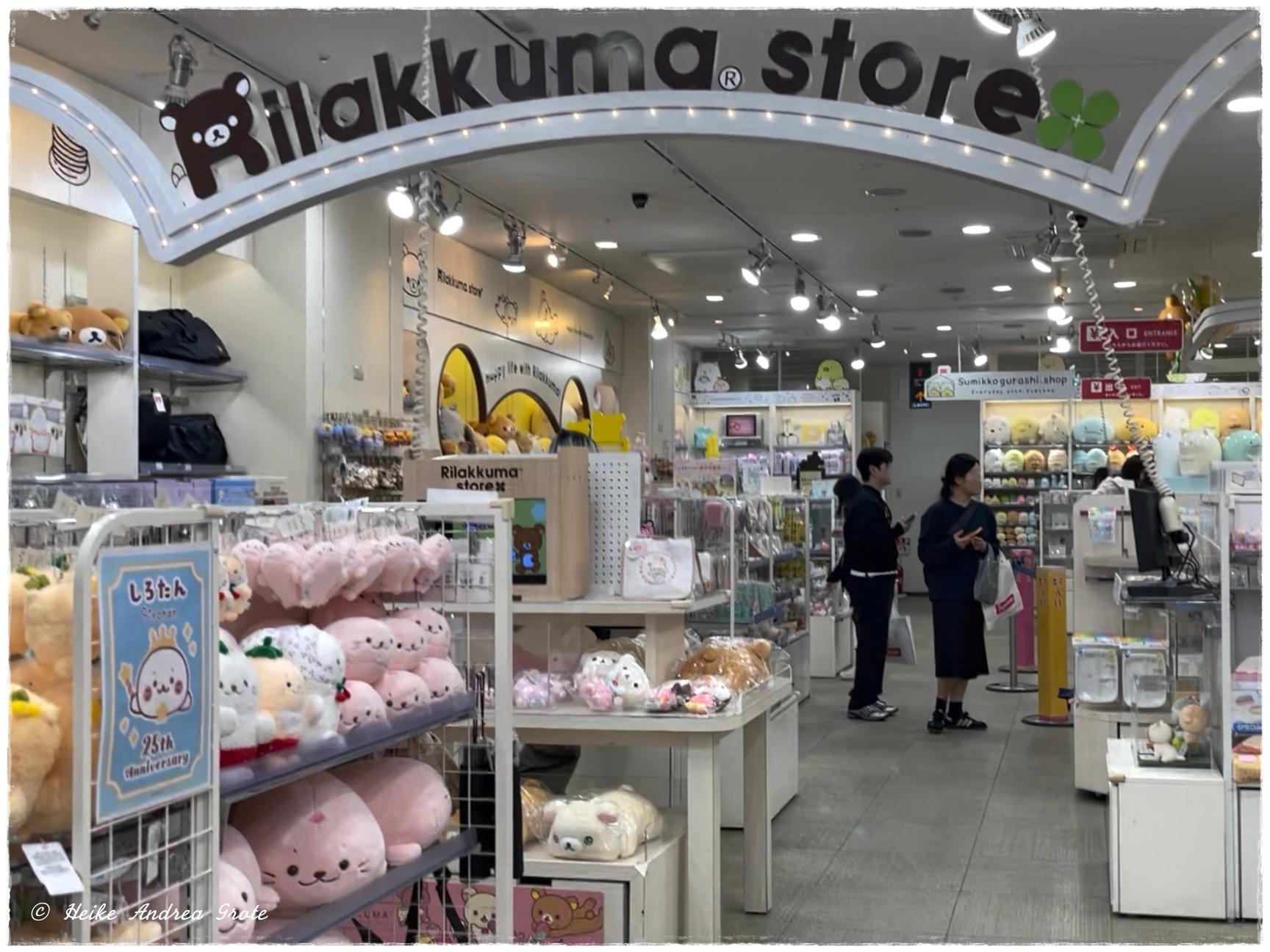
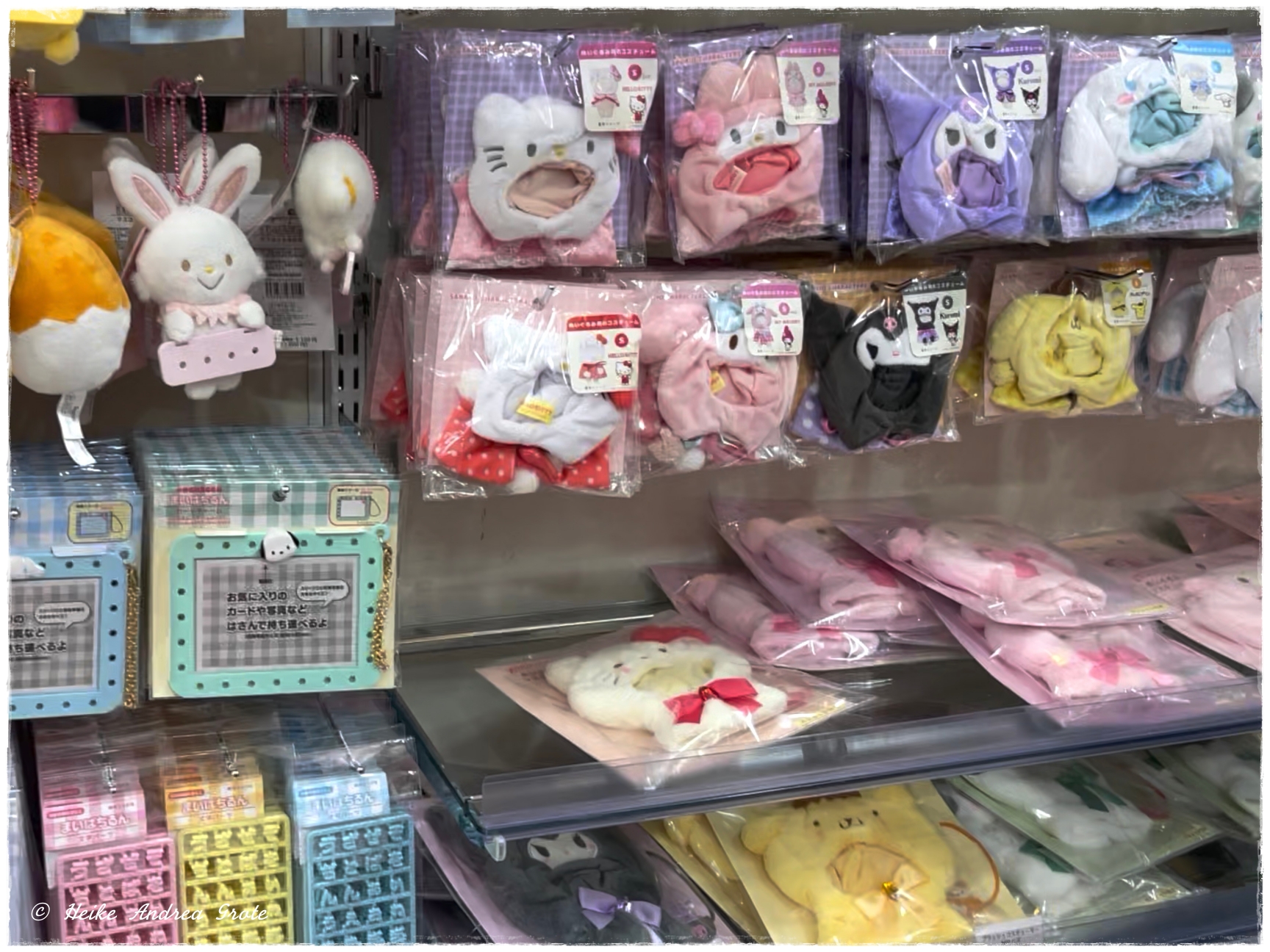
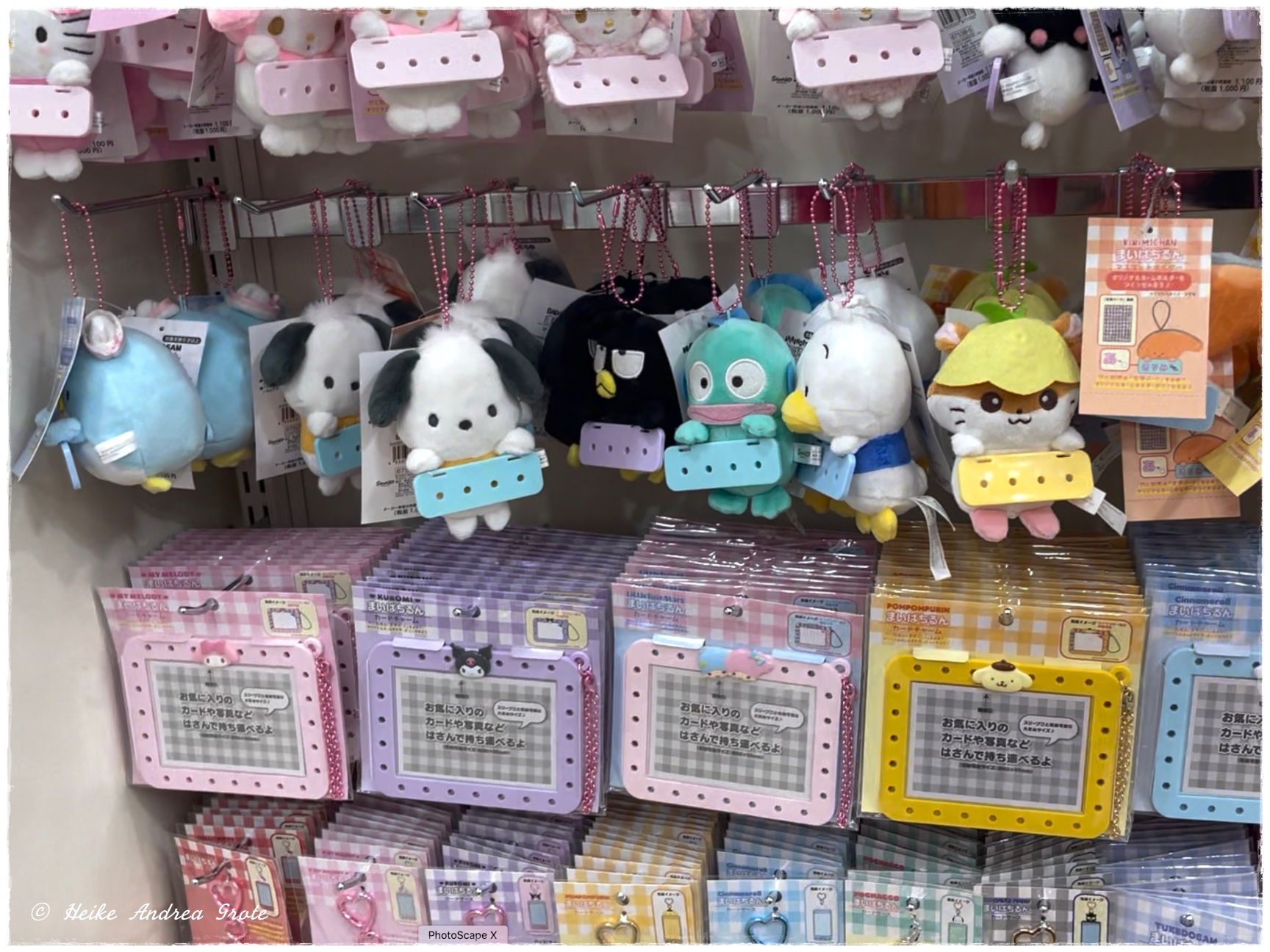
Toys at Kiddyland in Harajuku, Tokyo.
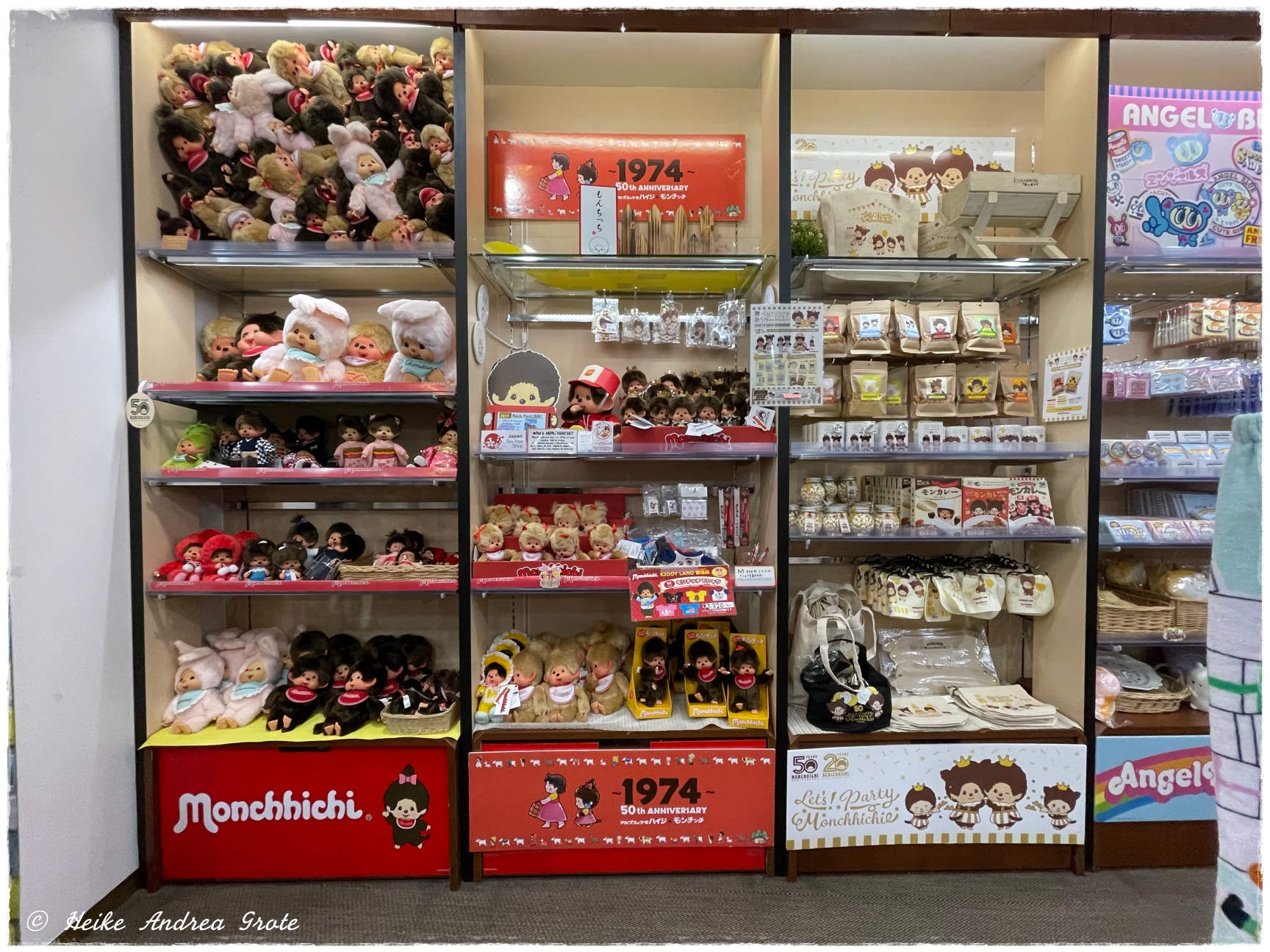
Monchhichi department at Kiddyland in Harajuku, Tokyo.
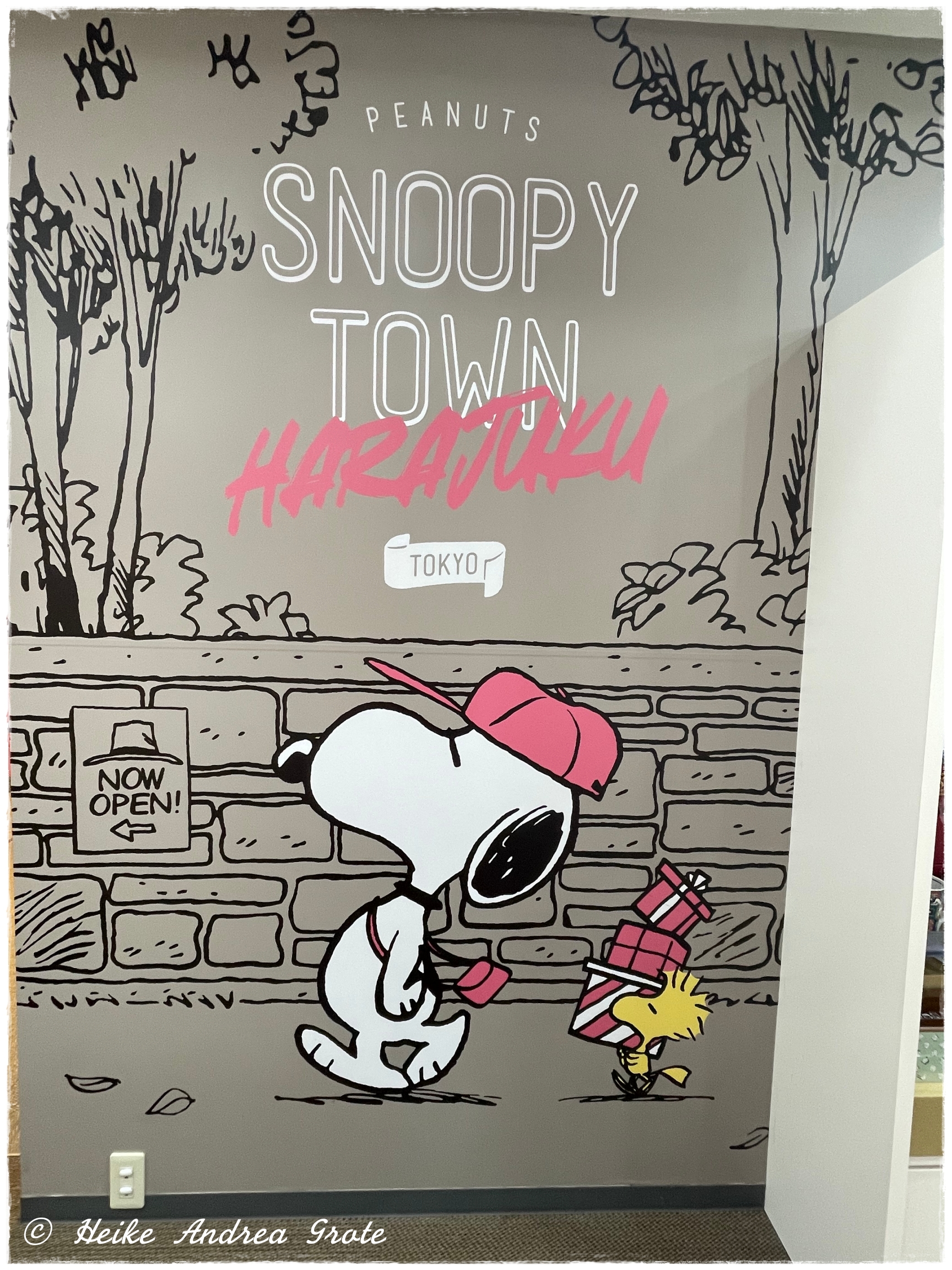
Entrance to the Peanuts floor at Kiddyland in Harajuku, Tokyo.
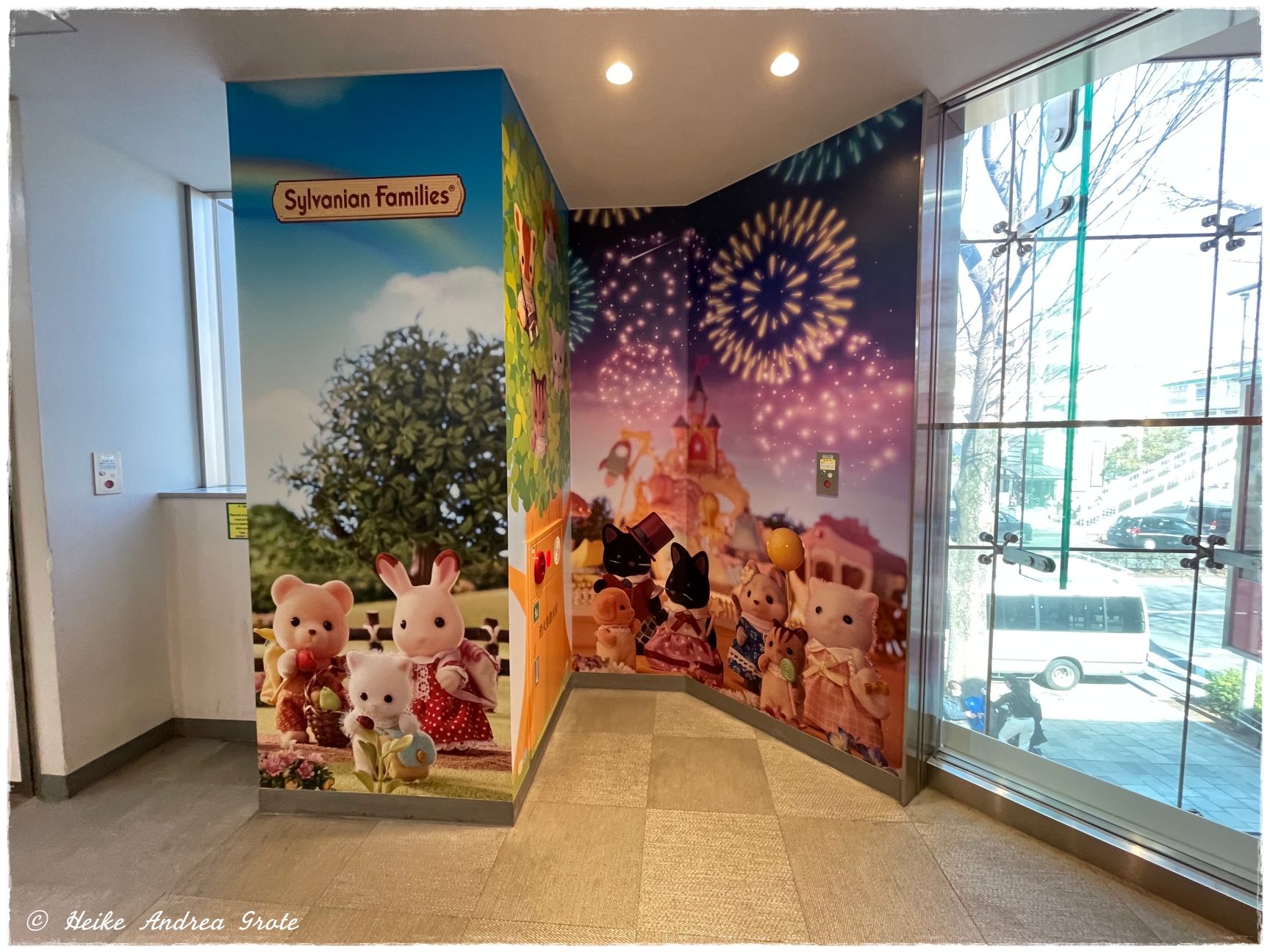
Sylvanian family wall at Kiddyland in Harajuku, Tokyo.
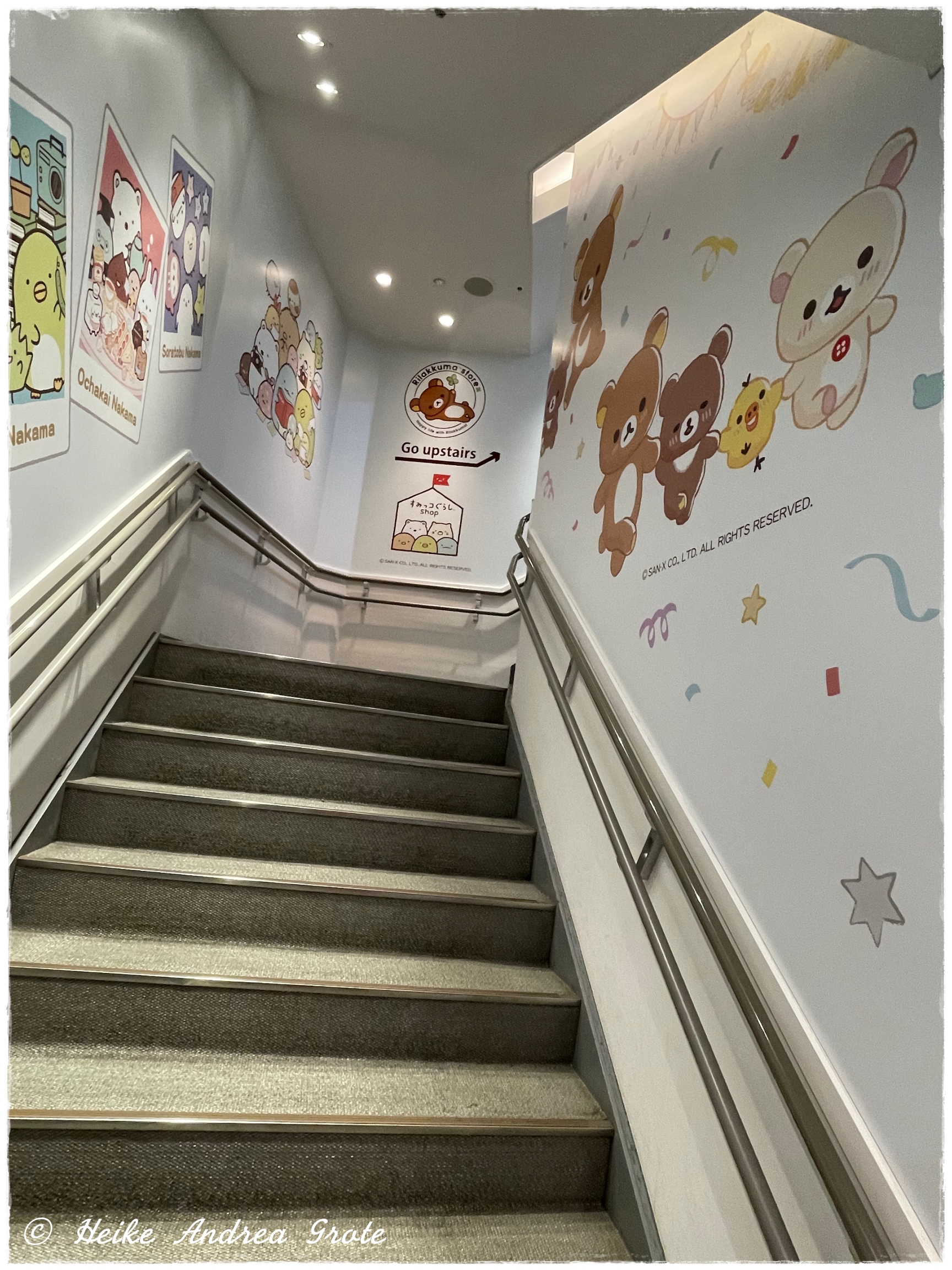
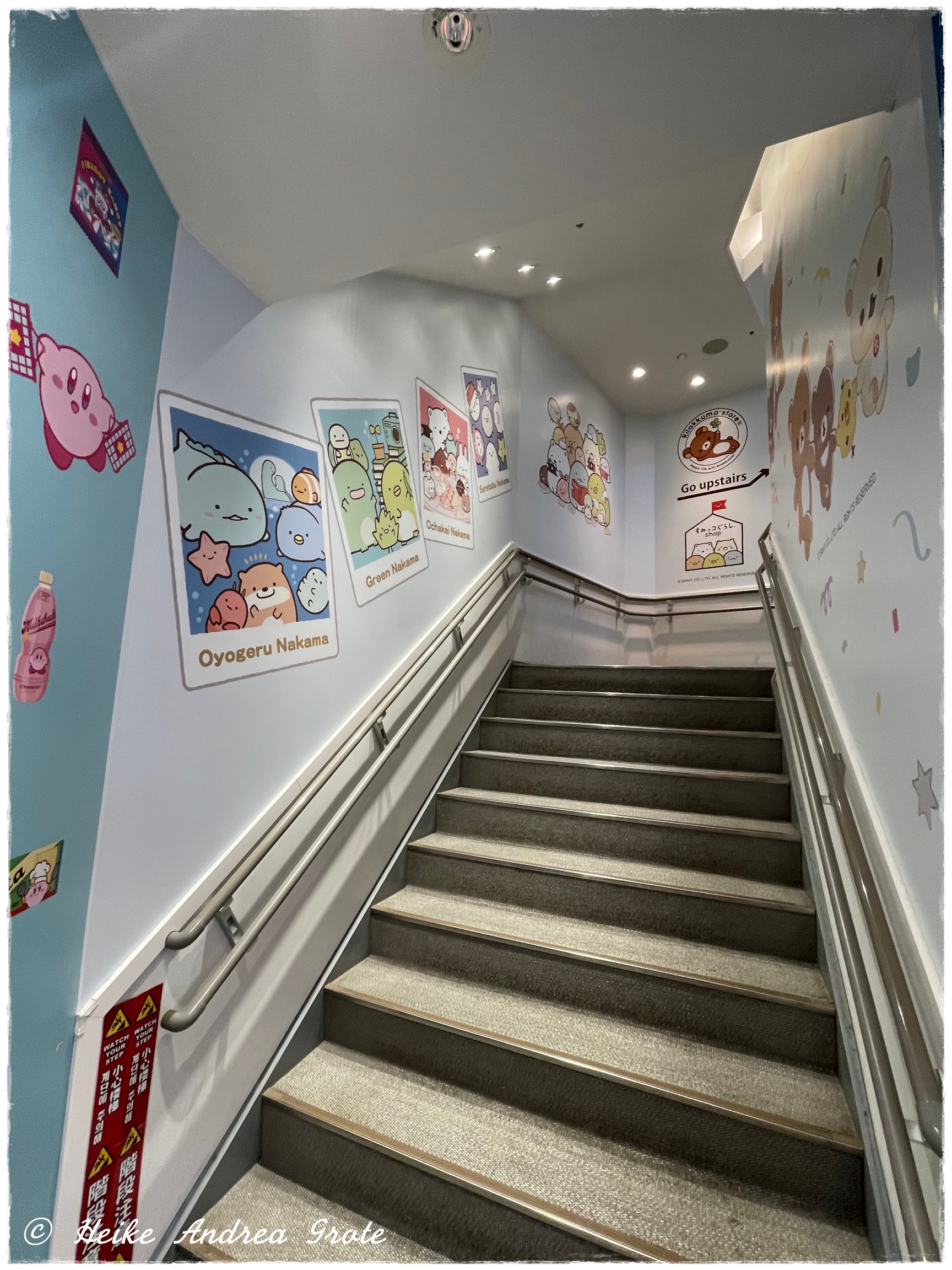
Character staircase at Kiddyland in Harajuku, Tokyo.
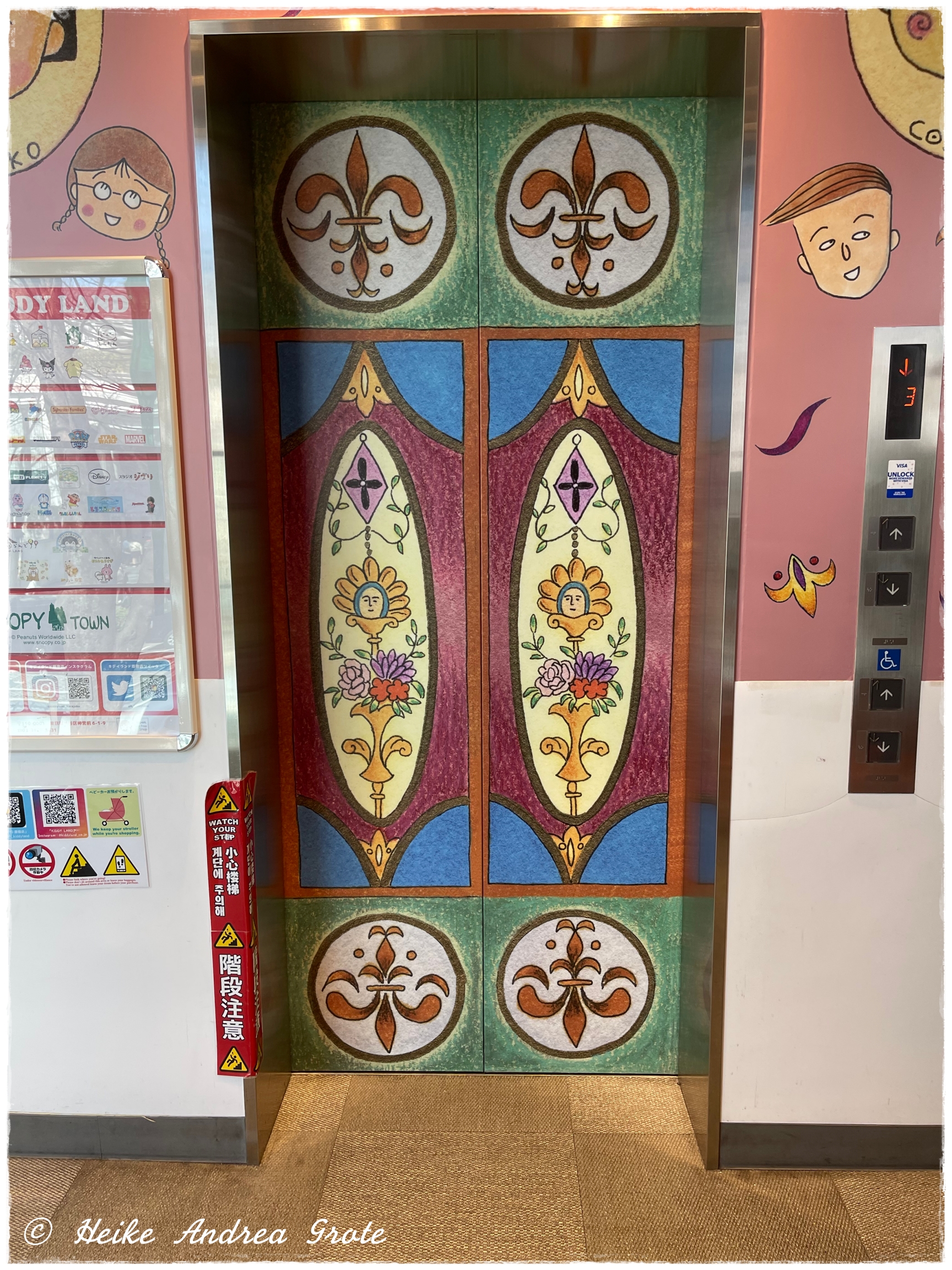
Colourfull elevator doors at Kiddyland in Harajuku, Tokyo.
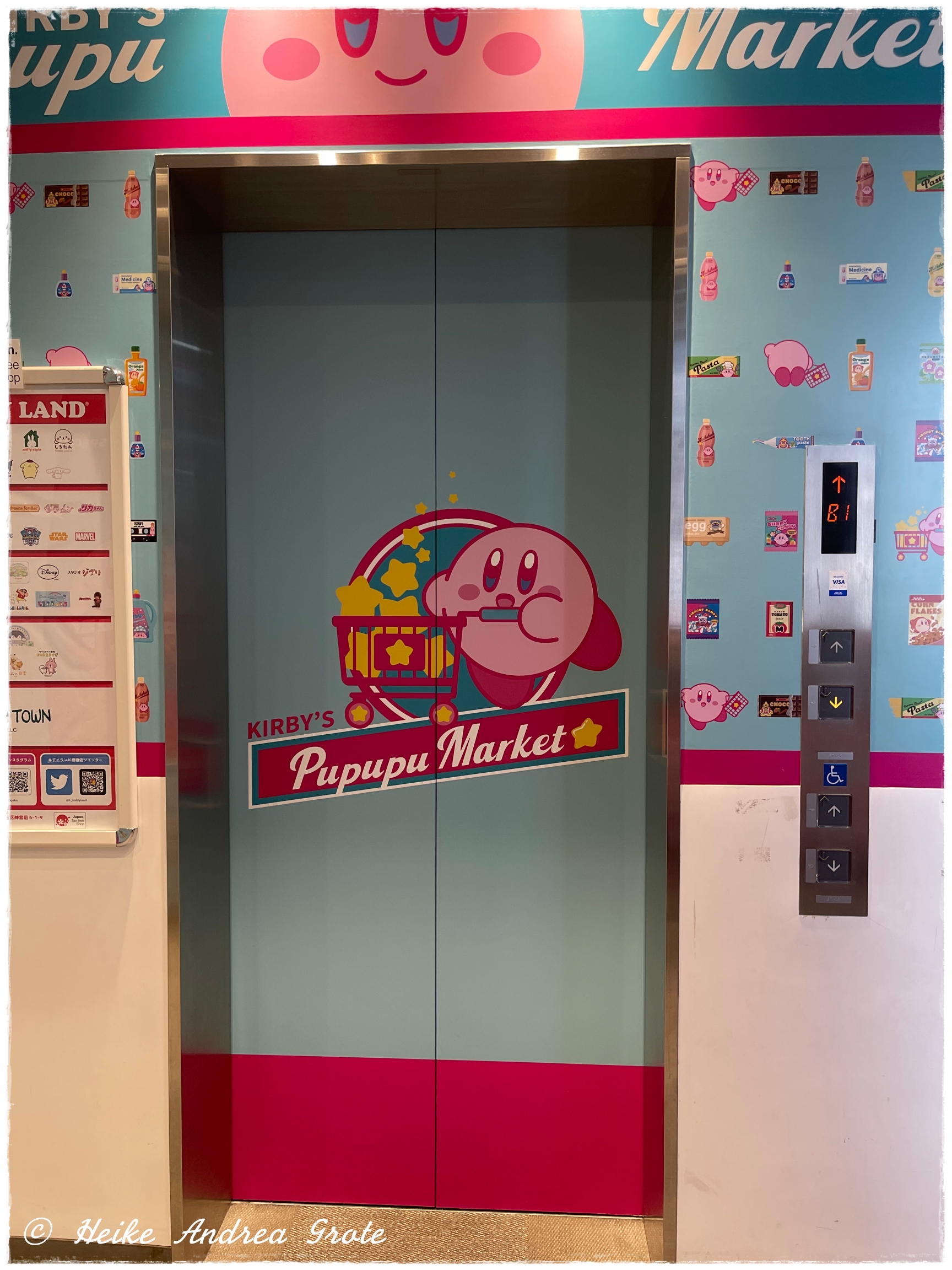
Pupupu elevator doors at Kiddyland in Harajuku, Tokyo.
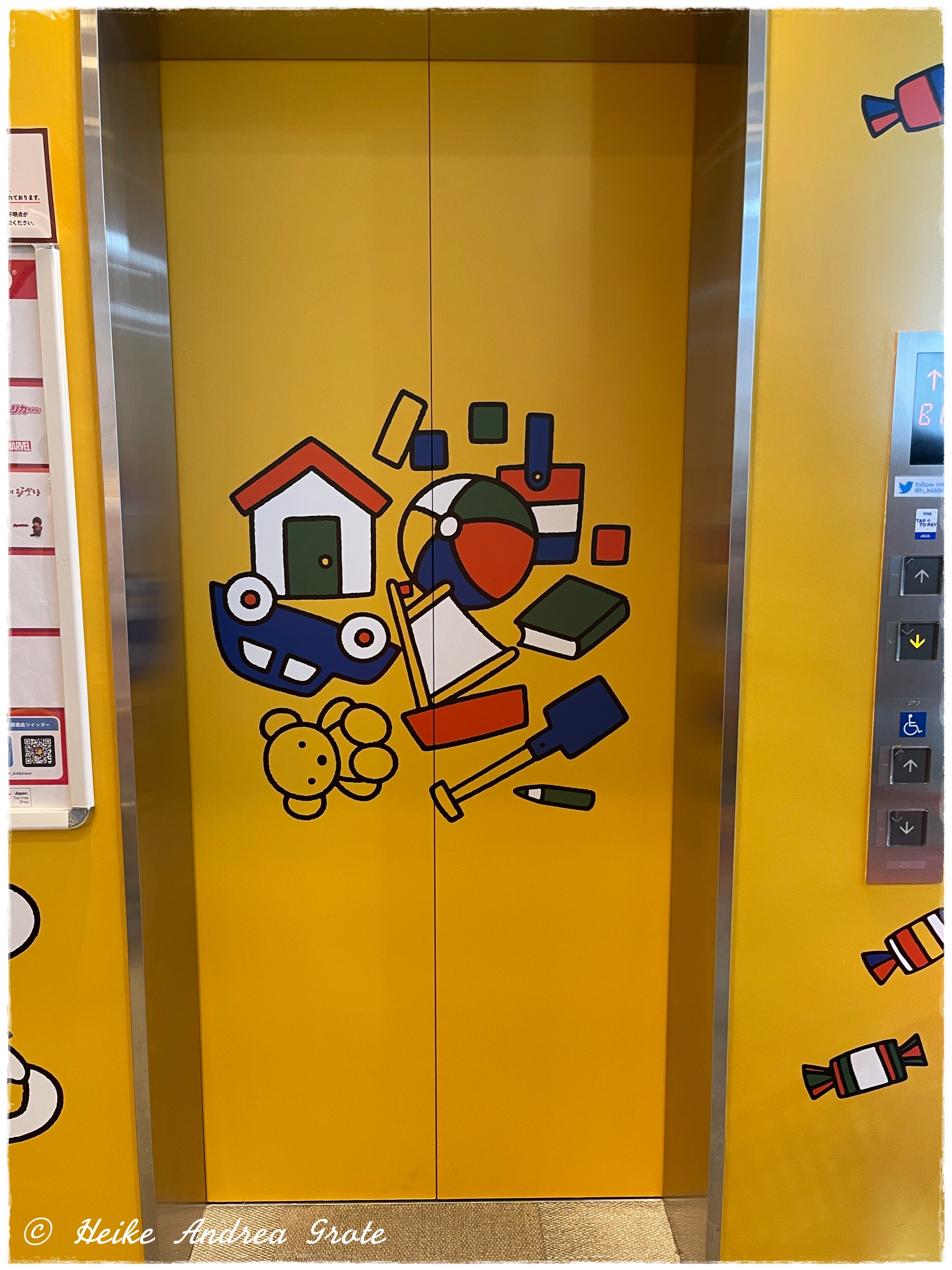
Miffy elevator doors at Kiddyland in Harajuku, Tokyo.
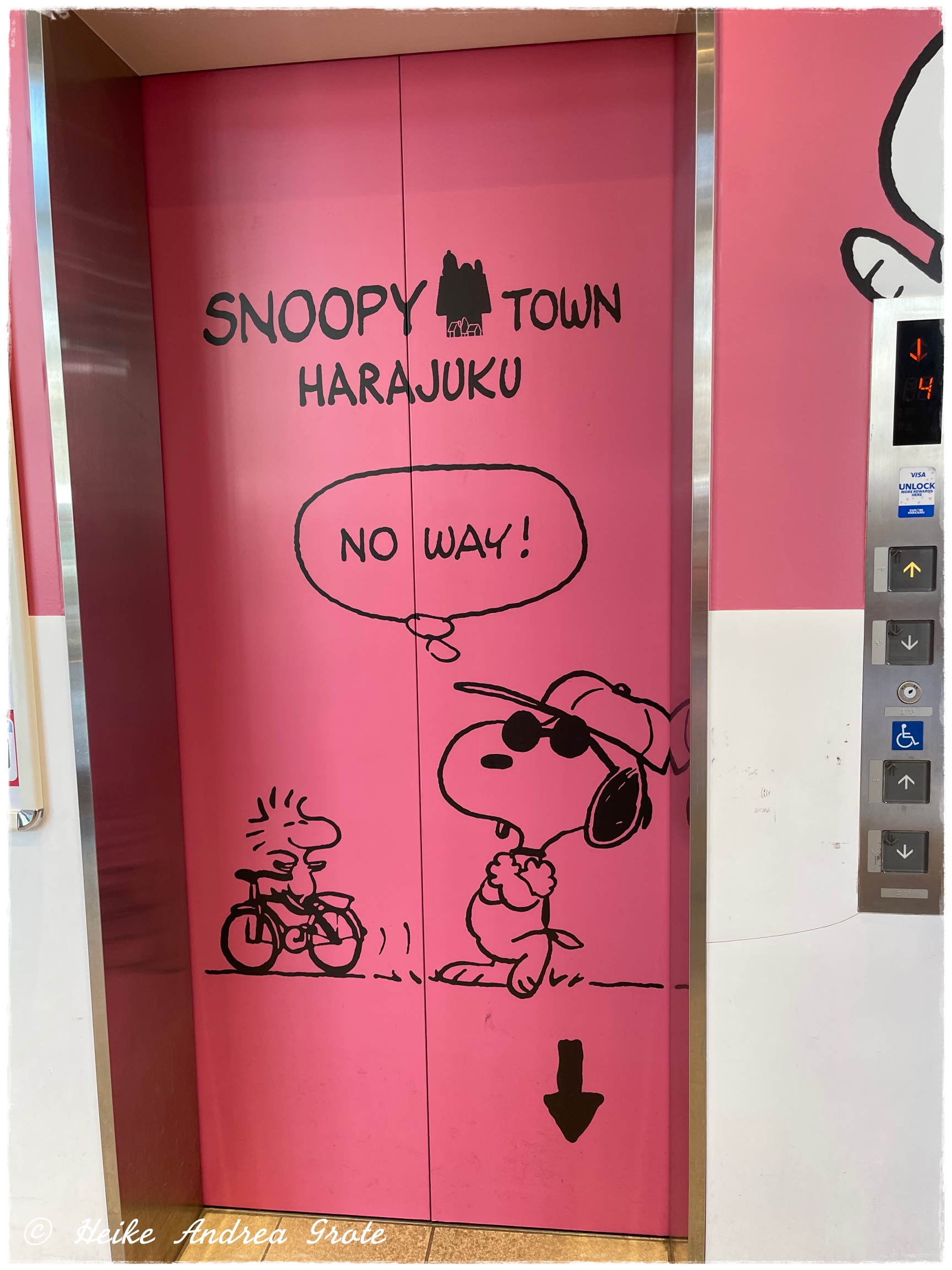
Snoopy elevator doors at Kiddyland in Harajuku, Tokyo.
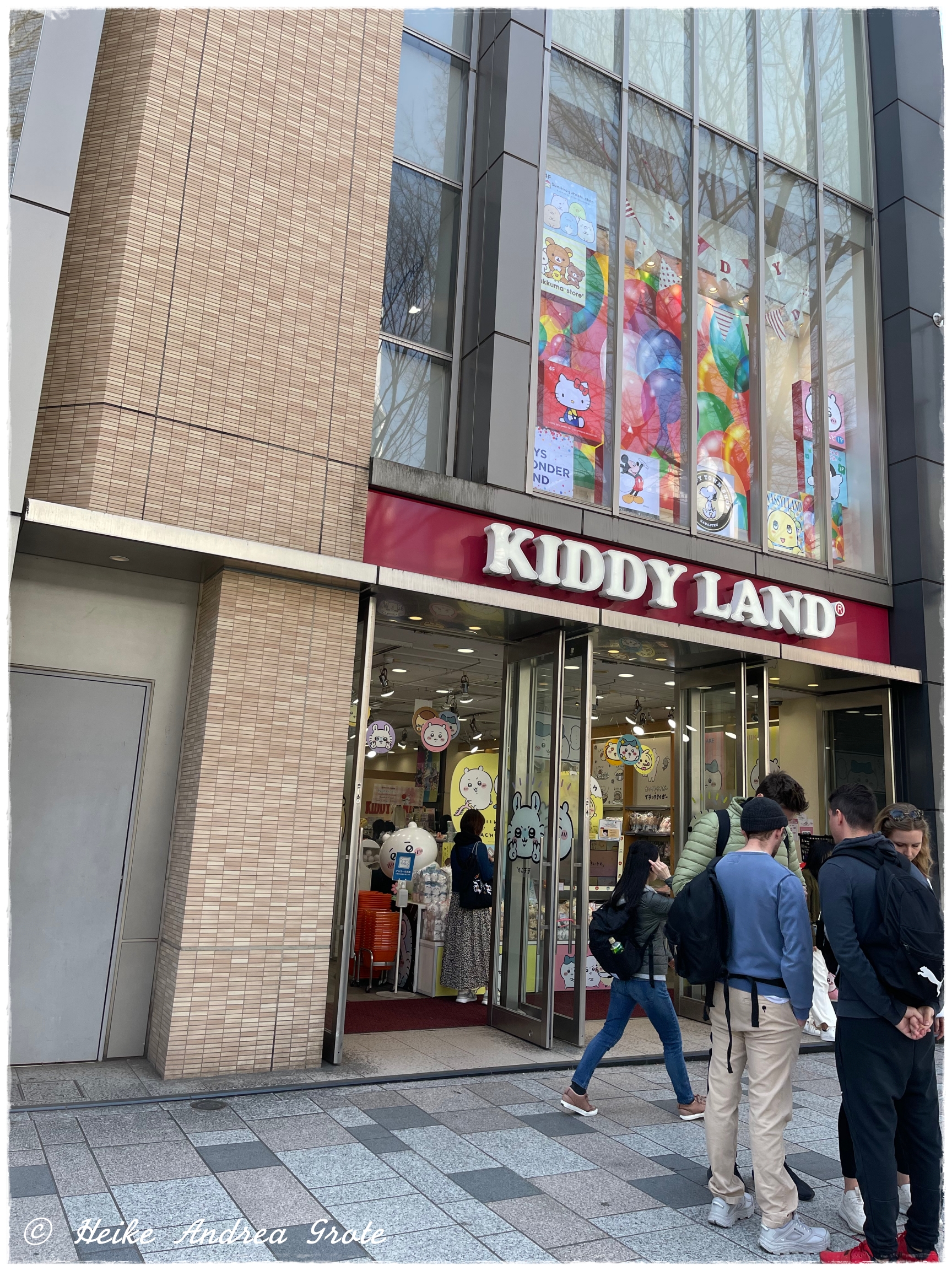
Kiddyland is one of the biggest toy stores in Tokyo. You can find nearly everything of every theme or character here.
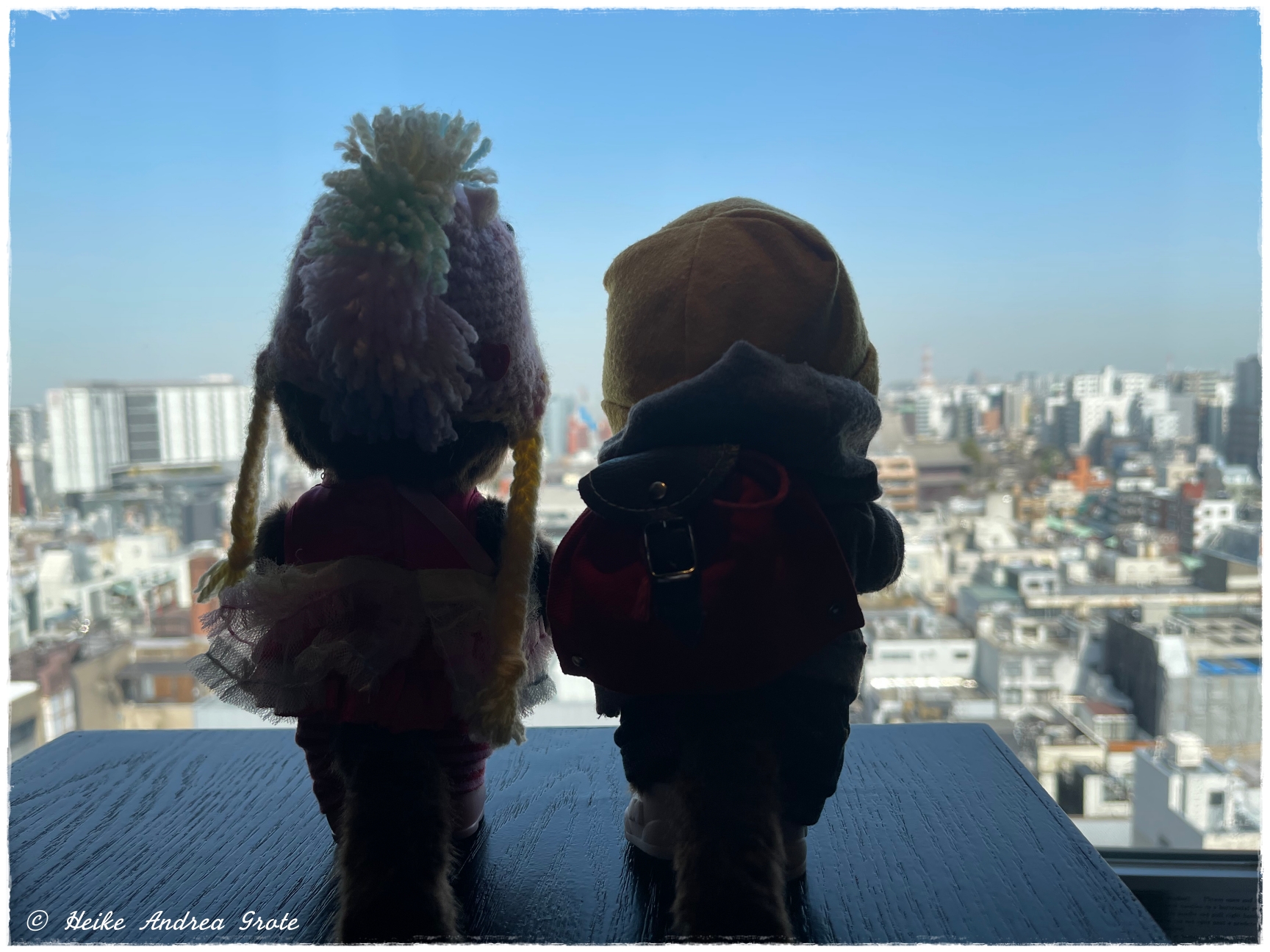
Good Morning Tokyo!
A new day and a new adventure at Kiddyland in Harajuka, Tokyo.
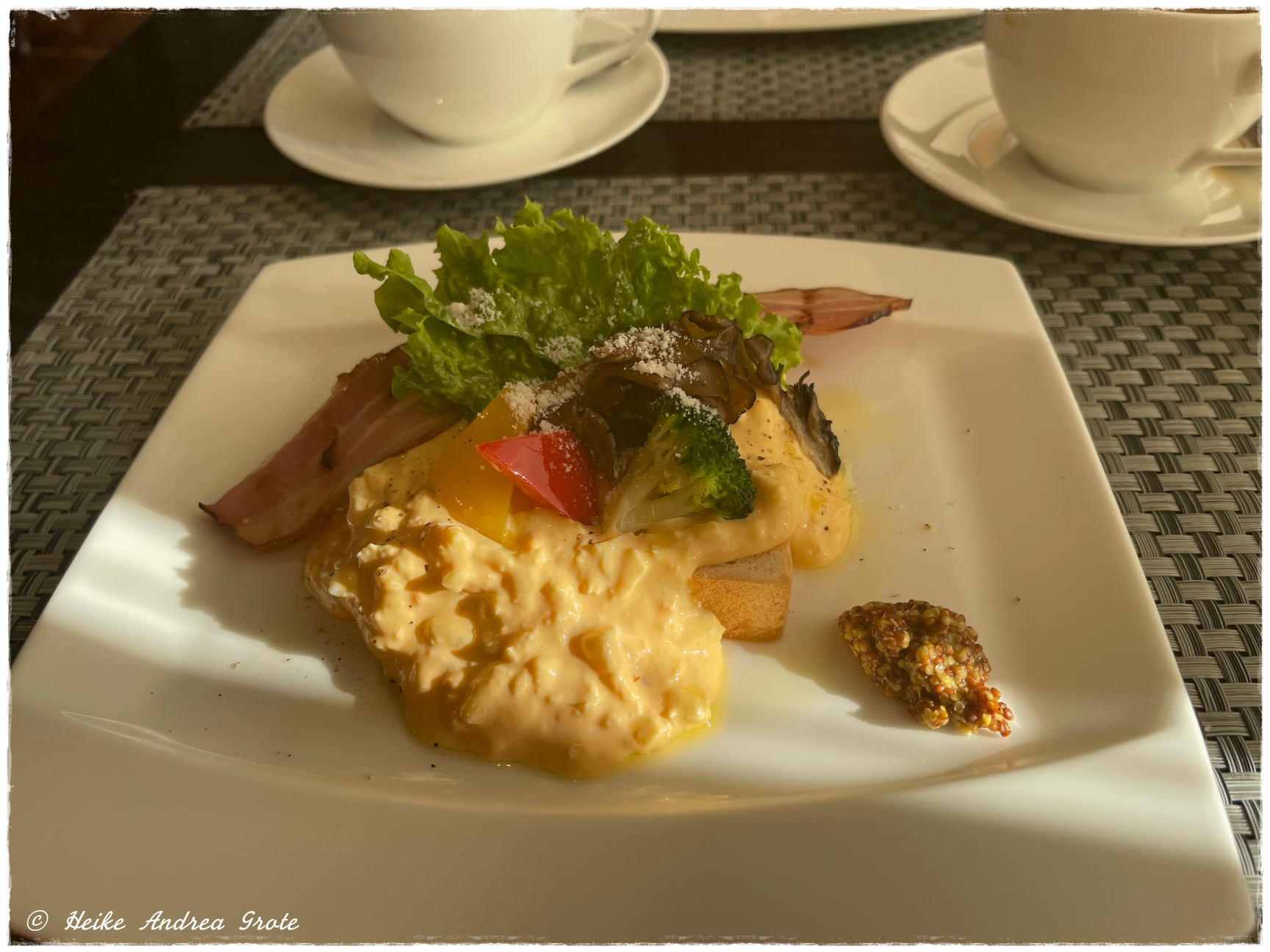
And this time Asakusa Tartine freshly made for me at the Hotel Breakfast.
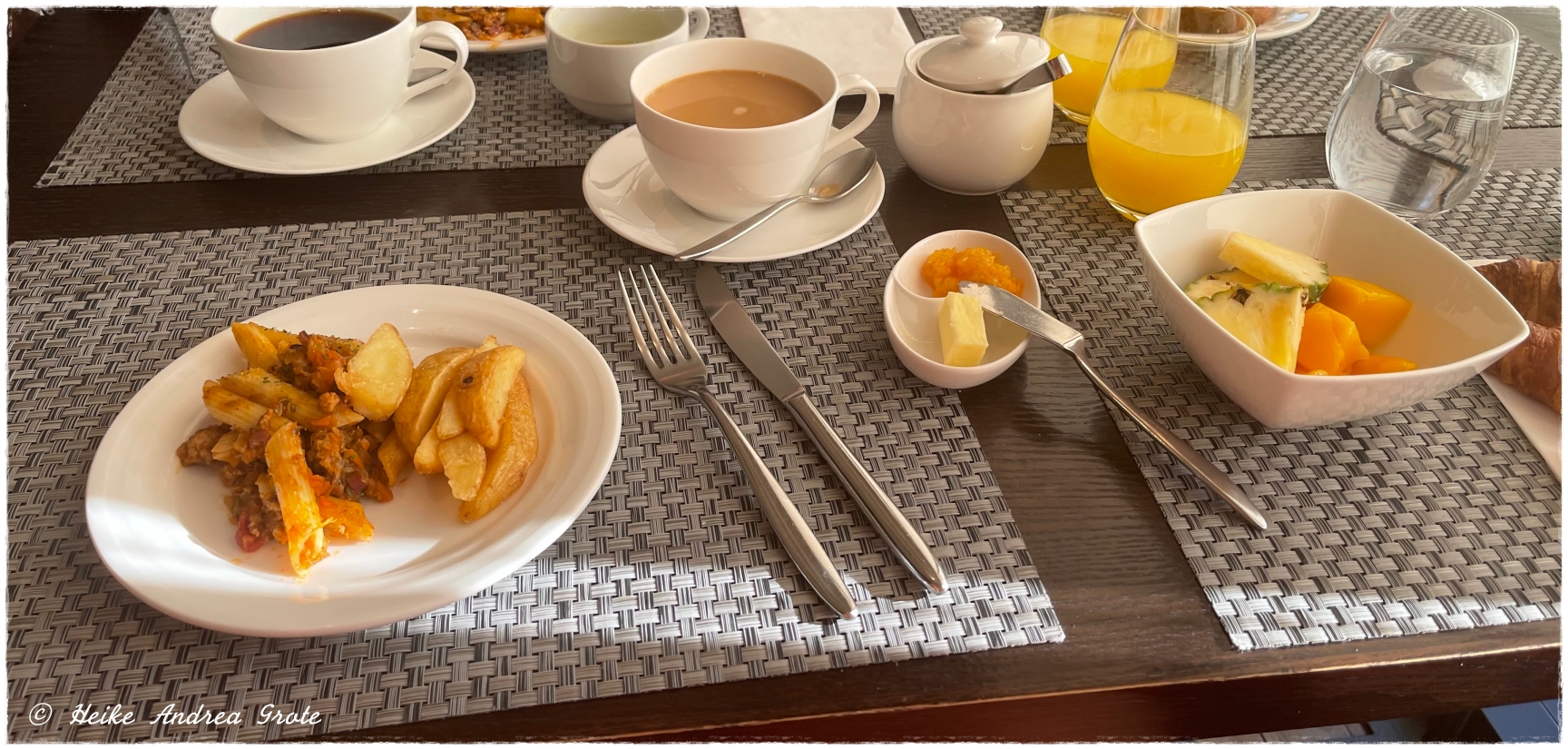
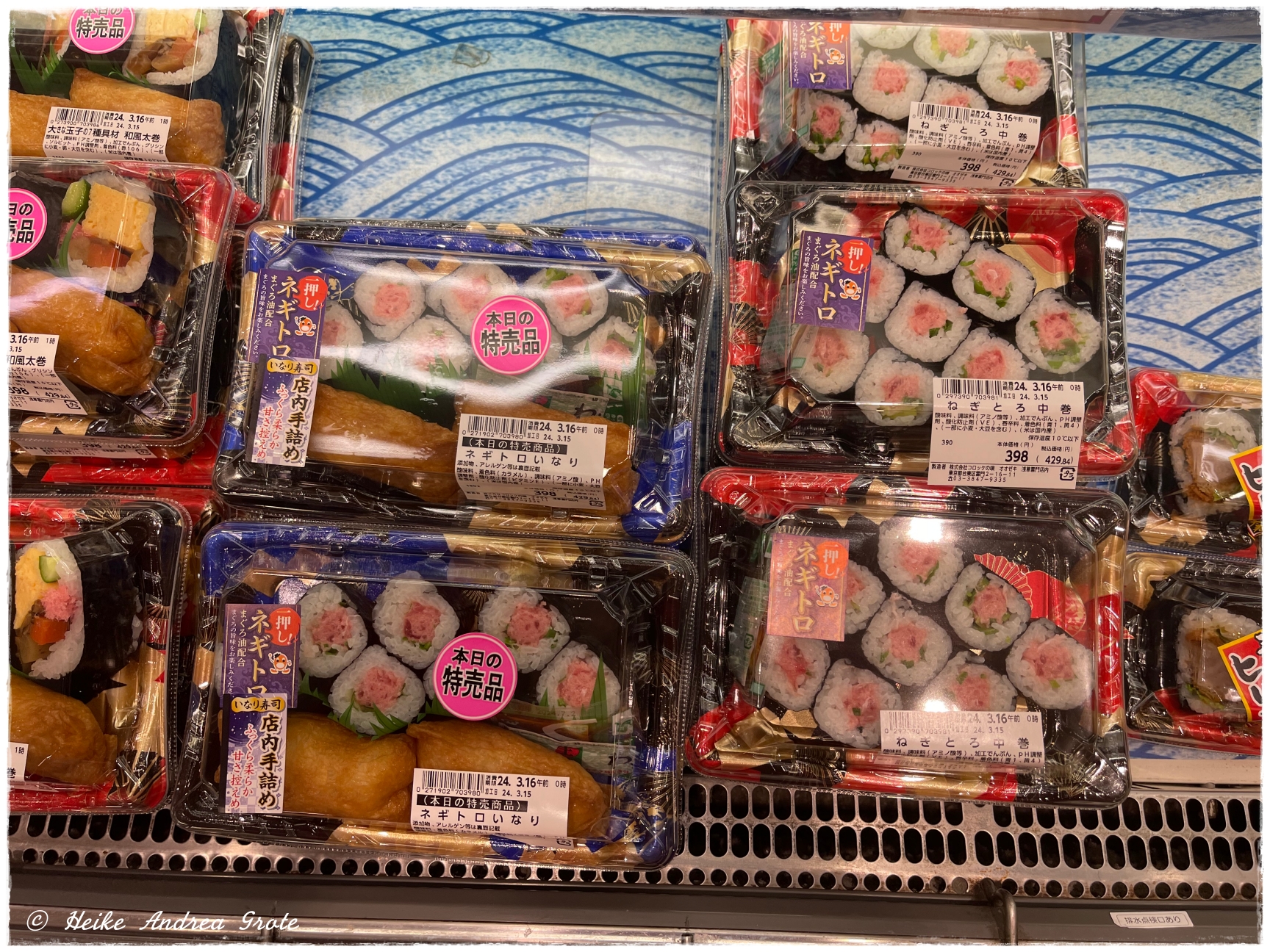
Bento boxes at Ozeki supermarket.
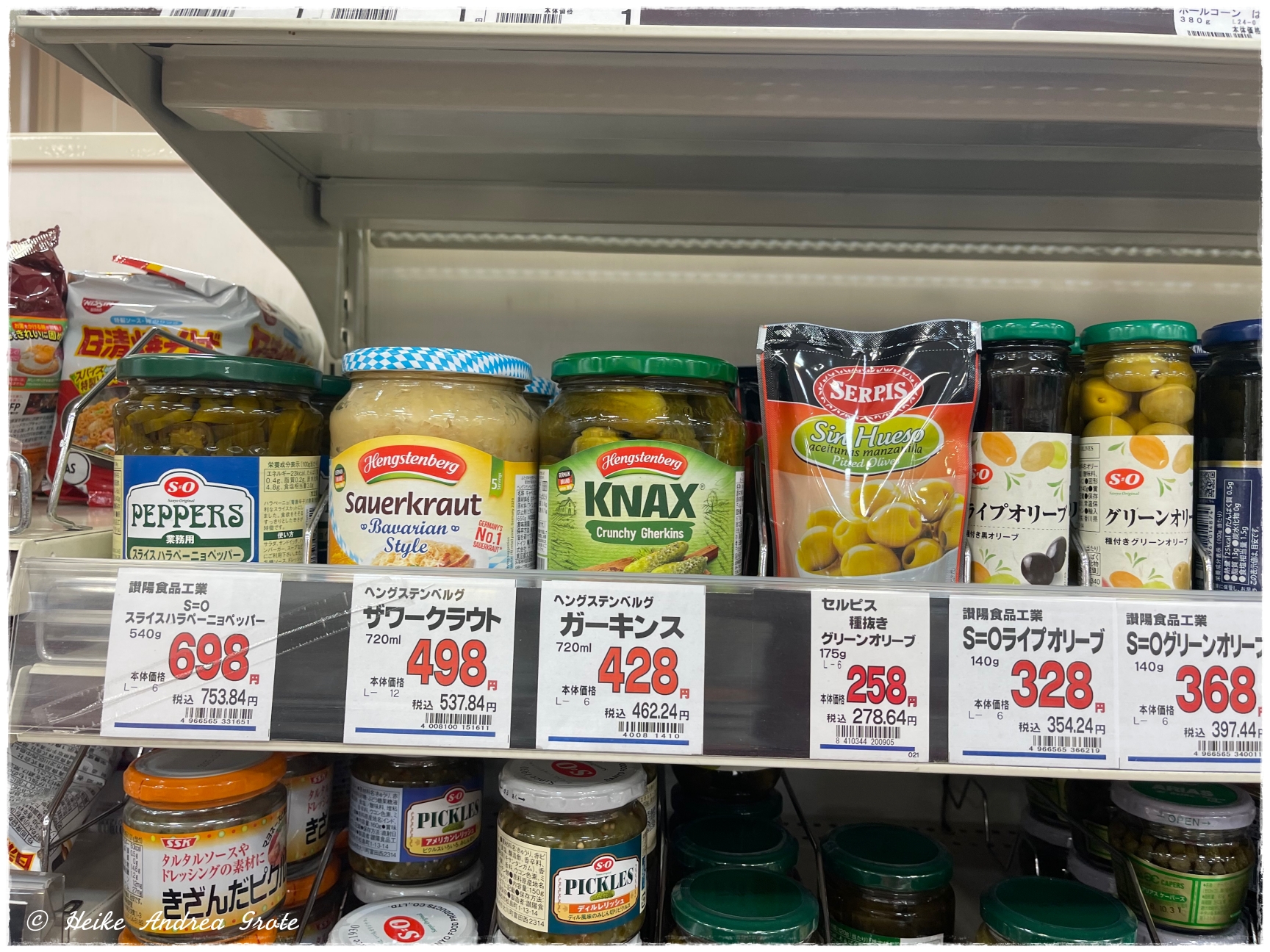
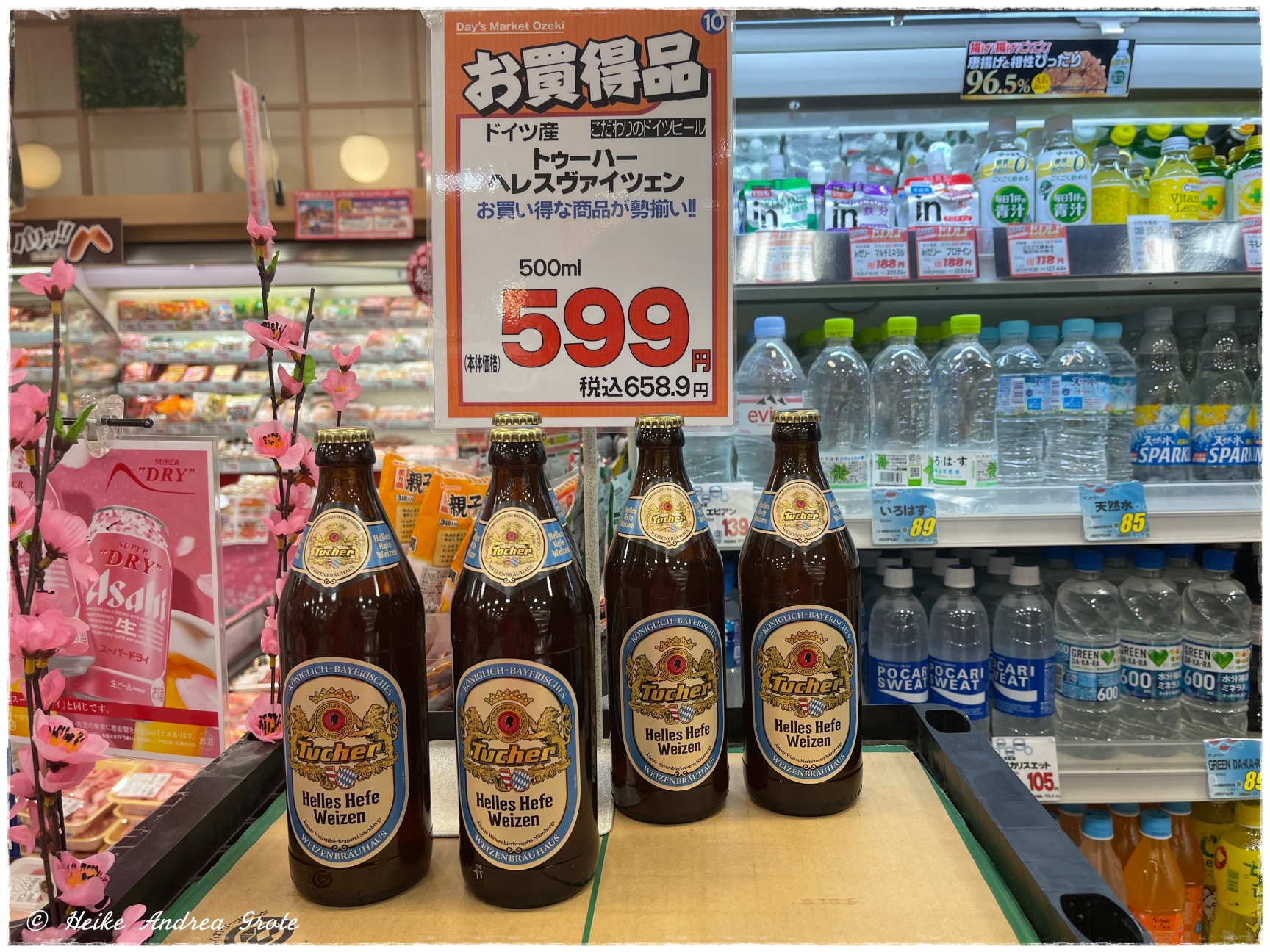
We found some German products at Ozeki supermarket.
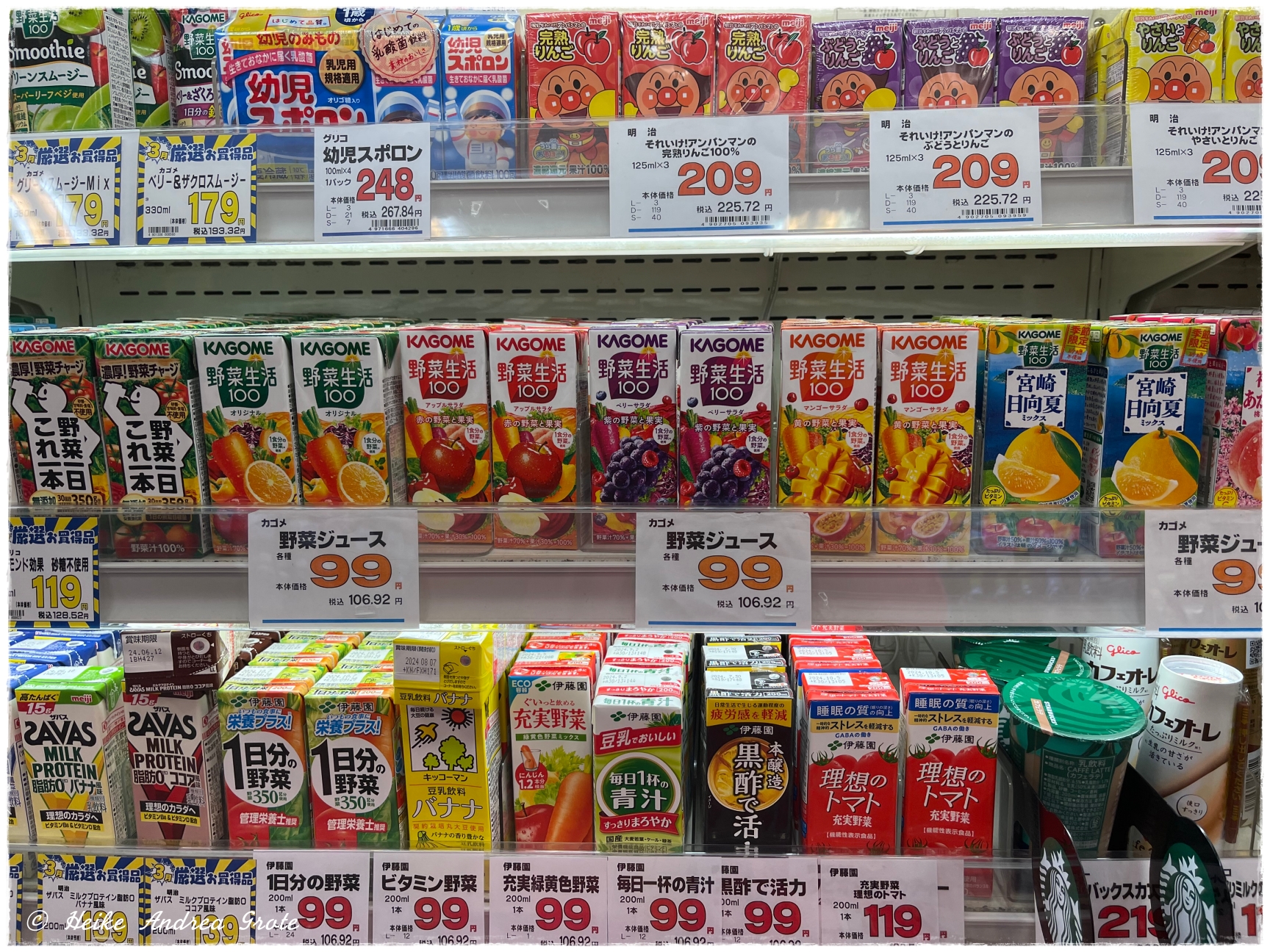
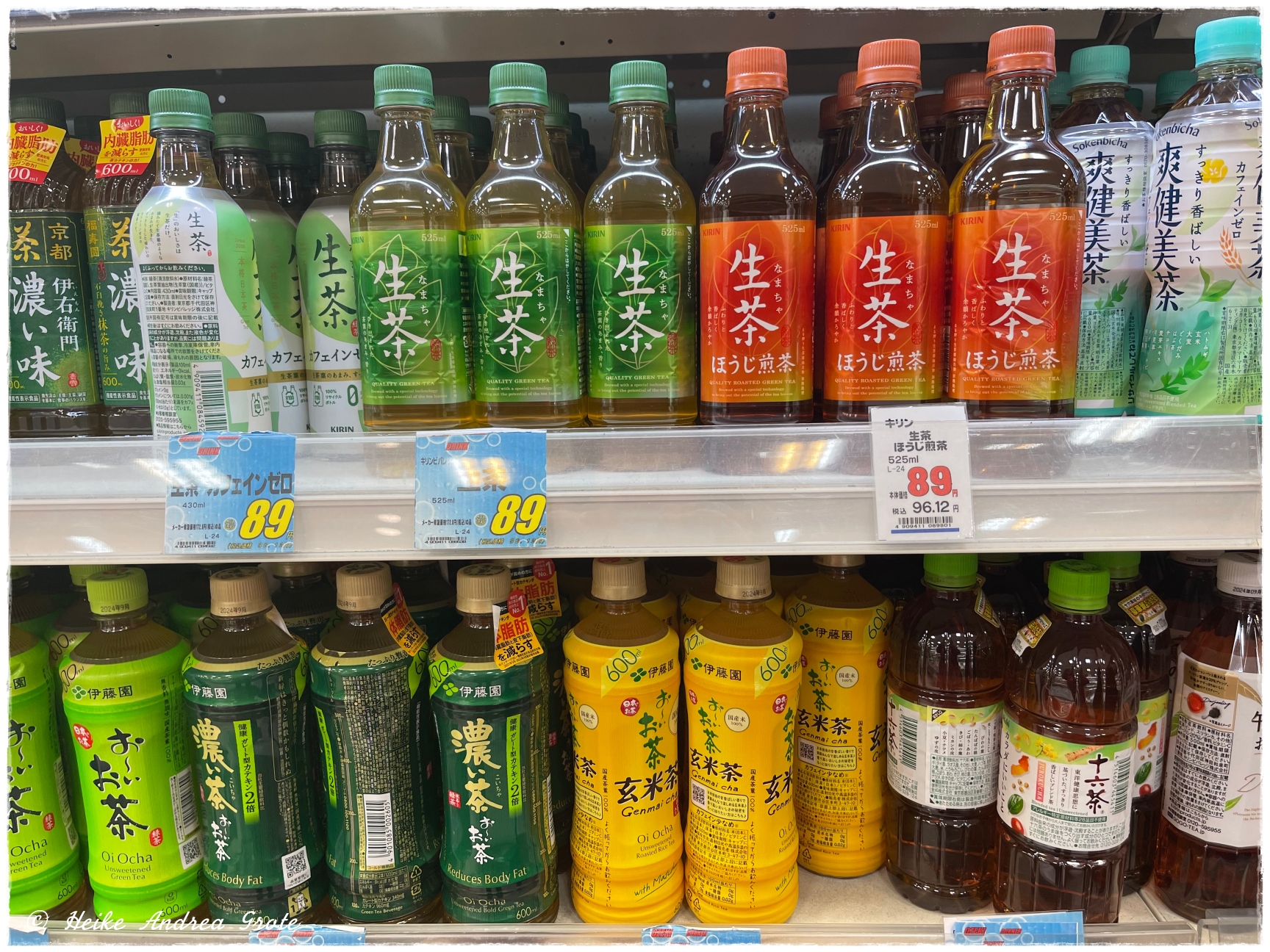
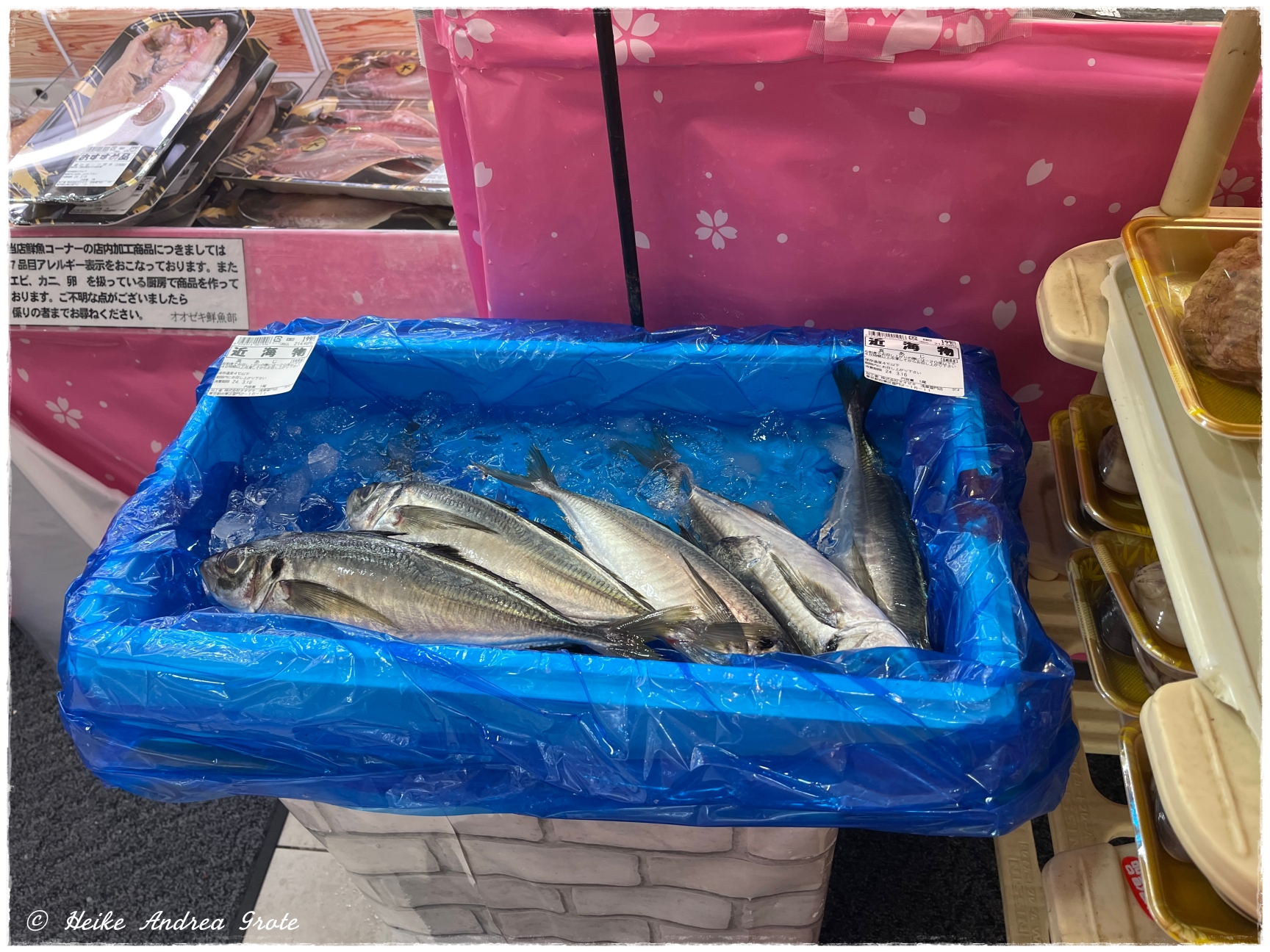
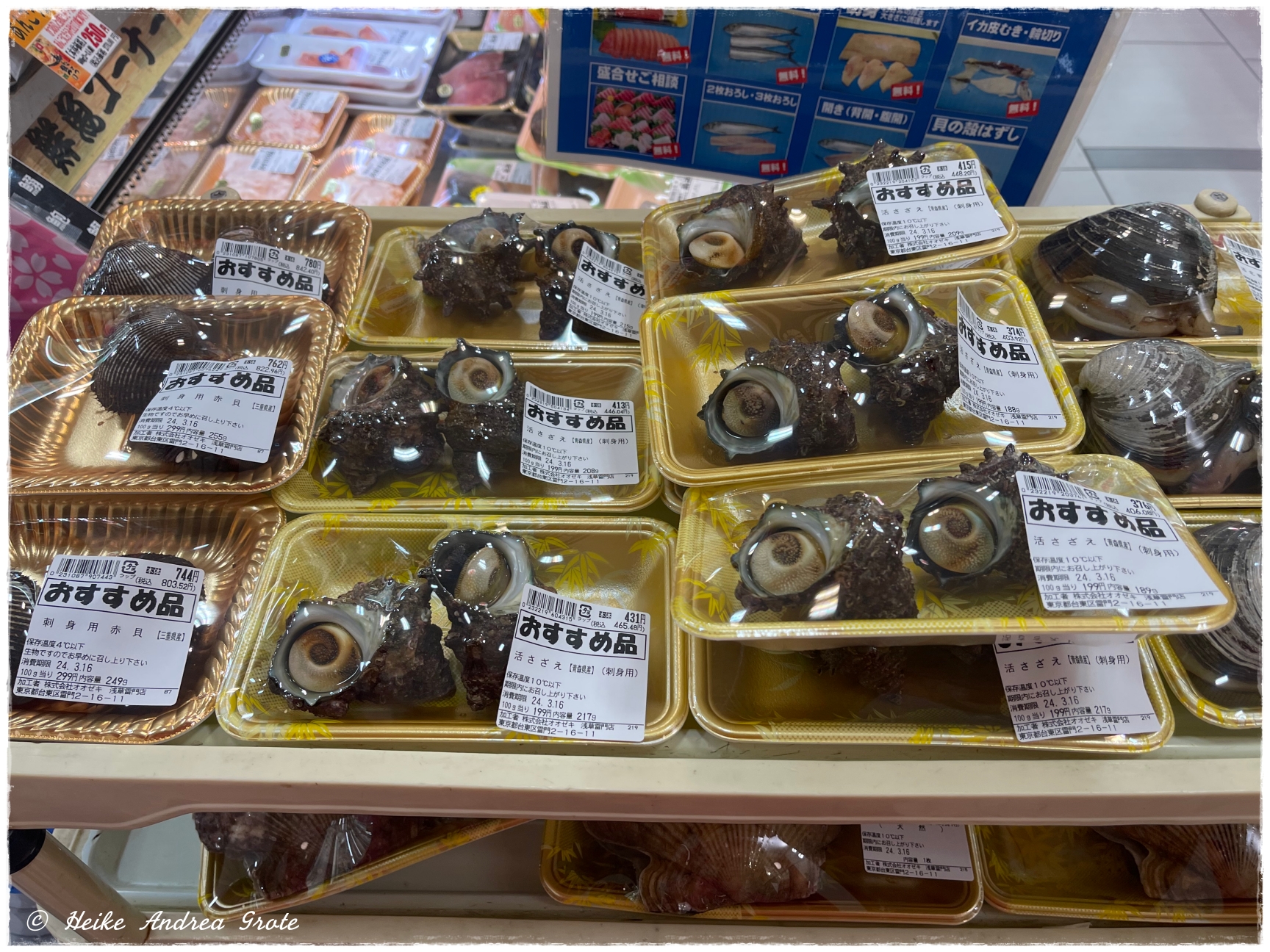
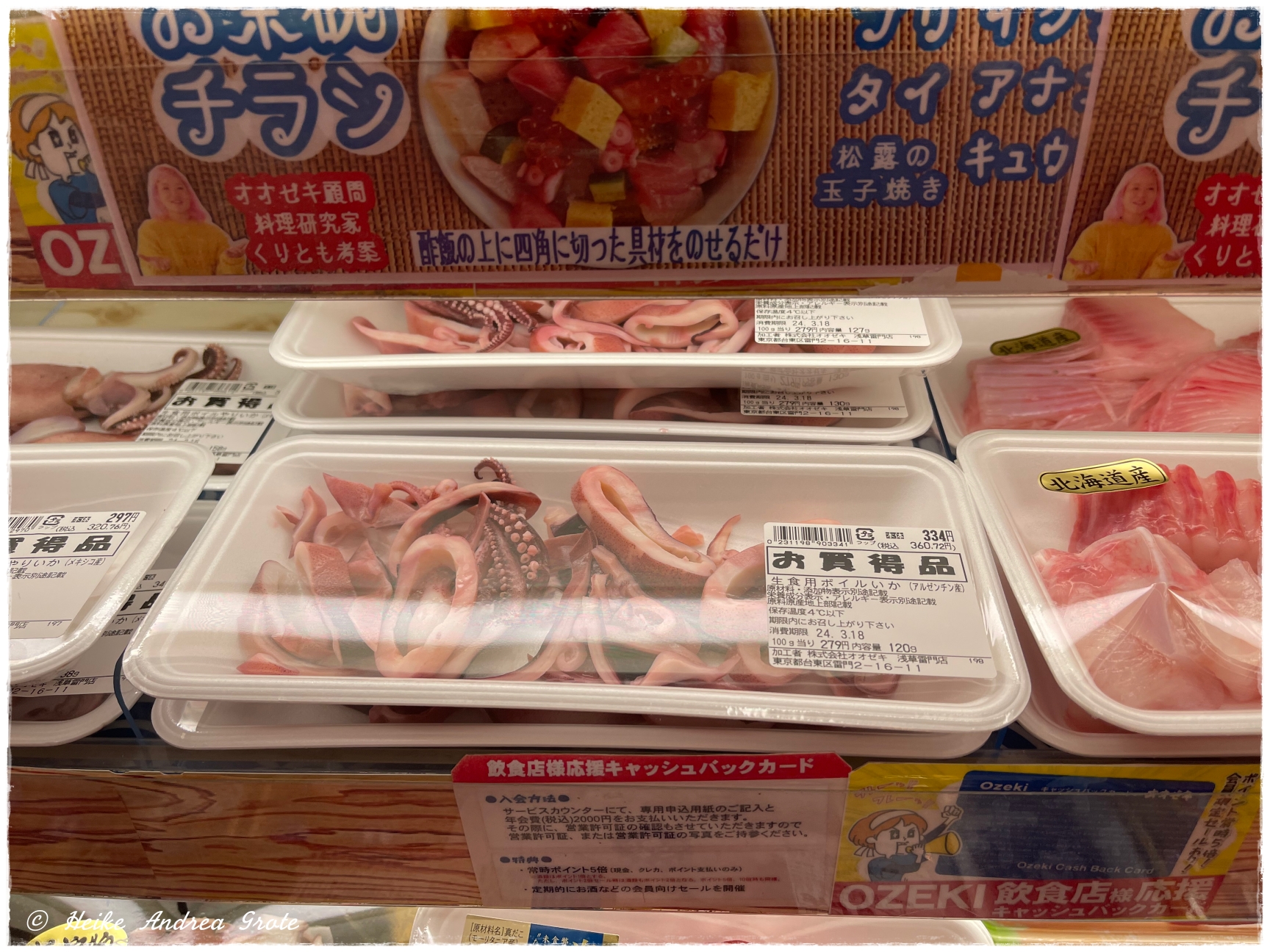
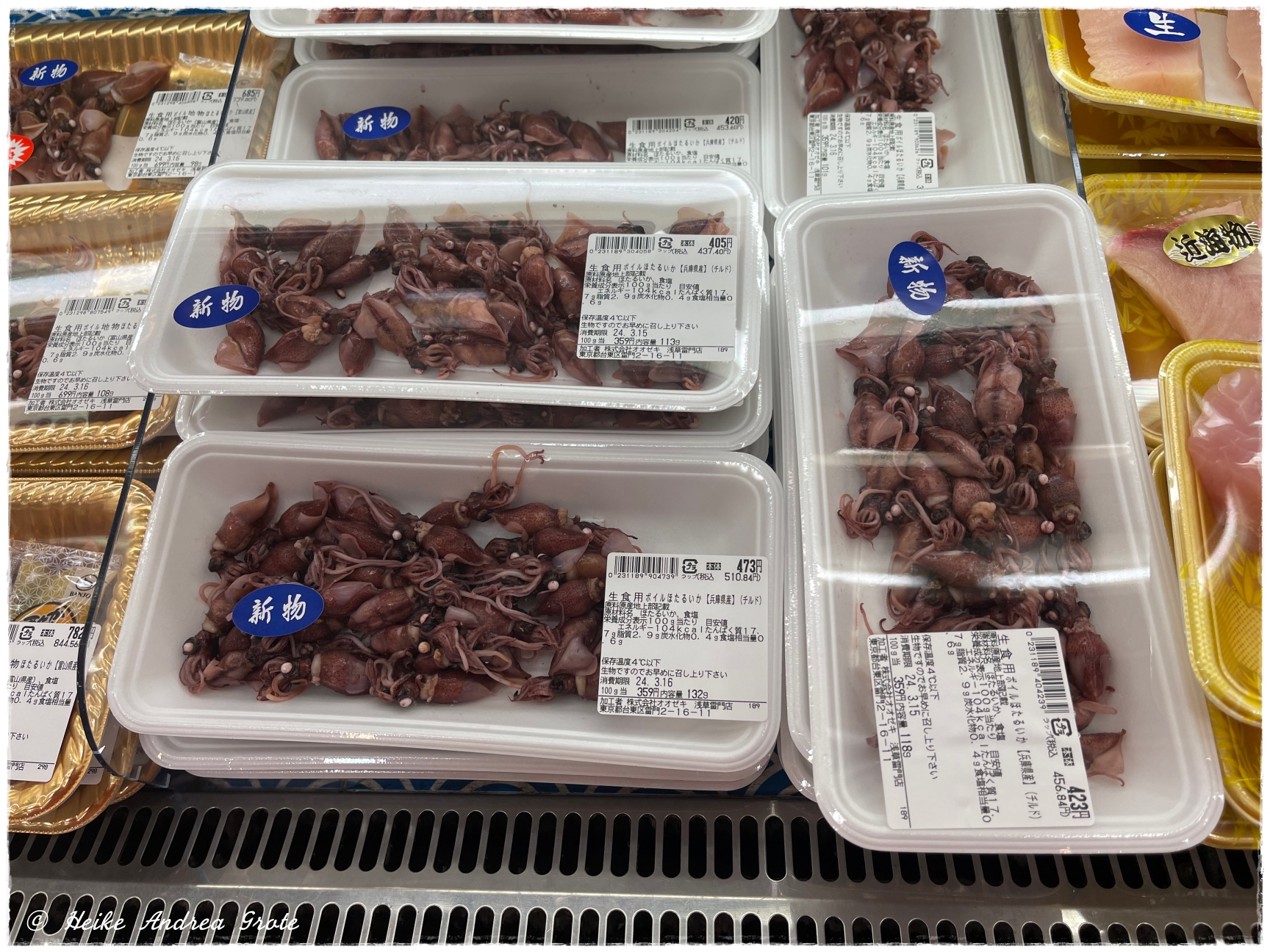
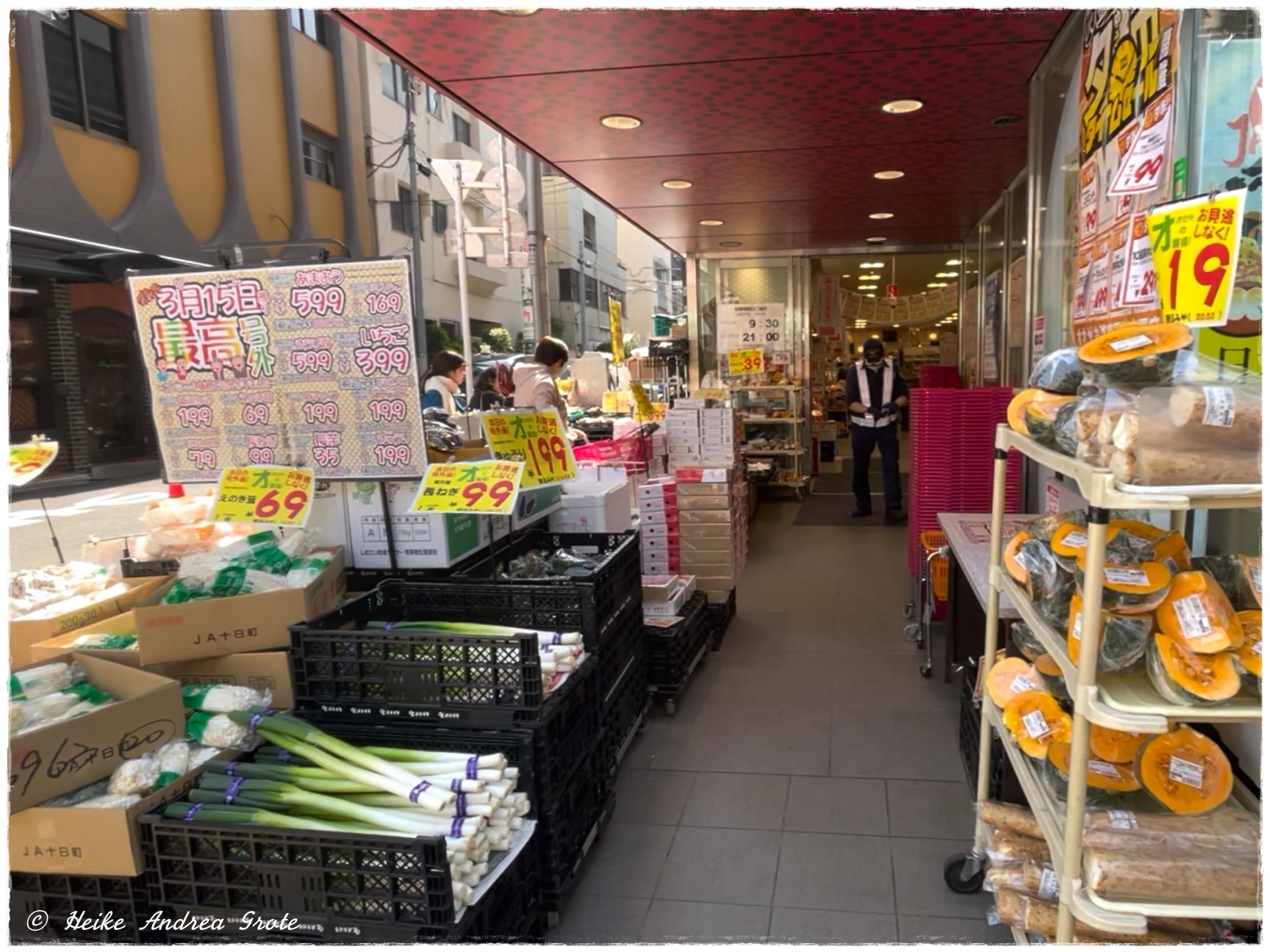
Besides our hotel there is a little neighbourhood supermarket.
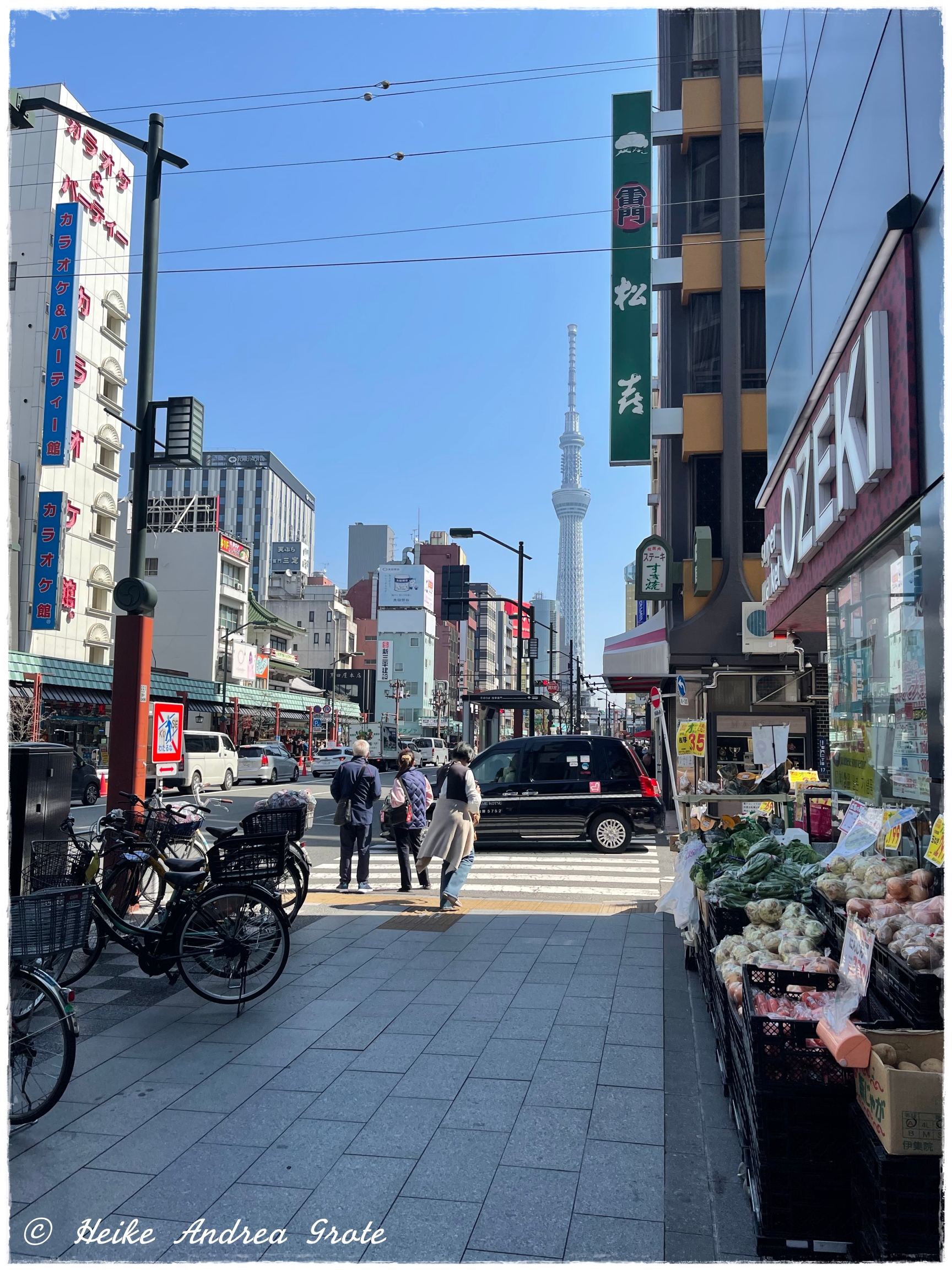
Besides our hotel there is a little neighbourhood supermarket.
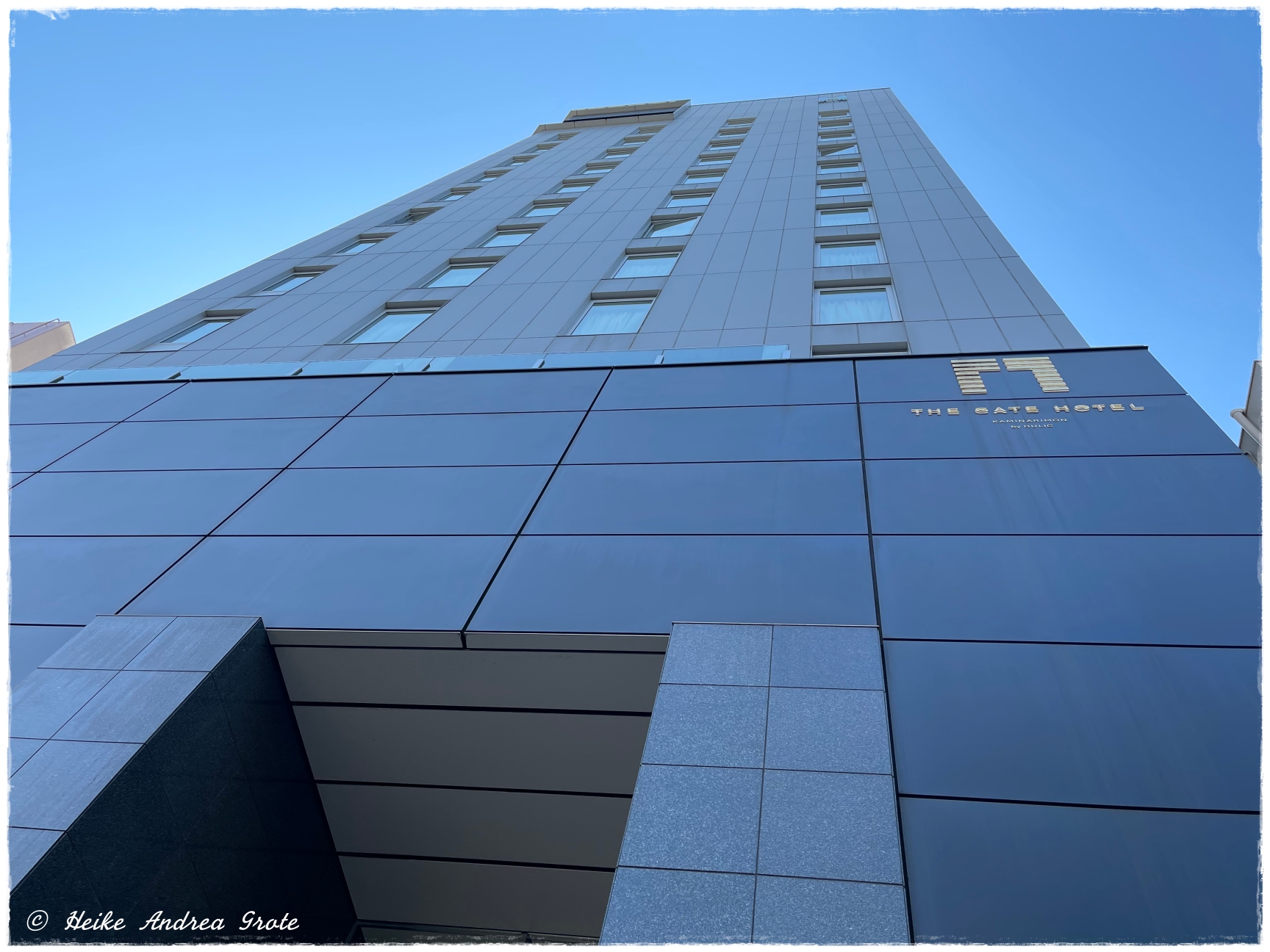
Our Hotel in Asakusa, Tokyo.
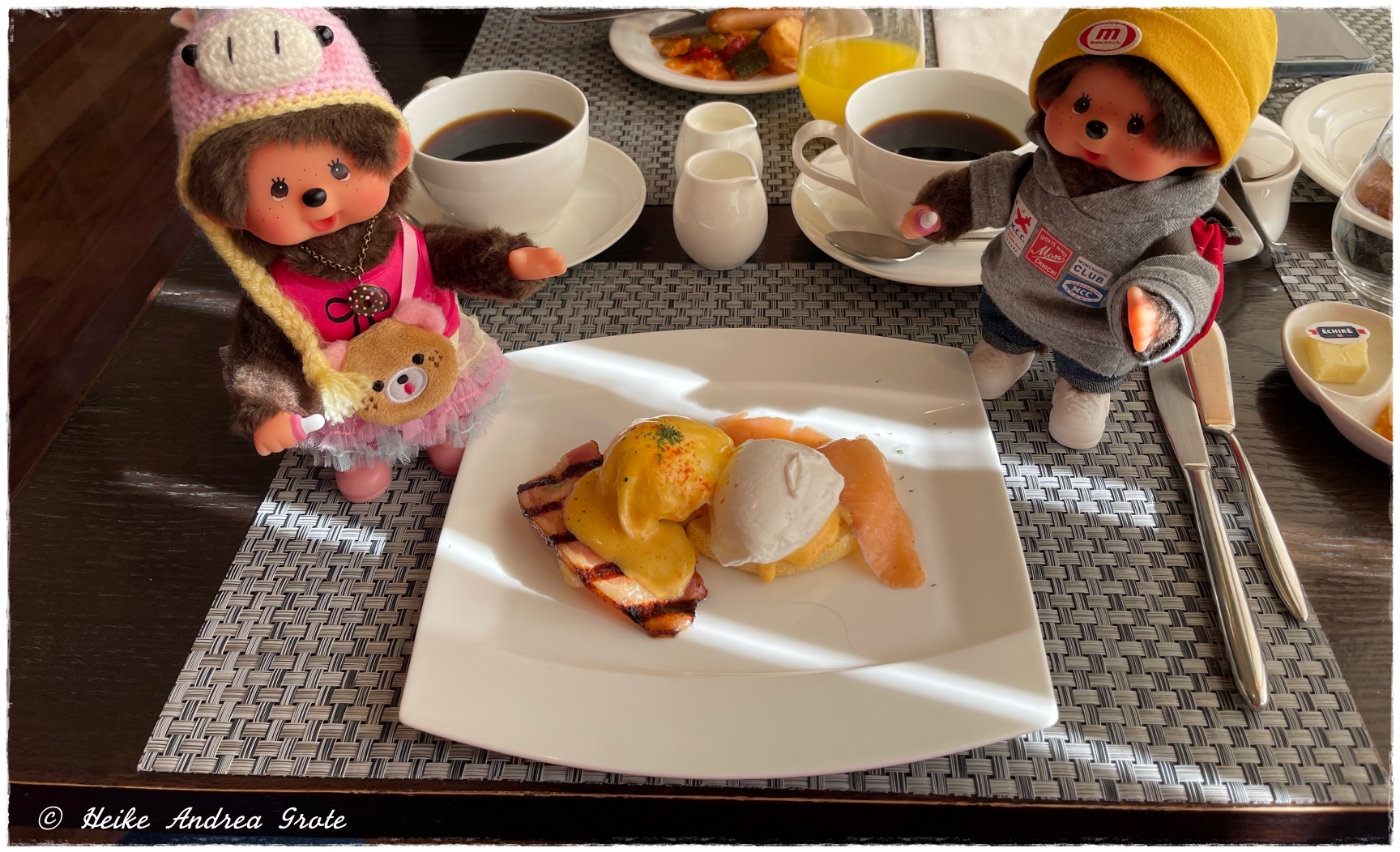
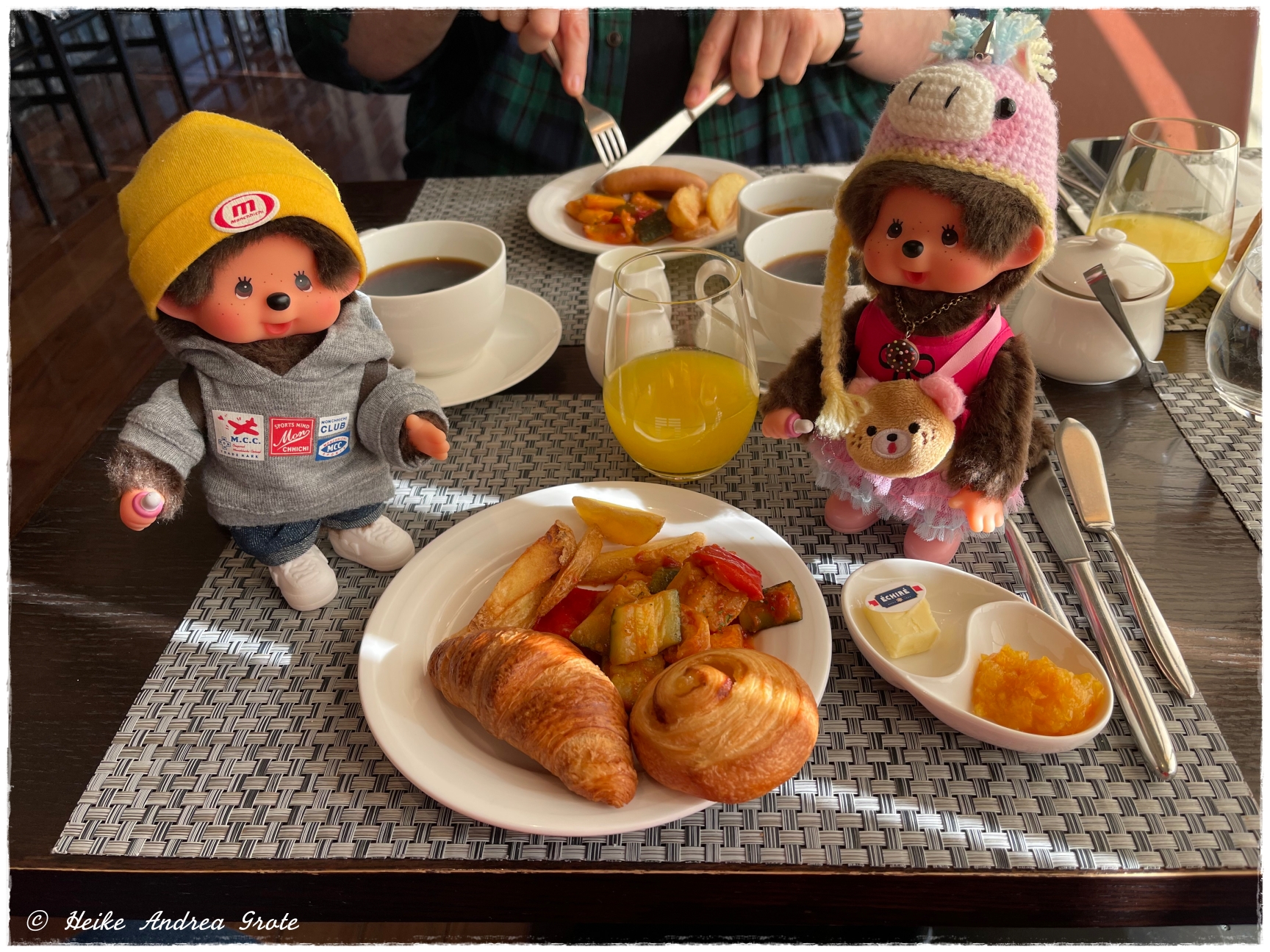
I like the unconventionel food for breakfast which the Gate Hotel offers their guests at the buffet,
